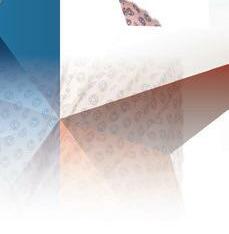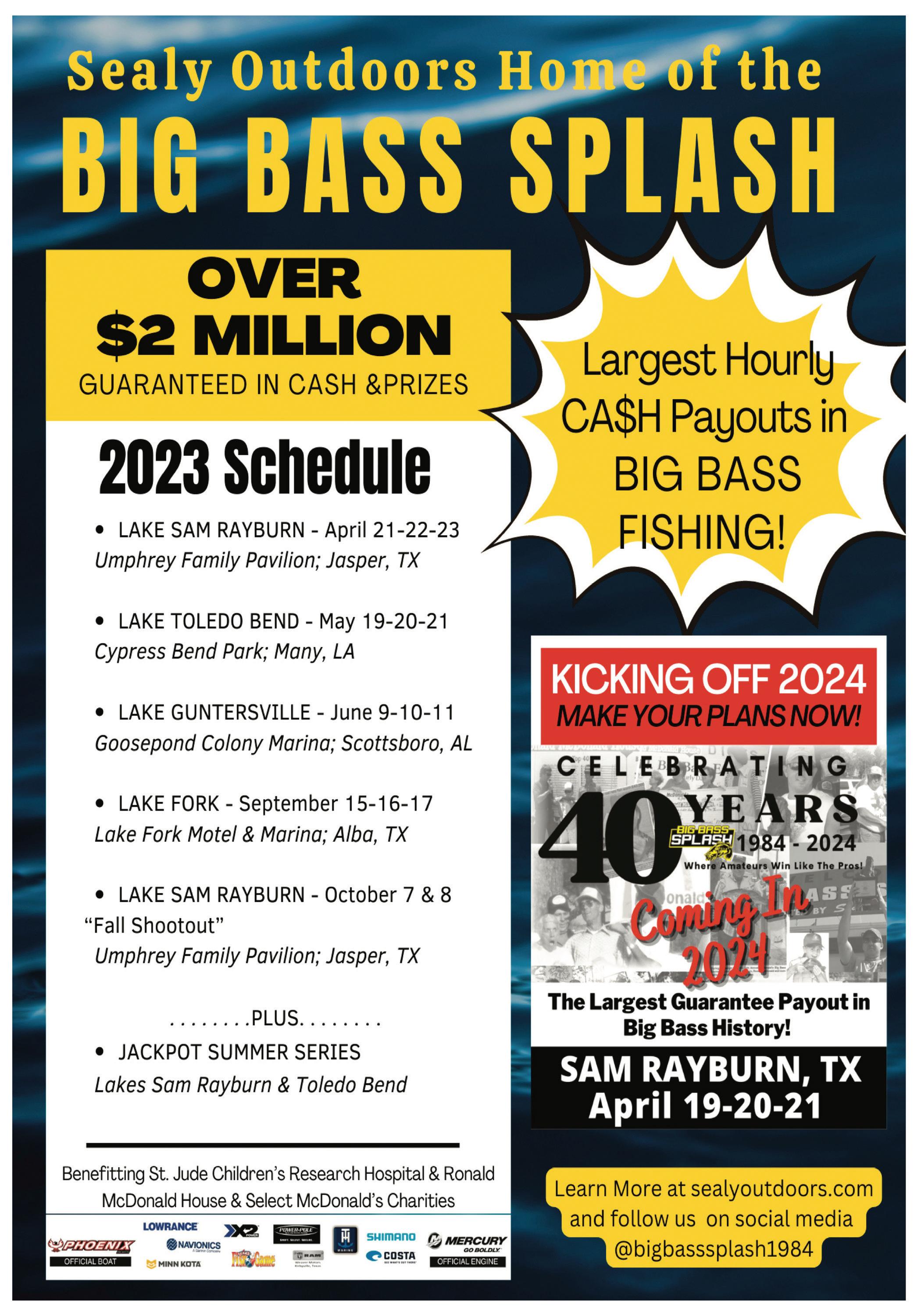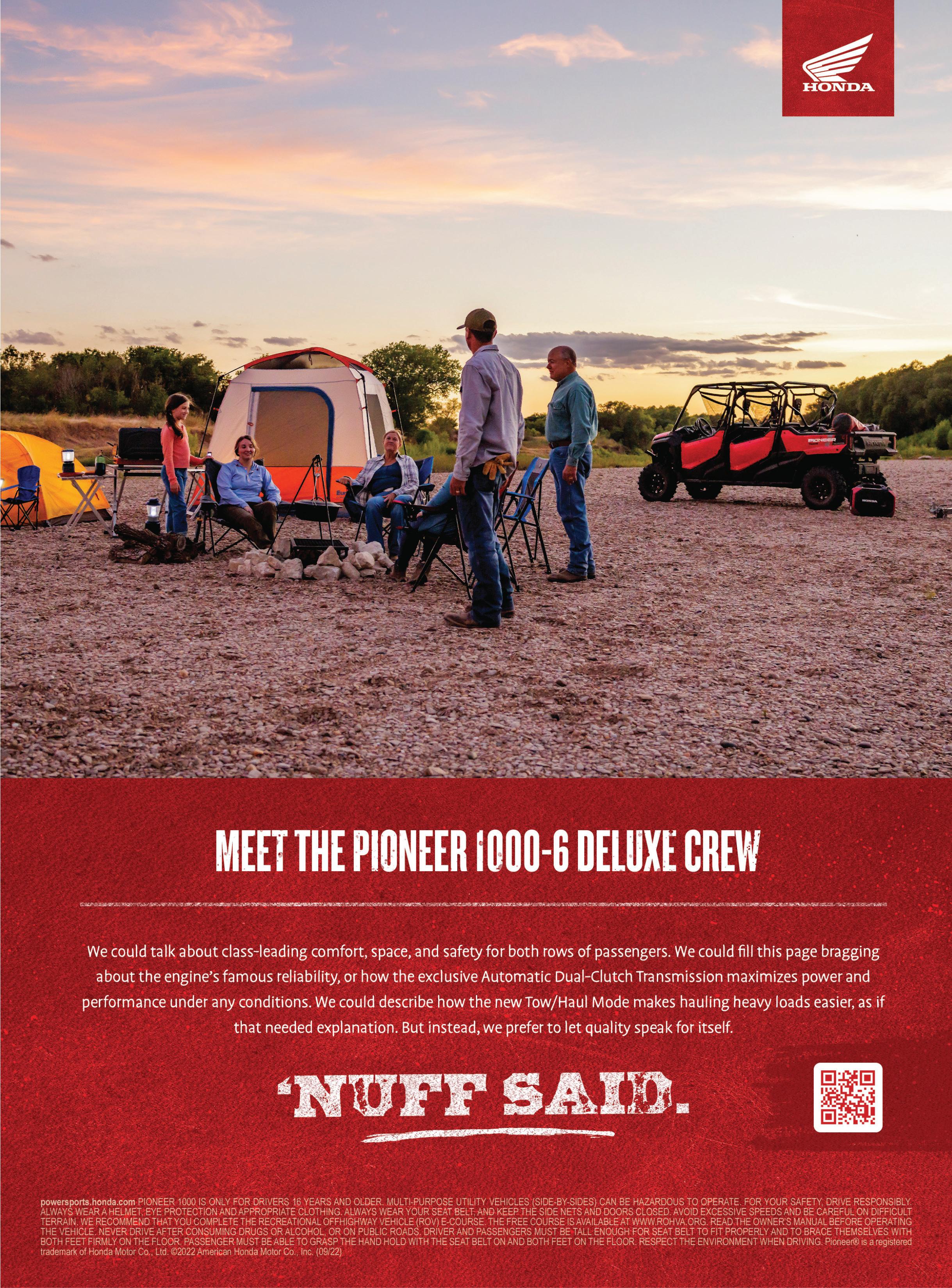








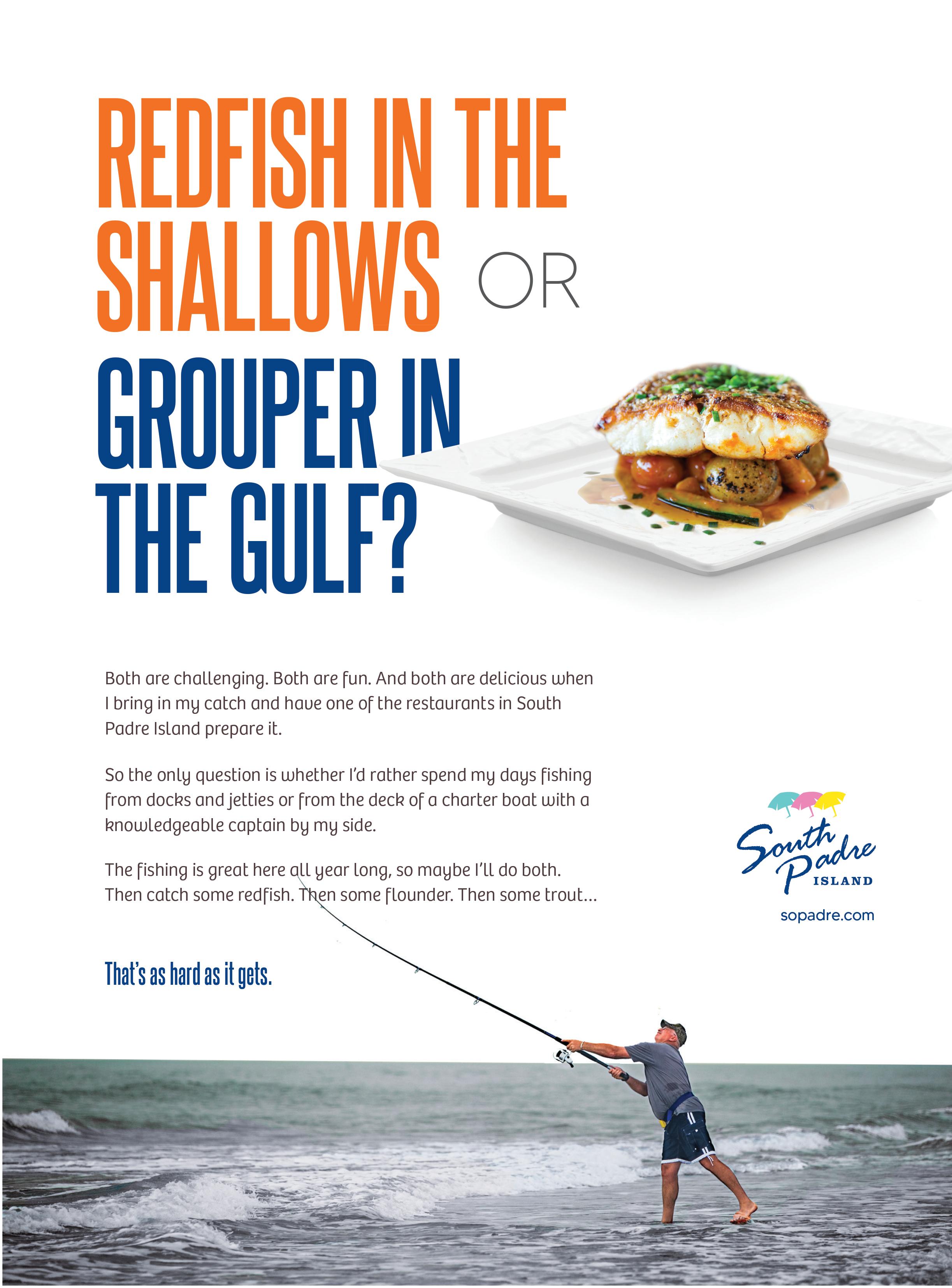













 and
and
LAST ISSUE, WE WROTE ABOUT THE IMPACT THAT CLIMATE CHAOS HAS HAD on fish and wildlife in Texas and beyond. “Climate chaos” may be a more palatable label to some. It avoids the politically charged baggage of Climate Change while still acknowledging the damage done by whatever is happening—no matter what, or who, is to blame.
As if Mother Nature weaponizing the climate were not bad enough, Texas’s wildlife habitat is also under attack on another front, and there is no denying the fact that this threat is man-made. If you live within 100 miles of any major Texas urban center, you have a front-row seat to the lop-sided battle between natural resources and the juggernaut of progress.
Since the 2000 Census, the population of Texas has grown by 50 percent. New residents are streaming into our state from every direction. There may be a border crisis along the Rio Grande, but caravans of USA-born-and-bred immigrants are also pouring across all four of our state lines. This population surge has fueled a land rush that is slicing and dicing its way through an ever-expanding path of undeveloped acreage.
When Texas became a state in 1845, it retained all its public land—hundreds of millions of acres of it. In all other territories, public land stayed under federal control when they gained statehood. But since Texas was—and is—the only state annexed as a previously independent nation, the public land was never under U.S. control prior to statehood. So the new State of Texas kept it. The public land exception was also influenced by the debt Texas incurred during the decade it existed as a republic. The U.S. government at the time of annexation figured that Texas could use its massive land holdings to retire the debt. And the new state did just that. Big time. By 1900, most of the public land in Texas had been sold off by our Lone Star forefathers to private parties.
As a result, less than two percent of the land in Texas is owned by any federal, state, or local government. The rest... an area bigger than most European countries and every other U.S. state but Alaska ...is in private hands.
Private ownership means that, for generations, the treatment of all this land has been left to the needs, desires, whims and schemes of countless individuals, family dynasties, and corporate entities. Much of the land never crossed into the boundaries of incorporated municipalities, so the disposition and use of it has been governed by few, if any, restrictions. Regulated only by liberal free market forces, the open lands of Texas were caught in a churn of wilderness-taming development that has never stopped, rarely slowed, and is now gaining more momentum than ever.
Anyone who’s tried to get on a decent deer lease lately knows that they are getting harder and harder to find, and more and more expensive. Bird hunters lament the fate of prime waterfowl fields west of Houston, now covered by square miles of asphalt rooftops and strip center parking lots. Lakeside cabins, once a very realistic dream for anglers of even modest means, are now scarce. Waterfront developments have encircled most of our prime freshwater impoundments, reserving lake-front and even lake-view lots for the Tycoon demographic.
In the face of this increasing demand for raw acreage by the waves of humanity pouring across our borders, we in the outdoors should double down on our own efforts to either acquire and manage more of the forests and wide open spaces that remain, or make sure our state, county and city leaders wake up and exert more control over the slicing and dicing.
If we don’t, even the most rugged landscapes of West Texas could wind up as habitat for migrant hipsters rather than mule deer and wild sheep.
E-mail Roy at rneves@fishgame.com and Ardia at aneves@fishgame.com




is published bi-monthly by Texas Fish & Game Publishing Co., LLC., 3431 Rayford Road, Suite 200-408, Spring, TX 77386. ©Texas Fish & Game Publishing Co., LLC. All rights reserved. Content is not to be reprinted or otherwise reproduced without written permission. The publication assumes no responsibility for unsolicited photographs and manuscripts. Subscription rates: 1 year $24.95; 2 years $42.95; 3 years $58.95. Address all subscription inquiries to Texas Fish & Game, 3431 Rayford Road, Suite 200-408, Spring, TX 77386. Allow 4 to 6 weeks for response. Give old and new address and enclose latest mailing address label when writing about your subscription. POSTMASTER: Send address changes to: TEXAS FISH & GAME, 3431 Rayford Road, Suite 200-408, Spring, TX 77386. Address all subscription inquiries to TEXAS FISH & GAME, 3431 Rayford Road, Suite 200-408, Spring, TX 77386.
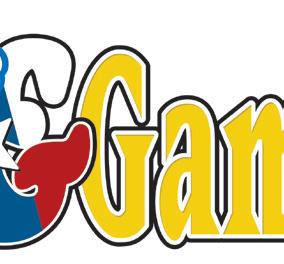
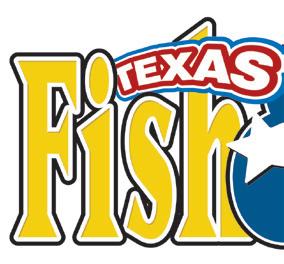
Email change of address to: subscriptions@fishgame.com. Email new orders to: subscriptions@fishgame.com. Email subscription questions to: subscriptions@fishgame.com.









Periodical postage paid at Houston, TX 772679946 and at additional mailing offices.


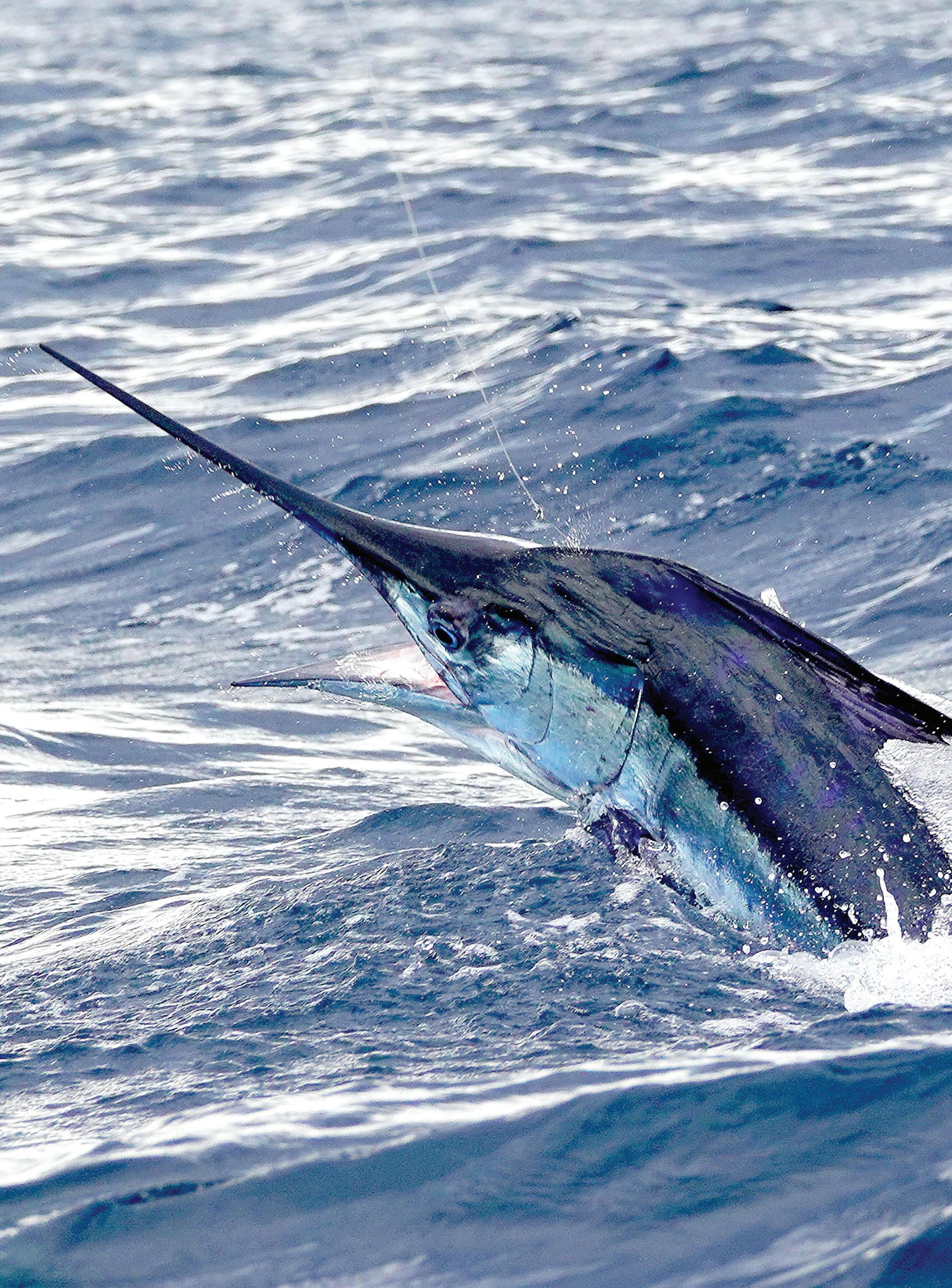

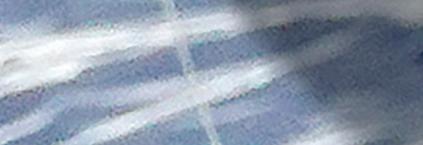

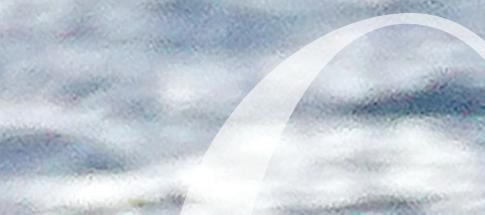


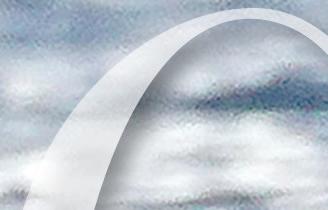




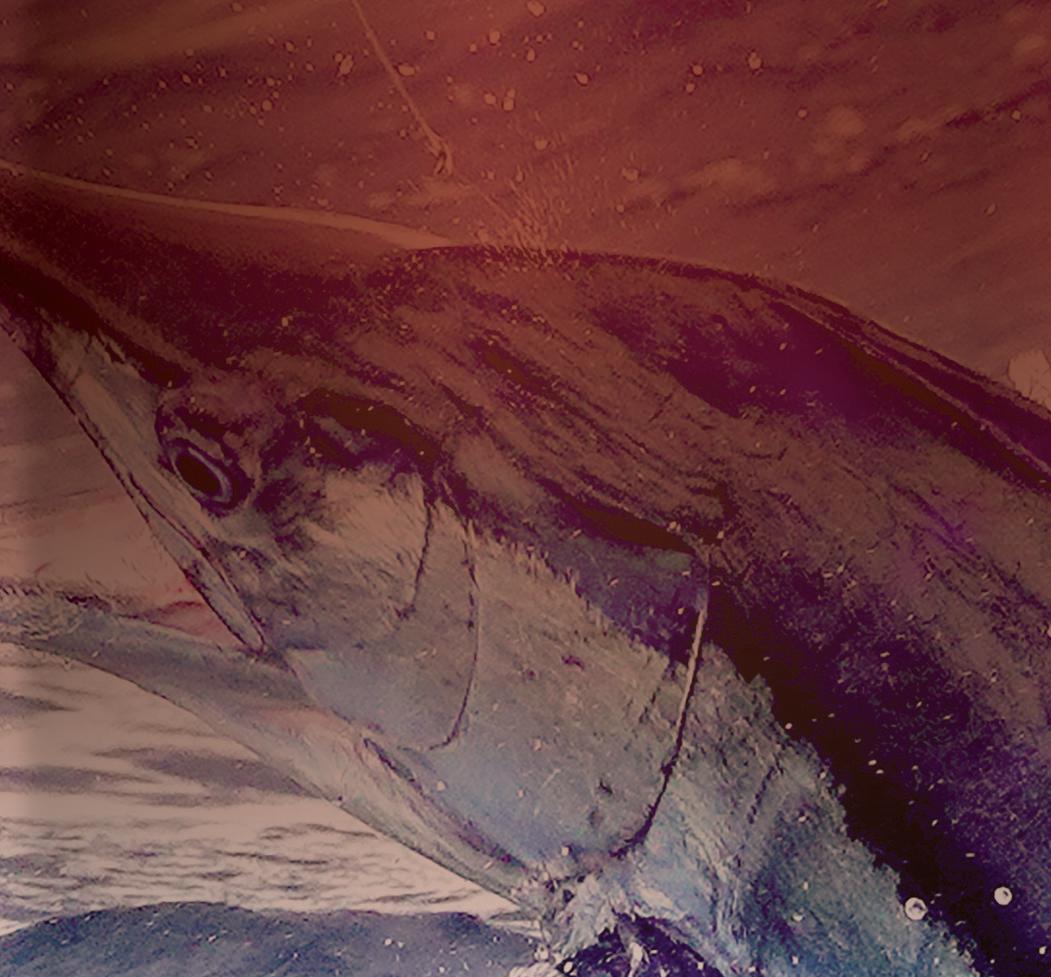

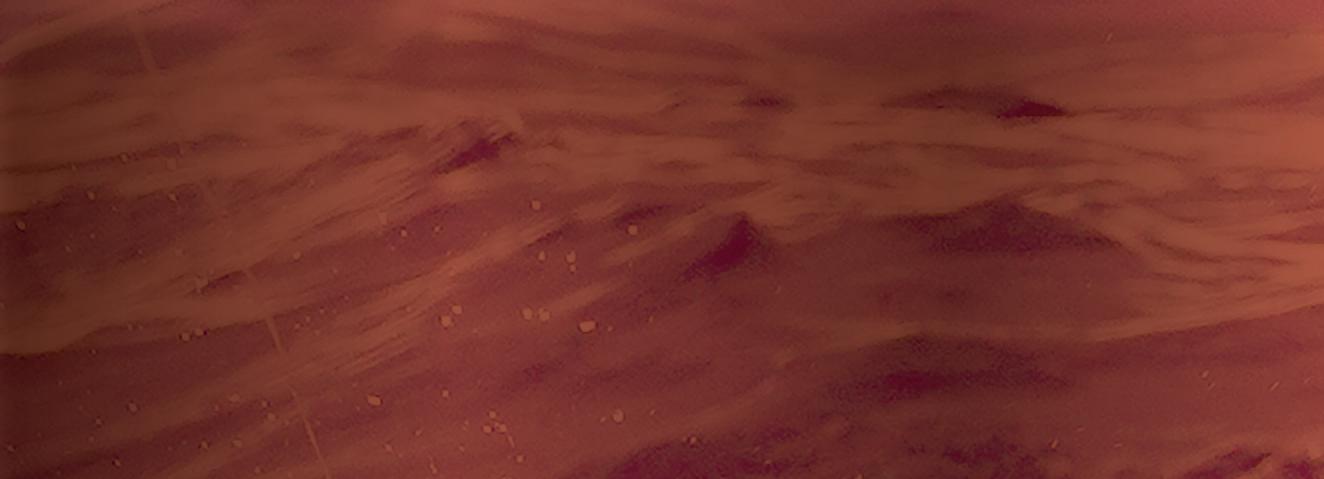


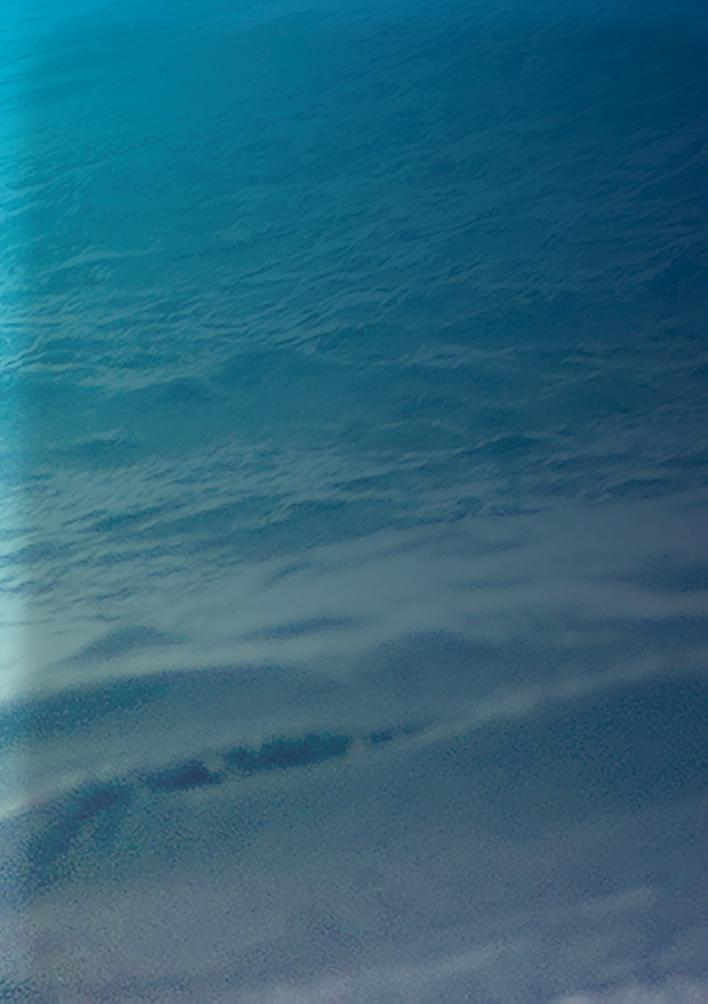
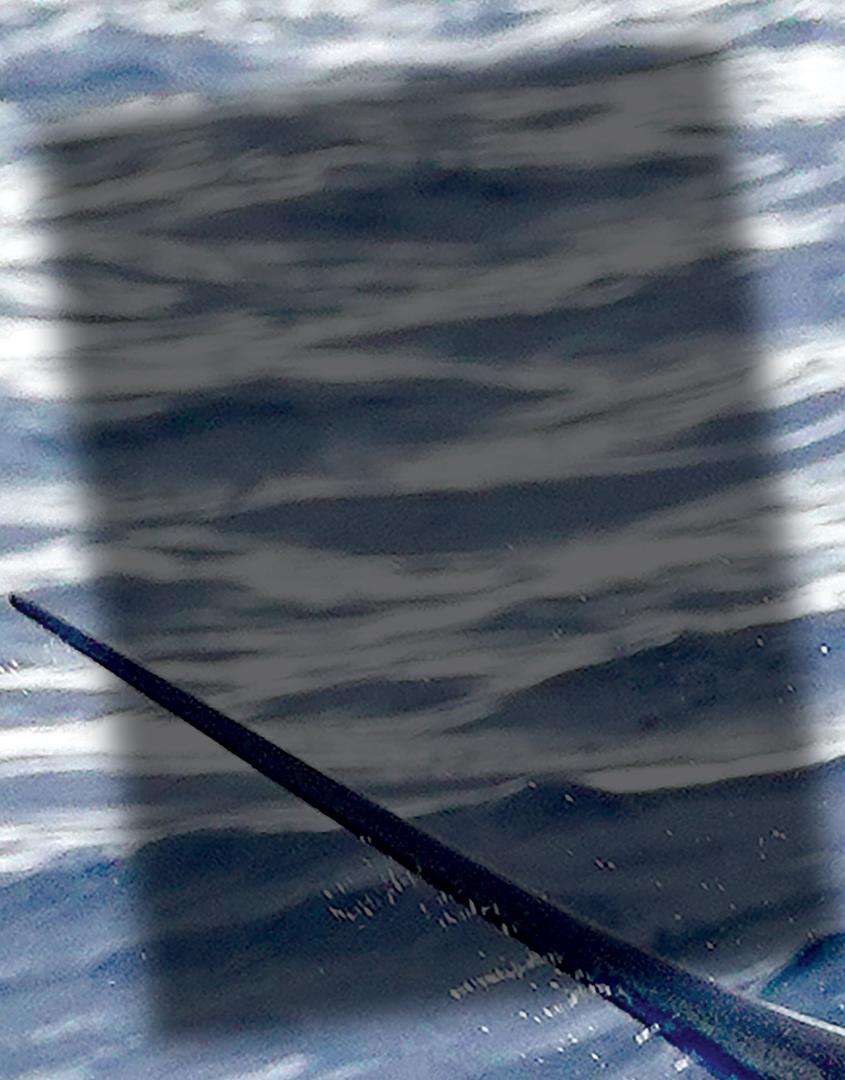

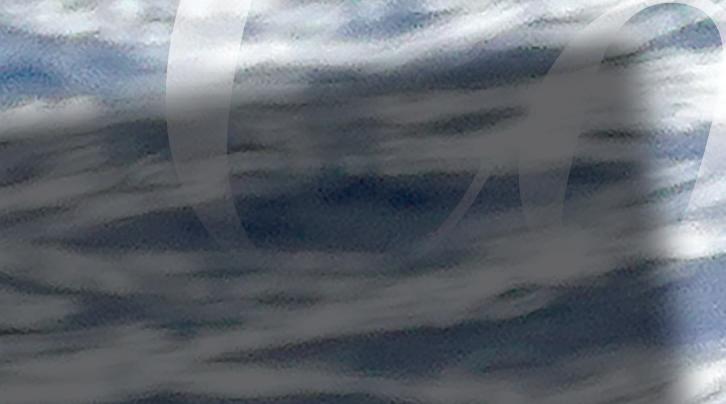

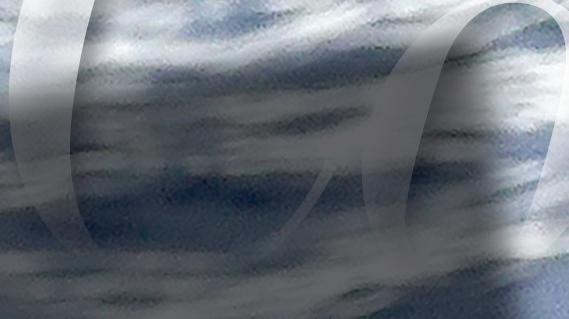


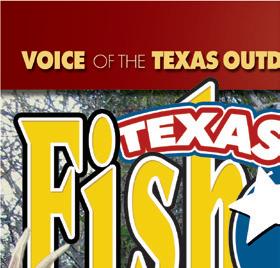


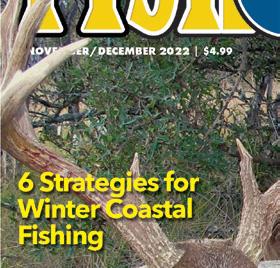
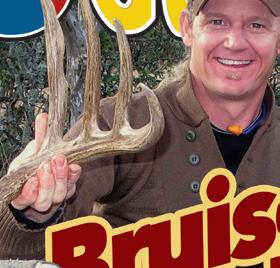
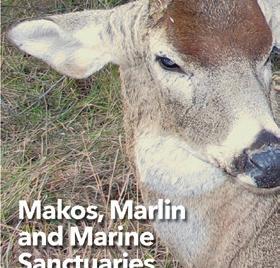
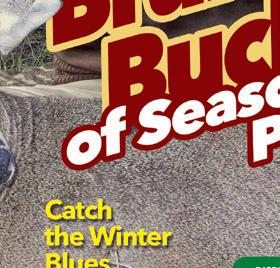
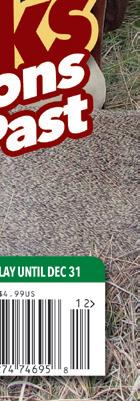

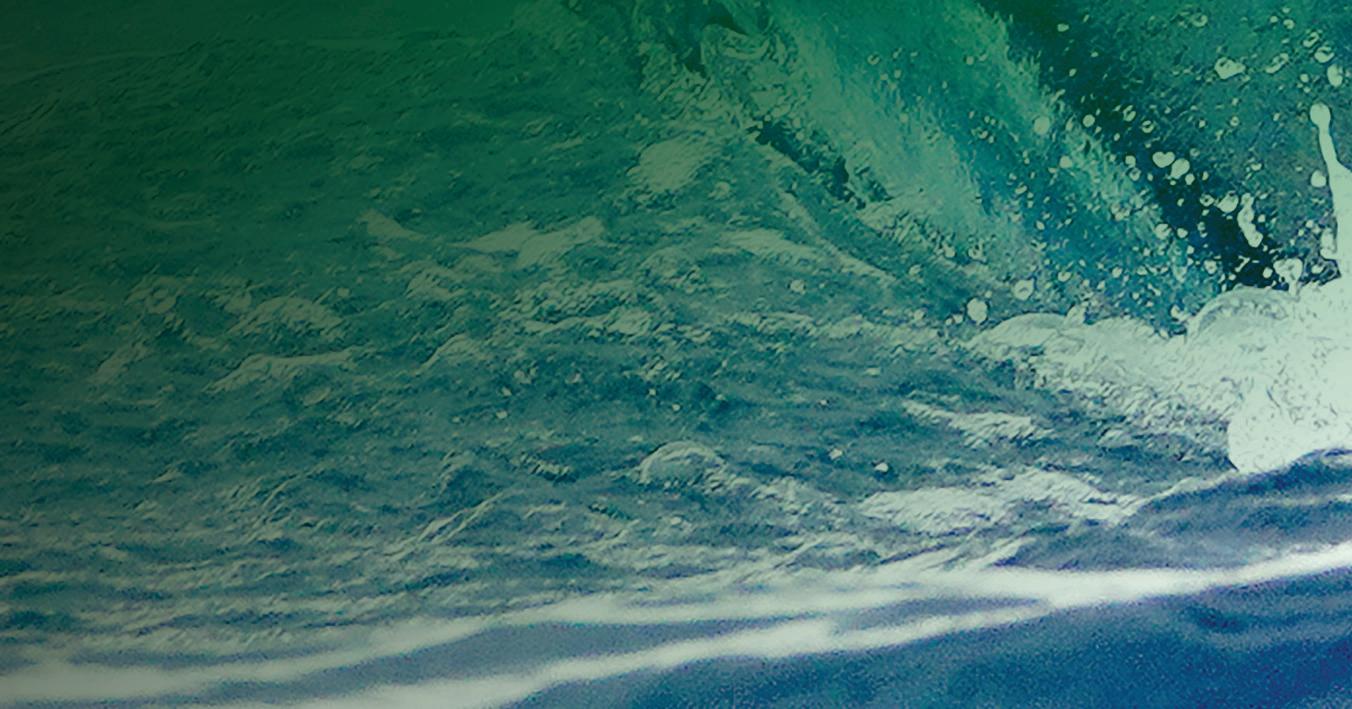

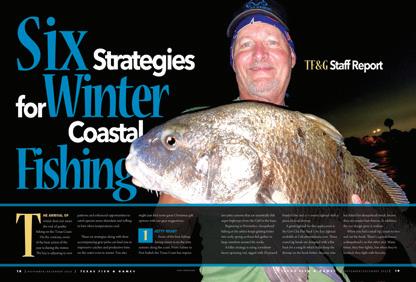
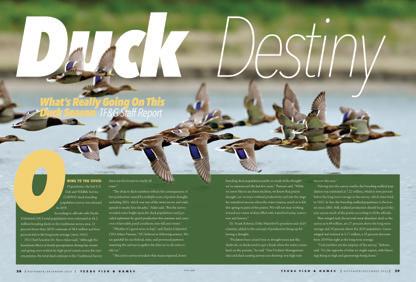
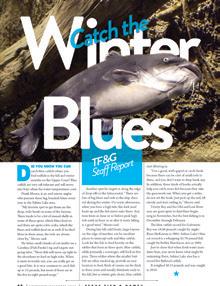


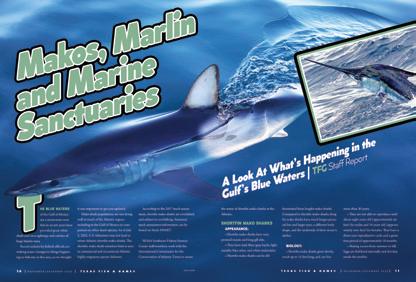
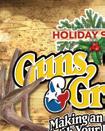
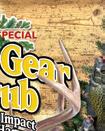

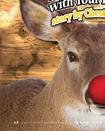
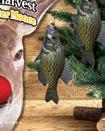
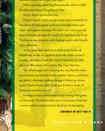





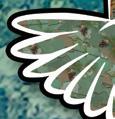
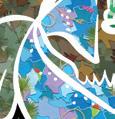


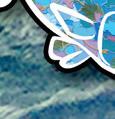
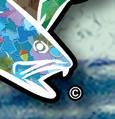


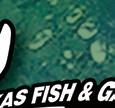

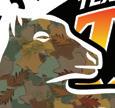
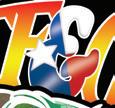





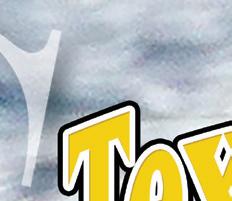
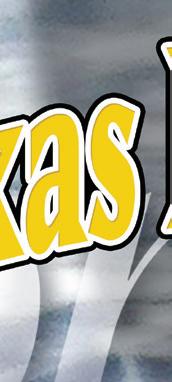
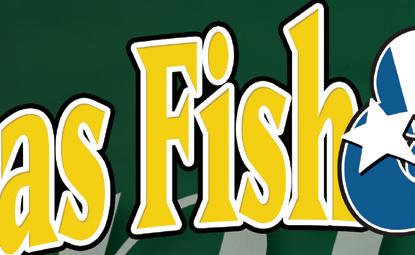
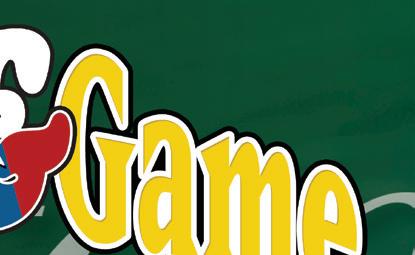

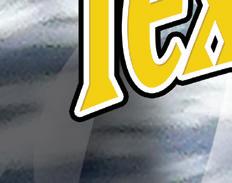

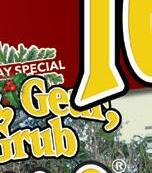
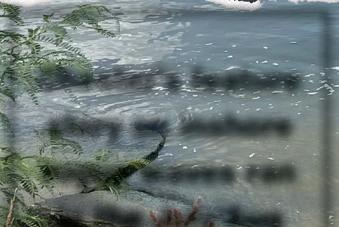
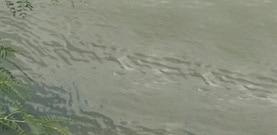
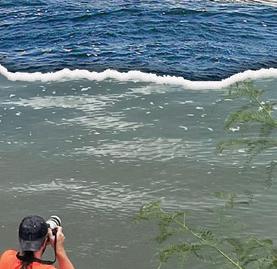


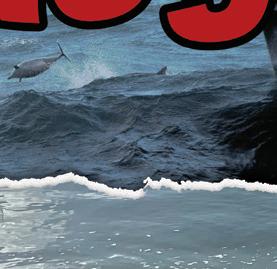

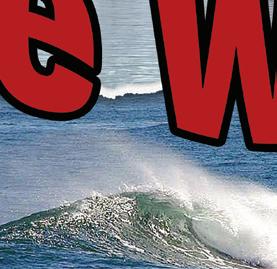




I was inside the Port O’Connor in the Port Lavaca Channel, running at night, and had a six-foot swell inside the channel. I was puzzled why the channel marker was ge ing shorter. at was obviously not it.



I chopped the thro le just in time, or I would have been airborne, or would have impacted into the wave. Without the channel marker, I would not have had enough warning. It still was pre y rough, and I took water over the bow of my 22-foot boat. I’ve not had the experience you discussed on the program.
But I thought this night, and inside-thechannel experience is worth highlighting. It’s pre y shallow at the markers because the channel is very narrow. I can’t blame the ship, as it was going slow—just a bad channel.
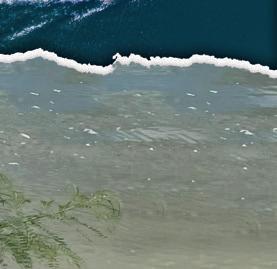
I did not see how bad it was on the ats, directly next to the channel, but that would have been devastating for someone beforedawn shing.
anks for the good work.
Editor: I’m trying to raise awareness about this issue, and stories such as yours help to make people think more as they navigate our channel systems as well as sh along the bank. We’re hearing stories of land-bound anglers impacted by these waves as well. anks for reading shgame.com and listening to the Dark Outdoors podcast.
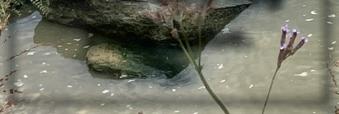


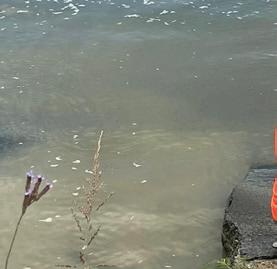
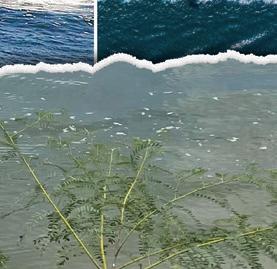
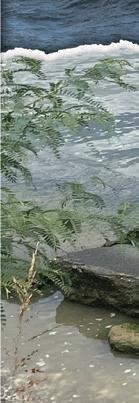










AFTER READING YOUR STORY IN the newsle er, I had to respond by sharing a quick note from a drive past Sam Rayburn reservoir up 96. It was late at night, and just as I came over a hill, a quite large bull elk was standing on the side of the road.
I slowed down and it eventually crossed. I was blown away, but I had heard there were a few elk escaped from a ranch somewhere in that area. I had no idea one would walk across the road in front of me.
I DO NOT HAVE ANY PHOTOS OR videos, but this story happened near where I live in La Marque, Texas. As far as I know, nobody ever gured out where this elk came from. ere is a Bayou Wildlife Preserve near this, but all of their elk were accounted for. Very strange.
Editor: David sent in a link to a story about the elk om KHOU-11 about a car-animal collision in 2009 that did indeed involve an elk.



Interestingly the woman who hit it thought, at rst, she hit a moose. I had a listener of my radio program call in with a “moose” sighting in Sabine Pass. It too was an elk.
Here is a quote om the story.
“In a panic, Martinez called the Texas City Police Department and reported that she had struck a moose on the feeder road. e police o cer laughed at her, she said. ‘ ere are no
Although there are no moose in Texas, even on exotic ranches or in zoos, o cials need to learn there are lots of exotics in Texas that people are encountering more o en.
BACK IN THE DAY, WHEN I LIVED IN Florida, I used to sh these jigs called “GotCha.” ey were sort of heavy jigs you could cast a long way, but they worked great on blue sh and red sh too, if you could nd reds.
Do you know where I can nd any in Texas?

Editor: Got-Cha jigs are still available, and you can get them at Calcu aoutdoors.com.


Email your comments to: editor@fishgame.com




 moose in Texas, he said.’”
moose in Texas, he said.’”
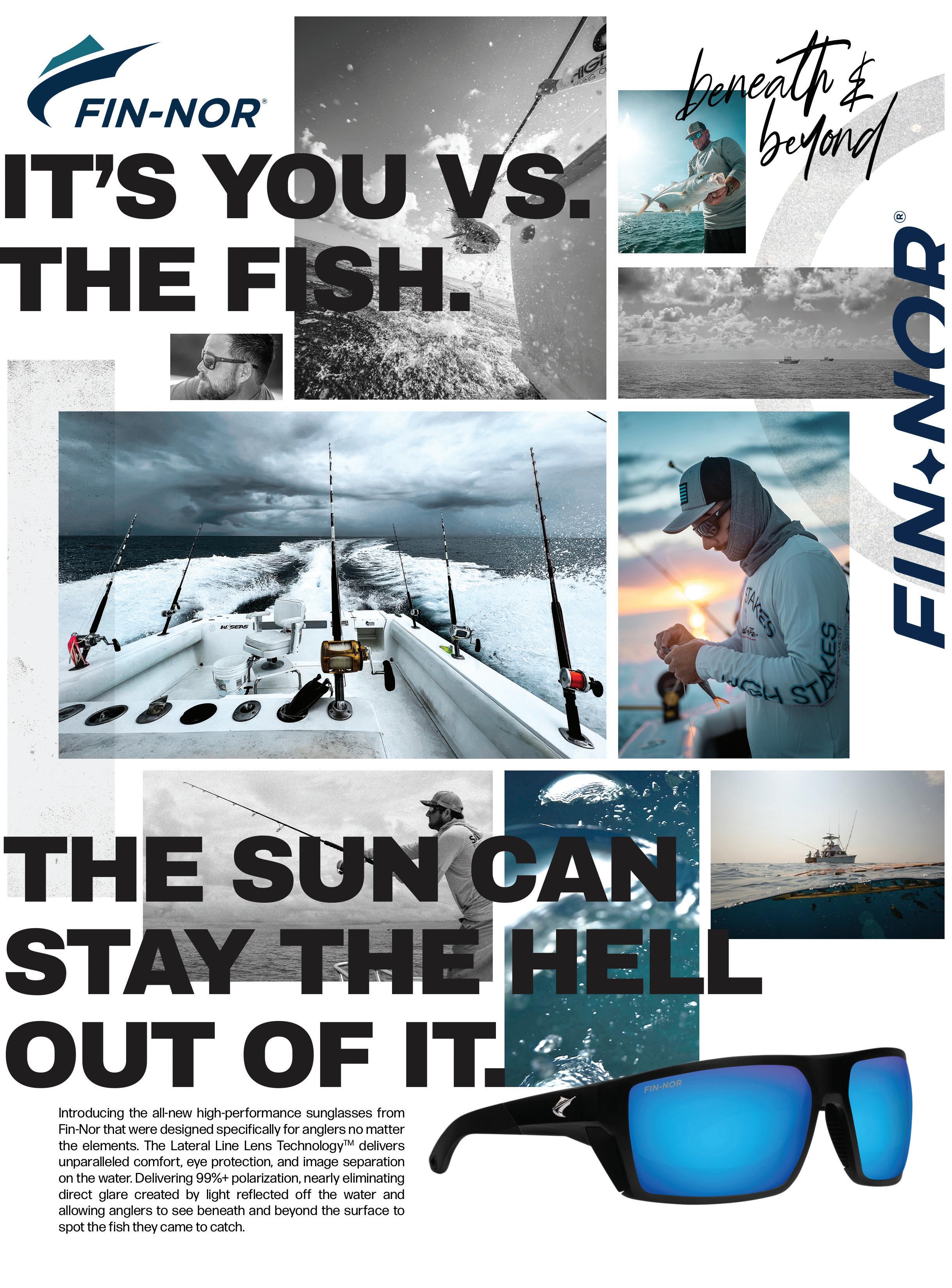 by CHESTER MOORE, JR. :: TF&G Editor-in-Chief
by CHESTER MOORE, JR. :: TF&G Editor-in-Chief









dropped as the sun began its descent below the treeline.
ere was plenty of light le , but the shadows had grown longer, and the feel of the woods shi ed. It was THE time to be in the woods—the last hour before sunset.
As I scanned the shooting lanes of the thick, swampy Southeast Texas landscape I saw antlers. At rst it seemed as if I were looking at a small buck with an equally small rack, but then I realized it was standing in a low spot. When it stepped up, I could see the entire body and rack and realized it was a big one.

I slipped the .30-06 into position, but the buck had already crossed the lane into a thicket. ere were two main trails in this thicket. One would lead it up a ridge and far away from me. e other would put the buck about 25 yards to my right.
I watched and listened closely. Nothing happened. I waited for what seemed like half an hour, but in reality it was about ve minutes and—nothing.

A screeching hawk caught my a ention to the right, and when I slowly turned my head to look back toward the deer trail, the buck was standing there. Its nose was to the ground, and it was walking super slow, giving me time to raise my ri e. I aimed just behind the shoulder and gently squeezed the trigger.
e buck hit the ground, swung around and ran back down the trail from which it had appeared. irty minutes later, I picked up a very short blood trail realizing the buck had only run 15 yards before expiring.
is was the second biggest buck I had ever taken and the biggest I had taken in East Texas. I felt like the 12-year-old me who had just taken his rst deer on the Winkle Ranch, a day lease in Llano County.
By deer standards, this ve-year-old buck was
old and had survived many hunters, coyotes and other predators. I thanked God for this moment and for the venison it would bring to the table.
I was grateful for other reasons too. e in ation we are all dealing with has made things like hunting more di cult. I almost skipped ge ing on the lease this season to save money.
It would be easy to act like I’m an outdoor writer who gets paid for every outdoor adventure, but that’s not reality. Although my career has been extremely successful in accolades and longevity, the last few years have been nancially challenging when it comes to discretionary money.
In ation will do that to the working man.

Choosing to hunt has been a challenge and that is because of hunting costs—and in Texas it can cost a lot.
Taking this buck made me realize that I would have missed out on something special if I had not chosen to hunt deer in the 2021-2022 season. is year a well-timed income tax check made ge ing back on my lease possible, and I plan to put much e ort into hunting this year.
Hunting shouldn’t be about the Boone & greenheads in your duck limit. I would have

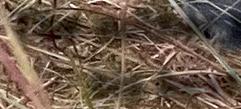

Hunting shouldn’t be about the Boone & Crocke score of the bucks, or the number of greenheads in your duck limit. I would have missed out on something special.

It was certainly not about the opinions of some of the sniveling, judgmental keyboard warriors on some hunting social media pages.
It should be about the hunting experience and what it means to
It should be about the hunting you.
A big, old mature doe taken on public land where baiting and permanent stands are illegal is easily equal in the challenge department to taking a massive buck on hypermanaged ranches with air-conditioned tower blinds and your choice of trophy bucks.
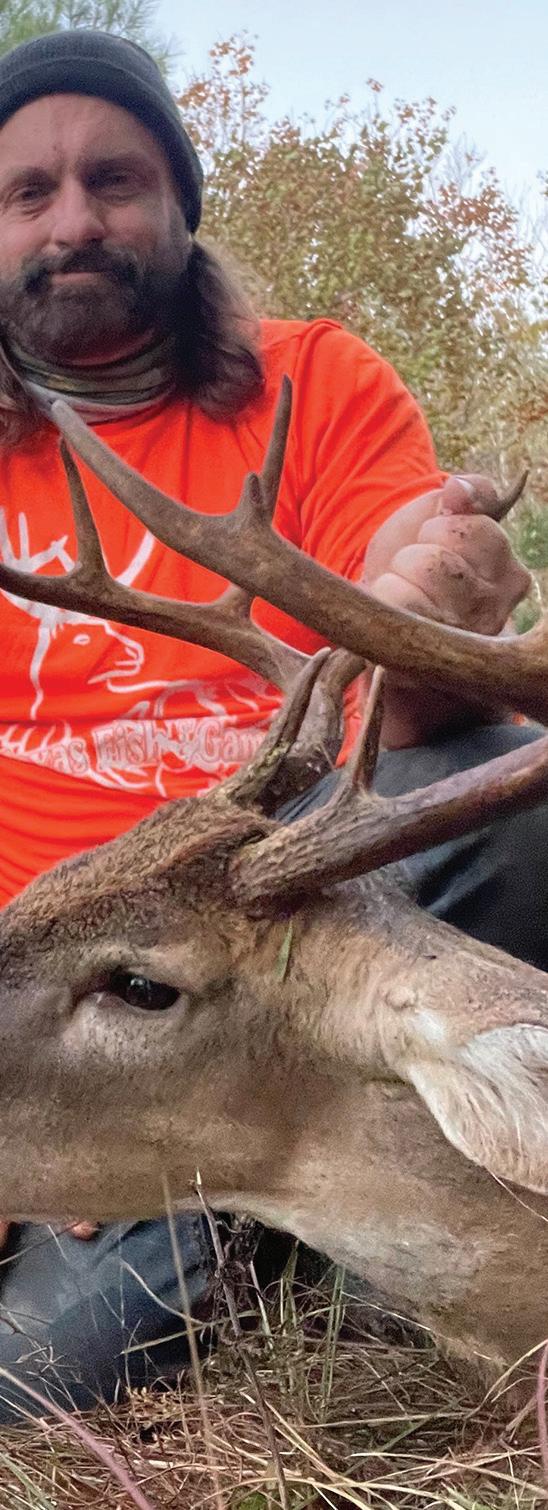
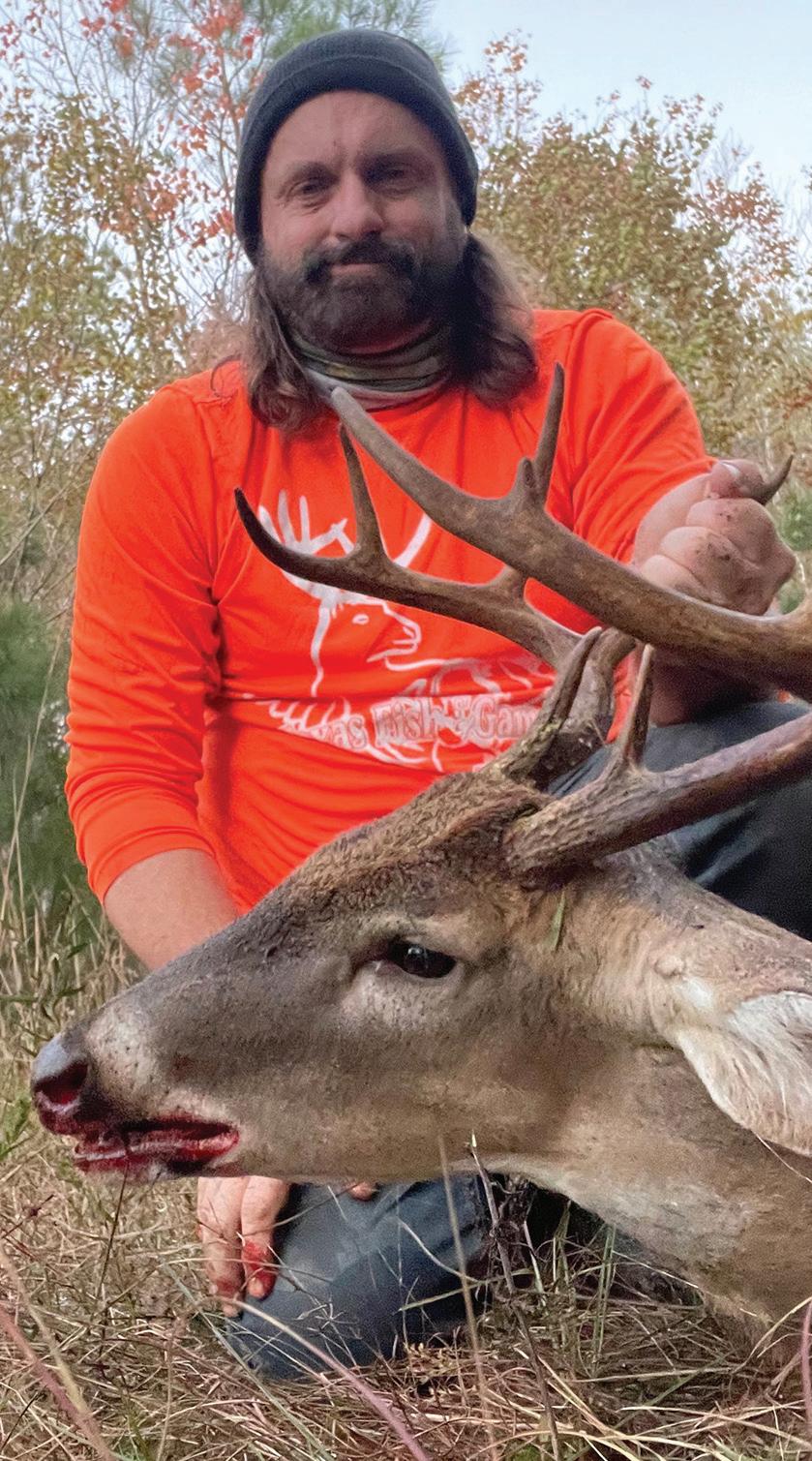
public land where baiting and permanent department to taking a massive buck on hyperin makes you happy.
Neither experience is superior. It’s all in what
Many of us are at a point where we have to truly choose to hunt. Will it be eating out four days a week or a deer lease? Maybe it ends up eating out once a week and both.
truly choose to hunt. Will it be eating out four eating out once a week and both.
Will it be no duck hunting, or making the long walks to that obscure tract you found on the map?

It’s a choice.
is year I chose to hunt. I don’t have to hunt. My personal identity is not wrapped up in it. I could sh for far less expense and have plenty of fun.

Yet, I love the challenge. I love the tradition and love bringing home the key ingredient for deer chili along with wild pork loins, chicken fried turkey breasts and other delicacies. I love the fact that hunting for me is a direct connection to conservation through sustainable use of our resources.
I love honoring what my father, uncle, and others who are no longer with us instilled in me as a young boy. ey chose to hunt because it made their life be er, and so do I.
Choose well and enjoy every second in the wild, but never let the system rob you of your love of hunting.
Email Chester Moore at cmoore@fishgame.com

IT’STOO LATE TO BE FIRST TO gripe about this – it won’t even be my rst time – and this time probably won’t be the last time I or anyone else of like mind says, “I’ve seen more than enough photos of dead sh to last a lifetime.
I love to sh. I love to eat sh. I even love to share pictures of sh before I release them.
I like social media (but not to the point of obsession with it). And I like seeing sh pictures now and then, but I do prefer that some time passes—like days or even a week —between “now” and “then.”


I am not a fan of shermen who insist on sharing images of dead sh every time they stack a few.
“Here’s our limit from today. Looks like our limit from this past week, I know, but we were somewhere else throwing something else that day. Follow me for tomorrow’s picture of dead sh on the front deck.”
ese men and women are thrilled to share their success—and to be fair, I remember being a young angler and wanting all my friends to know when I had good days—but they don’t realize the consequences of doing so incessantly.
It’s exactly that, the nonstop sharing, that bugs me. Parades of dead sh pictures are an o -pu ing byproduct of modern technology.
When guys my age shared pictures, we had to remember the camera, remember lm, actually catch some sh, shoot the pictures, get the lm developed, pick out the best prints, then carry those photographs in our pockets or wallets until we’d bumped into everyone on our “share” list.
Now, anywhere at any time, we can deal sh pictures to the entire world even though 99.99 percent of the world’s shermen don’t



care about or want to see them.
Recreational shermen, especially newcomers to the ock, get a temporary pass. It’s all new to them. ey haven’t yet caught enough limits or large sh to realize they’re going to catch many, many more of both in their lifetimes. ey feel compelled to share, the same way I’ll probably feel when I nally catch my rst clown knife sh (which I intend to make happen within the next year alongside DOA’s Mark Nichols).
“First” anything on a personal sh list warrants a picture. “Biggest” is also a valid photo opportunity. e picture I don’t care much to see is the one in which the shermen reveal the “most” they ever caught of a particular species.
I grew up in an era where there weren’t limits on most species of sh. We could catch all we wanted, hundreds on the right day. But there was never quite so much enthusiasm around the cleaning table as there had been behind those bent rods. And that led, in far too many cases, to tragic waste.
Another reason I’d prefer fewer, but more interesting sh(ing) pictures on social media is that seeing so many of them knocks the lustre and interest o all of them. Where we nd ourselves now, a sh picture…is just another sh picture.
Professional guides tend, because it’s good for business – to post more pictures than even the most egotistical recreational anglers. A pro’s livelihood, his or her paycheck, depends on le ing the public know they’re good at what they do. I get that. It’s marketing.
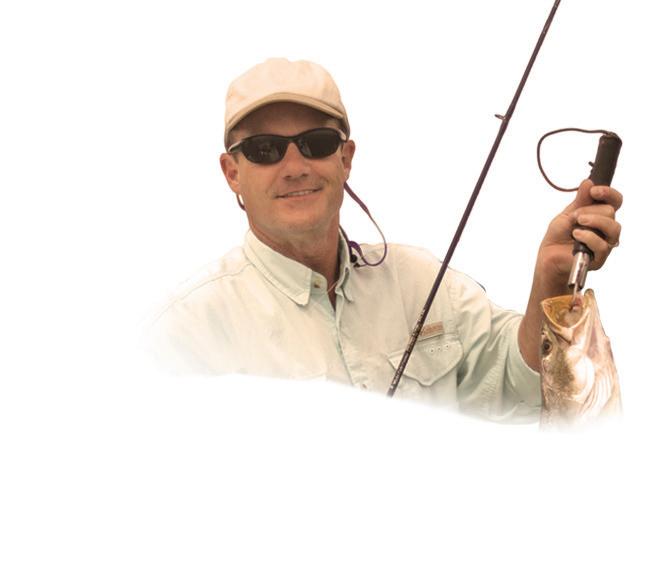
But too many pictures of limits could mislead potential customers into thinking that a speci c guide never has slow days, which we all know to be untrue and tarnish-




es the profession, not just an individual.
If I had to choose between a guide who boasts of stacking sh every day or one who doesn’t promise anything except a hundred percent e ort from start to nish, I’d go with the guy who’s commi ed to the work and not blowing smoke up my skirt about the outcome.
Fishing guides are among the hardestworking people on the planet. ey have no need to lie to anyone.
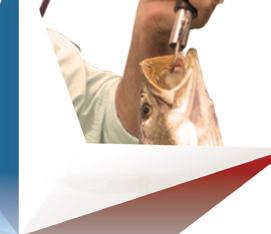
I’ve studied websites, Facebook, and Instagram and found a key di erence between the postings of men and women I know to be excellent at their jobs — and what’s posted by those who either are just ge ing started or haven’t yet go en good.





e best submissions are pictures that tell stories of the experience, usually someone with a bent rod or holding a single, noteworthy sh while still in the boat or wading a shallow shoreline. If the good ones do present the occasional stringer shot, it’s likely because they wanted to schmooze the clients, to make them “famous” for the day. at’s good for business.
Keep sending me sh pictures and keep posting sh pictures. at’s good for the resources, because it keeps us all interested in being on the water. Only maybe put a li le more thought into those photos than just how you’re going to line up the bodies on the board.
Most shermen, myself included, genuinely enjoying seeing how you did. I just prefer also to get a glimpse of how you did it.
Email Doug Pike at ContactUs@fishgame.com







HE BLUE WATERS of the Gulf of Mexico are a mysterious zone that in recent years have provided great white shark and orca sightings and catches of huge bluefin tuna.
Recent actions by federal officials are making major changes to things happen ing to fisheries in this area, so we thought
it was important to get you updated. Mako shark populations are not doing well in much of the Atlantic region, including in the Gulf of Mexico in com parison to other shark species. As of July 5, 2022, U.S. fishermen may not land or retain Atlantic shortfin mako sharks. The shortfin mako shark retention limit is zero in commercial and recreational Atlantic highly migratory species fisheries.
According to the 2017 stock assess ment, shortfin mako sharks are overfished and subject to overfishing. Summary stock assessment information can be found on Stock SMART.
NOAA Southeast Fishery Science Center staff members work with the International Commission for the Conservation of Atlantic Tunas to assess

the status of shortfin mako sharks in the Atlantic.
APPEARANCE:
• Shortfin mako sharks have very pointed snouts and long gill slits.
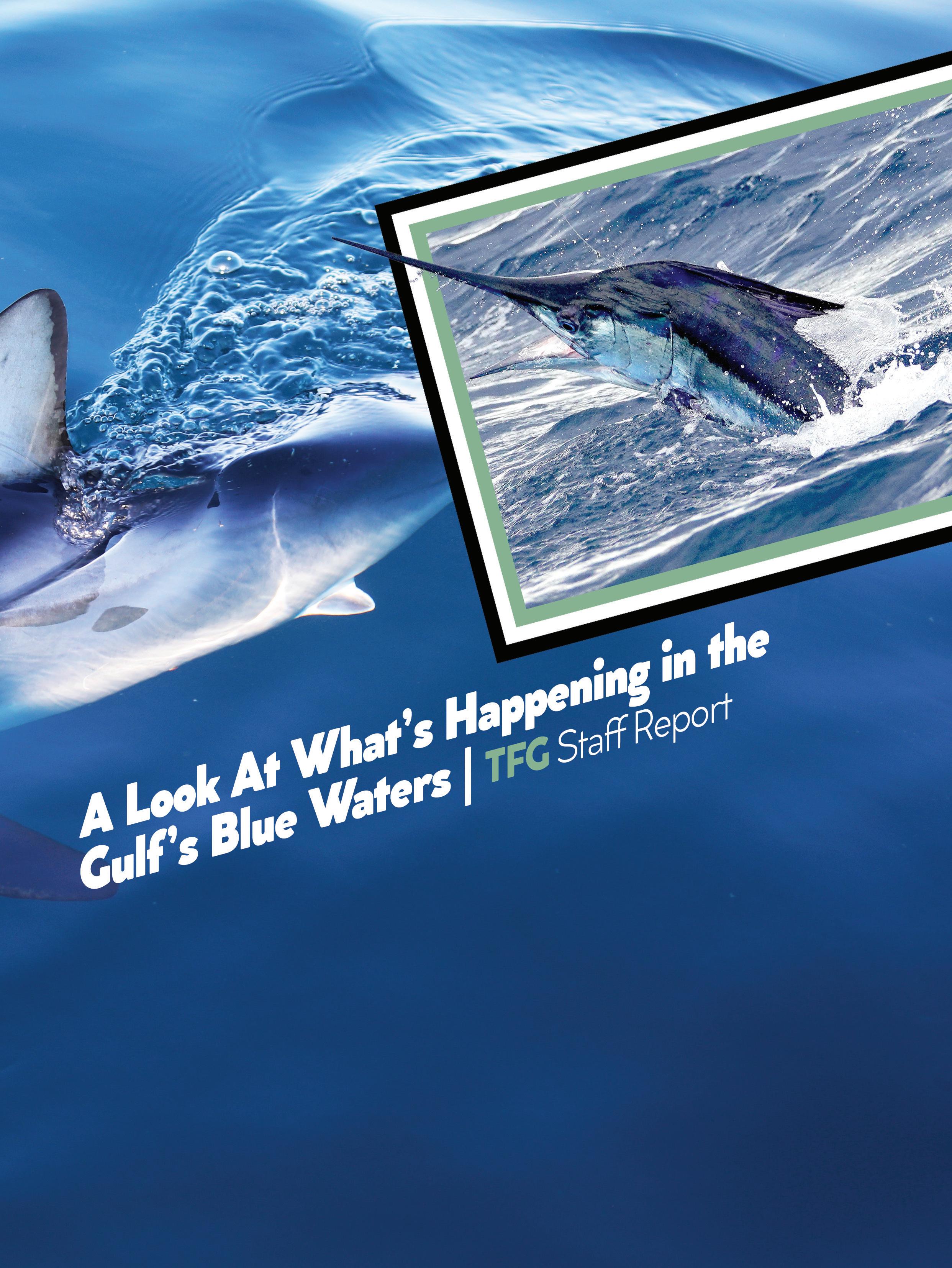
• They have dark blue/gray backs, light metallic blue sides, and white undersides.
• Shortfin mako sharks can be dif
ferentiated from longfin mako sharks. Compared to shortfin mako sharks, long fin mako sharks have much longer pecto ral fins and larger eyes, a different body shape, and the underside of their snout is darker.
• Shortfin mako sharks grow slowly, reach up to 13 feet long, and can live
more than 30 years.
• They are not able to reproduce until about eight years old (approximately six feet) for males and 19 years old (approxi mately nine feet) for females. They have a three-year reproductive cycle and a gesta tion period of approximately 18 months.
• Mating occurs from summer to fall. Eggs are fertilized internally and develop inside the mother.
• Females bear live pups, which are approximately two feet long when born.
is large size at birth helps reduce the number of potential predators and enhances the pup’s chance of survival.
• Mean li er size is 12, and up to 30 pups have been reported, though scientists have only examined a handful of li ers.

• Short n mako sharks are aggressive predators that feed near the top of the food web on marine sh such as blue sh, sword sh, tuna, marine mammals, and other sharks.
• ey have few predators, mainly larger sharks that may prey on smaller short n mako sharks.
• O the East Coast, Atlantic short n mako sharks are found from New England to Florida, in the Gulf of Mexico from Florida to Texas, and in the Caribbean Sea.
• ey are highly migratory and can travel across entire oceans.
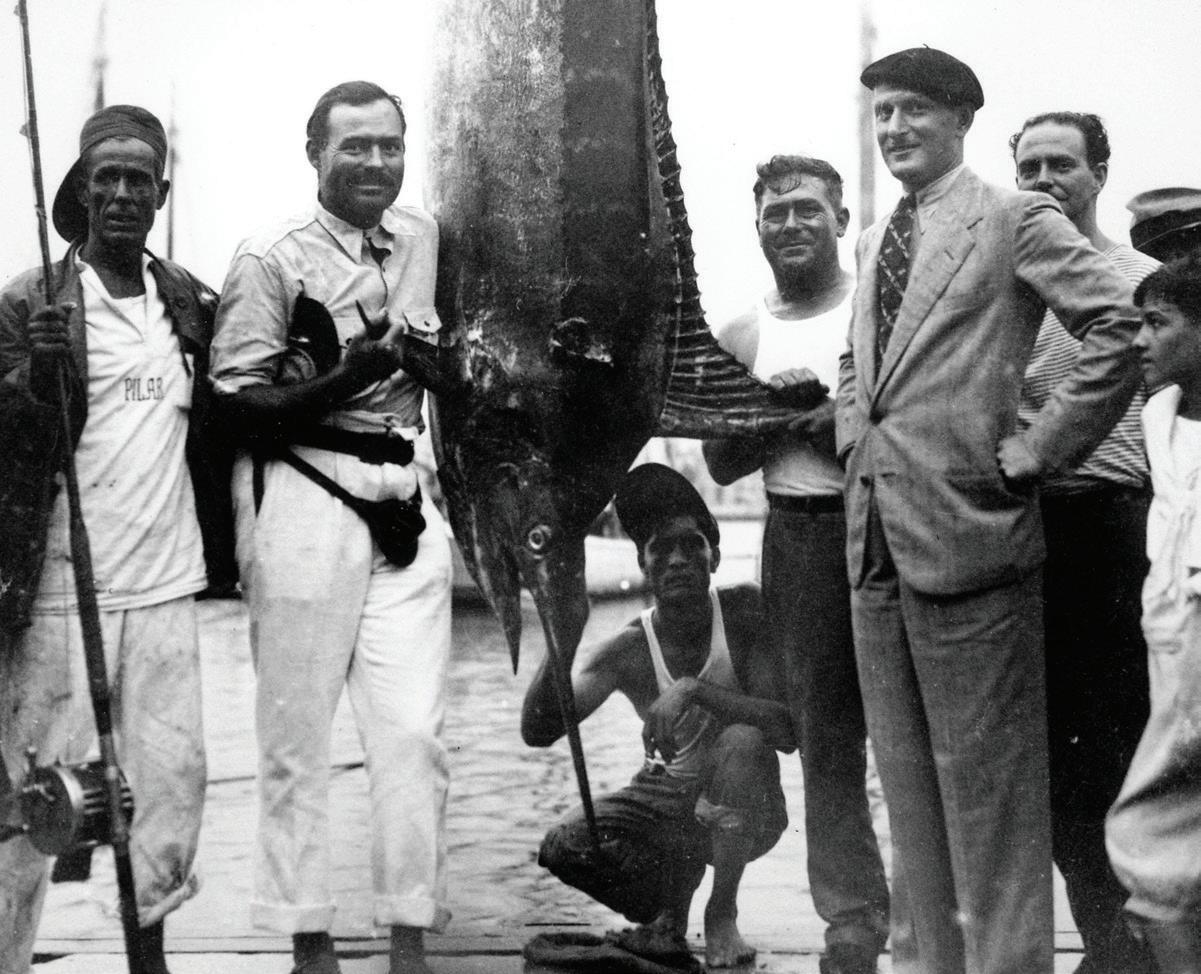
Since the Deepwater Horizon oil spill in the Gulf of Mexico on April 20, 2010, a group of federal representatives have continued to assess and develop recovery strategies for injured marine resources.
Referred to as e Open Ocean Trustees, their most recent plan is a result of past collaborative work and stakeholder input, which aims to restore those a ected resources. is strategic Plan will guide restoration of priority sh and water column invertebrates.
Atlantic blue marlin, which are overshed and over shing is still taking place, have been identi ed as a priority species. e restoration guide will target the following issues:
• reats to blue marlin
• Restoration opportunities for the species
• Consideration of data gaps
• Characterizing and reducing recreational shing post-release mortality impacts
• Development of means to reduce uncertainty in restoration, including provid-
ing best practices to shing communities to reduce impacts
• Identi cation of larval distribution mechanisms, important habitats, and in uences on recruitment
Post-release mortality rates for Atlantic blue marlin have also been identi ed by the agency as an area to further investigate. e National Marine Fisheries Service (NMFS) even raised the possibility of estimating a post-release mortality percentage in recreational shing by using satellite tags.
If this moves forward, it’s likely the agency would include a calculated percentage for Atlantic blue marlin mortality in the recreational shery, which would be used to reduce the current landing cap of 250 marlins (blue and white together).
NOAA is expanding Flower Garden Banks National Marine Sanctuary from approximately 56 square miles to approximately 160 square miles to protect additional important Gulf of Mexico habitat.
e move builds on the sanctuary’s rich 30-year history of scienti c studies and public review of the preservation of this special place.
e reef caps of East and West Flower Garden Banks are dominated by high coral and coralline algae cover, providing habitat for multitudes of reef sh and invertebrates. (G.P. Schmahl/NOAA)
e expansion adds 14 additional reefs and banks that provide important habitat for recreationally and commercially important sh, such as red snapper, mackerel, grouper and wahoo, as well as threatened or endangered species of sea turtles, corals and giant manta rays.
e expansion extends existing sanctuary protections to these new areas to limit impact of activities such as shing with bo omtending gear, ship anchoring, oil and gas exploration and production, and salvage activities on sensitive biological resources.
“Adding these ecologically signi cant reefs and banks will protect habitats that contribute to America’s blue economy and drive ecological resilience for much of the Gulf of Mexico region’s thriving recreation, tourism, and commercial shing,” said retired Navy rear admiral Tim Gallaudet, PhD, assistant secretary of commerce for oceans and atmosphere and deputy NOAA administrator.
“Expanding Flower Garden Banks National Marine Sanctuary also advances NOAA’s mission to conserve and manage coastal and marine ecosystems and resources for future generations,” he added.”
Located 115 miles o the coasts of Texas and Louisiana, NOAA designated East and West Flower Garden Banks as Flower Garden Banks National Marine Sanctuary in 1992.
In 1996, Stetson Bank, located 80 miles o the Texas coast, was added to the sanctuary through Congressional action.
e three banks, encompassing approximately 56 square miles, include the northernmost coral reefs in the continental United States, deep-water reef communities and other essential habitats for a variety of marine species. NOAA and our partners recently gave the reefs in this sanctuary the highest score in an assessment of U.S. coral reef health.
Expansion of the sanctuary emerged as one of the top priority issues during a review of the sanctuary’s management plan in 2012. e 2010 Deepwater Horizon oil rig explosion, which resulted in the largest o shore marine oil spill in U.S. history, also accelerated interest in expansion, with government scientists and non-governmental organizations urging additional protections for marine life and essential Gulf habitat.
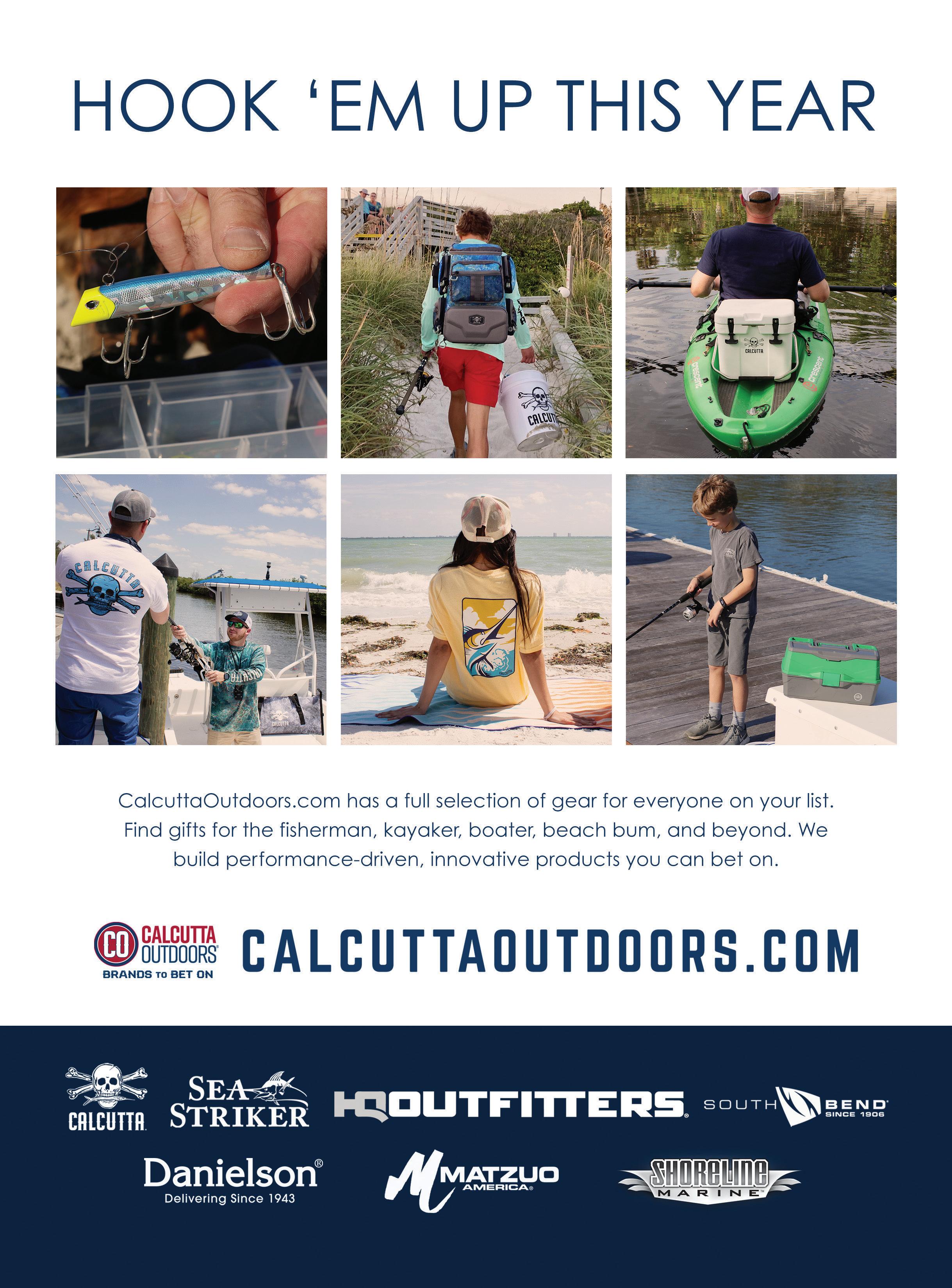
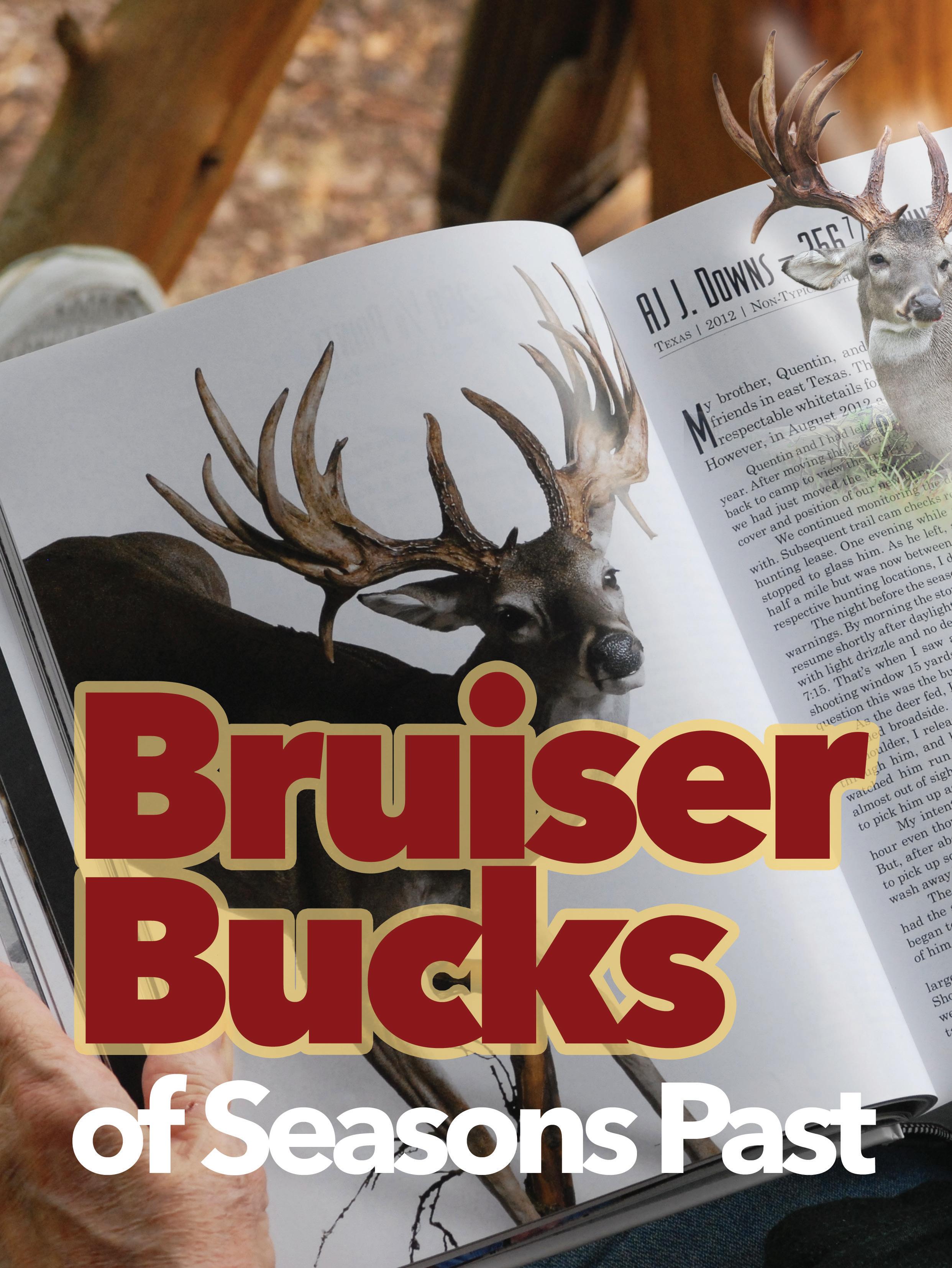
EXAS HAS A RICH history of producing big bucks with remarkable antlers.
e Boone and Crocke Club lists it 11th among the leading states in total record book entries with 767. Texas also has four of the top six ranked counties nationwide.
by MATT WILLIAMSB&C recognizes only free-ranging deer taken by fair chase. Rankings are determined by net scores a er deducts for lack of symmetry.

Many of these Texas giants have been killed since the advent of protein feeders, antler restrictions and other modern deer management tools. However, some were taken long before
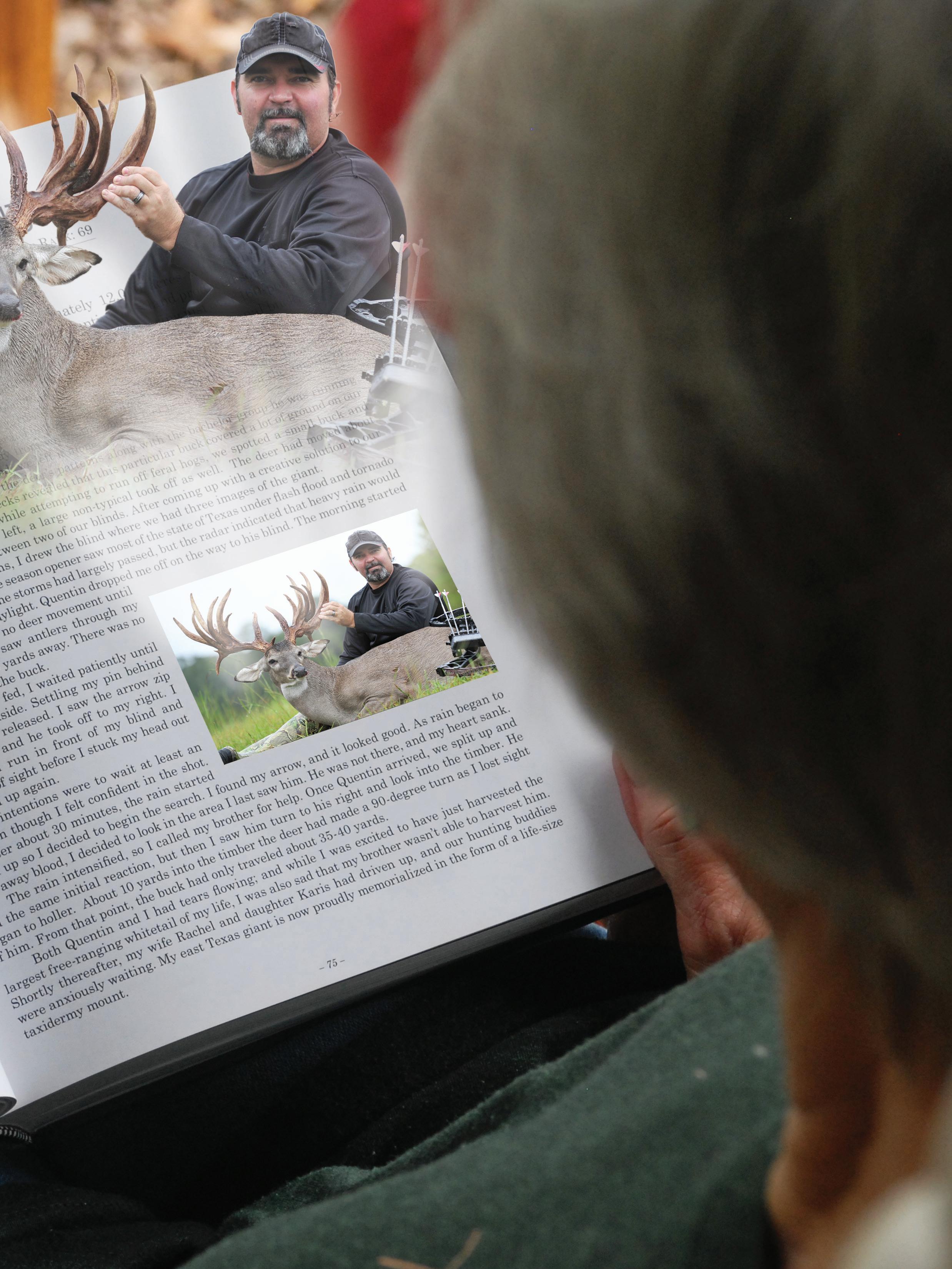
it became cool to let the young guys walk and well before the birth of this magazine.
Among the state’s biggest nontypicals is the famous “Brady Buck.” Scoring 284 3/8 B&C. is incredible McCulloch County 47-pointer was taken way back in 1892 on the Ford Ranch near Melvin.

B&C’s Records of North American Whitetail Deer, Sixth Edition, indicates the deer was killed by an “unknown” hunter. However, legend has it the animal was found dead by the ranch manager. Supposedly, it was shot by deer hunter Je Benson who subsequently lost the blood trail.
e Brady Buck still ranks as Texas’s No. 1 non-typical of all time. It’s also No. 14 in North America.
Interestingly, Texas’s No. 2 non-typical also met with a mysterious death. at magni cent 39-pointer was found dead near Junction in 1925. It scores 272 B&C.
Texas’s top three typicals are 20th Century bucks, all of which grew up with South Texas addresses. Tom McCulloch shot the leading typical in 1963, a Maverick County 14-pointer scoring 196 1/8 B&C.
e No. 2 typical is a McMullen County 17-pointer shot in 1906 by Milton George and the No. 3 deer (192 2/8) was shot in 1903 by Basil Dailey in Frio County.
It takes a true stud to rack up the 170nch minimum score required of B&C alltime record book typicals. All-time B&C non-typicals must score 195 B&C.
Texas has more than 300 typical entries. Interestingly, only a handful of them were killed in eastern Texas. e biggest of these is a anksgiving Day whopper killed 22 seasons ago by Je Capps of Etoile. e Capps buck is a 10-pointer that ranks No. 24 among Texas typicals with a score of 183 2/8 B&C.
Capps shot the deer at Ryan’s Lake Hunting Club in Angelina County, a lease not necessarily noted for producing giant whitetails. Annual dues at the time was a meager $175.
e previous East Texas record typical was shot in 1984 in Polk County by Charlie
Albertson. e Albertson Buck nets 174 7⁄8 B&C.
With the passage of time, several other outstanding bucks from East Texas may have go en swept under the rug. However, Clyde Weaver won’t soon forget the amazing 10-pointer he shot o a li le 125-acre spread near Whitehouse in 2005.
Weaver’s buck nets 170 2/8 B&C. It was the Smith County record typical until 2016, when Bryan O’Neal of Quitman bagged an enormous 12-pointer that nets 178 B&C.
Another East Texas giant typical not many people know about is the Rick Rogers buck taken in Nacogdoches County in 2000. Rogers shot his 12-pointer roughly two weeks before Capps shot his buck.
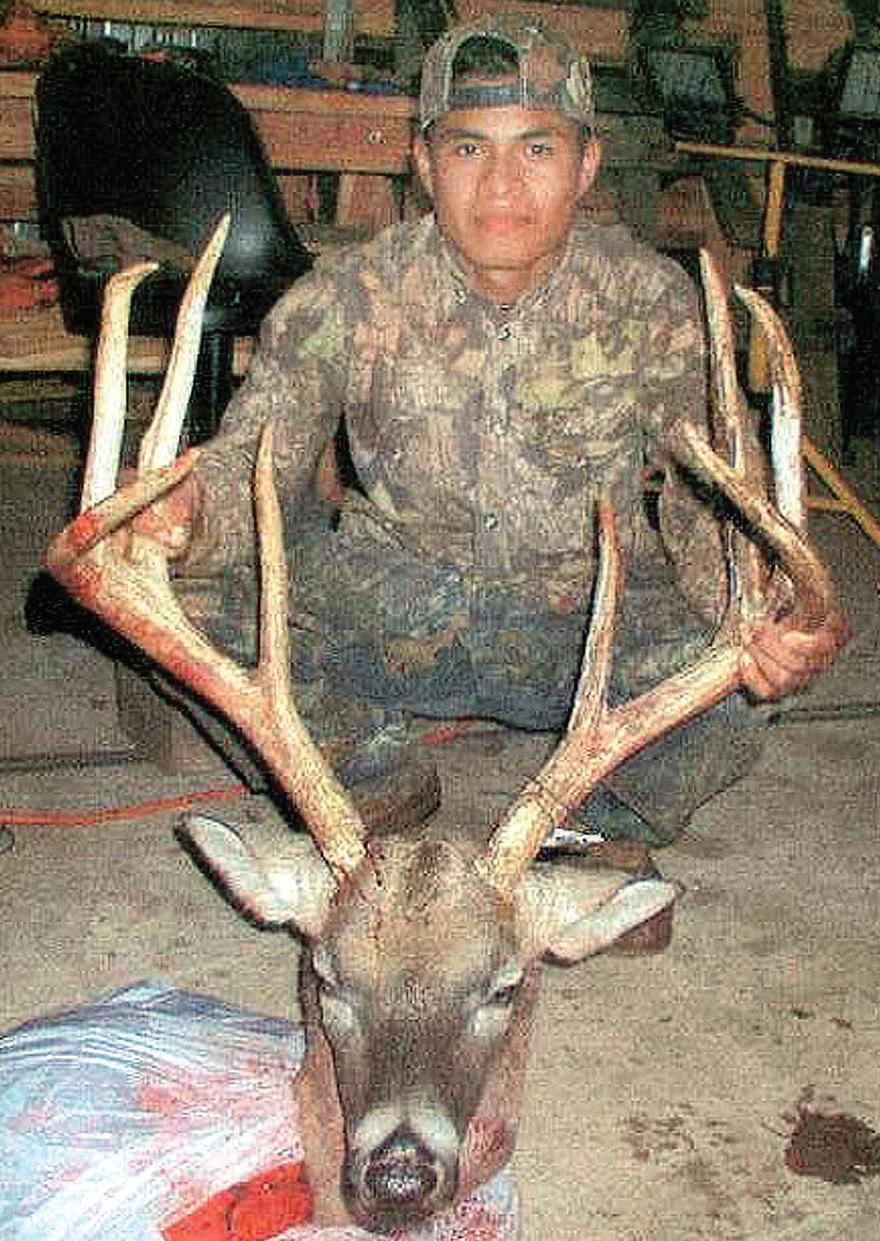
He didn’t say much about it for fear the landowner of his 2,300-acre lease might jack up the price of dues. If not for a Texas Big Game Awards Program paper trail, I probably wouldn’t have known a thing about this 183-inch bruiser, which was never entered in the B&C book.
East Texas has produced dozens of other outstanding bucks over the years, including a number of 200-plus-inch Pope and Young trophies by Grayson County archers. Easily the most famous is the Je Duncan Buck, a 26-pointer a ectioniately known to locals as “Big Boy.”
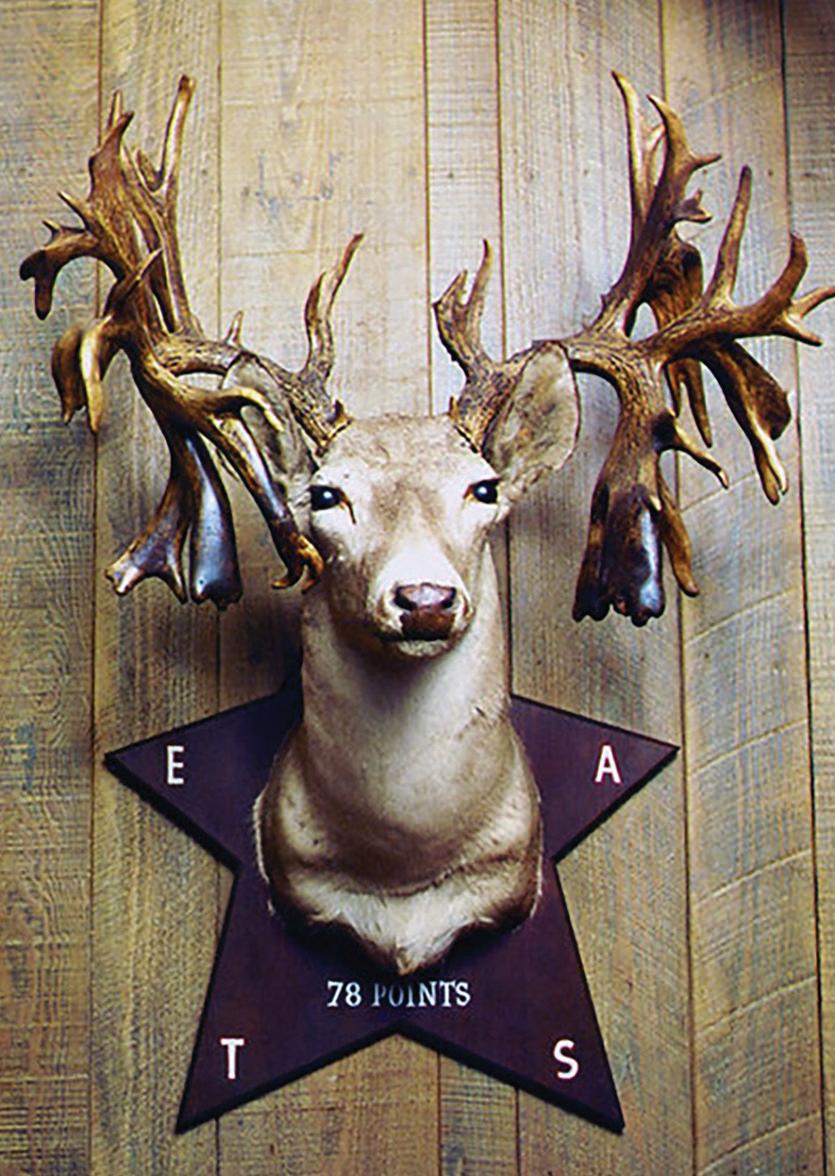
Duncan was participating in a $35 draw hunt on the 11,000-acre Hagerman National Wildlife Refuge in 2001, when he arrowed a massive double drop tine buck that scores 225 7/8 inches. It ranked as the Texas state record archery kill until 2012, when A.J. Downs of Conroe brought down a San Jacinto County 27-pointer that nets 256 7/8 B&C.
Another 2001 free-ranging bruiser that folks may have forgo en about is David Krajca’s 24-pointer. At 222 1/8 B&C, it’s the top buck ever reported from Ellis County south of Dallas and ranks 32nd among Texas non-typicals.
A ca le rancher at the time, Krajca killed the deer on a 160-acre farm that lines the banks of the Trinity River. He acquired hunting rights to the property on a labor trade-out agreement with the landowner.
As slick eight-pointers go, Estaban Gonzalez of Alto shot East Texas’s biggest ever in 2002. ere’s a great story behind this 166-inch bruiser, too.
Gonzalez killed the deer on 500 acres in Cherokee County. e land belongs
to Freddy Wallace, also of Alto. Wallace, Gonzalez’ employer at the time, said the young man asked for permission to go hog hunting in hopes of ge ing some meat for his mother to use in a batch of hot tamales.
“I also told him he could shoot a deer if he happened to see one,” Wallace said. “I couldn’t believe it when he showed up with this buck. He had no idea what he had.”
Amazingly, Gonzalez managed to kill the buck despite a badly misplaced shot. Wallace said Gonzalez aimed at the shoulder of the buck, but the 9mm bullet struck the animal in the head, killing it instantly. e long list of Texas’s bragging-sized bucks from long ago goes on and on. Here are a few more worth recalling:
• Steven O’Carroll, 1991, Shackleford County 13 pointer, 190 2/8, No. 2 TBGA Typical of All-Time, No. 4 statewide.

• Earl Smith, 1960, Trinity County 27 pointer, 215 3/8
• Earl Smith, 1965, Trinity County 25 pointer, 193 3/8
• Tyler Fenley (12 years old), 1999, Angelina County 28 pointer, 198 6/8
• William Brown, 1967, Frio County 27 pointer, 259, No 5 Texas all-time
• Raul Rodriguez, 1966, Frio County 30 pointer, 247 7/8, No. 7 Texas all-time
• John Campbell, 1947, Zavala County 32 pointer, 244 2/8, No. 9 Texas all-time
• Tom Cole, 1997, Hunt County 29 pointer, 240 2/8, No. 10 Texas all time ese and many more of Texas’s biggest bucks are listed in B&C’s Records of North American Whitetail Deer, Sixth Edition. Nearly 700 pages, the hardback lists more than 17,000 white-tailed deer, 300 photographs and much more. It costs $60, boonecrocke .org.
FINALLY!
Finally, it’s here. A er all those months of waiting and waiting and dreaming about that big buck you will most assuredly take this fall, you will now make those dreams a reality. At least that’s the plan.


With so much to do to prepare for the season, I can only hope that you have already done your due diligence. Stands should already be in place, keeping in mind the prevailing winds in your area. If that wind does not blow in your face, you might have a problem.

If you haven’t already made a pathway to your stand that will keep the wind in your face and keep you o the deer trails, you might have a problem. If you haven’t already scouted out what food sources are available to the whitetails in your area, remembering to keep your scent down to a minimum, you might have a problem.
You might have already guessed what I am talking about — scent control.

I cannot stress enough how important scent control is, for hunting deer. Hunting with a ri e, it’s hard enough to hide from that whitetail nose. And hunting with a bow, it’s super hard to stay undetected by that deer. But the way I look at it, if it were easy, everyone would just do it.
In my audio book String eory for Bowhunting, I talk about scent control in detail. Let me just give you a few facts. A human nose carries about ve million olfactory receptors. Sounds like a lot, doesn’t it?

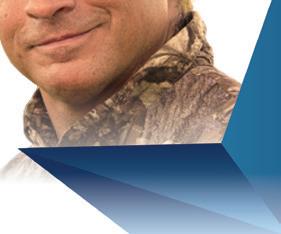
Consider a dog. A canine has about 220 million scent receptors. at explains why
police use dogs regularly to sni out whatever the police are looking for. Now Let’s talk about a deer for a minute. A whitetail has about 297 million scent receptors. 297 MILLION!
How can we hide from that?!
You must respect the nose of a whitetail deer if you want to be successful in the eld. A deer can smell danger from several hundred yards away, and if the conditions are perfect, he can smell you from up to a half mile away. Now THAT is just crazy! Which brings me to my morning routine if I plan on hunting that day. Because many who know me think I’m crazy when it comes to scent control.
I have already washed my hunting clothes in a scent-free soap and have dried them with earth scent dryer sheets. ( e wife loves that). I keep those clothes in a clean plastic bin, and that is kept in my truck until I arrive at my hunting location.

I shower with a scent-free soap, and I do not change in my hunting clothes until just before I head into the woods. I spray my boots and hat with a scent neutralizer again once I get to my stand.
Many companies advertise that their product reduces human scent up to 99 percent. Hmmm. I’m not sure that really works, but I think it does, and I use it. Hey, it can’t hurt!
I use Wildlife Research Center products and have for years. One product that I swear by is Ozonics. at is one product that really does hide your human scent. I decided one day to give my Ozonics unit a test run early in deer season.
I picked a treestand that was absolutely horrible for wind direction. e wind was blowing directly behind me and in a clover eld. It was not too long before I saw three does come out in the eld. I just sat there and waited for them to pick up my scent.
Every once in a while, one by one they would raise their noses and go right back to eating. I think they smelled something, but did not distinguish it as a danger to them. In any event, the human element seemed to
have vanished.

All were well within bow range. One actually walked directly under my stand and never knew I was there. Soon a er that, a buck entered the eld and never smelled me at all. I just sat there and smiled.
Wow! I had found something that really hides my scent. Now, I am not sure whether it was just that product — or a combination of all I had done to control my scent. All I know is I never hunt without my Ozonics unit.
e company also has a garment bag that you can put your hunting clothes in and start the unit up so that it activates ozone on your clothes. I love it!
e Ozonics people even came up with another product that I will use this season. It’s a mini unit that plugs into the cigare e lighter receptacle in your truck. You cannot use it while you’re in the vehicle, but I do use it the night before I leave to clear out any unwanted scents that might be lingering in the truck. Pre y cool.
One more thing I wanted to bring up. If you haven’t already decided on how to get to and from your stands, let me make a suggestion. Grab a rake and some clippers and make an easy, quiet path to your stand.
Use the clippers to keep any brush or tree limbs from rubbing against your pants. at will help to keep your scent undetected. If you really want to go a li le crazy, then rake away any leaves or sticks that might give you away. You want to be as quiet as possible. Sneak in and sneak out.
Hey! Hunting season is nally here and it’s time to get that big boy you saw on those eld cameras. If you go that extra mile and keep your scent down, your chances of success are much greater. Good luck to all this year.
Have fun and hunt safe.
Email Lou Marullo at





HE ARRIVAL OF winter does not mean the end of quality fishing on the Texas Coast.
On the contrary, some of the best action of the year is during the winter. The key is adjusting to new
patterns and enhanced opportunities to catch species more abundant and willing to bite when temperatures cool.
These six strategies along with their accompanying gear picks can lead you to impressive catches and productive time on the water even in winter. You also
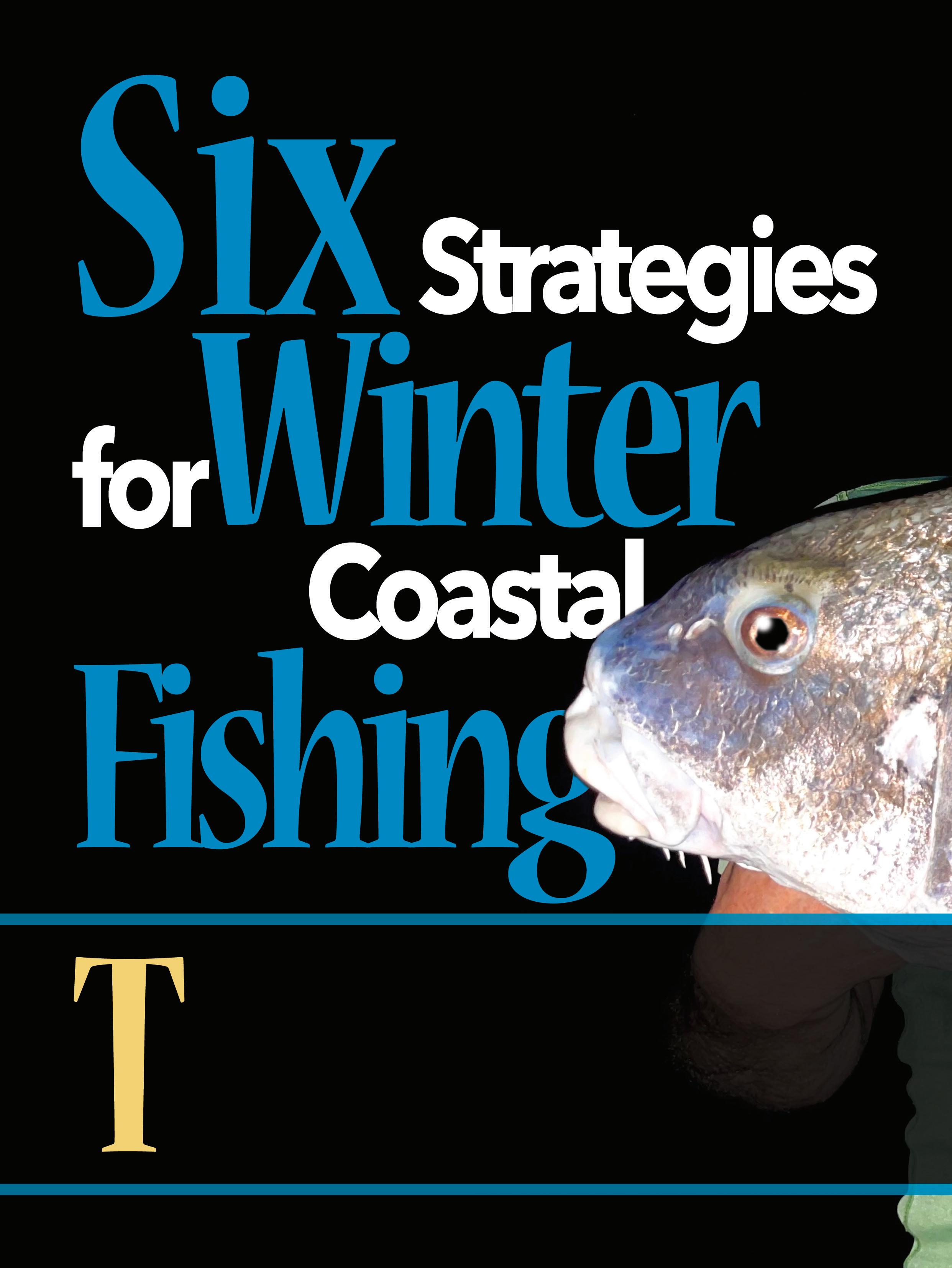
might just find some great Christmas gift options with our gear suggestions.
1
Some of the best fishing during winter is on the jetty systems along the coast. From Sabine to Port Isabel, the Texas Coast has impres
sive jetty systems that are essentially fish super highways from the Gulf to the bays.
Beginning in November, sheepshead fishing at the jetties keeps getting better into early spring as these fish gather in large numbers around the rocks.
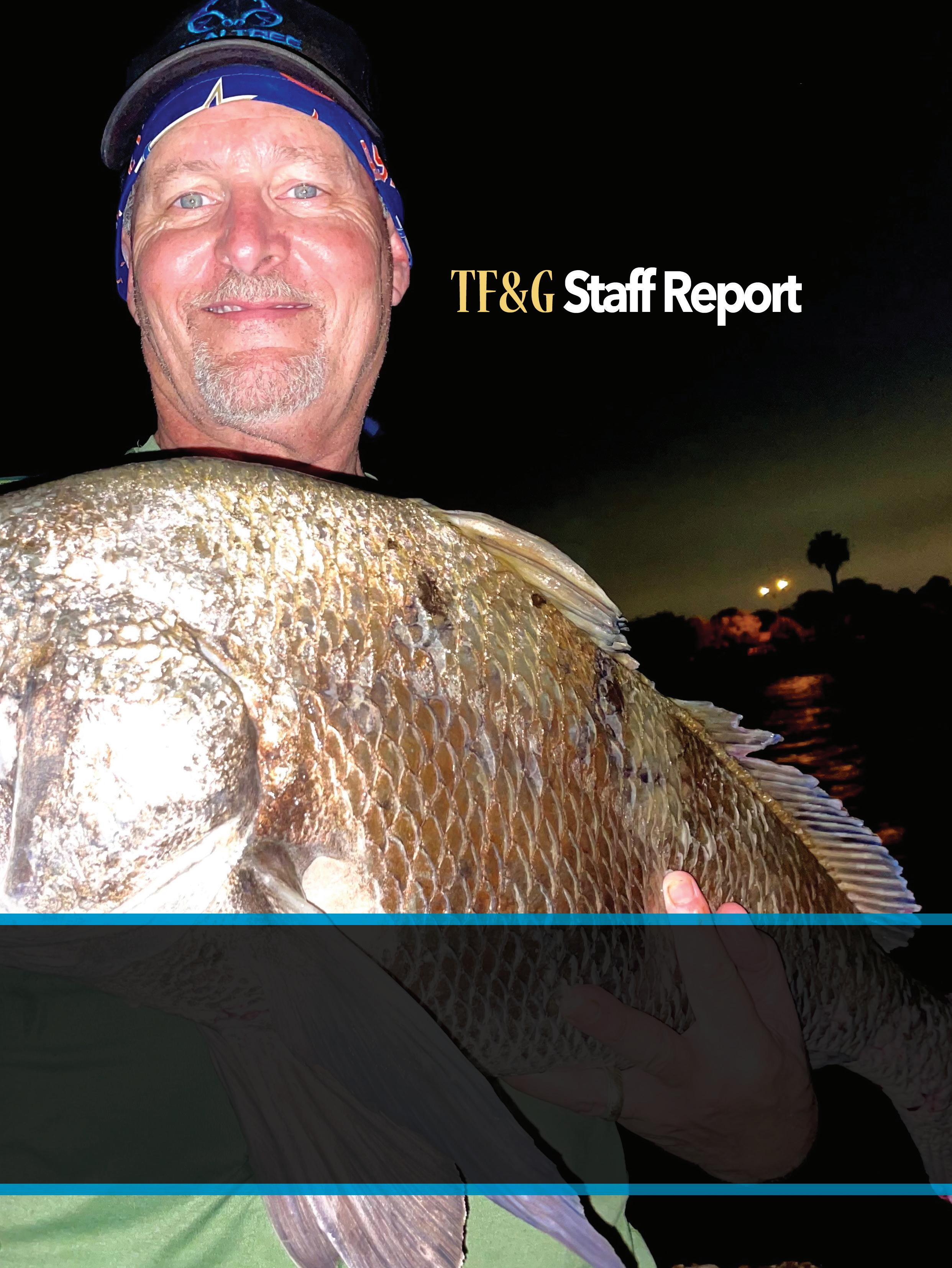
A killer strategy is using a mediumheavy spinning rod, rigged with 20-pound
braided line and a ¼-ounce jighead with a piece of dead shrimp.
A great jighead for this application is the Got-Cha Flat Back Live Eye Jighead available at Calcuttaoutdoors.com. These round jig heads are designed with a flat back for a snug fit which helps keep the shrimp on the hook better. Anyone who
has fished for sheepshead much, knows they are master bait thieves. In addition, the eye design gives it realism.
When you feel a small tip, count to two and set the hook. There’s a good chance a sheepshead’s on the other end. Many times, they bite lightly, but when they’re hooked, they fight with ferocity.
Nathan
is might seem a bit unusual, but it can get the job done. If you’re into catching sand trout and get tired of messing with dead shrimp and cut bait, try the Shrimp Fly Rig combo from Danielson.
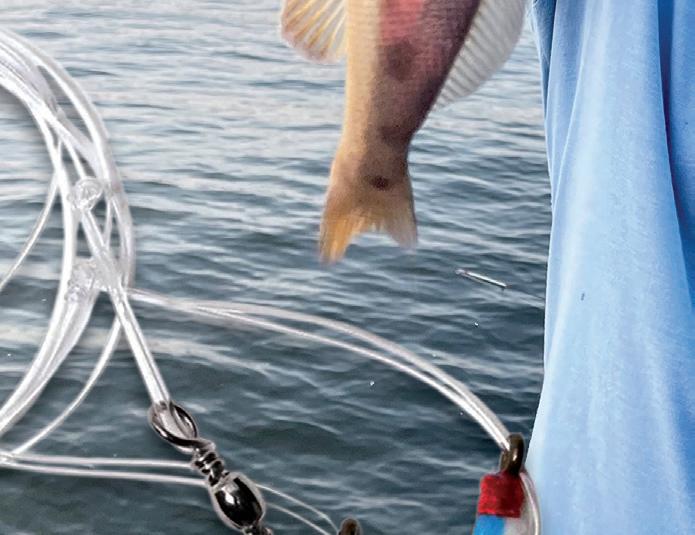

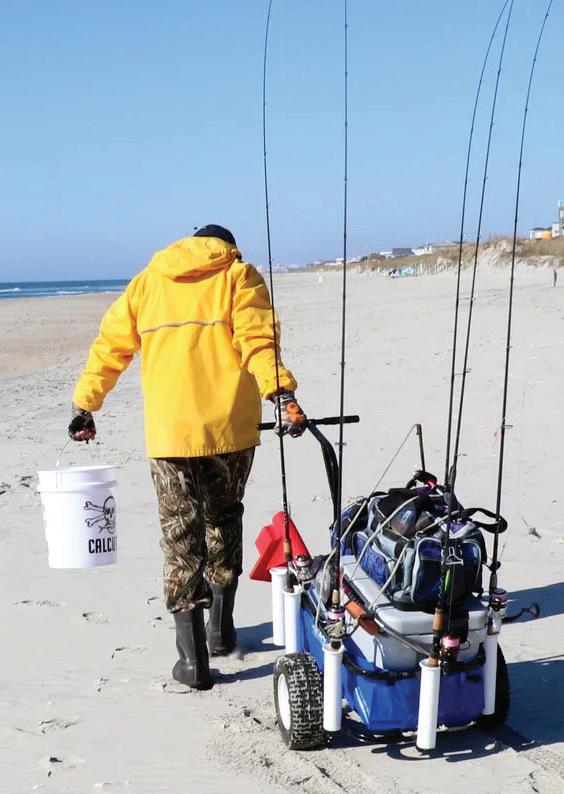
Rig this below a ¼-ounce split shot, then vertical sh at deep spots in the chan-
nel loaded with sandies. Jig it up and down slowly. Don’t be surprised if you come up with doubles.
As winter wears on, anglers can nd action on highly overlooked oyster reefs that have nearby ship channel access. Trout like to dwell in deeper waters and move onto shallow reefs and mud ats to feed during warm a ernoons.

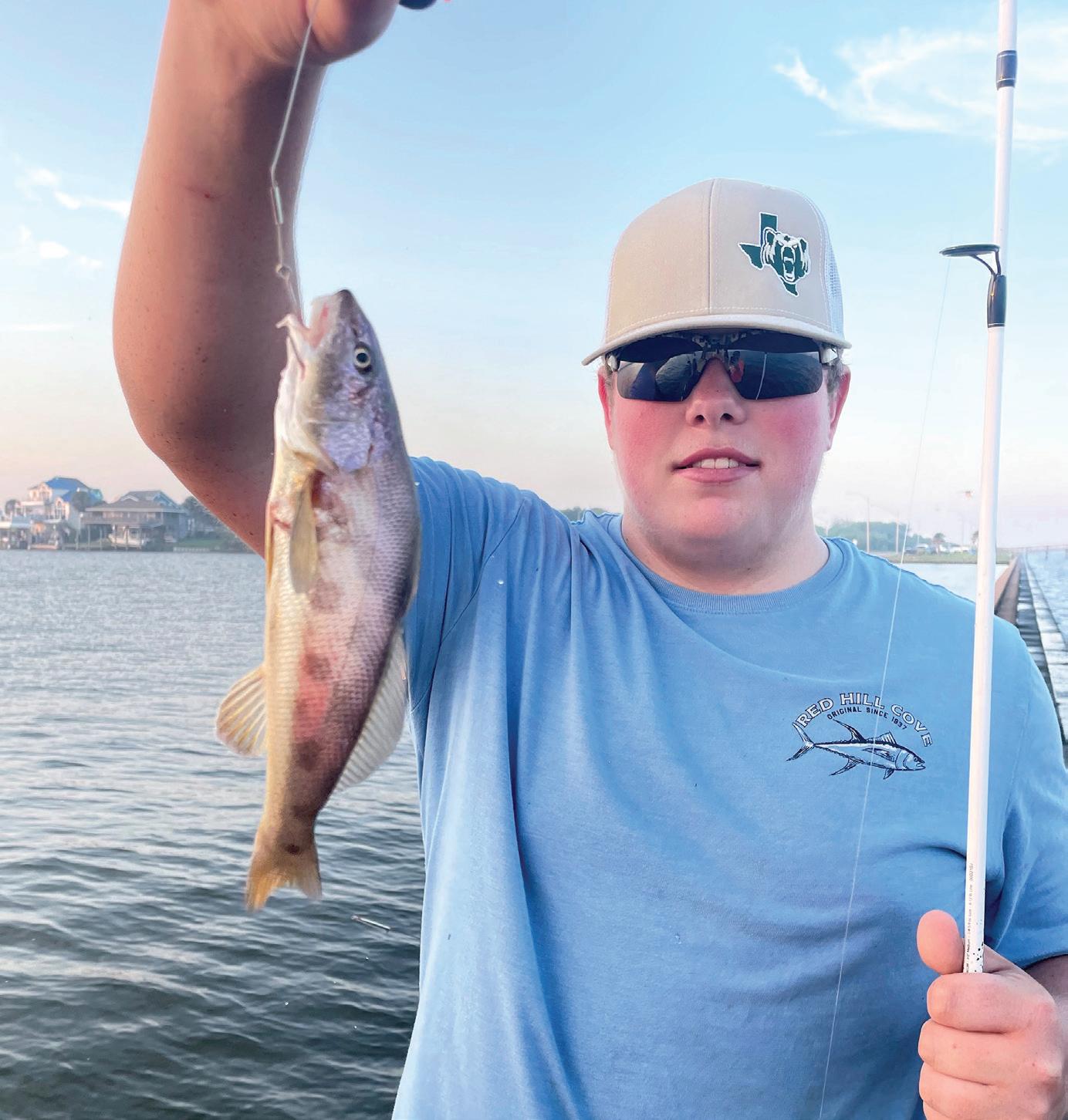
Dri ing a sand eel imitation is a great way to get bi en. e Super-Scented Sand Worm from Sea Striker, not only has the right shape and action, but it also has a scent that helps make sh pursue and hold on.
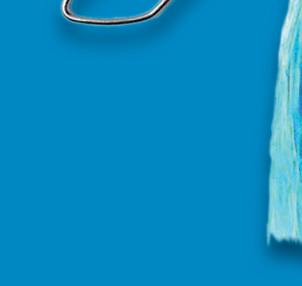

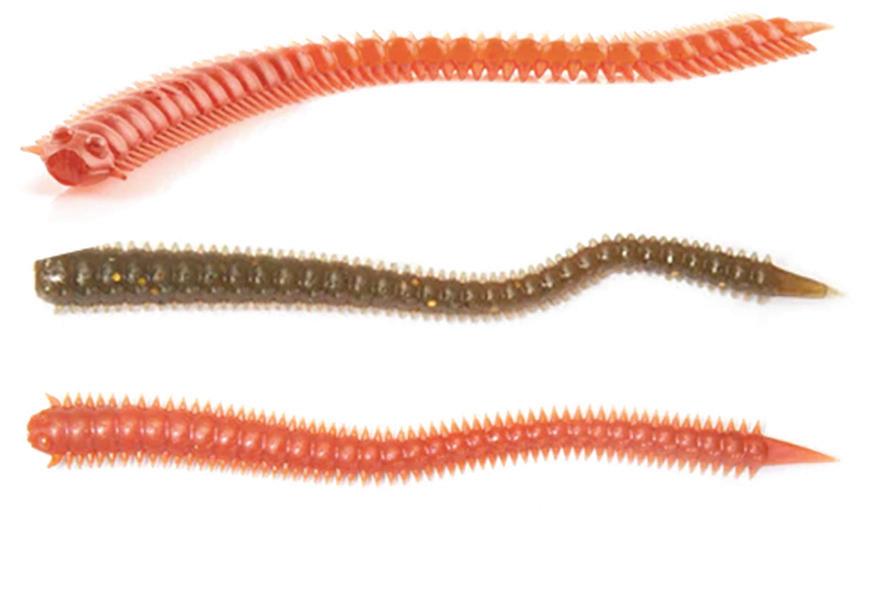
Rig it on an ⅓-ounce jighead, throw it out behind the boat and dri slowly. It’s not rocket science, but it works.
If you have the time, catching the last hour or so of an incoming tide and the rst couple of hours of the outgoing tide on a seawall inlet or slough yield big results for red sh.
A



ALL OF THE PRODUCTS LISTED IN this story are available at Calcuttaoutdoors.com They have numerous brands and hundreds of products ranging from surf fishing to billfishing appropriate.
Check out the site and get
rigged up for awesome winter
Perhaps
ermen in
the
And the great thing is many of these spots are available to landbound anglers.
A live nger mullet or croaker on a Carolina rig is the optimal bait choice. Either one of those choices works great. e key here is waiting it out, which is why a Deluxe Surf and Beach Cart from Calcu a Outdoors is a great choice. You can bring out everything, your bait, drinks, net, and rods in one trip.

at saves time and doesn’t make you skimp on gear because you didn’t want to take another trip to the truck.
Big black drums are present on the coast year-round, but during winter they begin to be more prevalent inshore and can be found in roadside canals, ship channel shorelines, and other easily accessible locations. eir favorite food is blue crab.
Why not do a black drum cast and blast combo? Go crabbing and use some of the crabs you catch as bait.
Calcu aoutdoors.com o ers an easy solution with pre-rigged crab throw-lines and a great two-ring crab net. is is also a great opportunity to take your kids with you as crabbing provides action.
Pop the shell o of a crab, hook it through the back paddle joint, throw it out on a Carolina rig, and wait. If a big drum swims by, it will take notice and the ght is on.
silver spoons are out of fashion for speckled trout shing, until someone catches a monster on one.
Trout action under the birds will be good until at least mid-December depend-
Try chucking a ¼-ounce nickel-plated casting spoon from Sea Striker past the schools you see feeding under the birds. Work quickly toward the school.

O en, the biggest trout will be on the bo om, and that’s where this spoon can help you. It cuts through the li le guys up top and puts you closer to where the bigger ones roam.
If a fast retrieve doesn’t get it, slow down to a crawl, but don’t be surprised if a big red hits. ey don’t mind being spoon-fed

either.
ing on the temperatures on much of the coast.
Silver spoons like this one from Sea Striker are great for catching big trout.

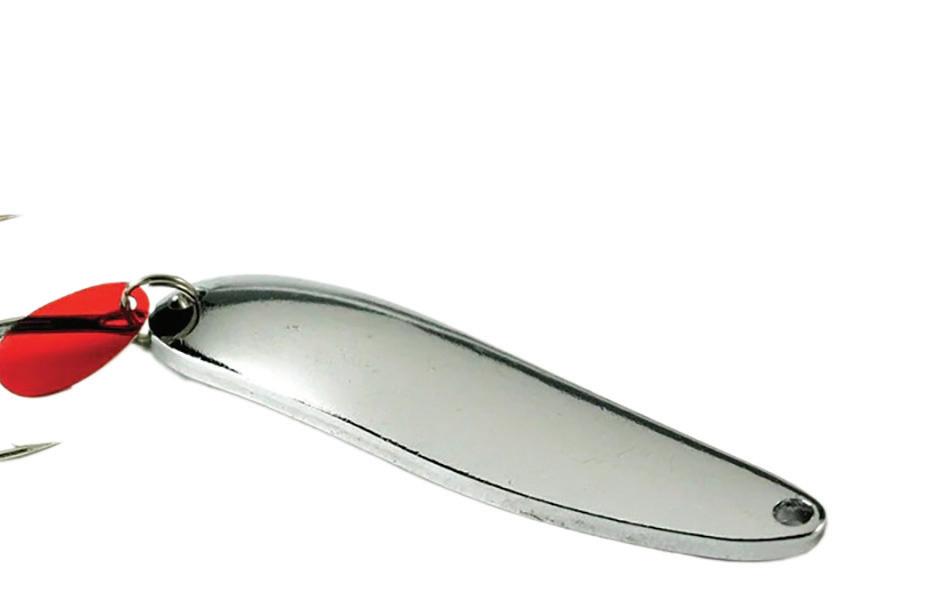


WHETHER WE USE OUR boat for shing, hunting, or sometimes just enjoying the sights of nature out on the water, one thing is for sure: we carry lots of gear — lots and lots of gear.
Some of it is more important than the other stu . Sure, we know having the gear necessary for safety and communications, such as life jackets and rst aid kits or VHF radios and satellite messengers, is critical.
Yet there’s a long list of stu that falls into the category of “other” that should also be aboard every boat. Some of the gear that makes the list may surprise you. e next time you shove o the dock, be sure to have these 10 items aboard:
1. A LONG LENGTH OF EXTRA ROPE. With today’s super-strong paracord, you can pack away a coil of 50-plus feet in a sandwich baggie. It can come in handy for all sorts of things: lashing together broken parts and pieces, securing items in rough seas, or even tying o the boat to a tree or dock if need be.
2. DUCT TAPE. No, we don’t recommend making “permanent” repairs with this stu , but it’s the bomb for making on-the-spot quick xes and patches that will get you home. From ripped canvas, to broken plastic, to cracked hoses, it’ll do the temporary trick.
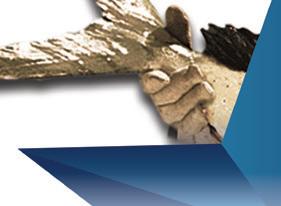
3. A BOTTLE OF WATER AND A PROTEIN BAR. If you only bring what you plan to drink and eat that day, a time will probably come when a breakdown or weather leaves you stranded, hungry, and thirsty. Excluding your provisions for the day, you should always have some extra water and




food aboard your boat in case of emergency.
4. A MULTI-TOOL. It should be a strong one, not one of the cheap and easily broken versions, and this is on top of your emergency tool kit. e idea isn’t to depend on it if you need to make repairs, but rather, to have a backup to the tools you already haul along. Critical components include a knife blade, screwdrivers, and pliers.
5. A FLASHLIGHT (with fresh ba eries).
You might not ever plan to be out on the water past dark, but accidents and mechanical breakdowns do happen. If you nd yourself under a moonless sky past sunset, you’ll want a light source not only so you can see, but also for signaling others. Stay on top of those ba eries, too, because it’s all too easy to pack away the ashlight and forget about it for months on end. As a rule, change the ba eries every spring and fall.
6. A TOWEL (packaged and stowed in such a way it stays dry). You’d be amazed at what a lifesaver a simple towel can be. Whether someone falls overboard or takes a face-full of spray on a chilly December morning, having a towel to dry o with can make the di erence between continuing on your trip or turning around and going home before someone gets hypothermia.
7. A SPARE PAIR OF POLARIZED SUNGLASSES. You may carry your sunglasses as close as you carry your wallet, which is a good thing. On a boat they aren’t just for comfort but also serve as bona de eye protection. On bright days when the sun’s re ecting o the water, photokeratitis is a serious danger. Although you might never leave the dock without your shades,


it’s common for a guest to forget them or not realize just how important it is to wear them when on a boat. So, having a spare pair on hand is always a good idea.

8. SUNTAN LOTION. As with the water and food, we’re not talking about the stu you bring with you every trip. We’re talking about the spare tube you keep tucked away somewhere just in case. Sooner or later, for one reason or another, you’ll need it. When you do, you’ll be very glad you have it aboard to prevent turning into a lobster.
9. SOME SORT OF MANUAL BAILING OR PUMPING DEVICE. Bilge pumps can fail, and waves can roll over the bow. Whenever you’re on a boat there’s a possibility that water will get in. You should always have something that doesn’t depend on electrical power or complex machinery to get it back out. Be it a bucket, a capped jug with the bo om cut o , or a “ irsty Mate” style hand-powered piston pump, make sure there’s always something aboard you can use to manually bail water.
10. TOILET PAPER or some napkins. Because emergencies happen — enough said.
Remember, all this stu is on top of your standard-issue safety and communications gear. Also, this isn’t necessarily a comprehensive list. If you’re heading out for an extended voyage, an overnight trip, or far out into the ocean you’ll want to plan and pack accordingly. Remember, no ma er what sort of boat you have or where you do your boating, all 10 of these items belong aboard each and every time you shove o the dock.
Email Lenny Rudow at ContactUs@fishgame.com


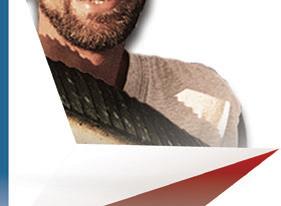



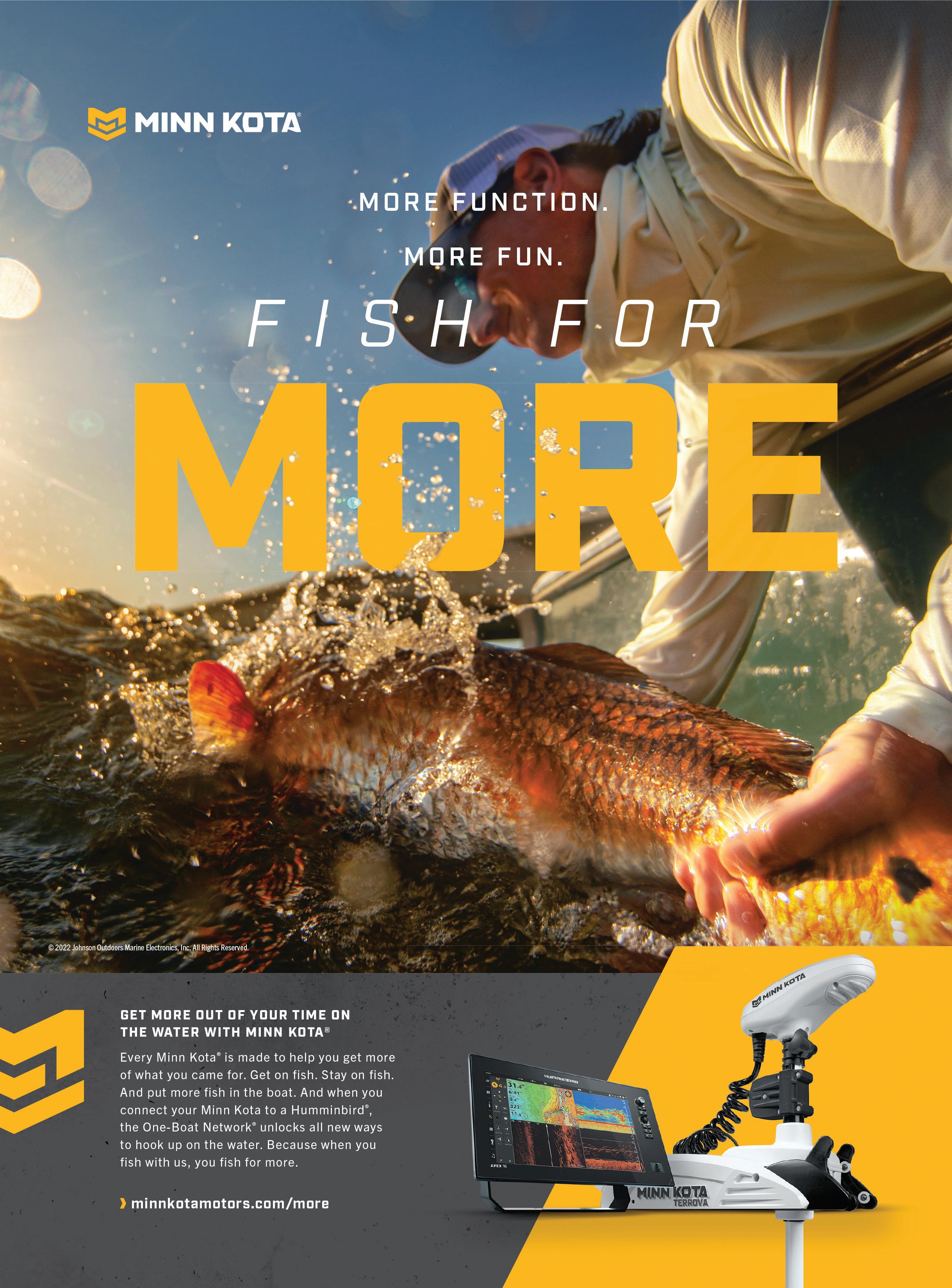
ERHAPS THE GREATEST ARGUMENT FOR THE RIGHT TO KEEP AND BEAR arms is protecting one’s life, family, and property from evildoers. Most of the time, that is framed within the context of a murderer or rapist breaking into a home or attacking in a dimly light parking lot.

But what about self-defense in the woods? Increasing numbers of hunters and other outdoor lovers are encountering criminal elements and psychos. Add to that growing human-animal conflicts, not only with bears, mountain lions, and other carnivores but also with feral hogs, elk, and moose.
We will examine some basic strategies for staying alive and some great gun choices for defense beyond the pavement.
The following is a list of things I have put into practice for years that have kept me safe. The list was inspired by close calls that inspired this article and reinforced to me why we should never enter the woods without a firearm.
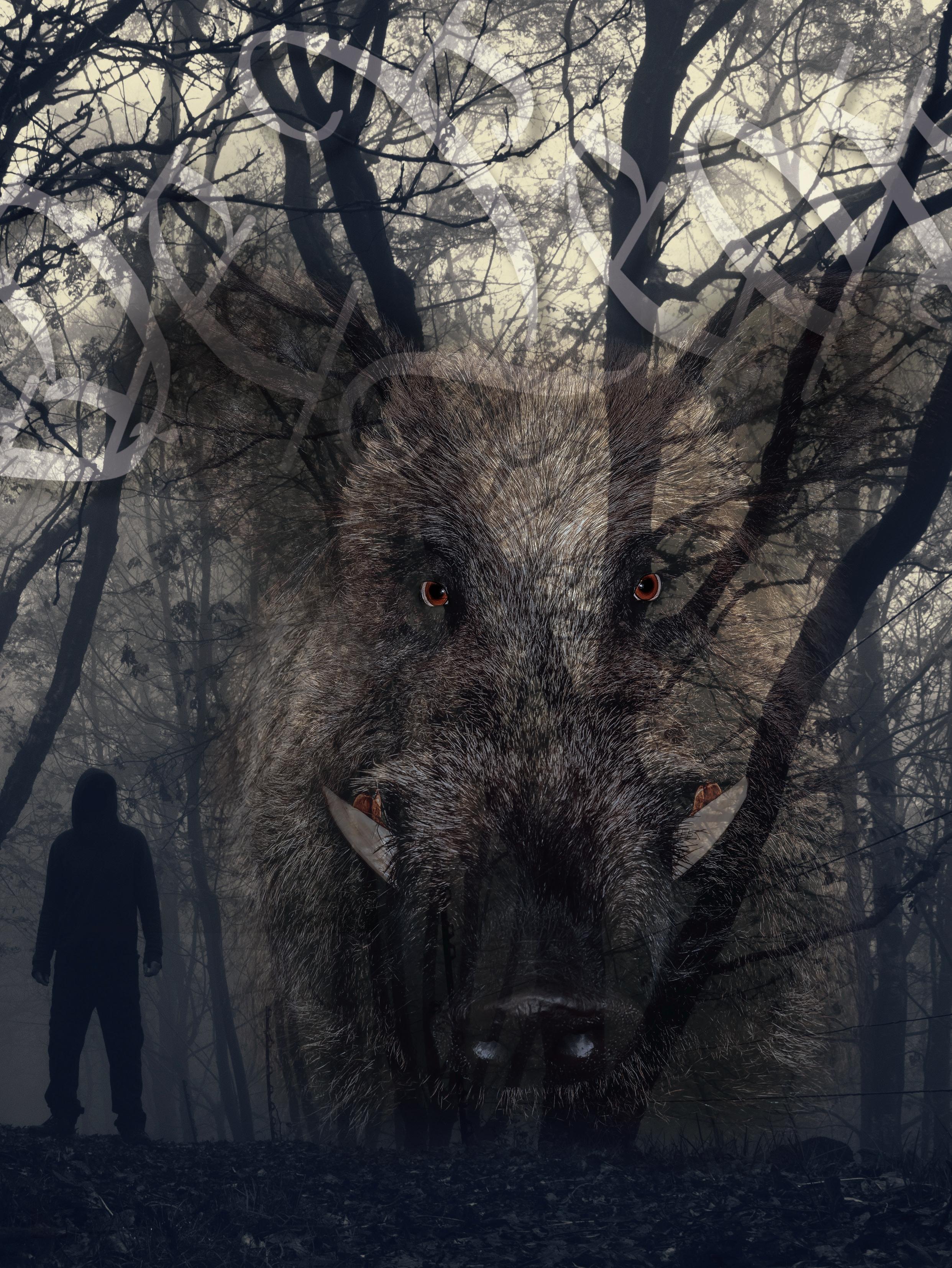
Gunning up for self defense in the outdoors is wise, but proper training is a must.

e Internet is an excellent tool for studying areas. If you nd out an area is a high drug tra cker area, for example, avoid it like the plague. I have several places I no longer frequent because of this issue.
Stay calm if you encounter people in the woods who seem uneasy or a bit shi y. Ge ing angry or showing fear is an easy way to trigger someone who has violent

THE MOST IMPRESSIVE STAT ON THE Scorpion Pistol is the price tag. Current production Scorpion pistols lack the 3/4-inch sling slot on the left side of the action that is present on earlier variants.
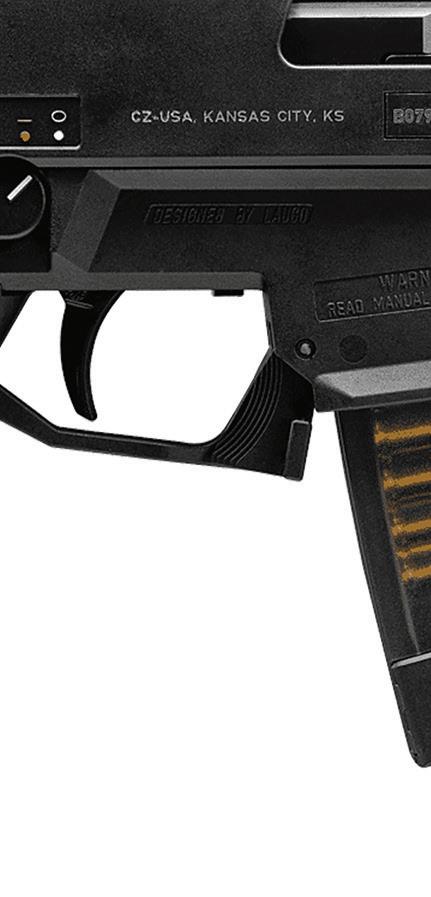
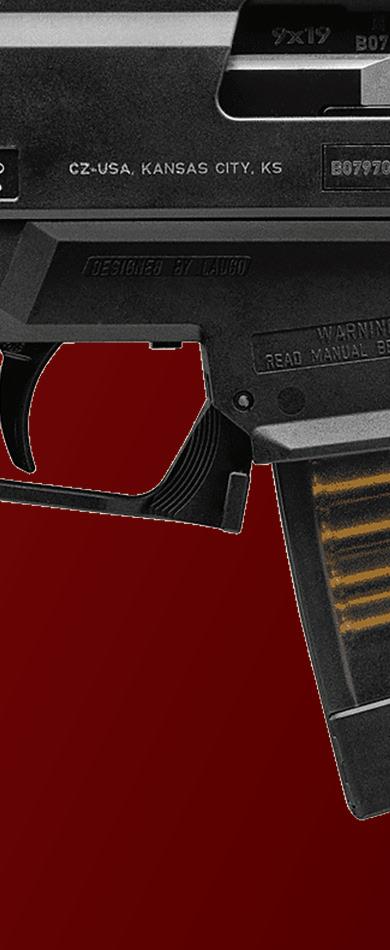


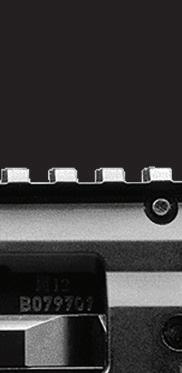
The CZ Scorpion EVO 3 S1 Pistol is legally classified by the ATF as a pistol and is intended by CZ-USA to be used as a pistol.
tendencies. Staying calm is also essential for encounters with predators. If a bear catches you o -guard, for example, the last thing you want to do is run.
returned by a particular time or day.
Always park your vehicle facing out of the area as you check out. In a tight spot, you don’t want to have to back up and turn around during a retreat. Also, park in a clear area that you can see from a distance. If someone is waiting on you or has moved into the spot, it will give you a chance to assess the situation and prepare.

If you see strangers poaching in the woods at night, for example, don’t be a hero and try to stop them. ey are armed and probably will use their weapons on you if you try to stop them. Call and report activity to local game wardens and get out as quickly as possible.

I carry a beacon that will alert all rescue personnel at the touch of a bu on. Don’t rely just on a cell phone. Get a beacon of some kind, too.
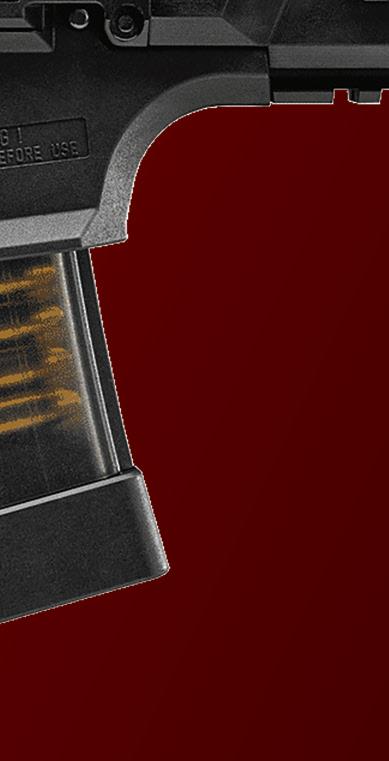





Talking to locals in a gun shop or sporting goods store can give you good intel on the local region. For example, if you drew an elk tag for


el plan and let them know the points you plan to explore. For example, give them a time frame, and let them know
Under current federal law and ATF policy, attaching






















Users of the CZ Scorpion EVO 3 S1 Pistol bear the sole responsibility for ensuring their use of this firearm complies with all local, state, and federal firearms laws.


Wyoming, locals would know if grizzlies have been seen recently. at’s important to know.

In this publication, it goes without saying that carrying a rearm you are comfortable with using is crucial.
It doesn’t ma er if you’re y shing a remote stream in the Hill Country or bringing your kids berry picking in the Pineywoods. Always carry where it’s legal. e following are a few carry options for di erent outdoor self-defense scenarios from our friends at CZ.
Designed in 1975, the CZ 75 is the agship model of the CZ handgun line, with more than one million produced. It is recommended as a top self-defense handgun by many experts. Google and see.
An entire family of pistols is available based on the CZ 75 design: compacts, decockers, single action only, ambidextrous, alloy frames, and competition pistols.
e 75 B features a steel frame, a black polycoat nish, three-dot sights, 16+1, 9mm capacity, and, of course, the ergonomics and DA/SA action that have made it the most copied handgun design, second only to the 1911. e “B” designation indicates that the model is equipped with a ring pin block safety.
e CZ 75 B is used by more governments, militaries, police, and security agencies than any other pistol. It comes chambered in 9 mm Luger and has a magazine capacity of 16 rounds.
at’s enough to mow down a rabid coyote and to give you con dence that if you got in an exchange with a criminal, you would come out on top.
e CZ Scorpion EVO 3 S1 Pistol is perfect for carrying in your vehicle for cruising down remote roads or packing for defending the tent.
Finally available for public consumption is the much-anticipated Scorpion sub-gun. Imported as a pistol, it is a blowback-operated semi-auto in 9mm with a short 7¾-inch barrel.
Open sights ride on an 11-inch Picatinny rail perfect for mounting optics. Starting in 2016, Scorpion Pistols feature 1/2×28 threads hidden underneath the factory ashhider, meaning users can t either 1/2×28 or 18×1 accessories to the muzzle. Also added is a QD sling swivel pocket integrated into the rear sling a achment point.
Simple and reliable, the Scorpion not only has ambidextrous controls, but its non-reciprocating charging handle is also swappable, and the reach to the trigger is adjustable.
With a wealth of accessories and a ach-


ments available for the Scorpion platform, customization can easily be done with several braces, grips, forends, magazines, safeties, mag releases, charging handles, and triggers explicitly designed for the EVO 3 platform.
Venturing into bear country, even if you’re scouting for a hunting trip before the season or camping, means you need to be cautious. is is becoming increasingly true in areas with high concentrations of feral hogs.
Over the last two years, Texas has had one fatal hog a ack and several other vicious a acks on unsuspecting victims.
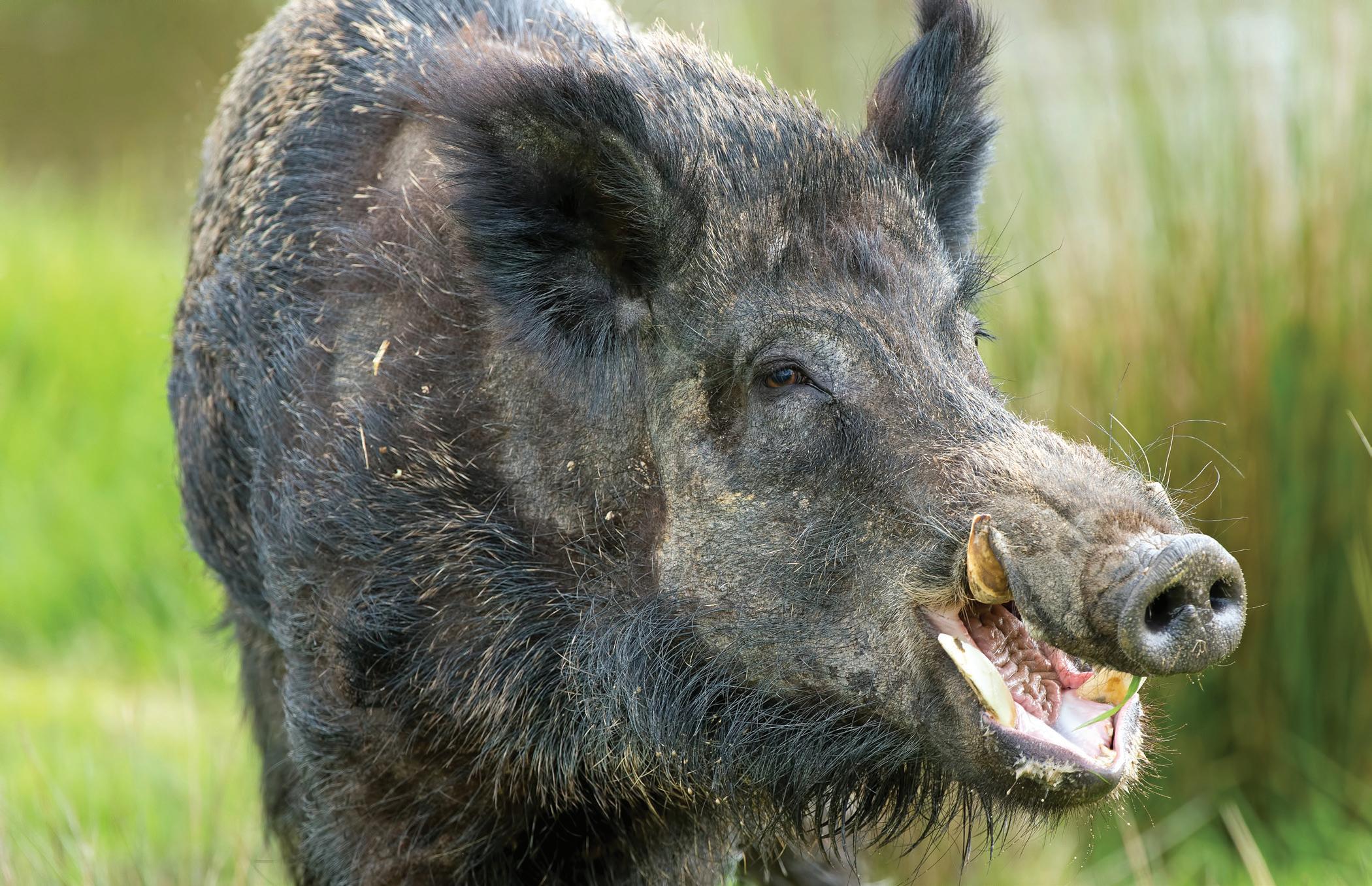
e CZ 600 Alpha chambered in .300 Win Mag will get the job done for protecting against animal a acks. e lightweight aluminum receiver balances the semi-heavy barrel so it won’t weigh you down.
On top of that, CZ guarantees it can get it done in sub-MOA style. It’s also an excellent and highly accurate choice for an allaround big-game ri e.
Time in the wild is fun, exciting, and generally stress-free, but there are moments when it can get dangerous. Following these easy-to-follow tips and carrying the right weapon can give you con dence, and they might save your life.
WING TO THE COVID19 pandemic, the last U.S. Fish and Wildlife Service (USFWS) duck breeding population survey was released in 2019.
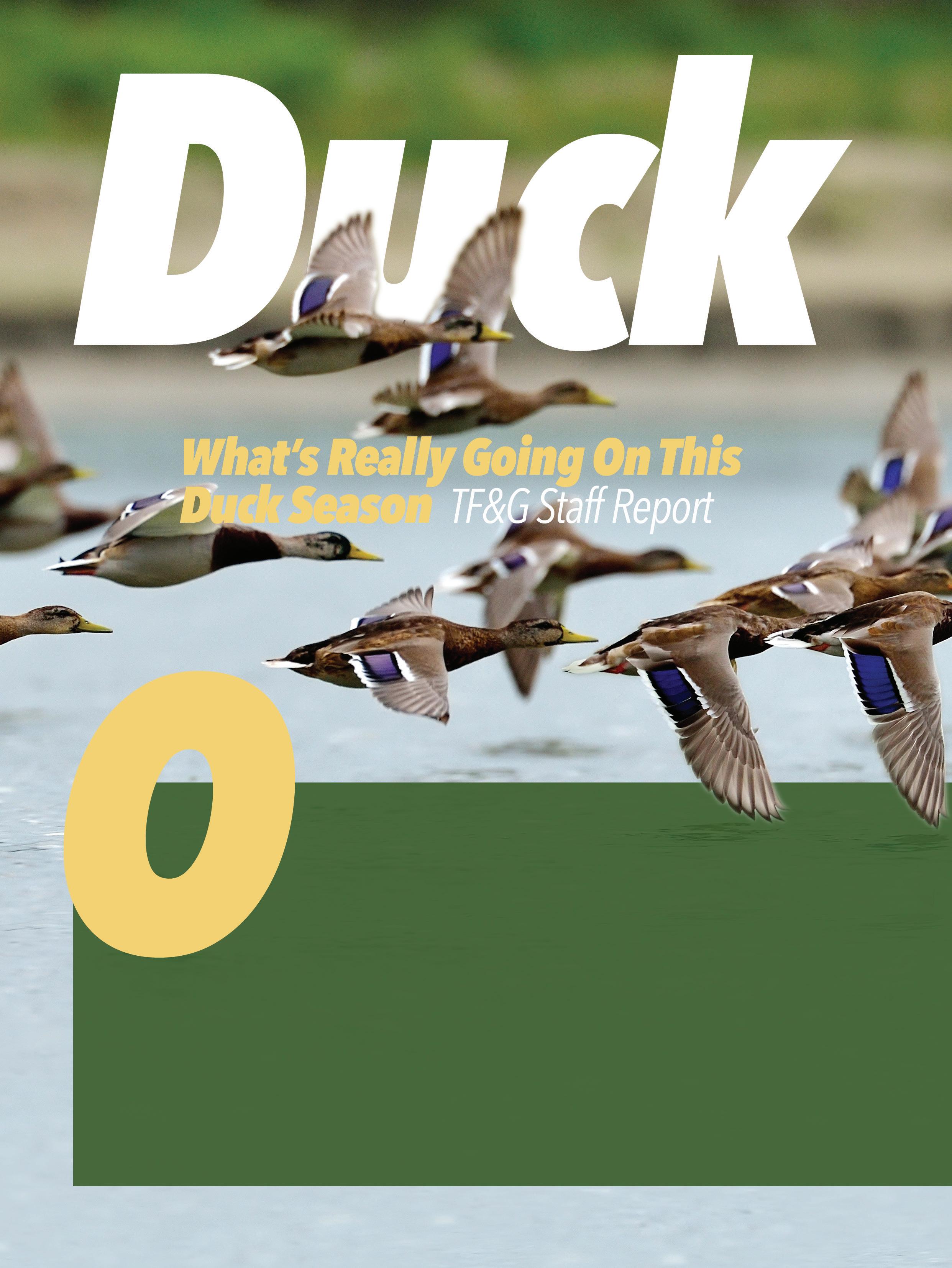
According to officials with Ducks Unlimited (DU) total populations were estimated at 34.2 million breeding ducks in the traditional survey area, 12 percent lower than 2019’s estimate of 38.9 million and four percent below the long-term average (since 1955).
DU Chief Scientist Dr. Steve Adair said, “Although the beneficial effects of timely precipitation during late winter and spring were evident by high pond counts across the east ern prairies, the total duck estimate in the Traditional Survey
Area was the lowest in nearly 20 years.”
“The drop in duck numbers reflects the consequences of low production caused by multiple years of prairie drought, including 2021, which was one of the most severe and wide spread in nearly four decades,” Adair said. “But the survey revealed some bright spots for duck populations and pro vided optimism for good production this summer and carryover of favorable pond conditions into fall and winter.”
“Whether it’s good news or bad,” said Ducks Unlimited CEO Adam Putnam, “DU believes in following science. We are grateful for our federal, state, and provincial partners resuming the surveys to gather the data we’ve all come to rely on.”
“This year’s survey revealed what many expected, lower
breeding duck populations partly as result of the drought we’ve experienced the last few years,” Putnam said. “While we never like to see these declines, we know that prairie drought can increase wetland productivity and sets the stage for waterfowl success when the water returns, much as it did this spring in parts of the prairie. We will not stop working toward our vision of skies filled with waterfowl today, tomor row and forever.”
Dr. Frank Rohwer, Delta Waterfowl’s president and chief scientist, added to the concept of production being up fol lowing a drought.
“Predators have a hard time in drought years just like ducks do, so ducks tend to get a break when the water comes back on the prairies,” he said. “Our Predator Management sites and duck nesting surveys are showing very high nest
success this year.”
Delving into the survey results, the breeding mallard pop ulation was estimated at 7.22 million, which is nine percent below the long-term average in the survey, which dates back to 1955. In fact, the breeding mallard population is the low est since 2005. Still, mallard production should be good this year across much of the prairie according to Delta officials.
Blue-winged teal, the second-most abundant duck in the survey at 6.49 million, are 27 percent above the long-term average and 19 percent above the 2019 population. Greenwinged teal indexed at 2.17 million, a 32 percent decrease from 2019 but right at the long-term average.
“Teal numbers are the surprise of the survey,” Rohwer said. “It’s the opposite of what we might expect, with bluew ings being so high and greenwings being down.”
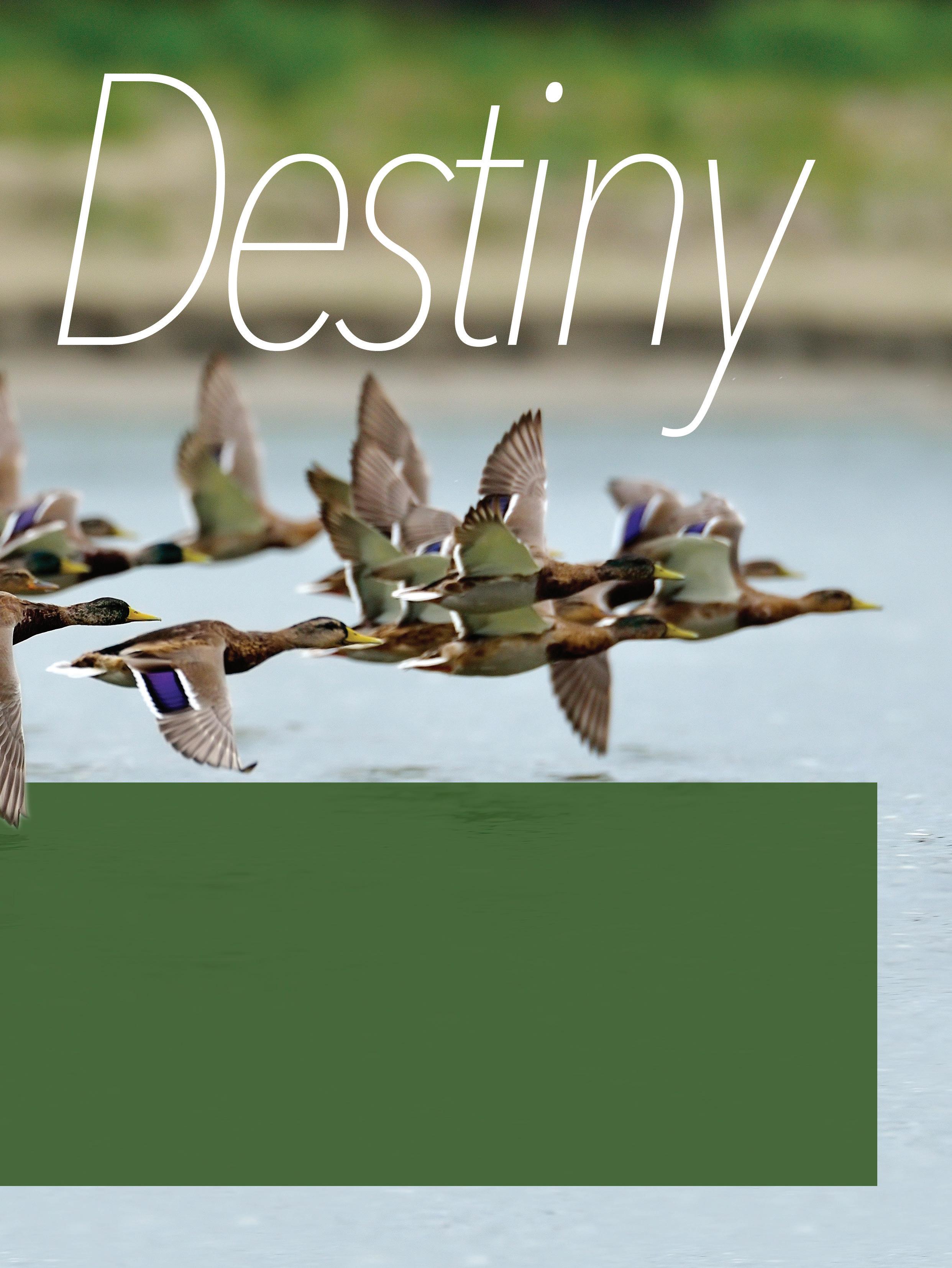
Among other puddle ducks, gadwalls came in at 2.67 million, down 18 percent but still 30 percent above the long-term average. Wigeon declined 25 percent to 2.13 million, 19 points below the long-term average, while shovelers at 3.04 million remain 15 percent above the long-term average.
Among the diving duck species estimated in the survey, scaup, aka bluebills were estimated at 3.6 million, 28 percent below the long-term average, but unchanged from 2019. Canvasbacks came in at 585,000, which is only one percentage point below the long-term average and 10 below 2019. Redheads increased to 991,000, up 35 percent from 2019 and 36 percent above the long-term average.
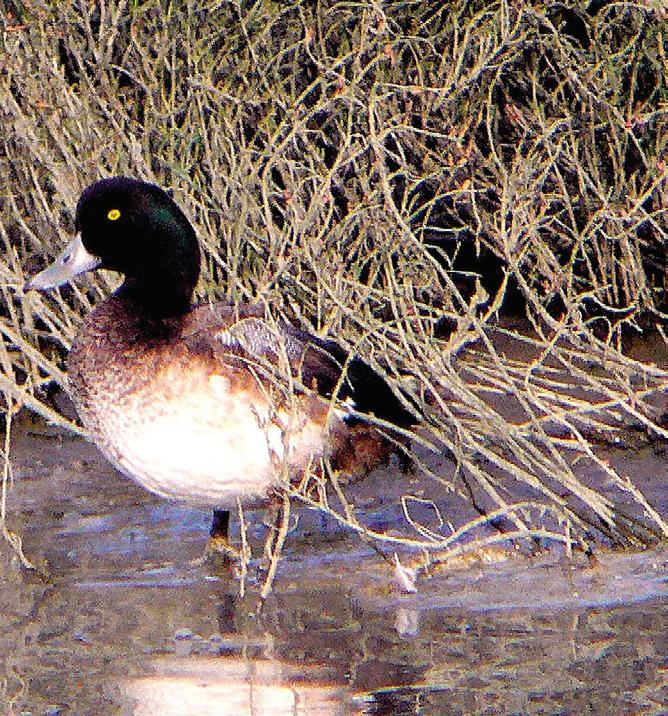
“Prairie-nesting duck species such as blue-winged teal, gadwalls, mallards and redheads should really bene t from the wet conditions in the eastern Dakotas and Manitoba,” said Dr. Chris Nicolai, waterfowl scientist for Delta.
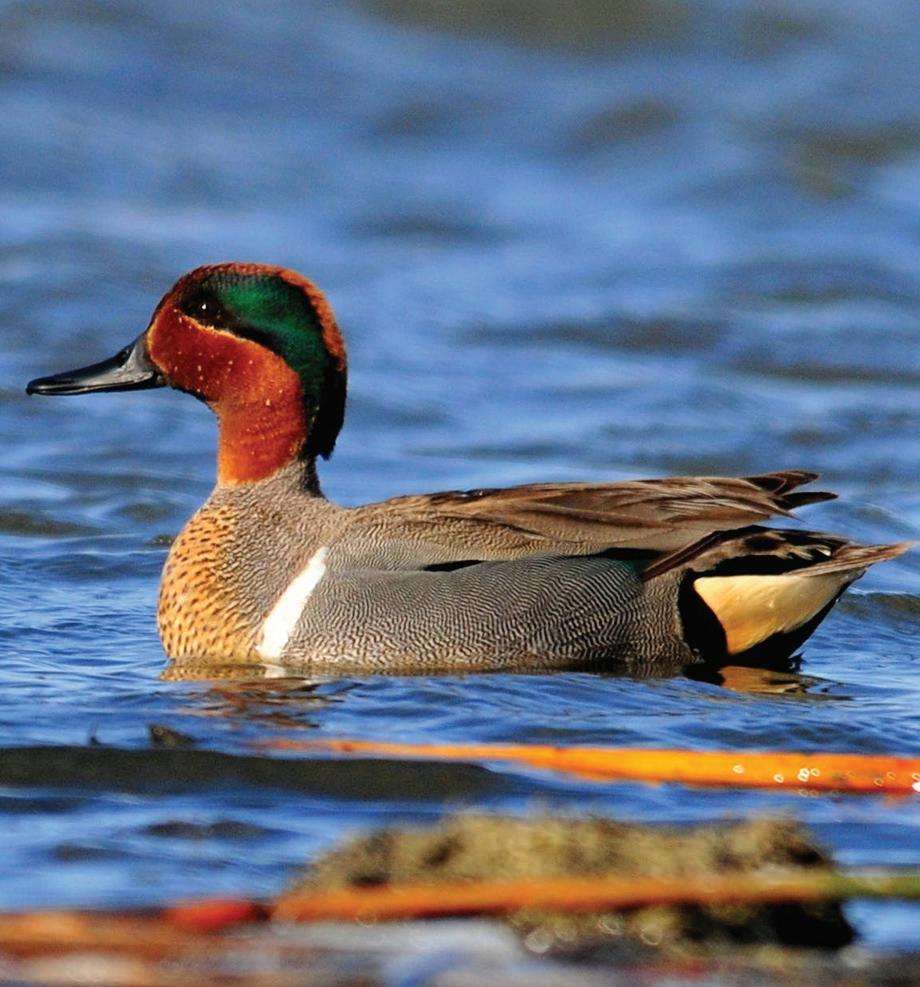

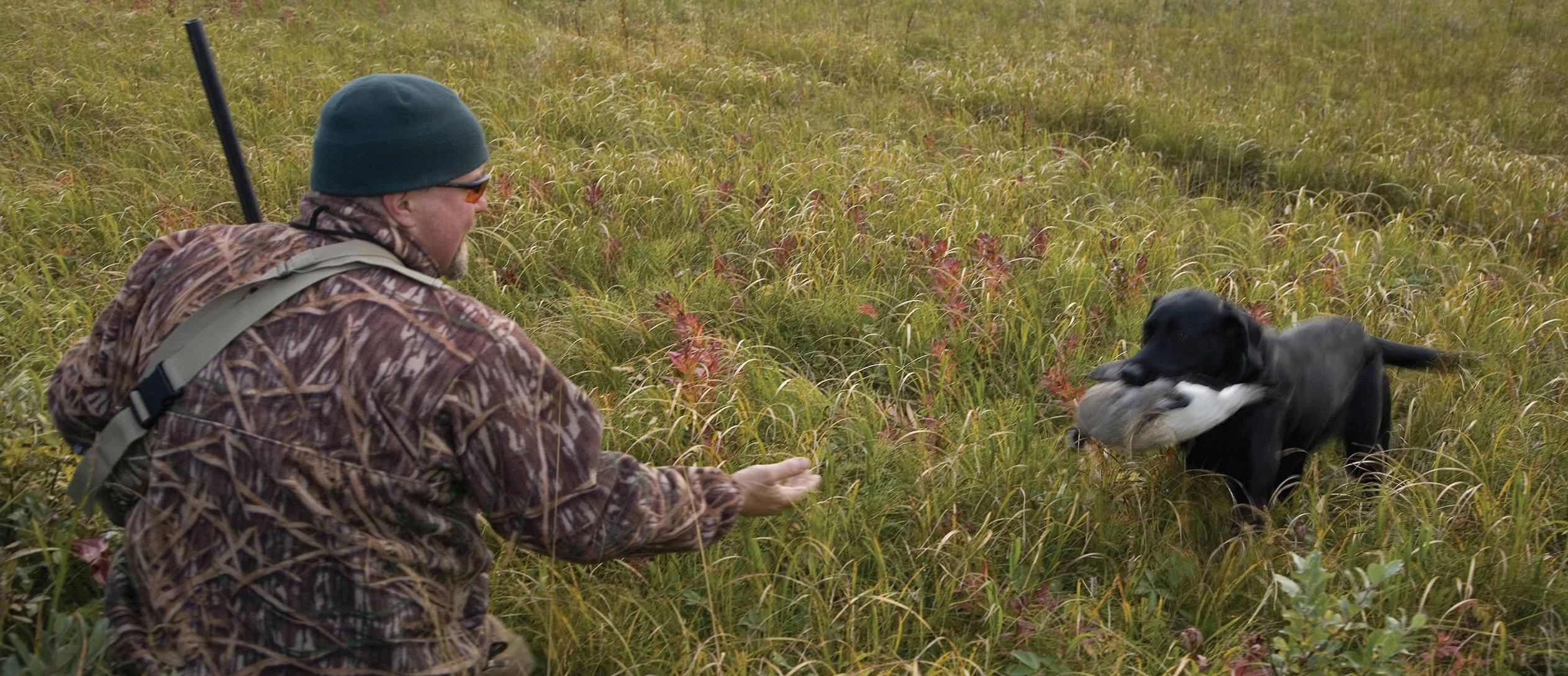
“Hunters should see a lot more young ducks compared to last year. Remember that we hunt the fall ight, not just the breeding population. e years when duck production is strong — like this year should be — generally provide the best hunting seasons.”
Pond and breeding duck counts aren’t the only thing impacting waterfowl hunters this season. Duck hunters planning to hunt in Canada this year dodged a bullet so to speak.
A USDA-APHIS regulation, announced on September 2, 2022, immediately disallowed game birds taken by hunters in Canada from entering the United States, regardless of the province in which they were taken.
DU scientists along with other conservation groups held several discussions with
USDA APHIS, making the case there’s li le existing evidence this regulation would have a meaningful impact on the spread of highly pathogenic avian in uenza (HPAI) in the U.S.
USDA-APHIS then shi ed their position.
“We certainly understand and appreciate the importance of limiting the spread of HPAI in the U.S.,” said DU Senior Waterfowl Scientist, Dr. Mike Brasher.
“But based on data from the U.S. Fish and Wildlife Service and Canadian Wildlife
Service, U.S. hunters and their harvested birds imported from Canada pose relatively minimal risks in this regard. DU will use this opportunity to communicate with waterfowl hunters about these new import restrictions and USDA APHIS voluntary guidelines that will provide additional safeguards against the spread of HPAI this fall and winter.”
Under the new restrictions, unprocessed hunter-harvested wild game bird carcasses, originating from or transiting Canada, must meet the following conditions:
• Viscera, head, neck, feet, skin, and one wing have been removed; and

• Feathers have been removed, with the exception of one wing, as required by U.S. Fish and Wildlife Service (FWS) for species identi cation; and
• Carcasses must be rinsed in fresh, clean, potable water prior to packaging and must not have visible evidence of contamination with dirt, blood, or feces; and
• Carcasses must be imported in leakproof plastic packaging and stored in a leakproof cooler or container during transport and import; and
• Carcasses must be chilled or frozen during transport and import.

“We appreciate USDA’s willingness to hear the concerns from DU and revise this rule in a practical and scienti c manner,” said DU CEO Adam Putnam.
“ is revision is not only a win for American waterfowlers but also for the application of sound science,” he said. “Now, waterfowlers who’ve already departed north of the Canadian border have clear guidance on how to limit the spread of HPAI and bring their harvested game birds back into the U.S. safely.”




Weapon, or “PDW” is a useful concept that is probably overlooked more than it should be in modern defense planning. PDWs are more subcompact packages, such as the M1 carbines of old, a H&K MP7, or the more notable FN P90.
e concept is for a more compact and easily carried rearm for self defense and security, rather than a full-sized carbine or ba le ri e. However, it also includes a more powerful cartridge than a sub-machine gun pistol round.

Most rearm purchases are for either hunting, range fun, or defense. So, a PDW seems to ll the defense role more than a traditional semi-automatic ri e would.
Of course, pistols are more commonly used for defense because they are easily concealable. However, pistols are more di cult to master than a ri e, and are always underpowered. is is why a shorter PDW, is advantageous, especially with a stock.
CMMG recently jumped into lling the modern PDW role with their rollout of the Dissent line. Although it looks like a short AR15 on the surface, the lower receiver is where the comparison ends.
e upper receiver is a completely new design which eliminates the need for a buffer tube. e hybrid bolt is charged by the forward side charging handle much like an MP5 handle location (but no, we don’t get to “slap” it).
e Dissent is currently available in either 5.7x28mm, 5.56mm NATO or 300BLK, each with a 6.5-inch barrel. When I heard the barrels were that short, I chose the 5.7x28mm for testing because it was an obvious PDW caliber. 300BLK would have been my second choice.
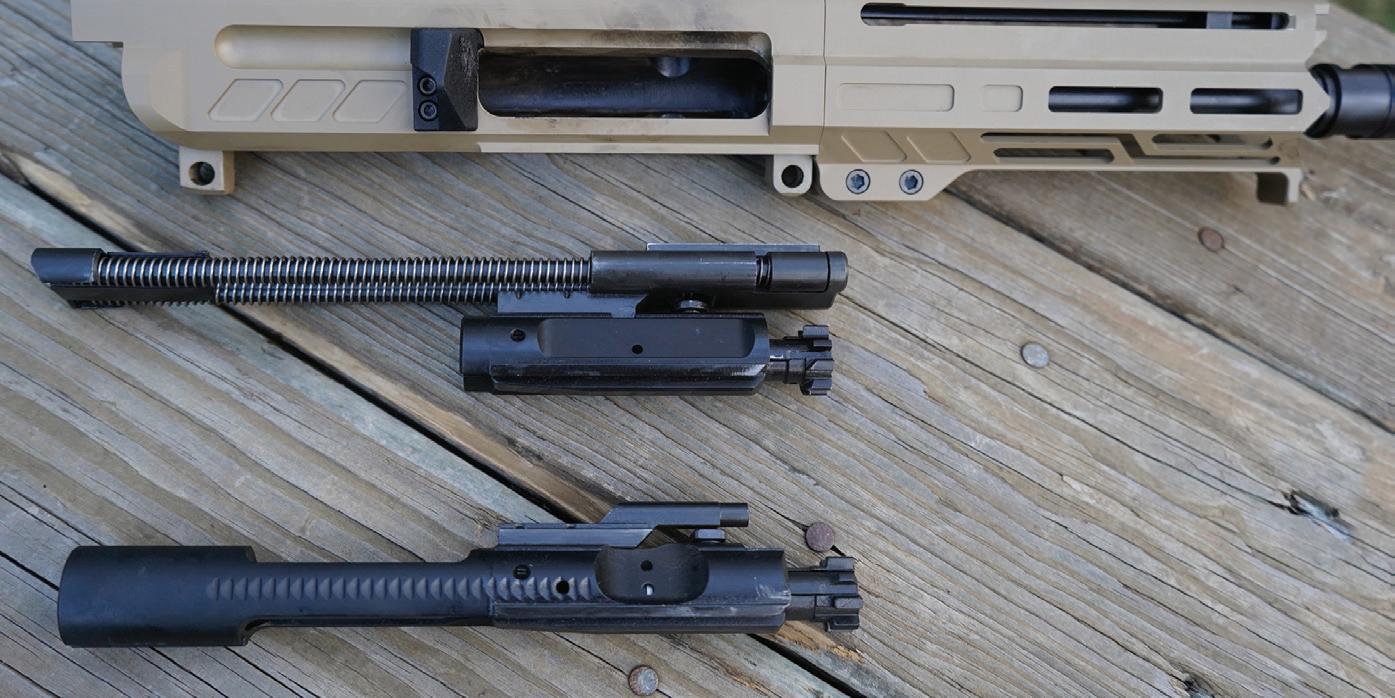
For defensive use I try to stay at least 11 inches long on 5.56mm NATO, even though reballs out the end of the barrel always make for a fun time.
Another reason I wanted to test the 5.7x28mm model is that it utilizes CMMG’s Radial Delayed Blowback (RDB) action. Unlike traditional gas impingement systems, the RDB system is a hybrid of a traditional blowback design with a modi ed AR15 bolt face that delays the bolt movement ever so slightly in order to cycle reliably and with less recoil. is design makes it perfect for a PDW setup.
e Dissent also comes with a picatinny rail on the rear of the receiver so you can choose to mount a stock. I chose to SBR mine in order to install the JMAC folding stock. Although it leaves a bit to be desired in precision shooting, it obviously helps for recoil control and target acquisition speed.
The Dissent operates with a hybrid AR15 bolt (top) assembly utilizing the Radial Delayed Blowback system. A standard bolt (bottom) is for comparison.
e Dissent ran great for me, and I even tested it side by side with an older model CMMG Banshee on a high-speed camera. I was surprised to see the Dissent model actually tamed recoil a bit.
e Dissent in 5.7x28mm wearing a Bowers USS suppressor makes for a nice defensive package. It’s perfect to grab in the house or even take camping, in your vehicle. Or stu it in a bag for any defensive situations.
Accuracy wasn’t too shabby either. With Detroit Ammunition’s 40 grain load, the Dissent shot a 2.2-inch group at 100 yards, which for a 6.5-inch PDW is quite adequate.
CMMG has begun shipping out Dissents to dealers. Find out more at cmmg.com.

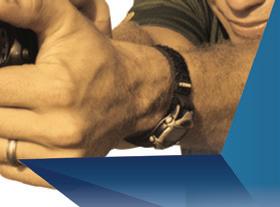


 Dustin Ellermann at
Dustin Ellermann at







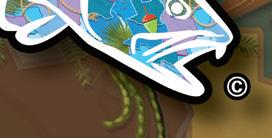
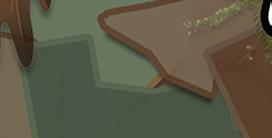
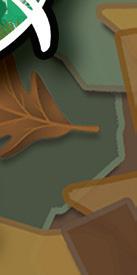
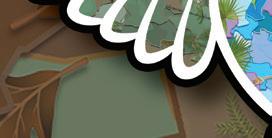
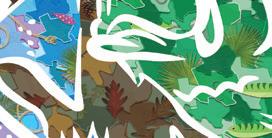
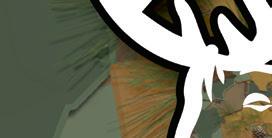
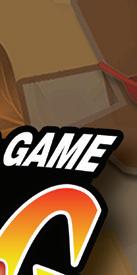
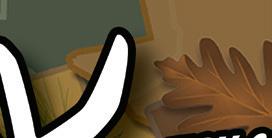

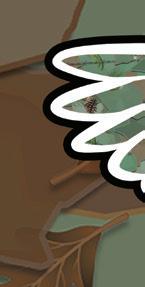


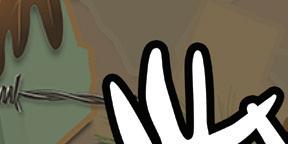









IN AN OUTDOOR family is an experience that I will always cherish. Conversation in our household was frequently about the latest shing trip or memories of great deer hunts from the last season. en there was the planning.

My parents wholeheartedly supported my love of the outdoors. My Dad was who got me started to begin with, and my mom did everything from pack us lunches for our shing trips to accompanying us on blazing hot days on the rocks shing at Pleasure Island because I wanted her to tag along.
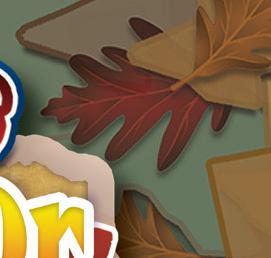
Early in my parents’ marriage, they shed a lot together, but once while crappie shing on Lake Livingston, they found what my Dad talked about all the way to his passing in 2014, “a school of the most massive crappie I have ever seen.”
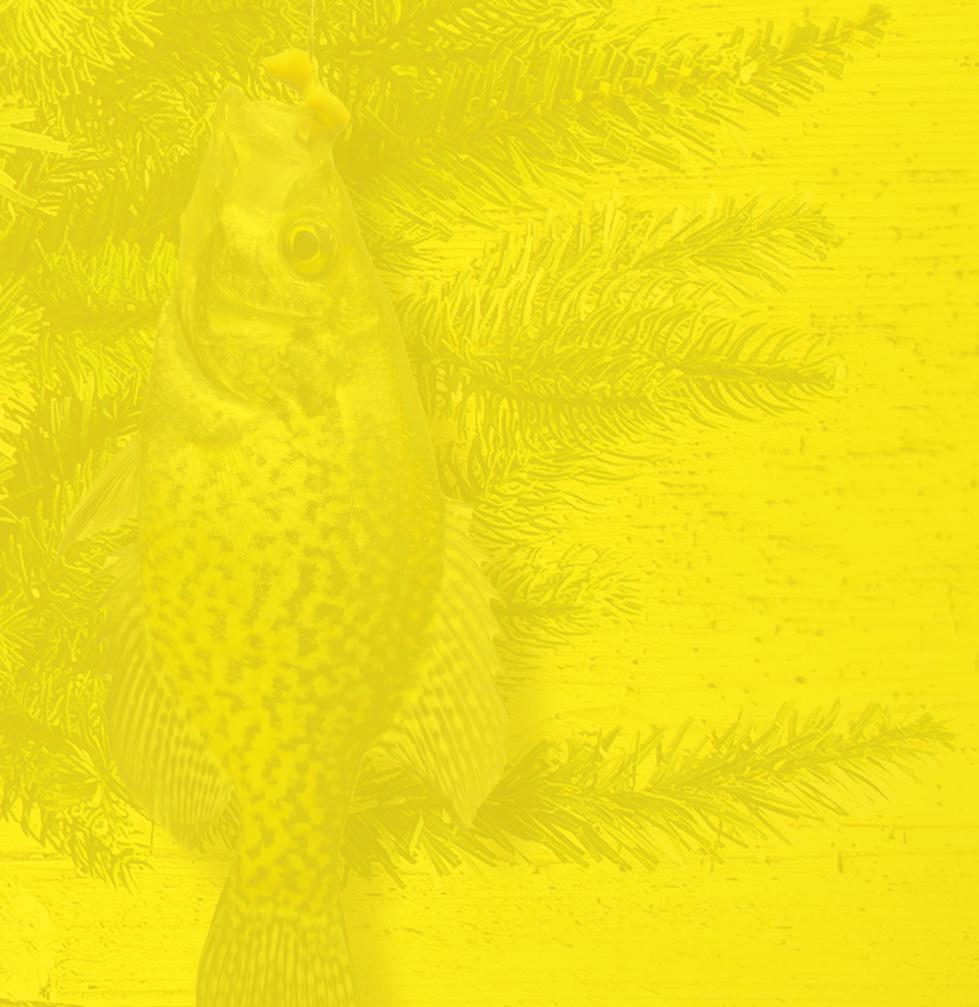
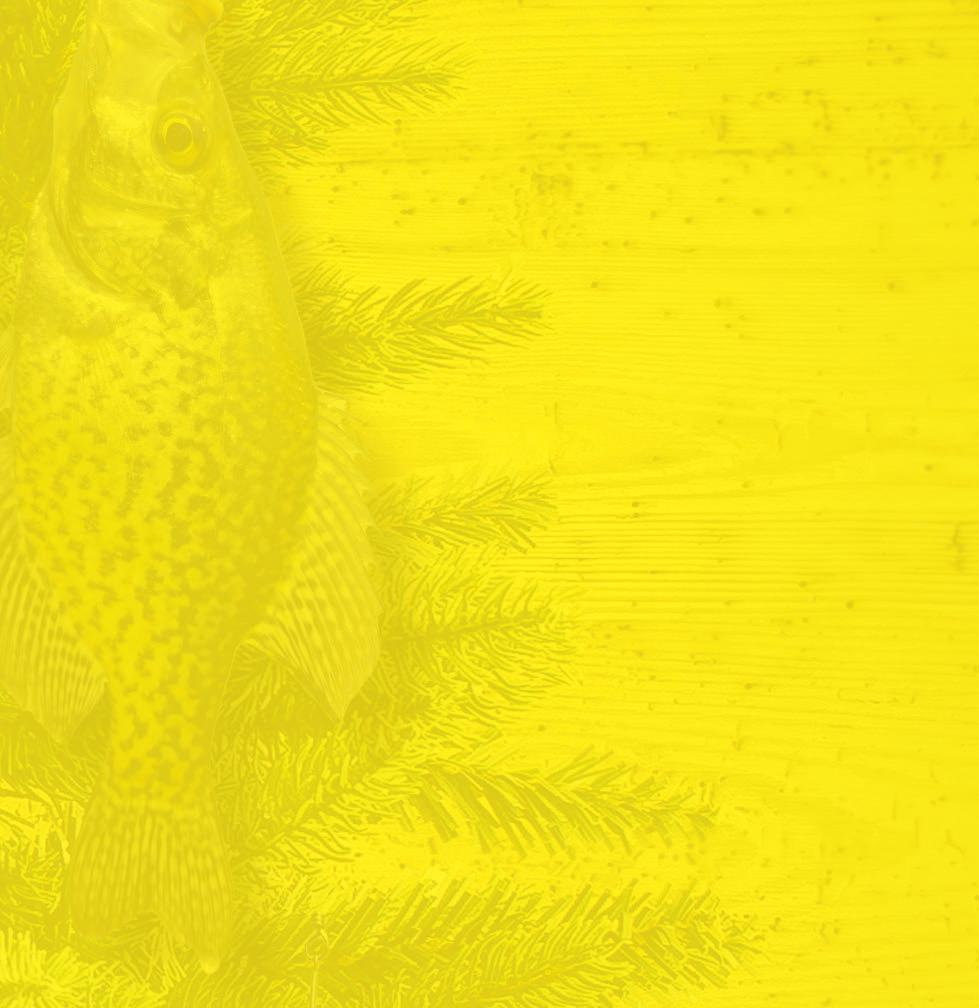
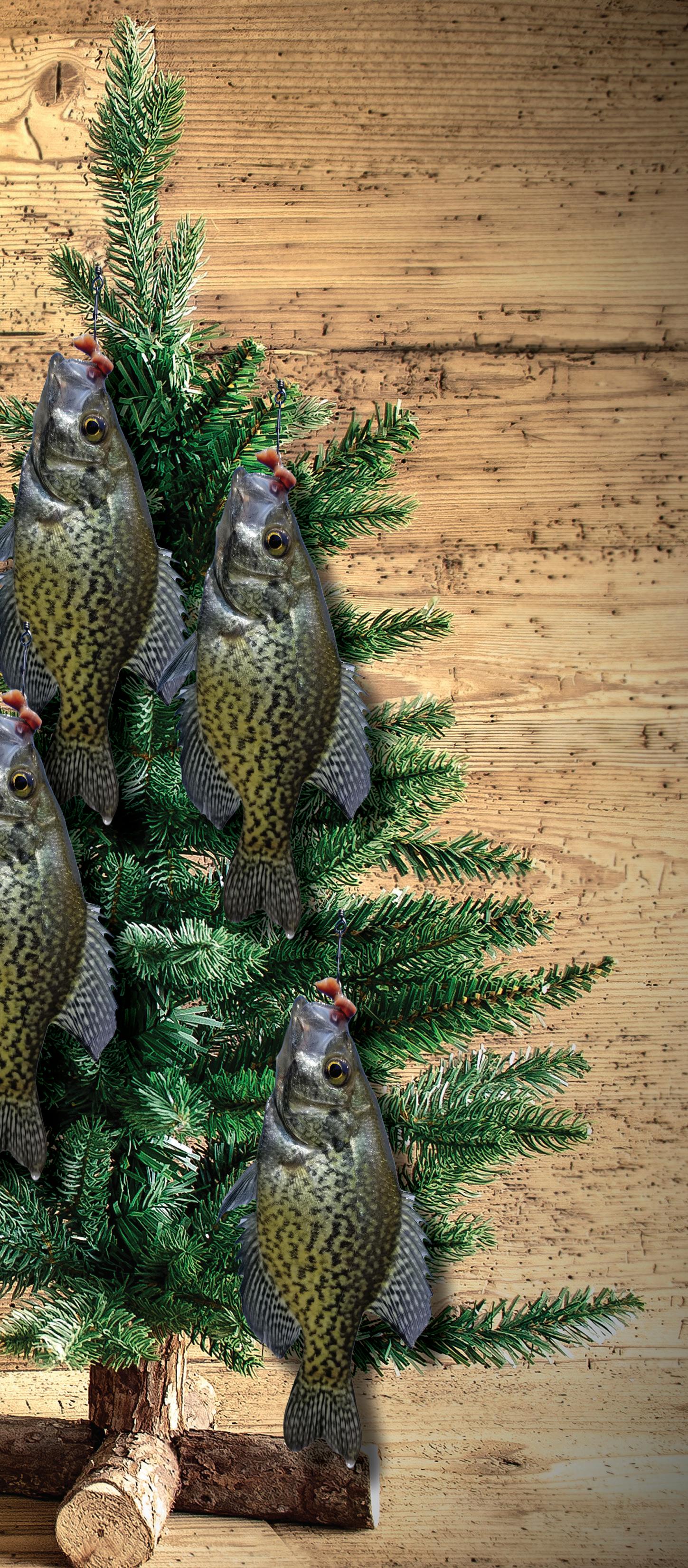
As the story goes, mom had to go to the lady’s room and Dad wouldn’t let her go until he got a limit. But for me, she would still not go.
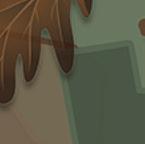
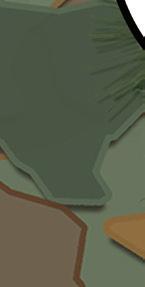
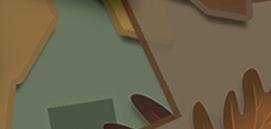
I will never forget that.



Back then guns, gear and grub were just part of the lifestyle. We knew a er a successful rabbit hunt, there would be fried rabbit the next night.
A er catching some big sheepsheads, there would be delicious baked sheepshead lets. And it never seemed to end.
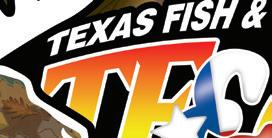
People would come to our house and constantly be introduced to the great outdoors through mom and Dad’s wild game cooking. We didn’t do it because we were trying to change the world. It’s just how we lived. I had generous parents, and sharing meals with friends was a pleasure.
As the year ends and the world seems to be on meltdown mode, it’s good to have the skills to run a trotline and skin a buck like Hank Williams, Jr. talks about in the classic A Country Boy Can Survive. e Mississippi isn’t running dry yet, but the interest has been up and the stock market’s down, and there are plenty of people ge ing mugged if they go downtown. Kind of scary that Hank got it before most of American society, isn’t it?


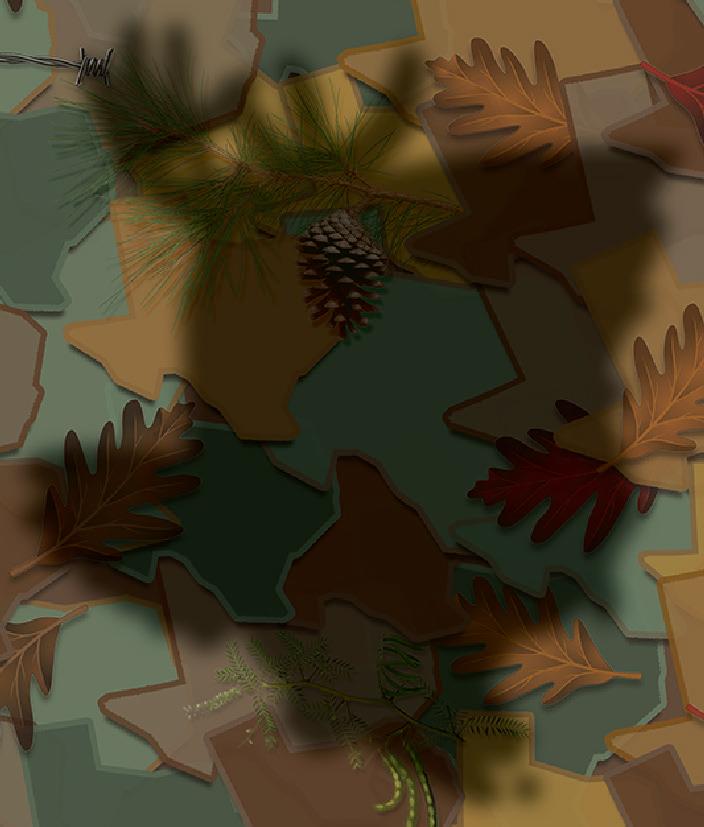

Having a deep connection to harvesting wild game is important. It’s sustainable use of a resource that has a conservation component as funds go to managing


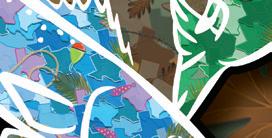
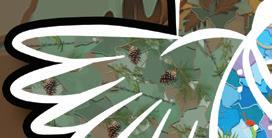
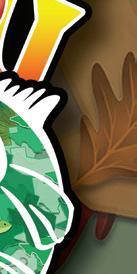
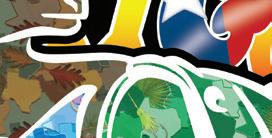
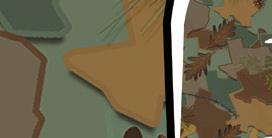
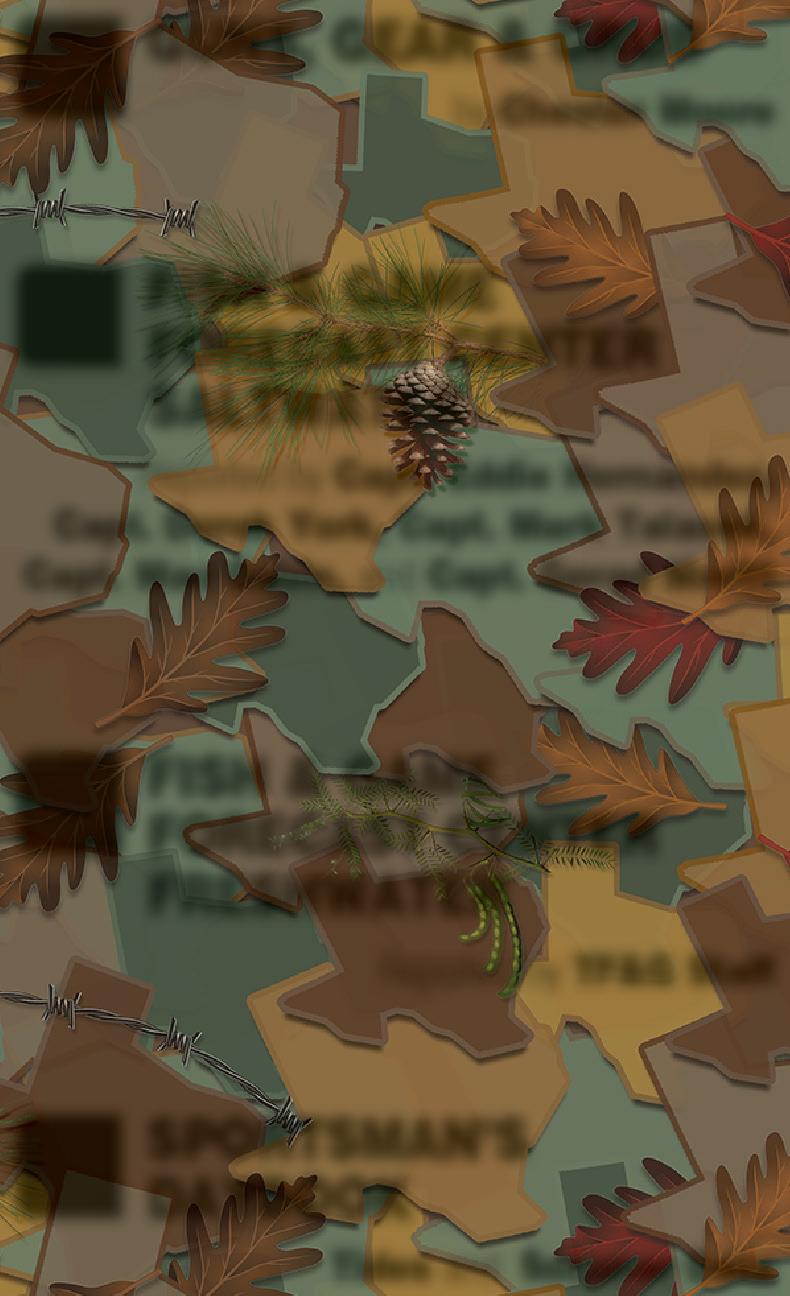





those resources and harvest helps alleviate the great American wildlife con ict that has turned on fully in the last couple of years.
e fact is feral hogs, whitetail deer, bear and elk need to be harvested, and we need to utilize that precious meat. Raising our children and grandchildren to understand the hunting and shing lifestyle is crucial to the future of our resources and to their lives.
What would happen if we had a real crisis in America where the supply chain was hit at levels that made issues during Covid look trivial? Do you think a vast majority of young people would have any idea how to catch cat sh, harvest deer or





Whitetails and other game animals need to be harvested.

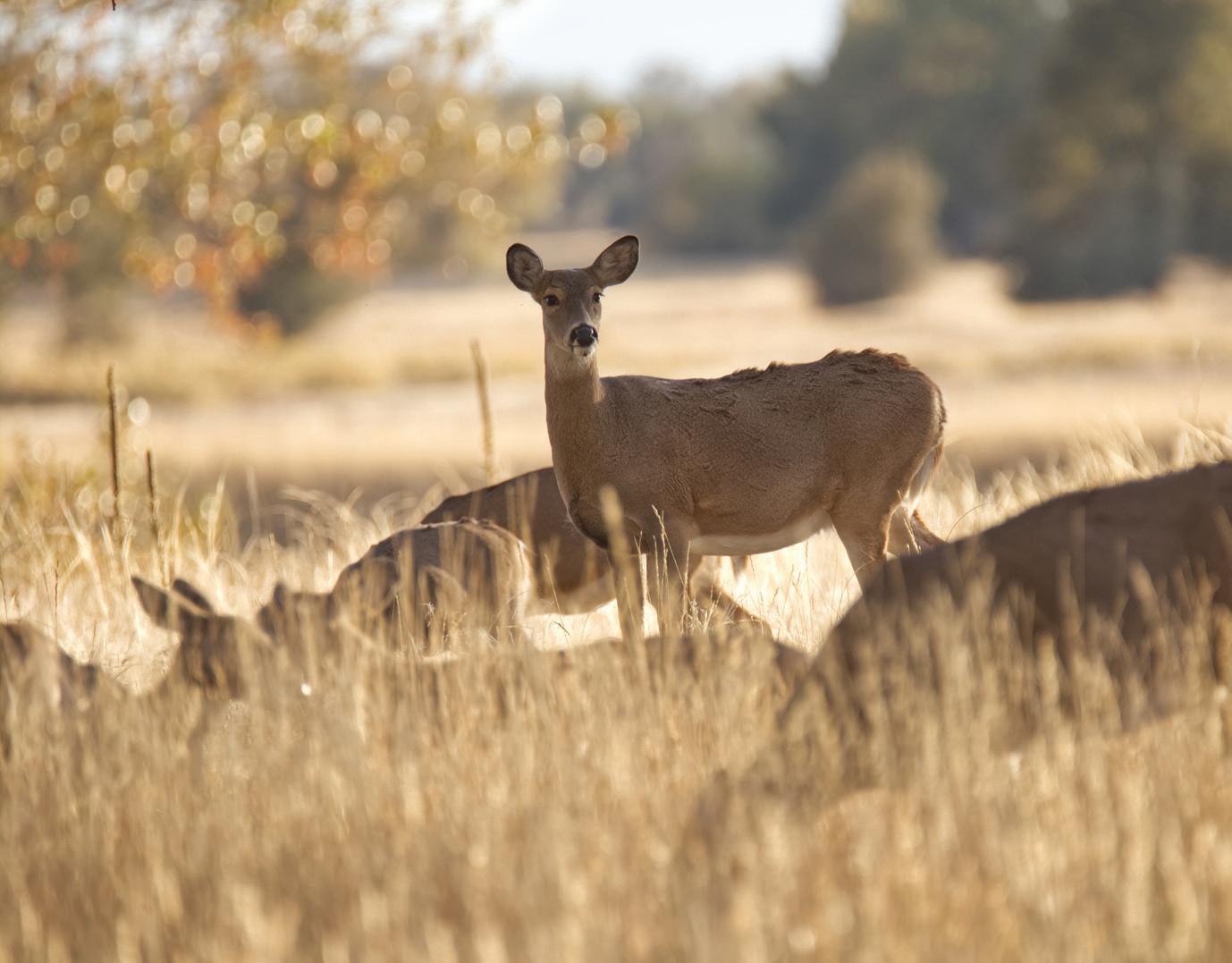
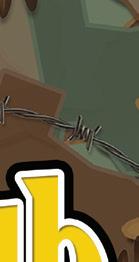
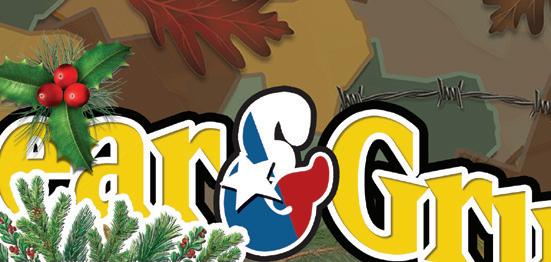
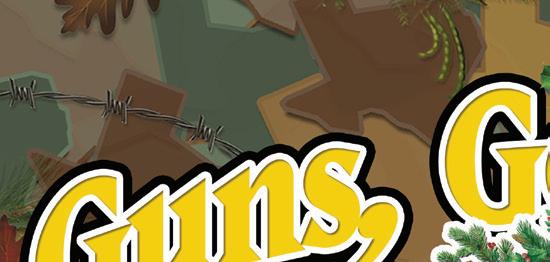

Fishing and hunting skills bolster selfsufficiency.

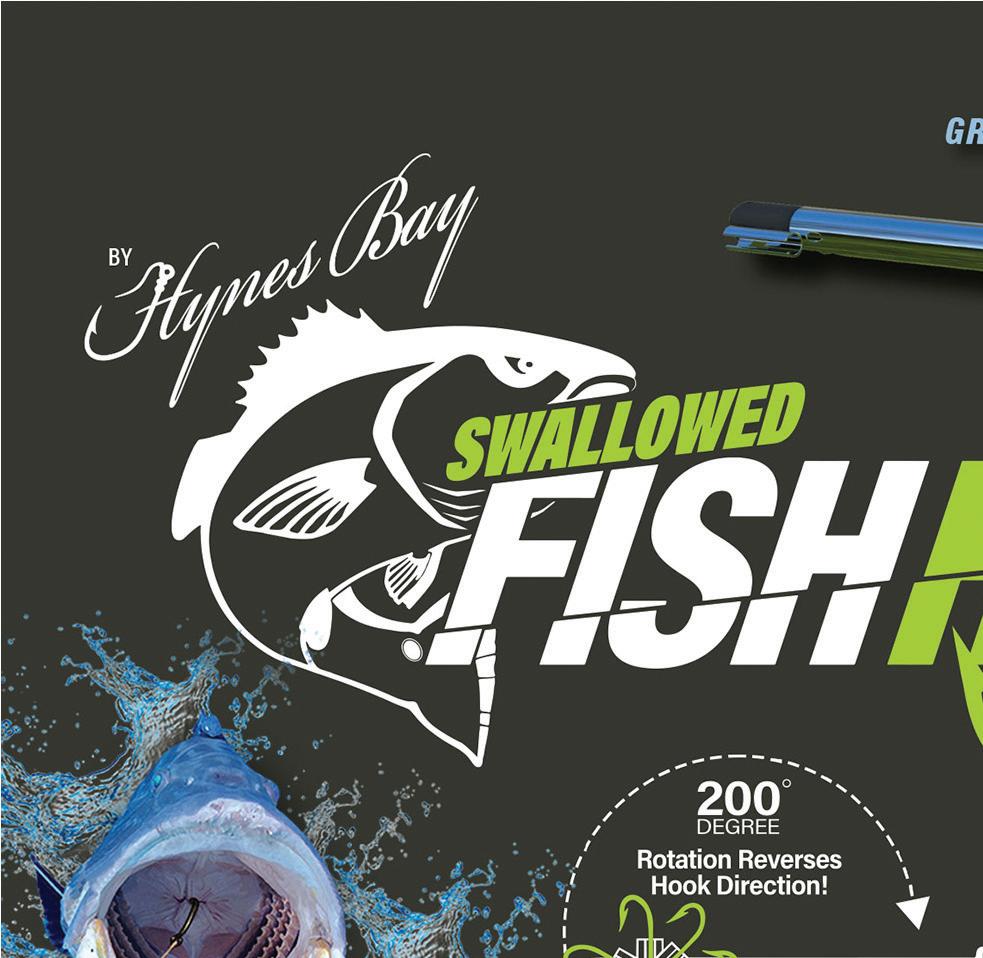
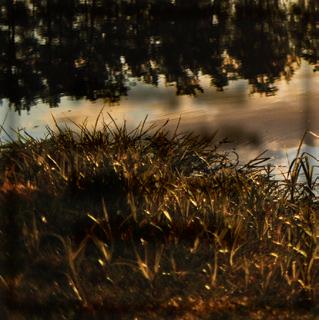
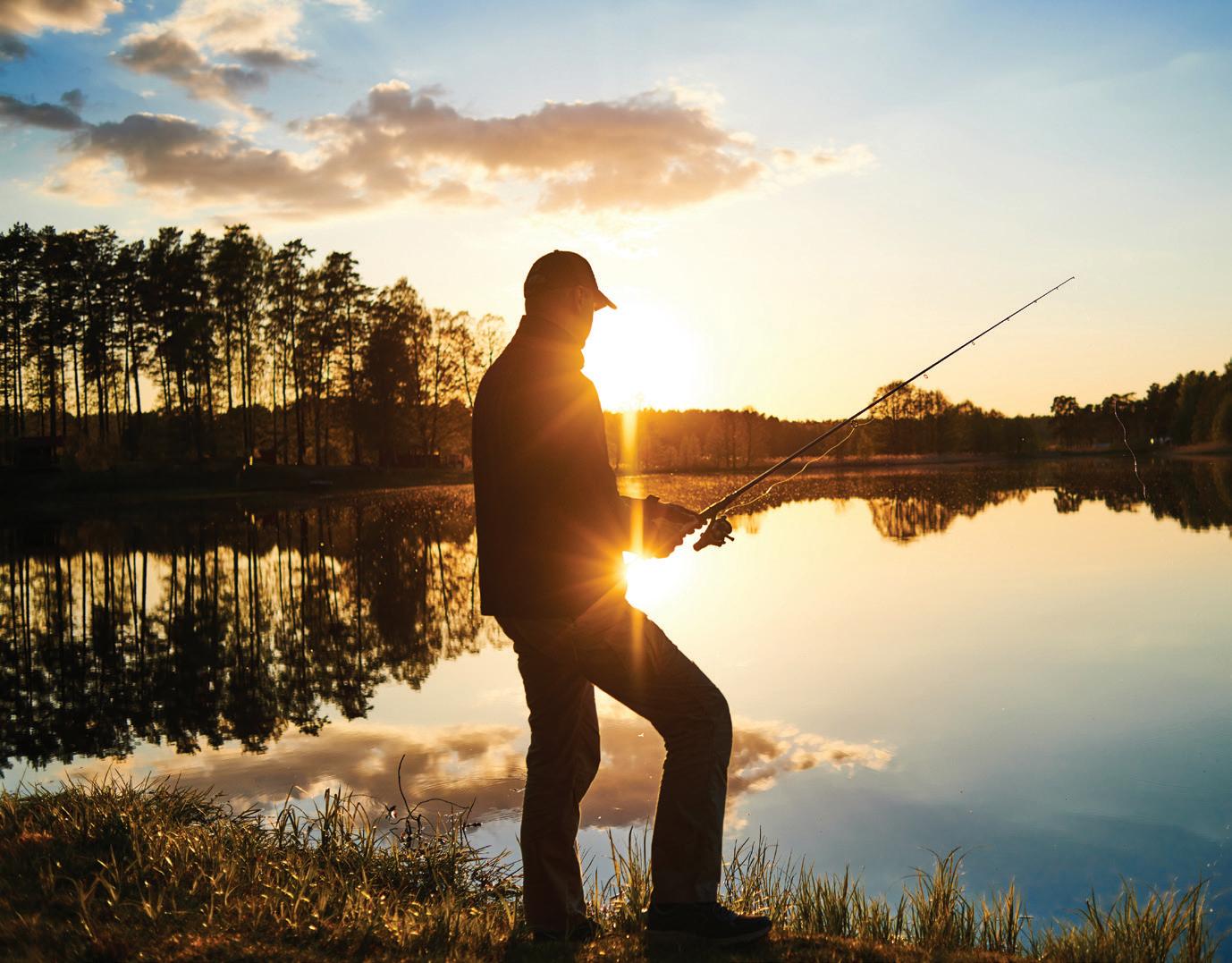


set a hog trap? Do you think most adults would?

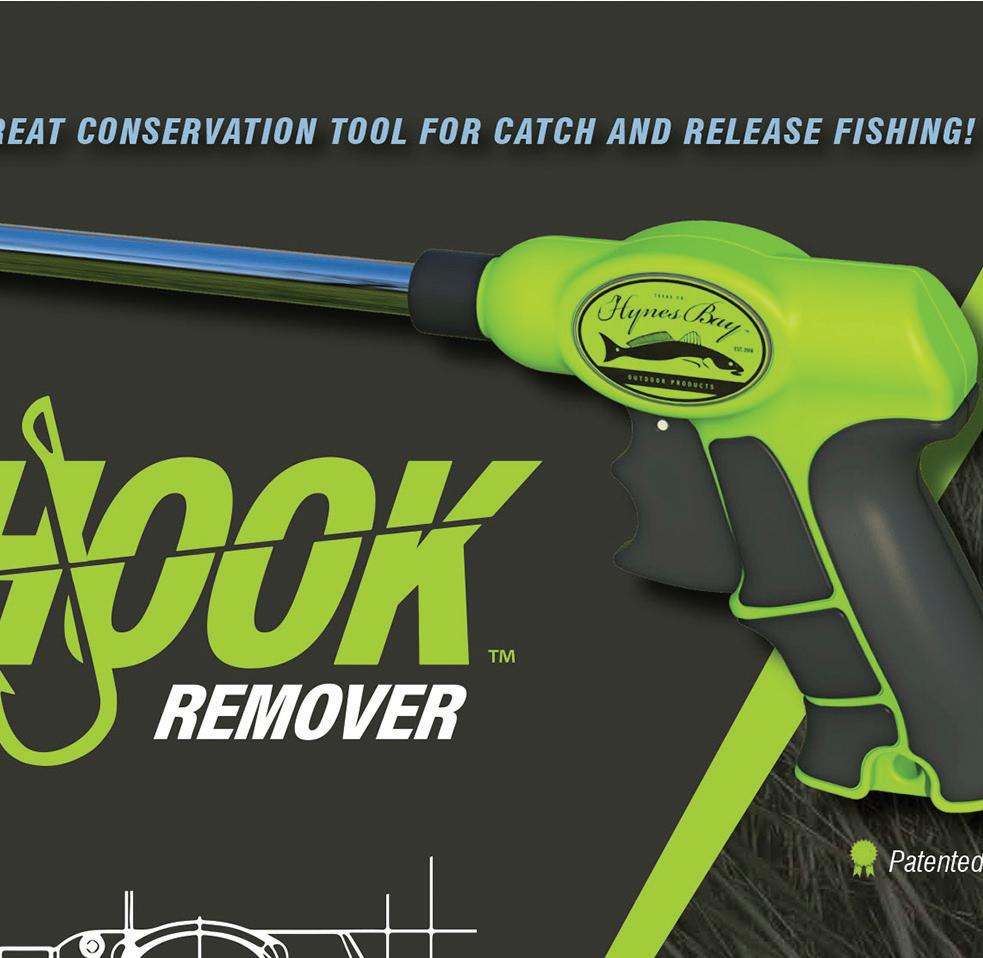


e answer is no.

Having these skills does not make us superior. It does give us an edge when such a crisis hits, and it also should inspire us to reach out to others who are in need. is is especially true during the Christmas season.

Lisa and I have a friend named Veronica who does homeless ministry. We have been graced along with our daughter Faith to help her this year, and it has been a humbling and heartwarming experience.
Seeing her pack sandwiches, chips, water and treats like popsicles brings love and hope to people who are in desperate
If you have excess venison or other processed game meat, find a way to share it.


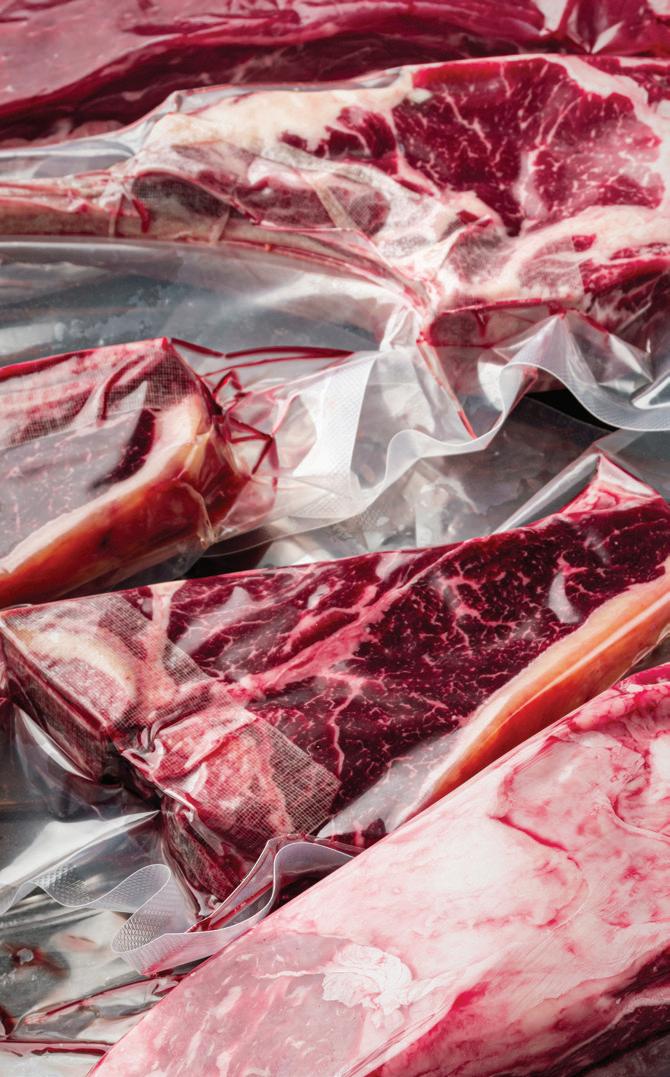
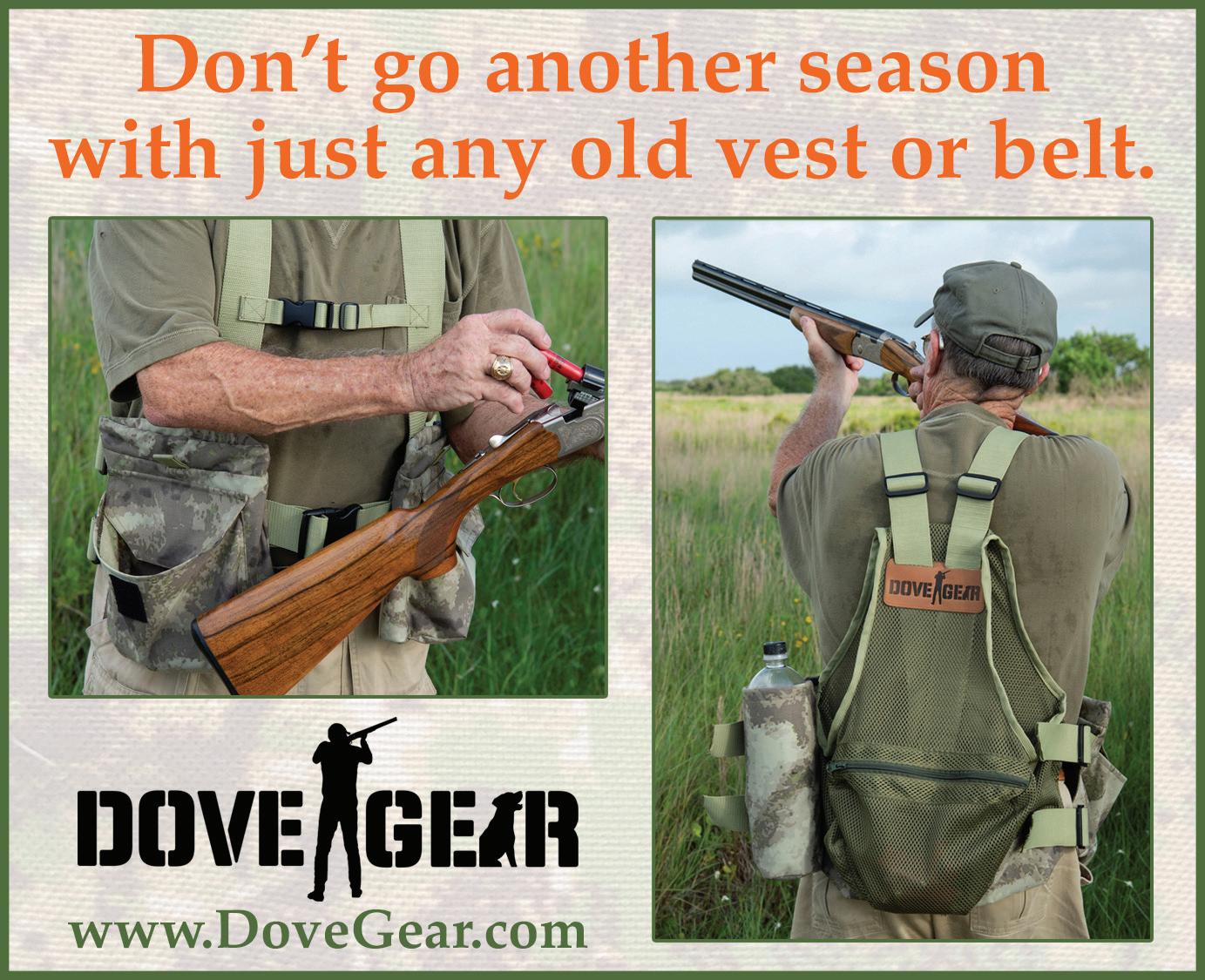
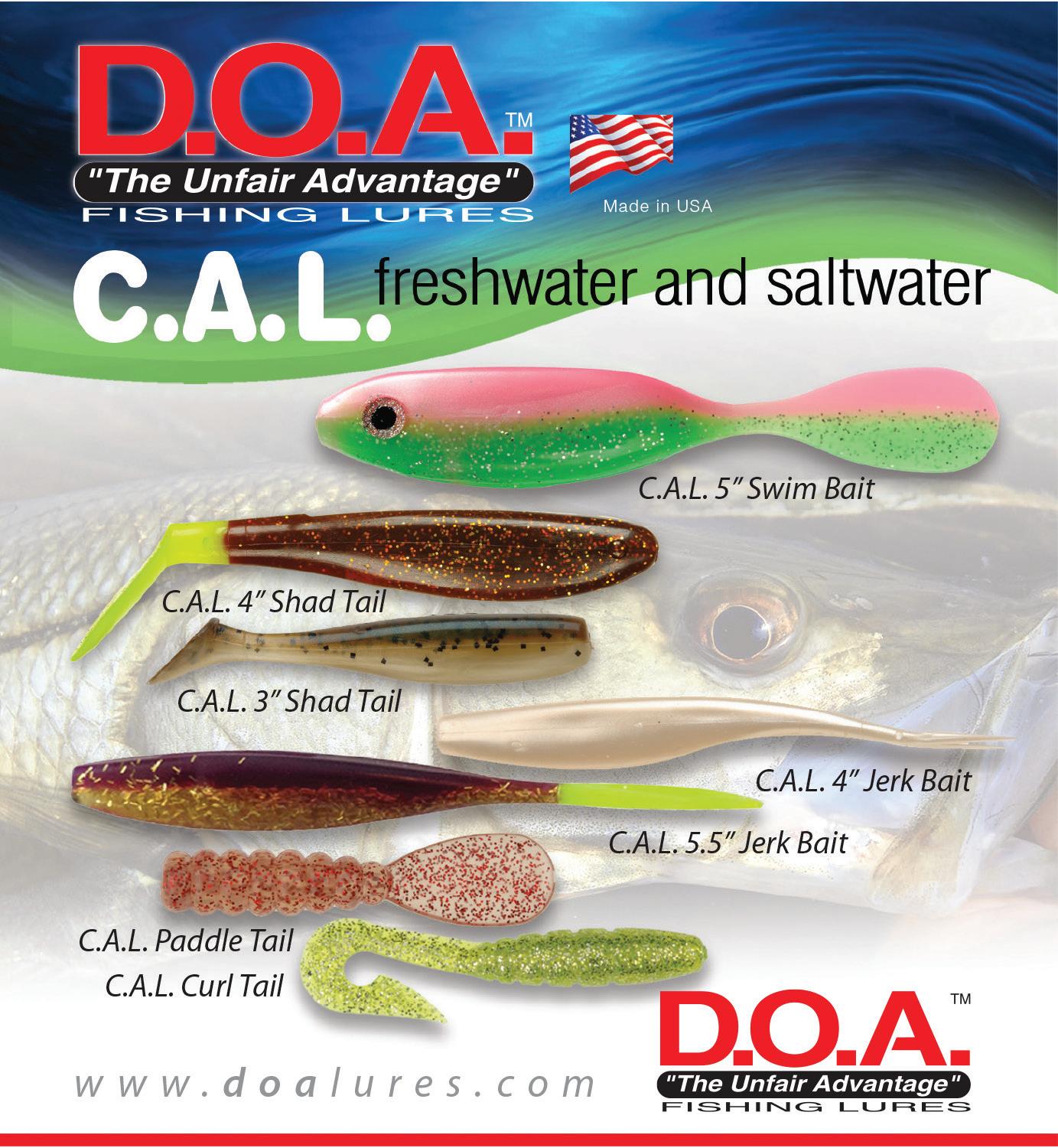
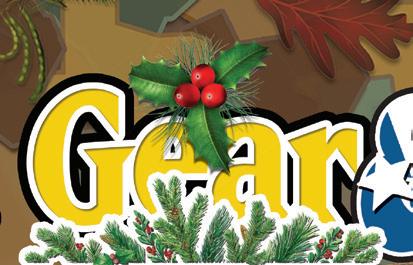
need. It’s easy to say things like, “they ask for it” or “they’re all drug addicts,” etc.

However, the reality is that they don’t all ask for it, and they’re not all addicts. Even if they were, it’s beautiful to see someone like Veronica helping. e reason I bring this up is excess venison in our homes. Admit it, most of us end up with freezer-burned deer sausage or something of that nature. I challenge you as I challenge myself to nd local churches doing feeding or ministry outreaches to the homeless and less fortunate and connect them with venison this year.
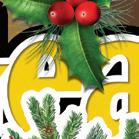
Meat costs are skyrocketing, and it would be a tremendous blessing. Don’t worry about giving away too much. Someone very special once said, “Give and it will be given unto you.”
Your blessing will come back to you.
Also, we shouldn’t forget those who don’t have opportunities to hunt and sh. My Dad never got to go with his Dad until he was about 10 years old. I’m talking

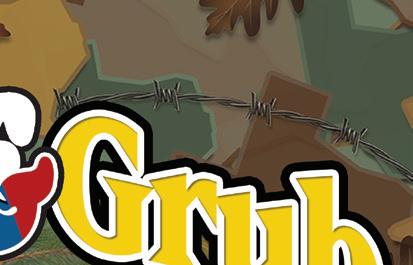
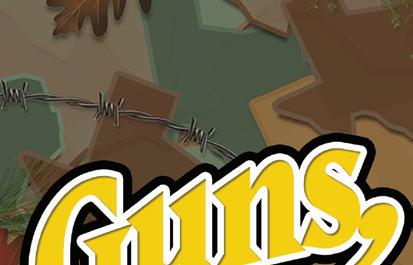


about even going shing.





He begged his Dad to take him, but it never happened.
My Dad knew he was going shing one Saturday morning so my Dad tied a string to his big toe and to the door, so when his Dad opened it up, it would wake him. He hoped with this e ort he could talk his way into going shing.
It worked.
He shouldn’t have had to go to this length, but I o en wonder if he didn’t get that exposure to shing that day how different his life might have been. Also, how

di erent mine might have been.
ere are kids out there who want to go shing and hunting and they don’t even know it. Taking a kid out to the pond to catch bluegills and frying up the catch when he (or she) gets home is a fun way to spend time with a youngster. It let’s a kid see the beauty of shing.
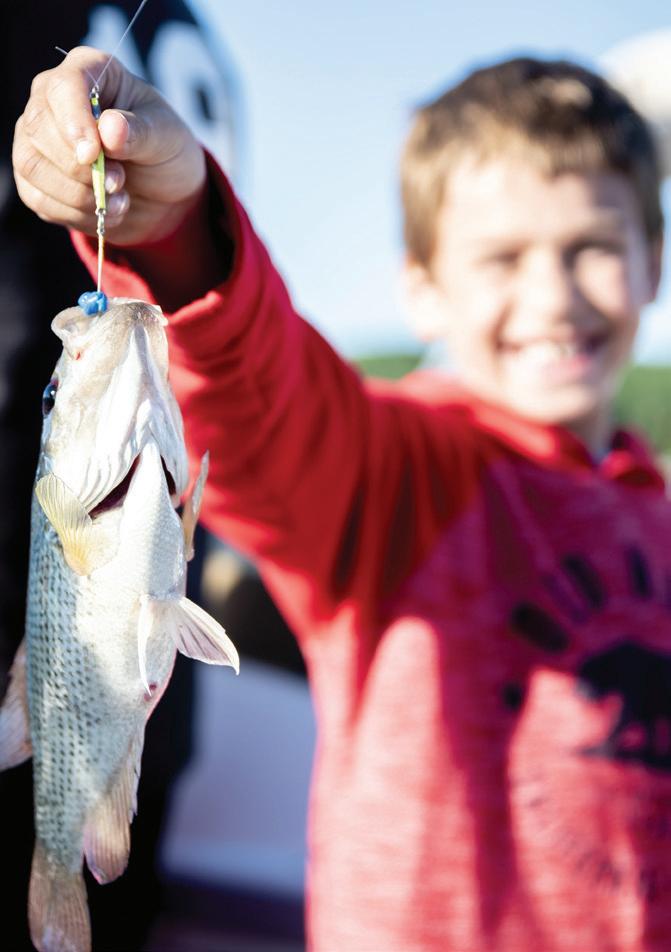

Taking a child on a doe hunt at the end of the season is a great way to give a youngster a chance at big game hunting. Cooking up some deer chili or ge ing


some jerky done from that deer can be a game changer.
An even bigger game changer is taking some of that jerky or sausage to local homeless ministries and perhaps even serving them to give it out.


Learning to connect with others less fortunate is important in a culture drunk on itself. It’s something that can give others a quality meal and hope during challenging times.

Hunting and shing isn’t just about the enjoyment we have in the eld, but it’s also about the impact we can make with the bounty we bring back to the city.







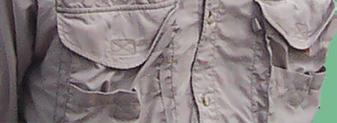
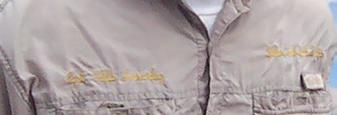
THE REAL BEGINNING OF the cooling season is now upon us, so it is time to get serious about changing tactics, stratagies and techniques so we can continue to consistently catch the most sought-a er species on Texas’s upper coast.

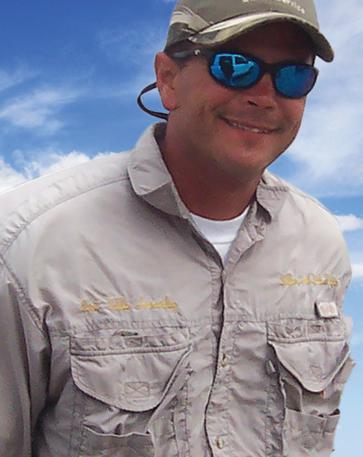
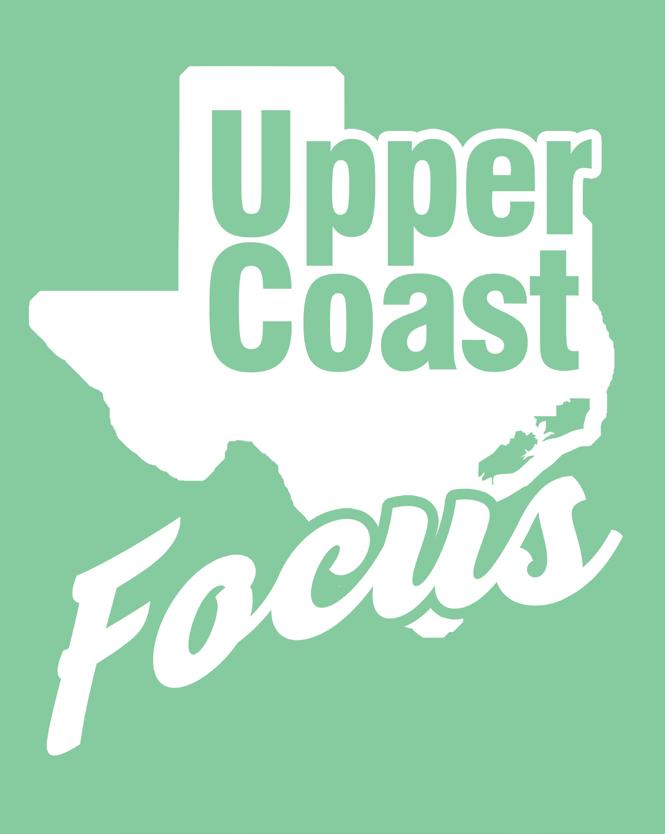
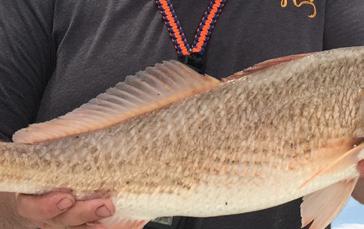
A new game plan has to be implemented so we will be successful as another calendar year rapidly winds down. As we ease into November and December, we realize that shrimp have been on the move from the marsh into the bay for some time now, and the sh have them gured out. e bird action in the bay is in full
swing. e only obstacles standing in our way are the cold fronts that become more and more intense as we edge closer to the Christmas season. Ironically, it’s these same cold fronts that create some of the best shing opportunities of the year.
We desperately need these fronts and the low tides that come with them to continually pull the shrimp from the marsh adding fuel to the feeding frenzy re.
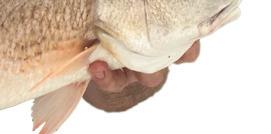
Make no mistake; you don’t want any part of Sabine or any other bay system when a front is actually blowing through. You do, however, want to be here a couple days later, once things have se led down and we’ve got light north winds.
I would recommend investing in a Louisiana shing license if you don’t already have one because the bayous on that side of the lake can at out come alive during this time. e term “stupid good” is a great way to describe how bayou shing can be between cold fronts in November
and December.
Believe it or not, shing the birds in the bayous can be every bit as good as in the lake, if not be er. Most times you’ll have the school all to yourself. is action usually peaks within the rst two weeks of November as seagulls, trout and reds intercept a lot of the shrimp before they have a chance to make it into the bay.
When you nd the birds picking in the bayou, you can usually expect to stay on them for a while and catch big numbers of very solid trout and some impressive redsh, slots and beyond. ose big reds will also be roaming the shoreline looking to score some tasty mullet and crab.
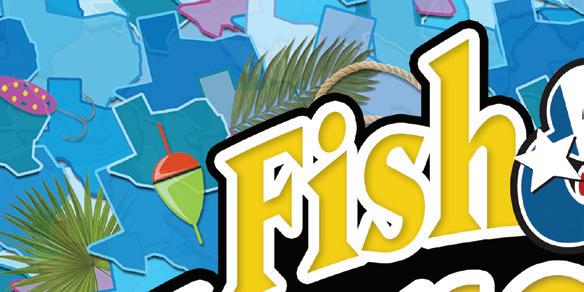
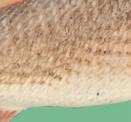
e ho est action should be at the mouth of small cuts and drains within the bayou on outgoing tides. Dark so plastics rigged on 1/8-ounce lead heads, dragged or bumped slowly along the bo om will denitely get their a ention. Texas Roach, Red Shad and Morning Glory are great color choices. We are right in the middle of some of the most consistent action of the year so take advantage of it if you get the chance.
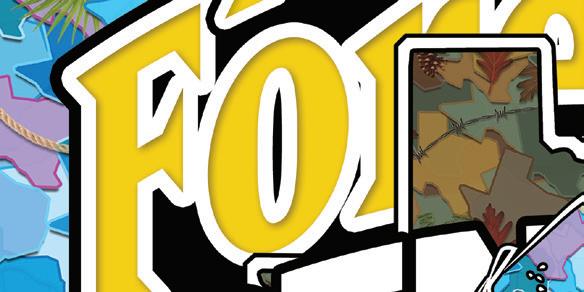

 Reported by CAPT. DEREK YORK
Reported by CAPT. DEREK YORK

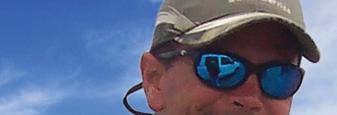
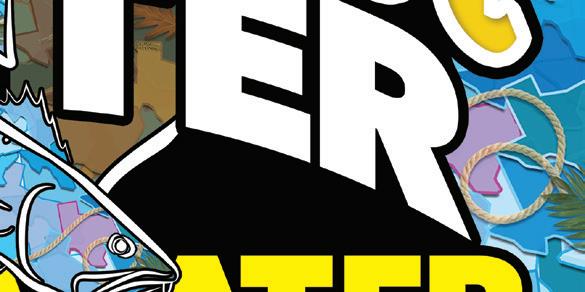


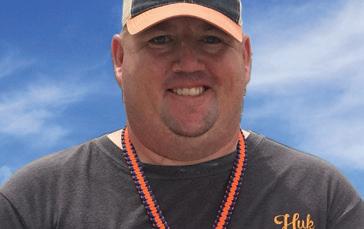

and what a fun year
shing

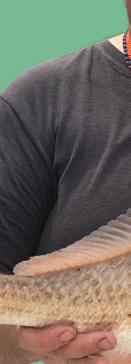
just because it’s the holi-



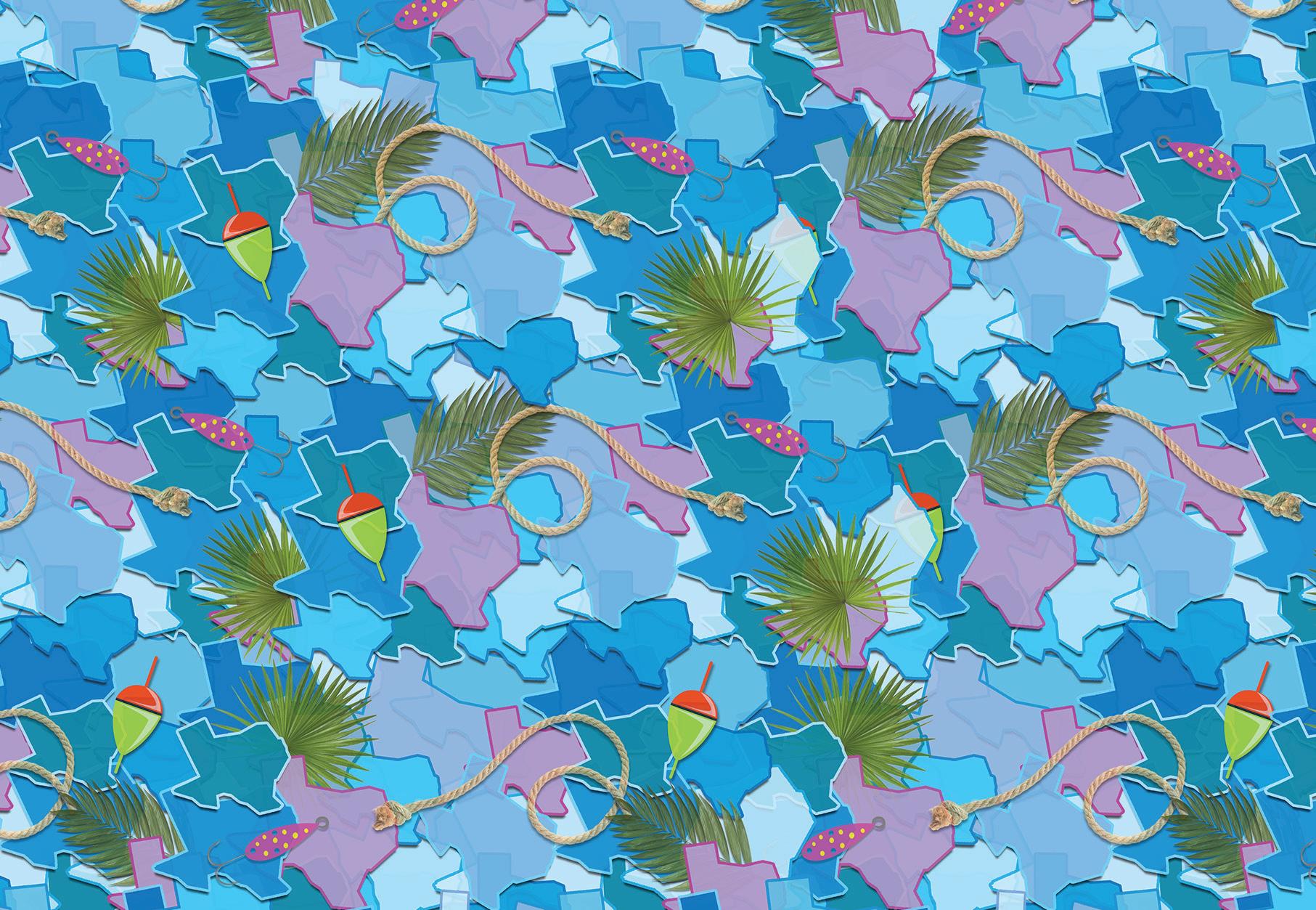
doesn’t

up your shing gear and waiting for the warmer weather pa erns of spring. is time of year provides a lot of opportunities for anglers all over the bay to be successful from both the shore and from a boat.


With the bull red sh bite going strong and the ounder migration in full swing, the trout shing can be terri c with the right weather conditions.
I sh several di erent areas during this time of year depending on the wind. Down in Galveston, even though the ounder season closure is going on from November 1 to December 14, we are still targeting these sh for fun around the Galveston harbor area with so plastics like the three-inch swimming mullet Gulp baits or mud minnows.
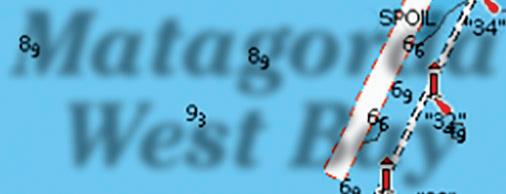
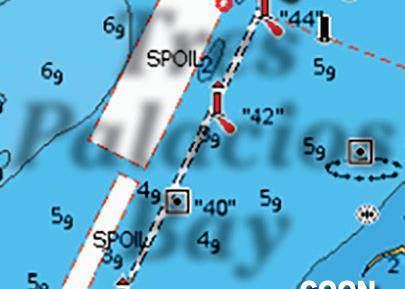
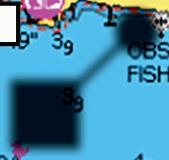
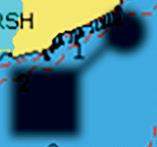

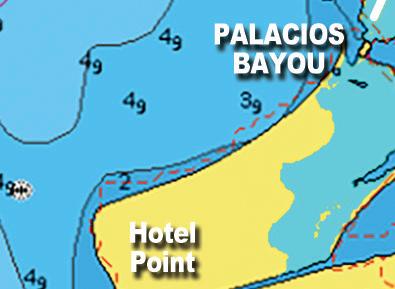
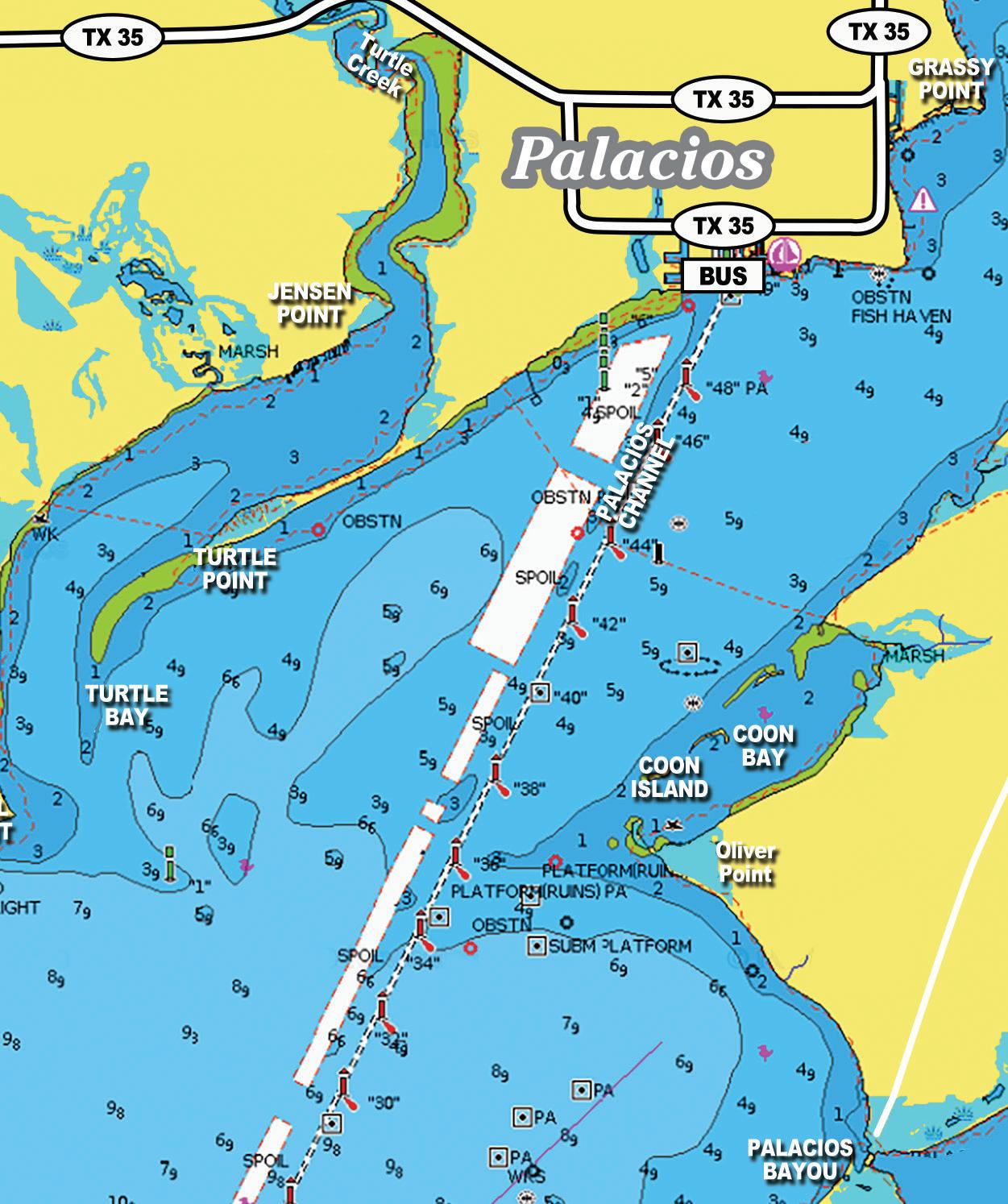
e bull red sh are plentiful at the Galveston je ies and other areas such as the concrete ship and channel ledges. ese red sh schools are easily found and targeted with blue crabs and cut bait such as menhaden or mullet. ey’re rigged on a large circle hook to help aid in releasing these sh back to the water still healthy to reproduce again. Just remember, if you do plan on keeping one of these oversized red sh. Have your red sh tag lled out correctly, and the dates cut out to avoid any issues when you’re stopped by a warden.
I tend to like shing up in the north end of the bay for trout this time of year, because of the water clarity from the protected shorelines. From Houston Point all the way up to Burne Bay north of the Fred Hartman bridge, these areas provide some great shing for trout.

Live shrimp under a popping cork or so arti cial lures on a jig head work well here. Also, I always look for schools of birds hovering over the water and hopefully over a good school of feeding sh.
e same techniques apply here, but just remember not to run right up into the birds as they are working. Try to anticipate where they’re headed and get ahead of them. en let them work right to you. is will help avoid spooking the sh and provide ample time to catch a few before moving.
When the wind is blowing hard, there are still several places to go and nd shelter and sh to salvage the day, because for most of us it always seems to be blowing 20mph on our days o . Moses Lake, Dickinson Bayou, Clear Lake and Sylvan Beach areas







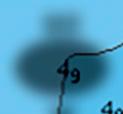

all provide great opportunities for days with a sti north wind. Trout, red sh and sheepshead are usually all caught in these areas. Just remember to always keep an eye out for these fast-moving fronts coming through. Hope everyone has a great Holiday season!

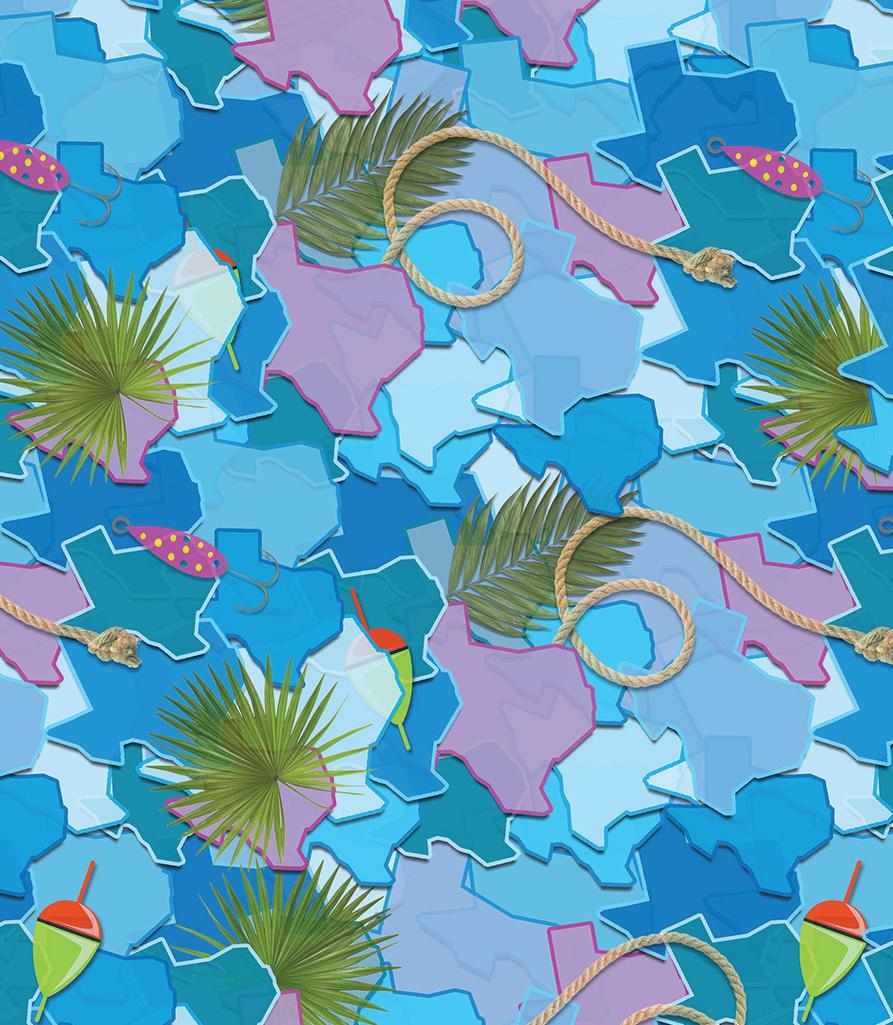 Reported by CAPT. MARK TALASEK
Reported by CAPT. MARK TALASEK
ANOTHERYEAR IS COMING

to a close. e cool fronts are starting to have a li le more nip, Christmas is right around the corner. Hope your family has a blessed holiday. May the best new shing gear appear under your tree. My favorite time of the year is now. Everyone who asks me when is the best time for shing? I tell them “Now!”
November!
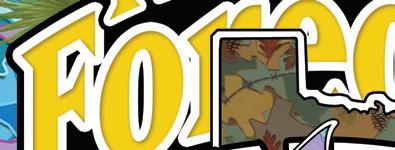
Our estuaries are alive. e shrimp migration is at its peak. Birds work the shrimp that sh push to the surface. Pressure is light because hunting season is open. November is the best time to get your pole to bend.
I like dri ing east Matagorda with articial lures. A ¼-ounce lead head with a plastic of your choice will entice most sh.


If you start hanging up on shell, switch to 1/8-ounce.


I like dark colors in dirty water and light colors in clear water. My old standby is Texas roach. Black back with pumpkin seed belly. ey’re not hungry if they don’t eat roach.
A paddle tail gives the bait more action for the beginners. I prefer a rat tail only at this time of the year. It imitates a sandeel.
Work it slowly, bumping the bo om. If you hang up, retrieve it faster. Raymond Shoals, Drulls Lump and Bird Island are a few of my favorite spots to sh. Wade shing is at its peak in November.
Some of my biggest sh have come when I use these same tactics. Top waters are always an option for the old pro. Whatever your choice might be, your chances of catching sh are best in November.
Hope to see you at the Boat Show again this year or at the shing show. I will have a booth at both. Give me a call to book your next shing or ounder gigging trip. Captain Mark Talasek (979) 479 1397.

SOURCE: Capt. Paul Marcaccio 281-788-4041 gpfishgalveston.com
TIPS: Live bait probably not available, but if you find it you want to throw a popping cork or slip sinker rig at the jetties.
LOCATION: Galveston
HOTSPOT: Dollar Flats
GPS: N 29 26.544, W 94 54.316 (29.4424 -94.9053)
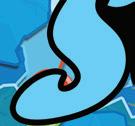
LOCATION: Galveston
HOTSPOT: Jetties


GPS: N 29 19.836, W 94 42.412 (29.3306 -94.7069)

SPECIES: Speckled Trout, Redfish and Flounder

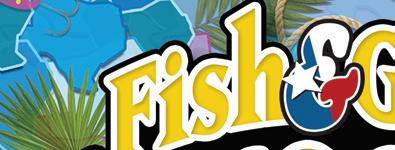

BEST BAITS: Soft plastic tails in either pearl, Limetreuse or Pumpkin Seed
SOURCE: Capt. Paul Marcaccio 281-788-4041 gpfishgalveston.com
TIPS: The last week in December is often the best week because of moon phase...


LOCATION: Galveston HOTSPOT: Sea Wolf Park GPS: N 29 20.319, W 94 47.118 (29.3387, -94.7853)
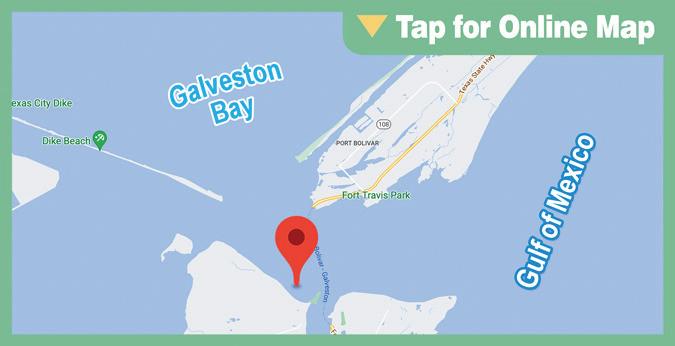
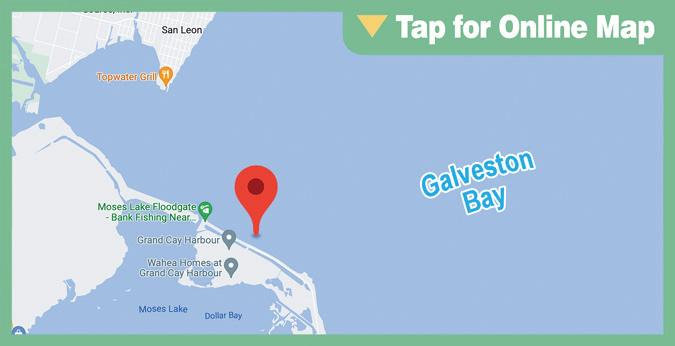
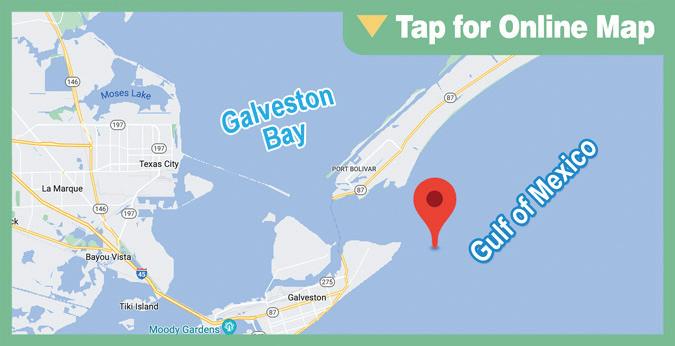
SPECIES: Redfish

BEST BAITS: Live bait under a popping cork

SPECIES: Speckled Trout

BEST BAITS: Soft plastic tails in either pearl, Limetreuse or Pumpkin Seed



SOURCE: Capt. Paul Marcaccio 281-788-4041 gpfishgalveston.com
TIPS: Stay long in a place in the winter time. If you make one or two drifts, drift two more. It’s just a matter of turning their head. They are fairly docile when the water temperature gets low.

LOCATION: Galveston Bay
HOTSPOT: Jacks Pocket
GPS: N 29 44.077, W 94 45.852 (29.7346 -94.7642)

LOCATION: Galveston East Bay
HOTSPOT: Deep Reef
GPS: N 29 30.802, W 94 40.581 (29.5134 -94.6764)
LOCATION: Galveston East Bay
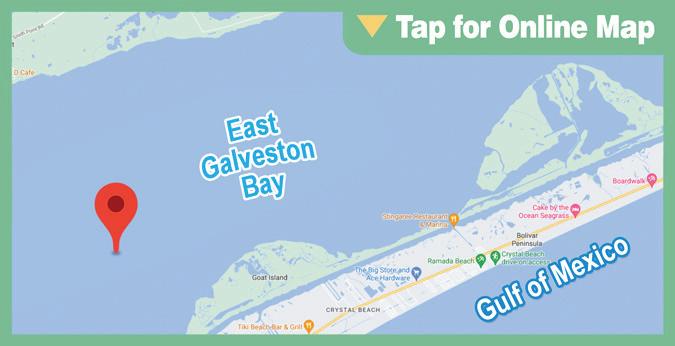
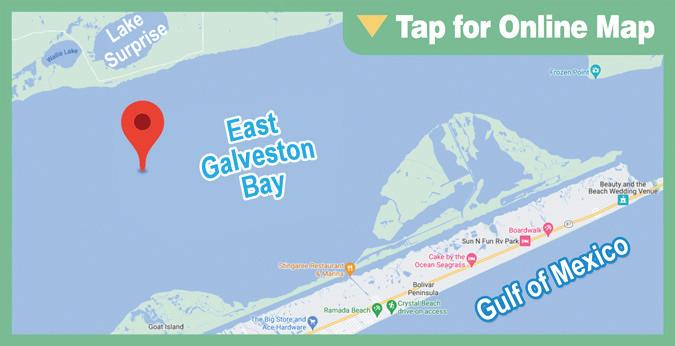
HOTSPOT: Hanna’s Reef
GPS: N 29 28.471, W 94 43.251 (29.4745 -94.7209)
SPECIES: Speckled Trout
BEST BAITS: Voodoo Mullet with a 1/4 oz. jig head
SOURCE: Texas Lakes & Bays Fishing Atlas
Fishgame.com/fishandgamegear
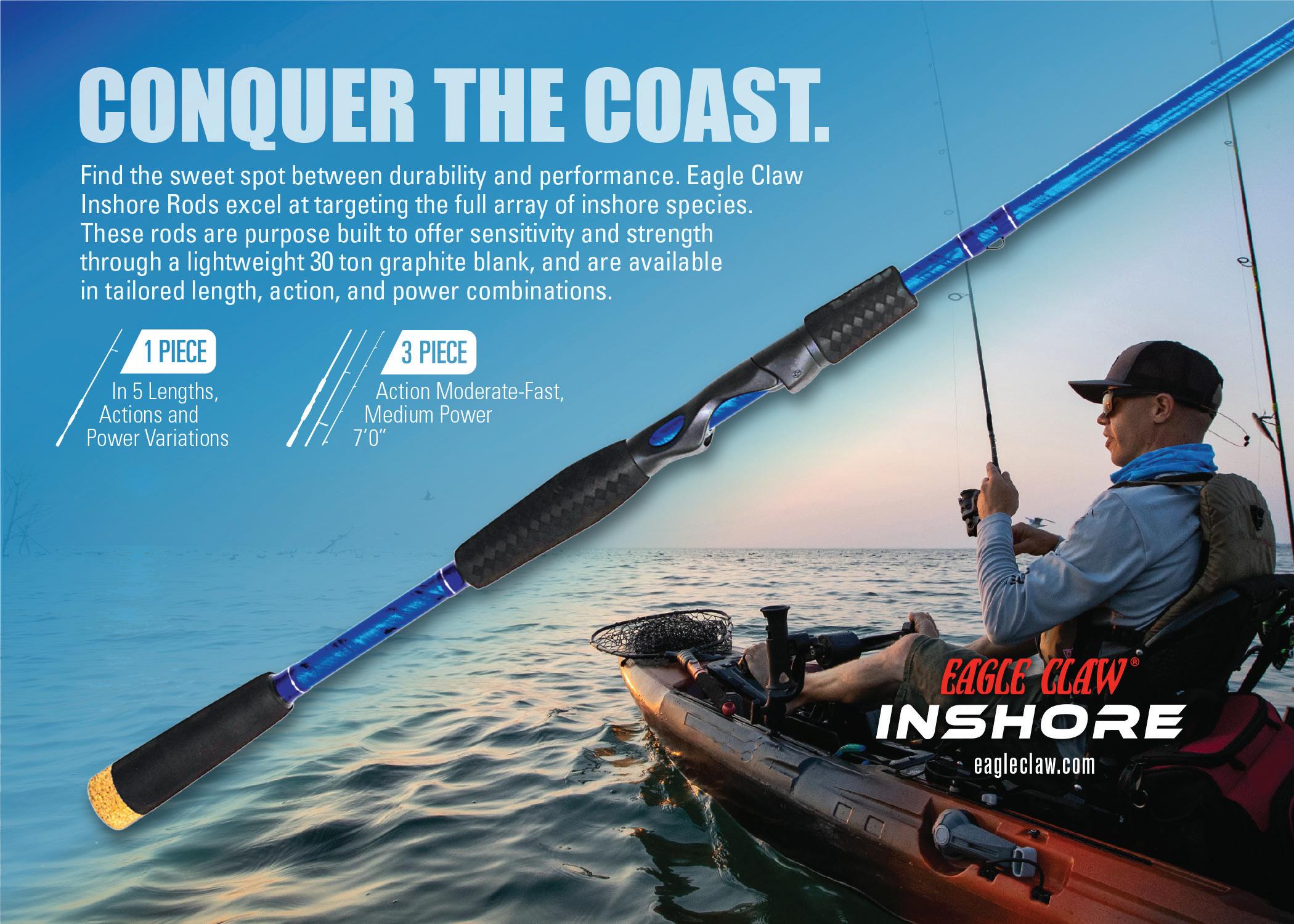
TIPS: The main thing in December is finding different pockets where the water goes from two to four feet in front of drop-offs. The fish are going to be looking for deeper areas.
SPECIES: Speckled Trout
BEST BAITS: Soft Plastics
SOURCE: Capt. Paul Marcaccio 281-788-4041
www.gofishgalveston.com
TIPS: Fishing slicks: You want to be behind a slick, throwing just up from it on the upwind side, not chas ing the slicks and trying to hit it.
SPECIES: Speckled Trout
BEST BAITS: Soft Plastics
SOURCE: Capt. Paul Marcaccio 281-788-4041
www.gofishgalveston.com
TIPS: If a slick pops up behind you, pull out and go back around it, probably get 100 feet behind it.
LOCATION: Galveston East Bay
HOTSPOT: Tide Gauge Reef
GPS: N 29 28.179, W 94 41.941 (29.4697 -94.6990)
SPECIES: Speckled Trout
BEST BAITS: Soft Plastics
SOURCE: Capt. Paul Marcaccio 281-788-4041
www.gofishgalveston.com








TIPS: When drifting, use a 3/8 or 1/4 ounce jig head. It all depends on surface water temperature. If it’s below 65 degrees use the 3/8 ounce if it’s above 65 degrees use the 1/4 ounce.

LOCATION: Galveston Trinity Bay
HOTSPOT: Beasley Reef GPS: N 29 40.268, W 94 52 (29.6711 -94.8667)

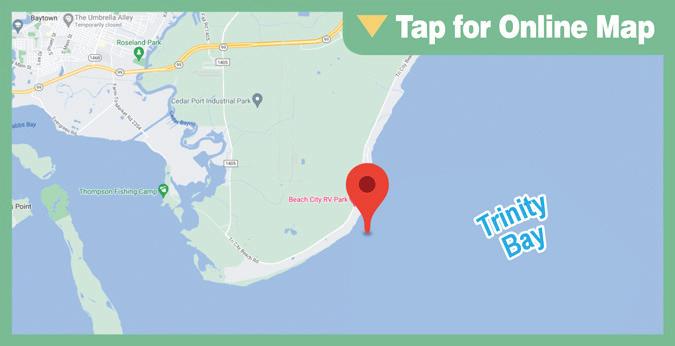
Limetreuse or Pumpkin Seed
SOURCE: Capt. Paul Marcaccio 281-788-4041
gpfishgalveston.com
TIPS: Burnet Bay and Clear Lake should produce the bigger fish.
LOCATION: Galveston Trinity Bay
HOTSPOT: Clear Lake Channel
GPS: N 29 33.133, W 95 1.945 (29.5522 -95.0324)
LOCATION: Galveston Trinity Bay
HOTSPOT: Hodges Reef

GPS: N 29 34.963, W 94 44.574 (29.5827, -94.7429)
SPECIES: Redfish
BEST BAITS: Bass Assassin Sea Shad
SOURCE: Capt. Ralph Frazier 281-337-0321
www.fraziersguideservice.com
TIPS: In off-color fish a Limetreuse Bass Assassin. A good dark color is Drunk Monkey with a Limetreuse tail. Limetreuse is the best color in this bay.
LOCATION: Galveston Trinity Bay
HOTSPOT: Burnet Bay

GPS: N 29 46.11495, W 95 3.046 (29.7686 -95.0508)
SPECIES: Speckled Trout
BEST BAITS: Soft plastic tails in either pearl, Limetreuse or Pumpkin Seed
SOURCE: Capt. Paul Marcaccio 281-788-4041
gpfishgalveston.com
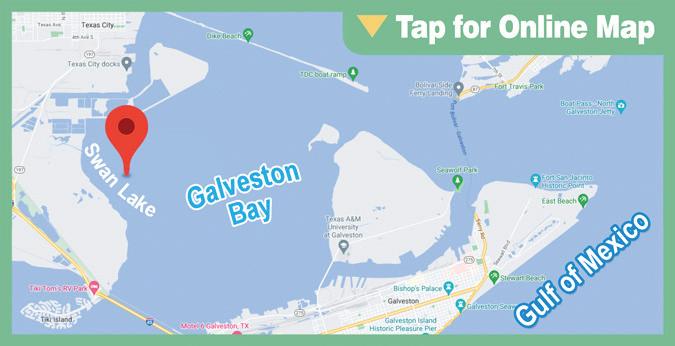
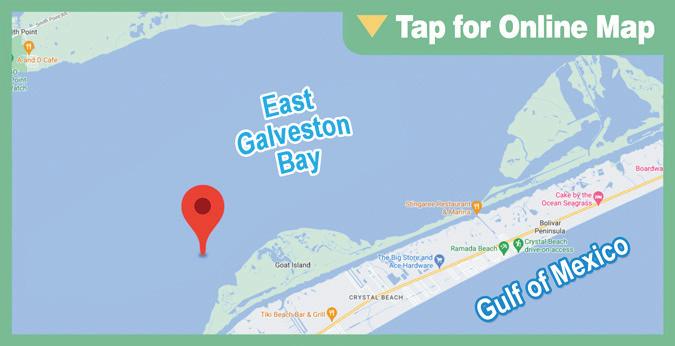
TIPS: Clear Lake should produce Black Drum.
LOCATION: Galveston Trinity Bay
HOTSPOT: Dows Reef
GPS: N 29 38.858, W 94 54.2 (29.6476 -94.9033)
SPECIES: Speckled Trout
BEST BAITS: Bass Assassin Sea Shad
SOURCE: Capt. Ralph Frazier 281-337-0321
www.fraziersguideservice.com
TIPS: Capt. Frazier says his number one bay choice in November will be Trinity Bay, East Bay number two and West Bay, number three. If the weather turns cold, then West Bay will be his first choice.
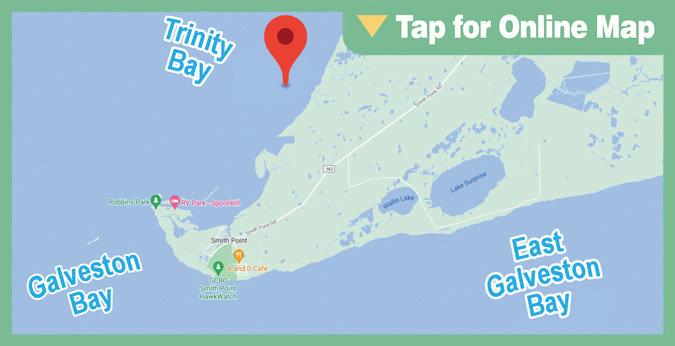
LOCATION: Galveston Trinity Bay
HOTSPOT: Tabbs Bay
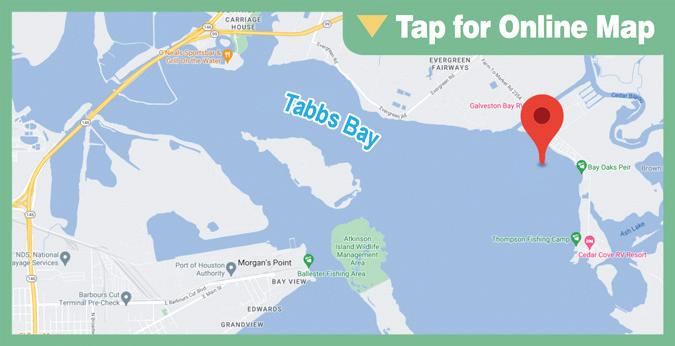
GPS: N 29 41.635, W 94 56.542 (29.6939, -94.9424)
SPECIES: Speckled Trout
BEST BAITS: Soft plastic tails in either pearl,
SPECIES: Speckled Trout
BEST BAITS: Bass Assassin Sea Shad

SOURCE: Capt. Ralph Frazier 281-337-0321
www.fraziersguideservice.com


TIPS: Fish all the shell reefs starting in 2-3 feet of water and work out to deeper depths. Watch for slicks and birds working.


SPECIES: Speckled Trout
BEST BAITS: Soft plastic tails in either pearl, Limetreuse or Pumpkin Seed
SOURCE: Capt. Paul Marcaccio 281-788-4041 gpfishgalveston.com
TIPS: If you’re fishing soft plastics, the retrieve needs to be slower while working four to seven feet of water for trout. Retrieve on or near the bottom over mud and scattered shell.
LOCATION: Galveston West Bay
HOTSPOT: Campbell’s Bayou

GPS: N 29 20.33, W 94 53.569 (29.3388, -94.8928)

BEST BAITS: Soft plastic tails in either pearl,

Limetreuse or Pumpkin Seed
SOURCE: Capt. Paul Marcaccio 281-788-4041
gpfishgalveston.com
TIPS: Look for off-colored water… real critical in West Bay. Fish hide in that type of water. Trout in West Bay will usually be in the 16-17 inch size.
LOCATION: Galveston West Bay
HOTSPOT: Cold Pass
GPS: N 29 4.901, W 95 8.136 (29.0817, -95.1356)
SPECIES: Redfish
BEST BAITS: Skitter Walk topwaters
SOURCE: Texas Lakes & Bays Fishing Atlas Fishgame.com/fishandgamegear
TIPS: Retrieve the bait fast. In November the fish are feeding, getting ready for the colder months, unless a lot of cold fronts knock the temperatures down.
LOCATION: East Matagorda Bay
HOTSPOT: Oyster Farm Drain
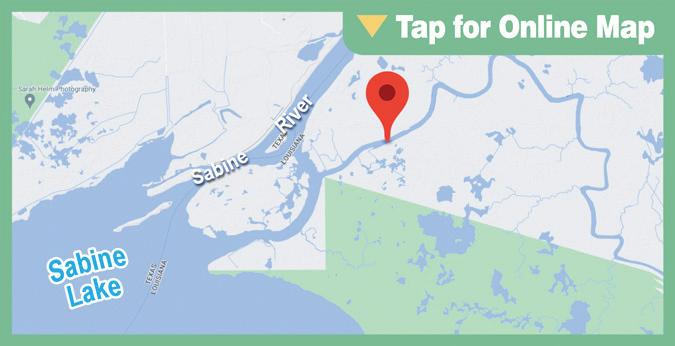
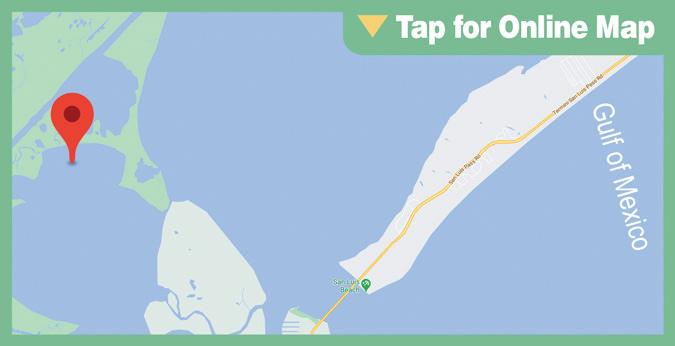
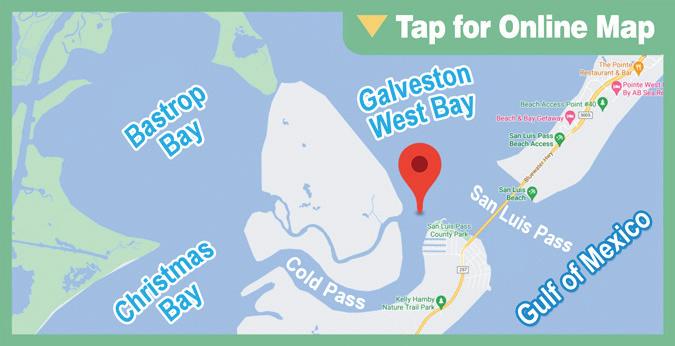
GPS: N 28 30.552, W 96 12.453 (28.5092, -96.2076)
SPECIES: Speckled Trout
BEST BAITS: Soft plastic tails in either pearl, Limetreuse or Pumpkin Seed
SOURCE: Capt. Paul Marcaccio 281-788-4041
gpfishgalveston.com
TIPS: Throwing tails would be especially good in the small bays of upper Trinity. Water temperature should be in the 60s. Don’t leave the house until 7:30 a.m., get on the water by 8, and off the water by 3:30 p.m.
LOCATION: Matagorda
HOTSPOT: Colorado River
GPS: N 28 35.683, W 95 58.981 (28.5947, -95.9830)
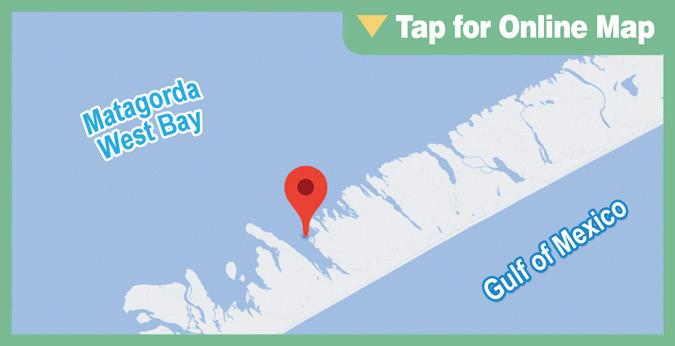
GPS: N 28 44.406, W 95 42.09 (28.7401 -95.7015)
SPECIES: Redfish
BEST BAITS: Topwater Lures
SOURCE: Capt. Tommy Countz 281-450-4037 www.matagordafishing.com
TIPS: Wading West Bay is great in the wintertime. Early December fish topwaters early.
LOCATION: Sabine Lake
HOTSPOT: Black’s Bayou
GPS: N 29 59.866, W 93 45.182 (29.9978, -93.7530)
SPECIES: Speckled Trout
BEST BAITS: Norton Juniors soft plastics
SOURCE: Capt. Trey Prye 281-702-0490
www.captaintreyprye.com
TIPS: Fish drains on a full moon. Tides are stronger on an outgoing tide. Fish the shoreline by the drain.
LOCATION: Matagorda East Bay
HOTSPOT: Three Mile Cut GPS: N 28 38.483, W 95 55.583 (28.6414, -95.9264)
SPECIES: Speckled Trout
BEST BAITS: Soft plastic tails on a 3/8 oz. jig head
SOURCE: Capt. Tommy Countz 281-450-4037
www.matagordafishing.com
TIPS: Look for bait action and then start drifting the river, plugging the west bank. If it’s colder we will fish more out toward the deeper water in the middle.
LOCATION: Matagorda East Bay
HOTSPOT: Crab Lake

GPS: N 28 40.199, W 96 3.015 (28.6700, -96.0503)
SPECIES: Redfish
BEST BAITS: Soft Plastic tails or Topwater baits
SOURCE: Capt. Tommy Countz 281-450-4037
www.matagordafishing.com
TIPS: There are a series of little lakes just off the beach. Lots of wadefishing and kayakers.

LOCATION: Matagorda West Bay HOTSPOT: Cottons Bayou

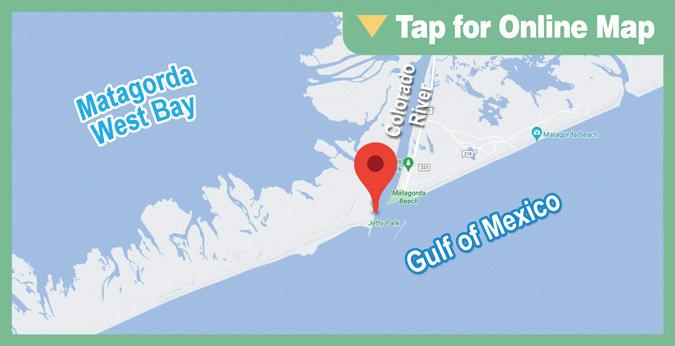
SPECIES: Speckled Trout & Redfish
BEST BAITS: Topwaters & Soft Plastics
SOURCE: Capt. Bill Watkins 409-673-9211 www.fishsabinelake.com
TIPS: Redfish will be mixed in with trout, but there will be schooling reds. Best plastics colors are white/ glow chartreuse, red and gold flake/chartreuse tail or chartreuse Ice. Use a quarter ounce gum ball jig head.
LOCATION: Sabine Lake
HOTSPOT: Blue Buck Point
GPS: N 29 48.102, W 93 53.72 (29.8017, -93.8953)
SPECIES: Speckled Trout & Flounder
BEST BAITS: Voodoo Shrimp under a popping cork SOURCE: Texas Lakes & Bays Fishing Atlas Fishgame.com/fishandgamegear TIPS: Look for bird action later in November.
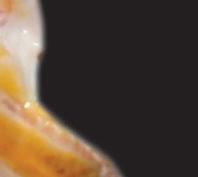





 Reported by CAPT. MAC GABLE
Reported by CAPT. MAC GABLE

reel o erings these days is staggering. Long gone are the days when a handful of manufacturers were about all one had access to when pursuing the great sport of shing. Mitchel, Abu Garcia, Zebco, Penn pre y much were what we had to choose from.
Now, like grains of sand, a new manufacturer seems to emerge every day. In the U.S. the shing tackle market is expected to exceed 31.5 million dollars. Most reel manufacturers source their products from China.













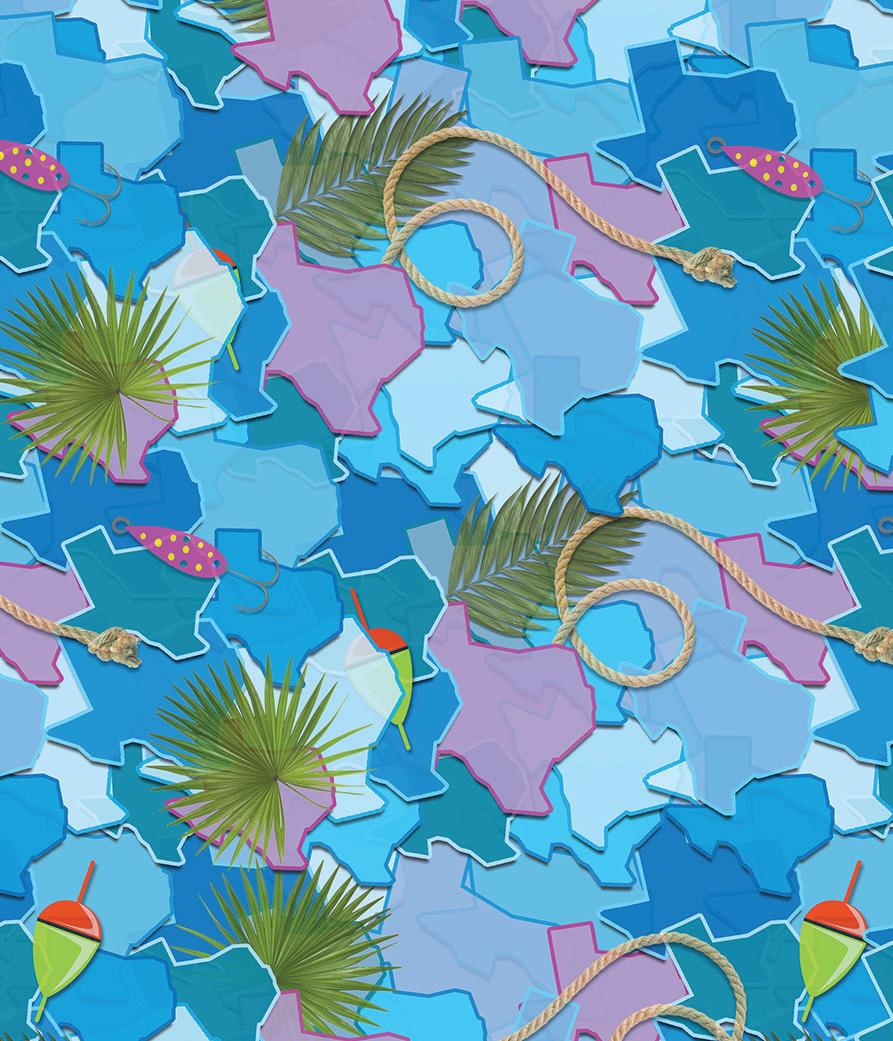
Some manufacturers, such as Kastking, IRT Reels, Accurate Fishing, Avet Reels, ZeeBaas and Seigler build reels in the U.S. Only a fraction of Penn reels are manufactured in the U.S. Many who make reels in the U.S. source parts from China.

ese China manufacturing facilities are NOT exclusive, they can and do manufacture parts for various reel brands on the same manufacturing oor. If that doesn’t give you an idea of their quality, or lack of quality, nothing will.
So pervasive are defects and poor assembly that retailers are told to simply give customers a new replacement with no return policy required. One manufacturer shared with me their business plan includes calculations for replacement reels due to defective parts. In one study of sporting equipment sourced from China, a defective return rate of 25 percent was not unusual.
In the past 15 to 20 years this consumer
(me, myself, and I) witnessed poor workmanship, metallurgy issues, design deviations, lack of instructions, mislabeled products, reels that fell apart in clients’ hands, hooks that are be er Christmas ornament hangers than shing tackle, 1-800 numbers that require overnight camping, sta ed by individuals with the most egregious a itudes who were.... wait for it…wait for
ere are times now when that old cane pole I shed with as a boy, along with cotton shing line tipped with a bent eight penny nail look pre y good to me.

•
THE COLD IS UPON US, AND YES the shing does slow down this time of year, but this is a great time to pull out the so plastics and do some R&D shing in the much clearer winter water. When you do nd the bite, it’s o en over dark sand and mud bo oms, which hold the heat.

COPANO BAY: e sheepsheads are still a go-to at the LBJ Causeway. A 1/0 or 2/0 kahle hook tipped with cut squid or frozen shrimp works well.

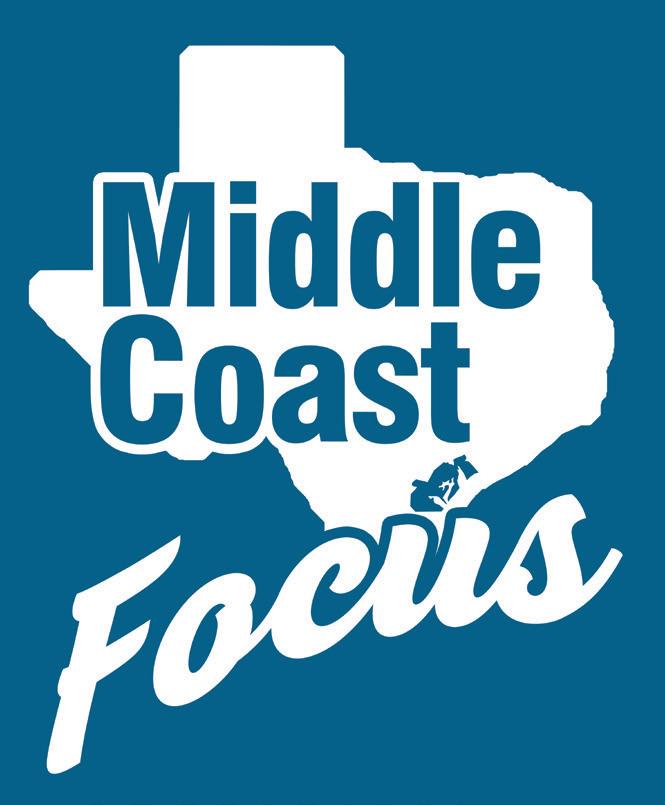
Free-lined is best. Set the hook at the slightest tap. New penny Jerk Shad works well at the mouth of Mission Bay. is area holds some nice reds and keeper trout.
ST CHARLES BAY: e salt grass in Cavasso Creek is a great area for reds and black drum. Work the grass edges midday using a silent cork. e mouth of Salt Creek is a good spot on a high tide for black drum. A light Carolina rig works best, using peeled shrimp.
ARANSAS BAY: e ICW close to Dunham Bay is a good spot for reds. Freelined jumbo shrimp are the ticket. Anchor in the shallow edges and throw just o the transition to deeper water. Be patient. If no bites, slowly work down the ICW edge until you nd the bite.
it… apathetic, with a total disdain for their customers.



Are overseas manufacturers such as China, Korea, Taiwan really to blame, or does the shoe fall a li le closer to our shores? You’ve heard me say it before: the devil is in the details.

As contracts are wri en to boost margins for the brand owners, the manufacturer’s margin o en is at cost, leaving no room but to cut corners in quality control, cycle time, packaging and expertise. To boost margins, manufacturers o en run additional brands on the same line with the same workers with li le to no training or expertise of each brand of reel.

Follow the money upstream, and it will almost always lead you to the source of the problem with its roots seeded in greed.
CARLOS BAY: Carlos Trench is the best spot on cold winter days. So plastics in new penny and morning glory colors are best. Yellow jig heads with red eyes have worked well here for me.
MESQUITE BAY: Cedar Bayou is a good spot on blustery days. It o ers protection from the wind, and there is usually some black drum feeding along the bayou shorelines. I have caught some large ounders here. Free-lined peeled shrimp is the ticket. Beldons Cut o en holds reds with the go-to bait being nger mullet or cut mullet on a sh nder rig.
AYERS BAY: e east shoreline is a good spot for black drum using a silent
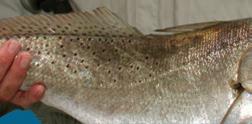
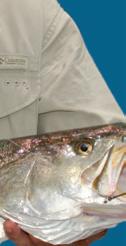




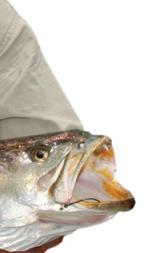

cork. is is also a good wade area for trout on warmer days using Berkley gulp shrimp under a bubble cork.
BANK BITE: e south end of the LBJ Causeway opposite the boat launch is a good spot to wade for trout and an occasional red. I like spoons in this area, either gold spoons with a red inset or silver spoons tipped with a hot pink skirt.


LOCATION: Corpus Christi Bay
HOTSPOT: Corpus Christi Bay Front
GPS: N 27 44.957, W 97 22.511 (27.7493, -97.3752)
SPECIES: Speckled Trout
BEST BAITS: Silver Spoons
SOURCE: Texas Lakes & Bays Fishing Atlas Fishgame.com/fishandgamegear
TIPS: A spoon retrieved steadily through the surf can provide some sudden excitement.
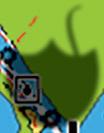


LOCATION: Corpus Christi Bay
HOTSPOT: Corpus Christi Wells GPS: N 27 44.764, W 97 11.141 (27.7461, -97.1857)

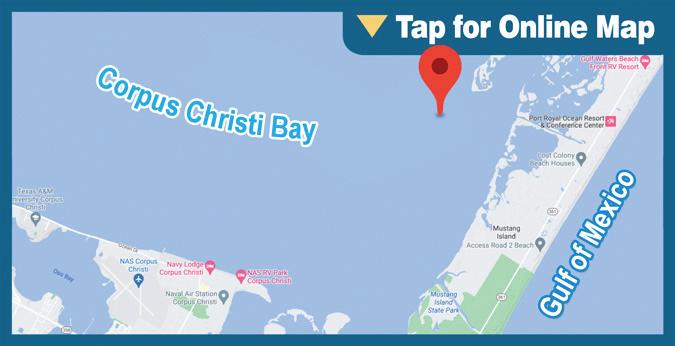

SPECIES: Speckled Trout
BEST BAITS: Soft Plastic shrimp tails
SOURCE: Texas Lakes & Bays Fishing Atlas Fishgame.com/fishandgamegear



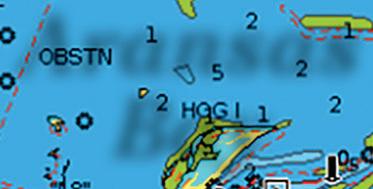

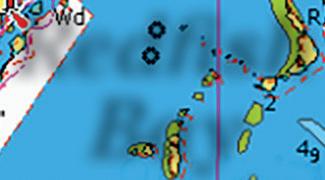
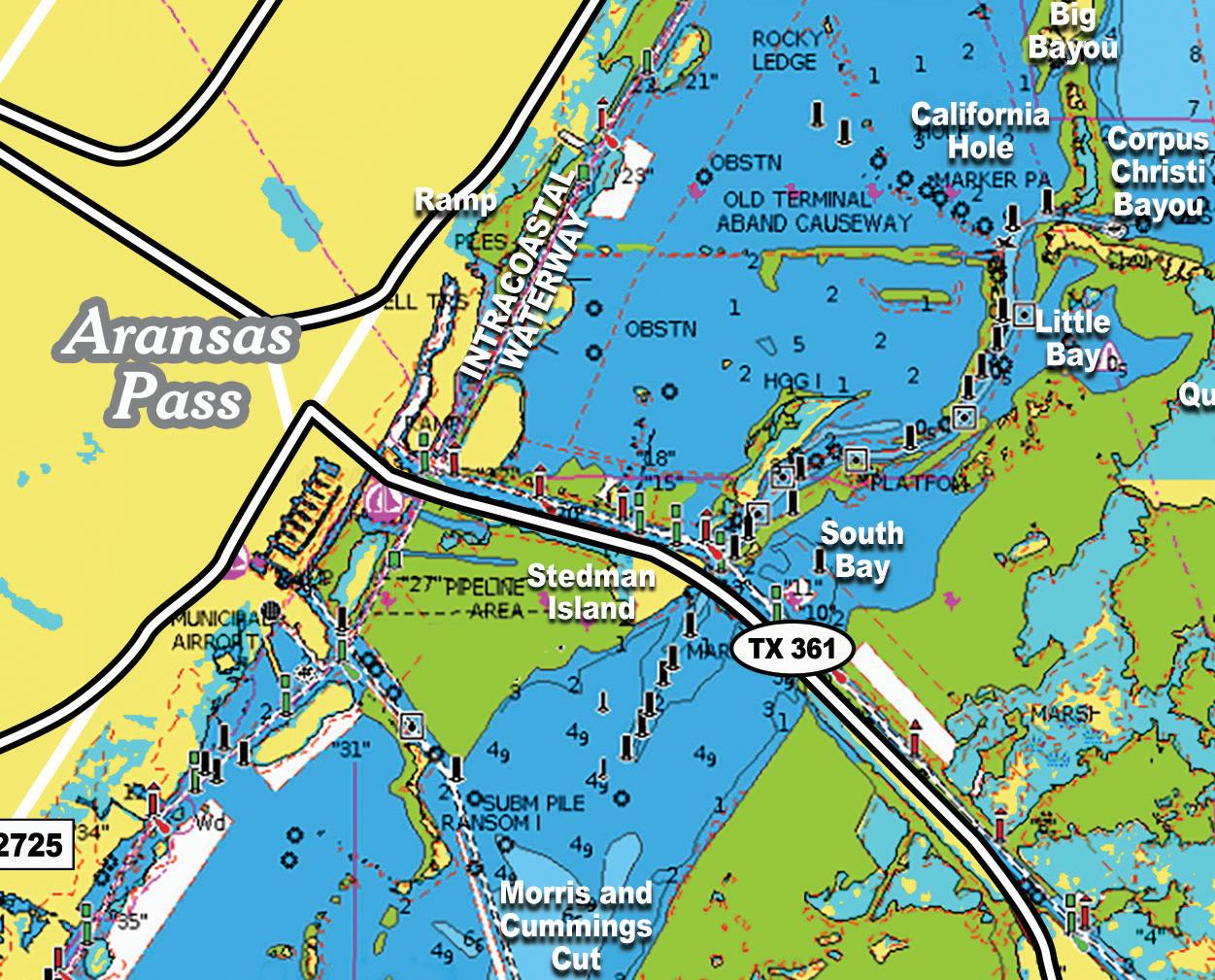


a few different types of baits and styles until you find something the fish are keying on.

TIPS: Fan cast,
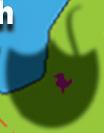

HOTSPOT: Pringle Lake

GPS: N 28 18.984, W 96 30.865 (28.3164, -96.5144)
LOCATION: Corpus Christi Bay
HOTSPOT: Nueces Bay
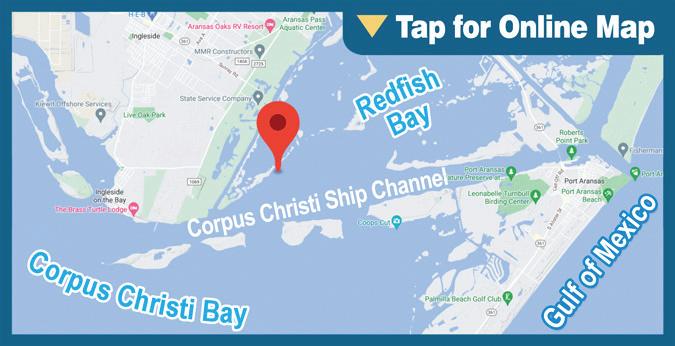
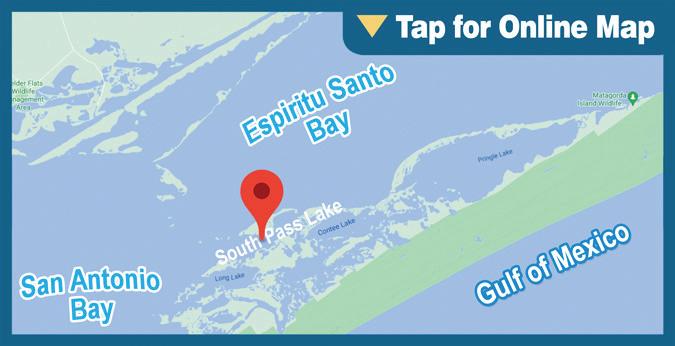
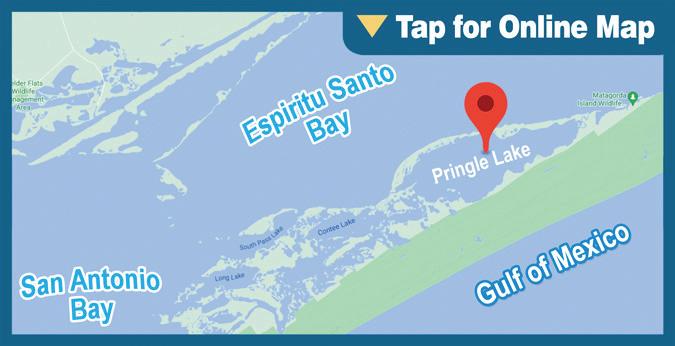
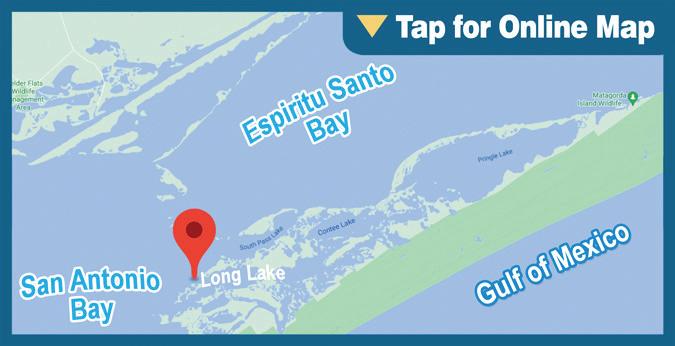
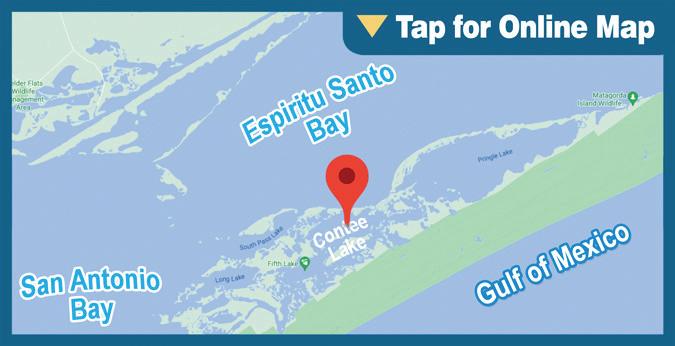

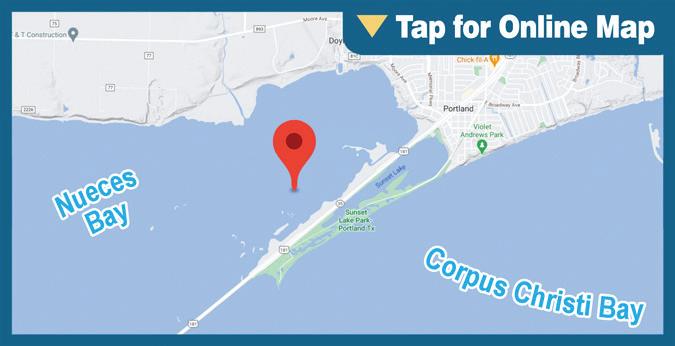
GPS: N 27 51.893, W 97 21.13 (27.8649, -97.3522)
SPECIES: Speckled Trout & Redfish
BEST BAITS: Live shrimp under a popping cork
SOURCE: Texas Lakes & Bays Fishing Atlas
Fishgame.com/fishandgamegear
TIPS: Don’t hesitate to throw in an area a hundred times if you are looking for that big trout before you start moving down the shoreline.


LOCATION: Corpus Christi Bay
HOTSPOT: Portland Shoreline
GPS: N 27 52.51, W 97 18.013 (27.8752, -97.3002)
Fishgame.com/fishandgamegear
TIPS: Try sight fishing for reds in November using fly rod and flies. You just kind of leave all the bait fishermen behind…they are not around. You are free to cover a lot more water.
LOCATION: Espiritu Santo Bay
HOTSPOT: Contee Lake

GPS: N 28 17.784, W 96 33.682 (28.2964, -96.5614)
SPECIES: Speckled Trout
BEST BAITS: Live shrimp under a popping cork SOURCE: Texas Lakes & Bays Fishing Atlas Fishgame.com/fishandgamegear

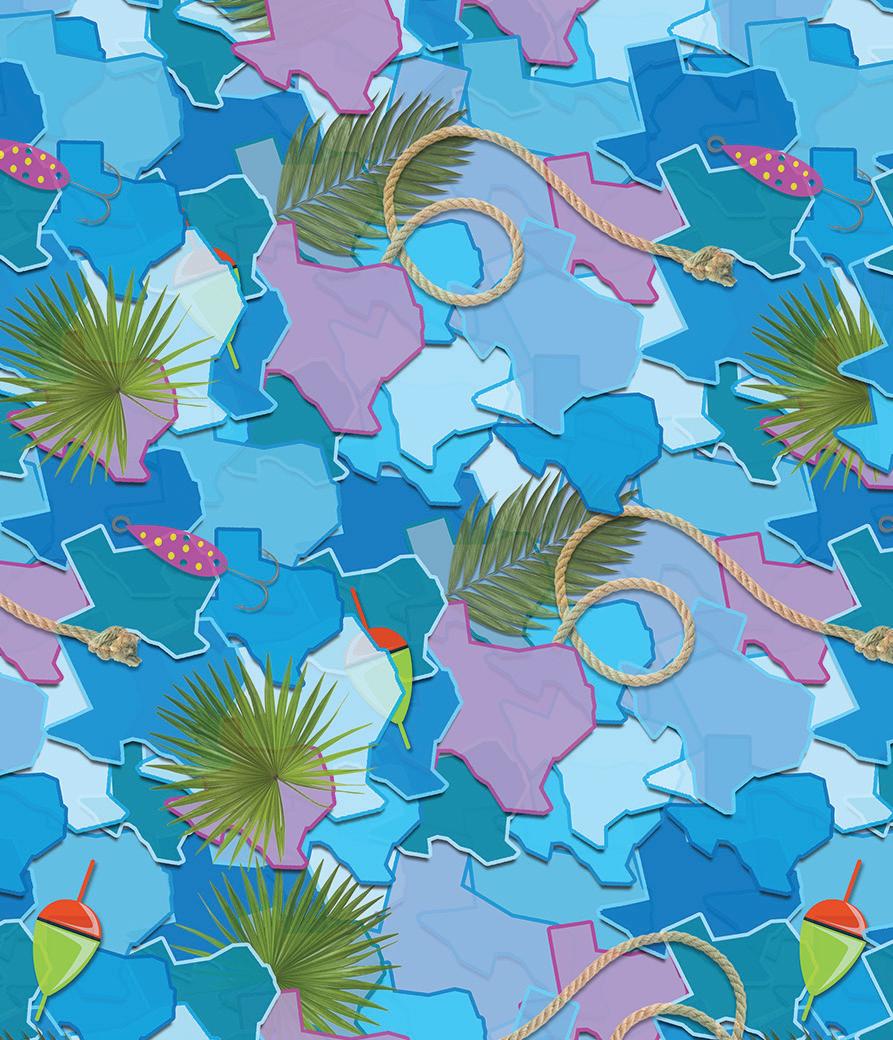
TIPS: When using lures, go with purple/chartreuse soft plastics.
LOCATION: Espiritu Santo Bay
HOTSPOT: South Pass Lake
GPS: N 28 17.534, W 96 35.365 (28.2922, -96.5894)
SPECIES: Speckled Trout
BEST BAITS: Live Bait or Gulp under a popping cork
SOURCE: Texas Lakes & Bays Fishing Atlas
Fishgame.com/fishandgamegear
TIPS: This time of the year is great time to find a spot on the surf line. Look for diving birds in surf to try your luck.
LOCATION: Corpus Christi Bay
HOTSPOT: Shamrock Cove
GPS: N 27 45.437, W 97 9.717 (27.7573, -97.1620)
SPECIES: Redfish
BEST BAITS: Skitter Walk topwaters

SOURCE: Texas Lakes & Bays Fishing Atlas
Fishgame.com/fishandgamegear
TIPS: November is a good time of the year for schooling redfish. A good color is pink. Pink is one of the hardest colors for fish to see. Try the larger size Skitter Walk.
LOCATION: Espiritu Santo Bay
HOTSPOT: Long Lake
GPS: N 28 16.772, W 96 36.698 (28.2795, -96.6116)
SPECIES: Redfish
BEST BAITS: Crab

SOURCE: Texas Lakes & Bays Fishing Atlas
Fishgame.com/fishandgamegear
TIPS: Free-line crab, using a #6 Eagle Claw Circle C hook…the fish pretty much hook themselves. Use no weight, just the crab.
LOCATION: Port Aransas
HOTSPOT: Dagger Island
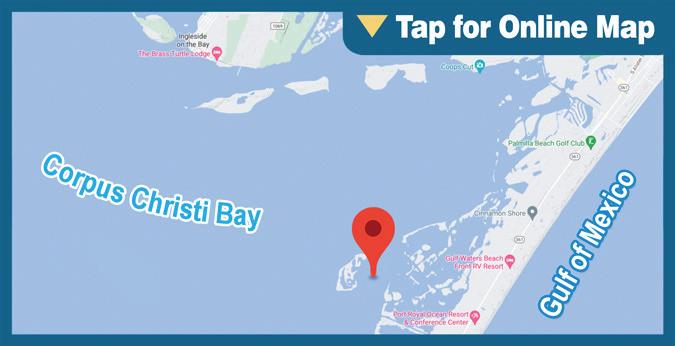
GPS: N 27 50.217, W 97 9.967 (27.8370, -97.1661)
SPECIES: Redfish
BEST BAITS: Clouser Flay


SOURCE: Texas Lakes & Bays Fishing Atlas
SPECIES: Speckled Trout

BEST BAITS: Live shrimp under a popping cork
SOURCE: Texas Lakes & Bays Fishing Atlas Fishgame.com/fishandgamegear
TIPS: Try the Mid Coast Popping Cork because of the sound it makes and durability.
LOCATION: Espiritu Santo Bay
SPECIES: Redfish
BEST BAITS: Gold or Silver Spoons

SOURCE: Texas Lakes & Bays Fishing Atlas
Fishgame.com/fishandgamegear



TIPS: The redfish should be up on the flats around the islands or along the shorelines.


LOCATION: Port Aransas
HOTSPOT: Estes Flats
GPS: N 27 57.058, W 97 5.331 (27.9510, -97.0889)
LOCATION: Port Aransas
HOTSPOT: Outside of Traylor Island
GPS: N 27 55.995, W 97 4.494 (27.9333, -97.0749)

LOCATION: Port Aransas
HOTSPOT: South Jetties

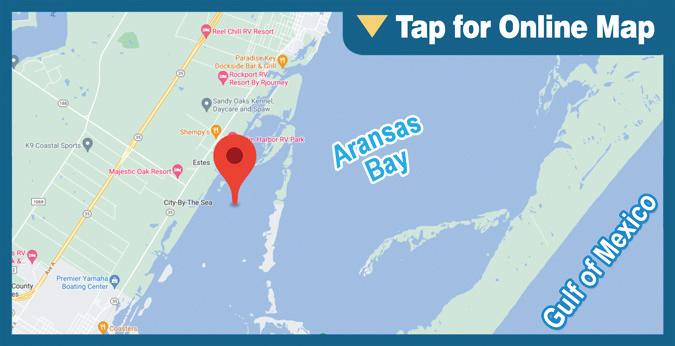
GPS: N 27 49.966, W 97 2.548 (27.8328, -97.0425)
SPECIES: Redfish
BEST BAITS: Cut Bait or Live Mullet
SOURCE: Texas Lakes & Bays Fishing Atlas
Fishgame.com/fishandgamegear
TIPS: Redfish fishing should be on fire using cut bait and live mullet.

SPECIES: Speckled Trout & Redfish
BEST BAITS: Live Mullet
SOURCE: Texas Lakes & Bays Fishing Atlas
Fishgame.com/fishandgamegear
TIPS: Trout will be moving up shallow before cold fronts pass through, and they go deep.
SPECIES: Speckled Trout
BEST BAITS: Soft Plastic shrimp tails
SOURCE: Texas Lakes & Bays Fishing Atlas
Fishgame.com/fishandgamegear
TIPS: You definitely want to slow your retrieve, but more so it’s continually walking to find the fish.
(27.4856, -97.3518)
LOCATION: Redfish Bay
HOTSPOT: Morris & Cummins Cut
GPS: N 27 52.624, W 97 6.866 (27.8771, -97.1144)
SPECIES: Redfish
BEST BAITS: Soft Plastic shrimp tails


SOURCE: Texas Lakes & Bays Fishing Atlas
Fishgame.com/fishandgamegear
TIPS: A good place for redfish…the deep water with a muddy bottom holds a good strip of warm water. On low tides, fish stack up along the sides of the edges.
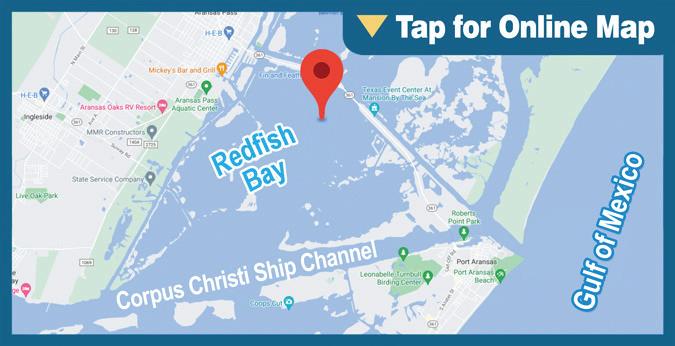
LOCATION: Port O’Connor
HOTSPOT: Bird Lake

GPS: N 28 24.01, W 96 24.992 (28.4002, -96.4165)
Fishgame.com/fishandgamegear
TIPS: Water depth is the key. Once you find the fish at a certain depth when the tide is moving, they will always be at that depth. You will catch fish.

LOCATION: San Antonio Bay
HOTSPOT: Half Moon Reef

GPS: N 28 20.274, W 96 46.347 (28.3379, -96.7725)
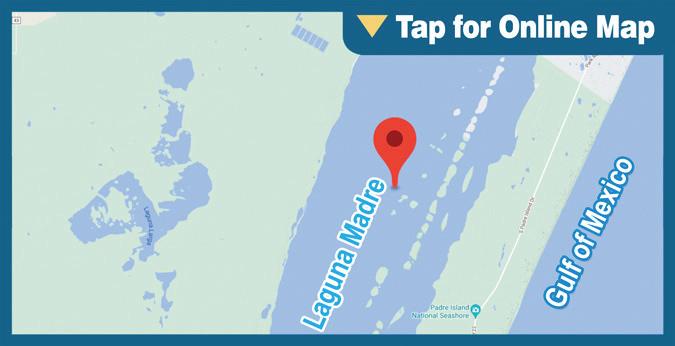
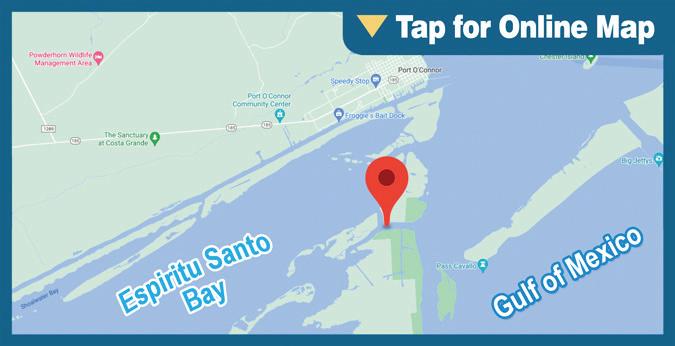
SPECIES: Speckled Trout & Redfish
BEST BAITS: Gulp under a Popping Cork
SOURCE: Capt. Nino Gonzalez 361-332-1568 www.captninogonzalez.com
TIPS: Try the STX Tackle popping cork. It’s a solid cork, but it has a ceramic bead underneath the cork about the size of a marble, and then a little bead under that. Pop it and it has a deep sound.
LOCATION: Upper Laguna Madre
HOTSPOT: Packery Flats
GPS: N 27 37.821, W 97 12.879 (27.630351, -97.214645)
SPECIES: Speckled Trout
BEST BAITS: Sardines or shrimp
SOURCE: Texas Lakes & Bays Fishing Atlas
Fishgame.com/fishandgamegear



TIPS: Use live bait, either sardines or shrimp. Rig it as a bottom dropper, a 1 1/2 oz. sinker about 12 inches and a #4 Kahle hook, fishing close to the bottom. Put it in the water and let it sit.
LOCATION: Port O’Connor
HOTSPOT: Jetties



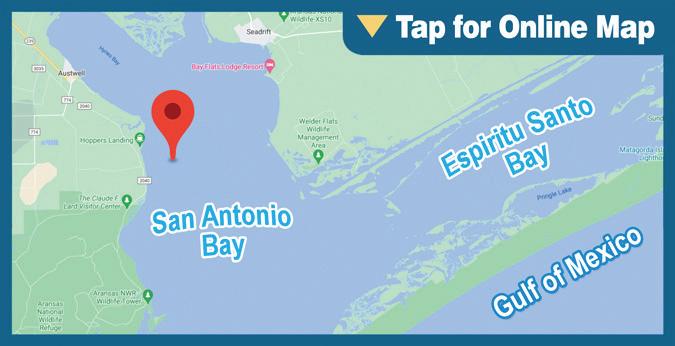
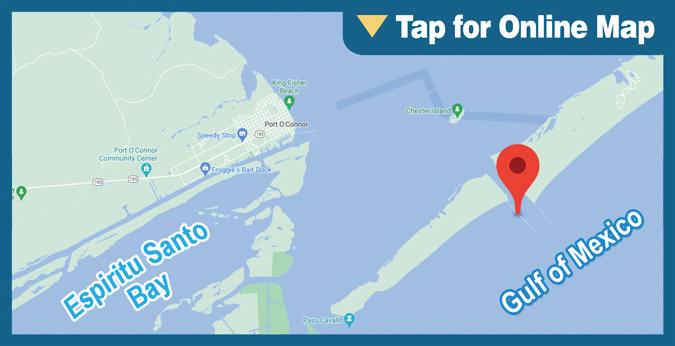
GPS: N 28 25.212, W 96 19.544 (28.4202, -96.3257)
SPECIES: Speckled Trout
BEST BAITS: Live shrimp under a popping cork SOURCE: Texas Lakes & Bays Fishing Atlas Fishgame.com/fishandgamegear
TIPS: The lakes have a lot of grass pockets and by November you should be picking up some decent fish.
LOCATION: Upper Laguna Madre
HOTSPOT: Emmords Hole

GPS: N 27 30.186, W 97 19.733 (27.5031, -97.3289)
SPECIES: Speckled Trout & Redfish

BEST BAITS: Gulp under a Popping Cork
SOURCE: Capt. Nino Gonzalez 361-332-1568 www.captninogonzalez.com
TIPS: The first cold front will light the fish up, get the redfish stirred up and ready.

LOCATION: Upper Laguna Madre
HOTSPOT: Pure Oil Channel




GPS: N 27 31.839, W 97 18.449 (27.5307, -97.3075)
SPECIES: Speckled Trout and Redfish
BEST BAITS: Sardines or shrimp
SOURCE: Texas Lakes & Bays Fishing Atlas
SPECIES: Speckled Trout
BEST BAITS: Soft Plastics on a 1/8 oz. jig head SOURCE: Texas Lakes & Bays Fishing Atlas Fishgame.com/fishandgamegear
TIPS: The King Ranch shoreline will keep you out of the high north winds. You’ll be able to work areas and cast a little easier without the north wind in your face.
LOCATION: Upper Laguna Madre
HOTSPOT: King Ranch Shoreline GPS: N 27 29.134, W 97 21.108
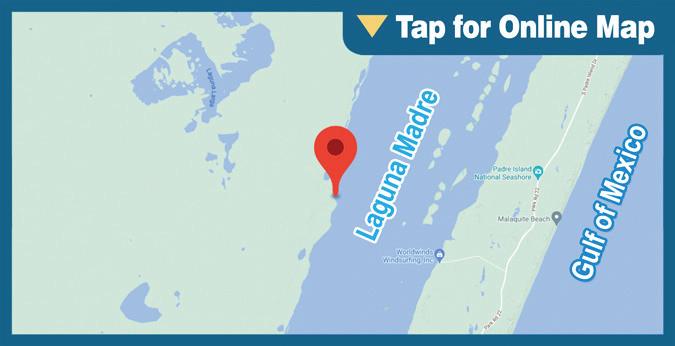
SPECIES: Speckled Trout

BEST BAITS: Soft Plastics on a 1/8 oz. jig head SOURCE: Texas Lakes & Bays Fishing Atlas Fishgame.com/fishandgamegear
TIPS: Stand in knee deep water and fish the rocks and sand pockets.

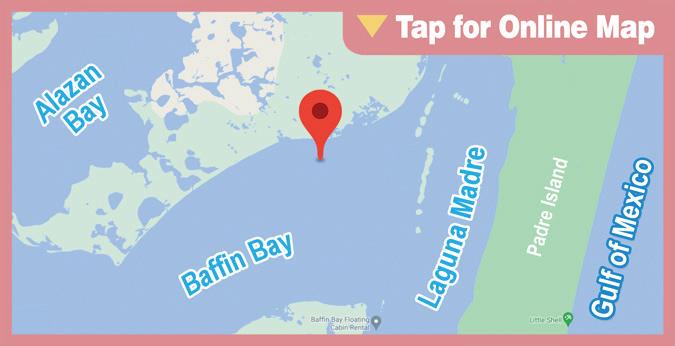

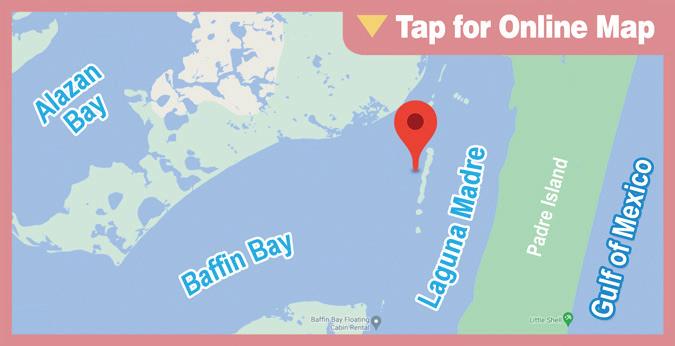 Reported by CAPT. GERAD MERRITT
Reported by CAPT. GERAD MERRITT
THIS TIME OF YEAR CAN BE exciting for trout shing in our bay system.
e trout are becoming heavier, and as the temperatures drop, top water action becomes more aggressive as you start nding bigger sh in shallower waters. As in
sh are and adjust my lures accordingly to mimic the bait sh the best I can. Sometimes just something ashy and simple works best. I will also keep it simple and use gold or silver spoons and “broke back” top waters, along with simple top water rigs.
It’s a good idea to change up lure colors and tail combinations frequently to nd what works at a particular time and place. Following what these sh eat at certain times of the year is also a good strategy.


As croakers start to move into the gulf or laguna, trout and red sh do not necessarily follow them. If shrimp and other bait sh are still around, they might simply switch their diet, and you might see that croaker shing just will not work anymore. is is when I will start using live shrimp under a popping cork. Also, a gulp or something similar, under a cork does just as well. If you’re shing from a boat, dri ing to cover as much ground as possible tends to serve a good purpose. Making the same dri multiple times when you nd good sh can be key.
other months, ats over grass that hold bait sh should be an obvious sign there are sh worth looking for in the area.
Once the sun shines for several hours and the water warms up, I have found that sh tend to slowly ease out a li le deeper. With that said, in the evenings they’ll tend to come back into the shallows to a empt to warm themselves back up.

More o en in clear, shallow water, I try to identify what the bait
When I do this, I make sure I am a good distance out of the school before I loop back around, so I don’t spook the bait, school of trout or red sh. Controlling your speed on a dri is key, and you want to try to move at the same speed as the school you are chasing. Pick up a li le speed when the bite slows down to cover more ground.
Fishing has proved to be extremely successful for us when we use these tactics. As we continue through winter, we hope to see more of the impressive sh Ba n Bay has to o er.



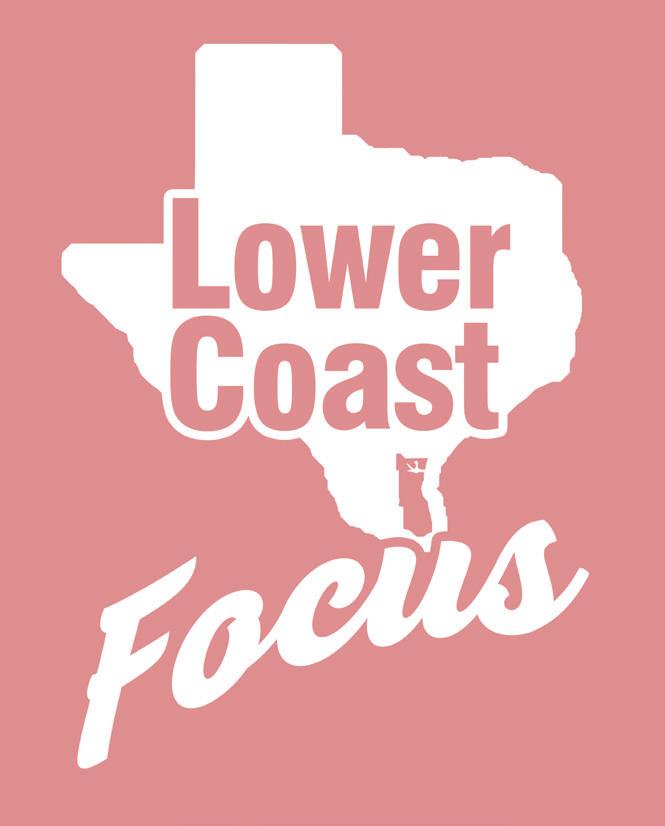
LOCATION: Baffin Bay
HOTSPOT: Badlands
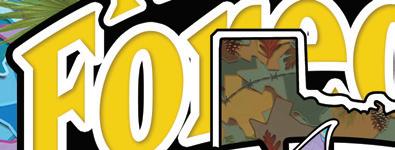

GPS: N 27 18.228, W 97 24.338 (27.3038, -97.4056)
SPECIES: Speckled Trout & Redfish
BEST BAITS: Popping Corks with Gulp
SOURCE: Capt. Nino Gonzalez 361-332-1568
www.captninogonzalez.com
TIPS: If it’s cool in the morning, the trout will be sitting around the potholes.
LOCATION: Baffin Bay
HOTSPOT: Badlands South
GPS: N 27 16.386, W 97 25.266 (27.2731, -97.4211)
SPECIES: Speckled Trout & Redfish
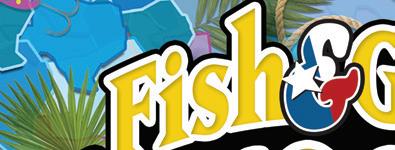

BEST BAITS: Popping Corks with Gulp

SOURCE: Capt. Nino Gonzalez 361-332-1568
www.captninogonzalez.com








TIPS: This time of year, you should be mainly looking for slicks potholes and just grinding it out.
LOCATION: Baffin Bay
HOTSPOT: Cat Head

GPS: N 27 18.382, W 97 26.263 (27.3064, -97.4377)
SPECIES: Speckled Trout


BEST BAITS: Live shrimp under a popping cork

SOURCE: Texas Lakes & Bays Fishing Atlas Fishgame.com/fishandgamegear
TIPS: Use live shrimp under a popping cork if you are drifting.

LOCATION: Baffin Bay
HOTSPOT: Kennedy Shoreline
GPS: N 27 15.672, W 97 25.29 (27.2612, -97.4215)
SPECIES: Redfish
BEST BAITS: Topwaters & Soft Plastics


SOURCE: Capt. Nino Gonzalez 361-332-1568
www.captninogonzalez.com







TIPS: Best baits for redfish here are a popping cork with a 1/16 ounce jig head with Gulp underneath, 18 inch drop and 3/0 croaker hook.
LOCATION: Baffin Bay
HOTSPOT: Tide Gauge Bar

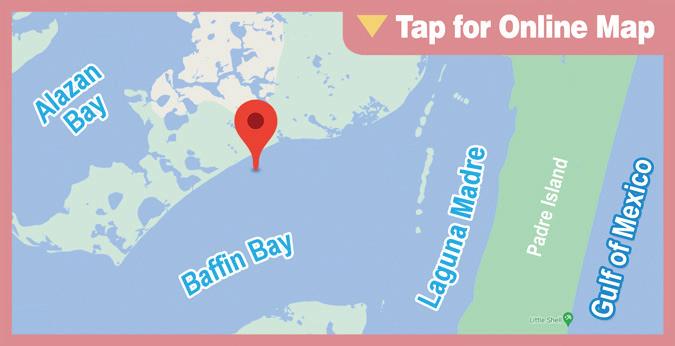
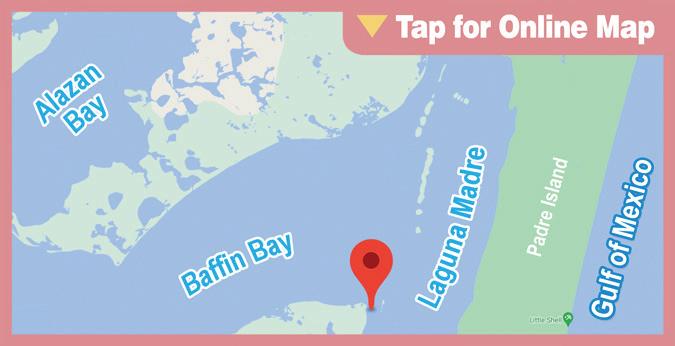
GPS: N 27 18.248, W 97 27.593 (27.3041, -97.4599)
spicharterfishing.com
TIPS: Trout and reds will be on gas wells in December under winds 15 or higher out of the north.
LOCATION: Lower Laguna Madre
HOTSPOT: Three Islands

GPS: N 26 16.621, W 97 17.732 (26.2770, -97.2955)
LOCATION: Port Mansfield HOTSPOT: East Cut
GPS: N 26 33.8, W 97 17.029 (26.5633, -97.2838)
SPECIES: Speckled Trout
BEST BAITS: Soft Plastics on a 1/8 oz. jig head
SOURCE: Texas Lakes & Bays Fishing Atlas Fishgame.com/fishandgamegear
TIPS: For clear water use a clear or natural colored tail. For dark or murkier water, use a bright or darker color. If it’s really over cast, use a darker presentation, like a red/black or pink.


LOCATION: Lower Laguna Madre
HOTSPOT: Oil Field Flats
GPS: N 26 15.079, W 97 15.943 (26.2513, -97.2657)
SPECIES: Redfish
BEST BAITS: Live shrimp under a popping cork
SOURCE: Capt. George Strader 956-434-9971
spicharterfishing.com
TIPS: In the heavier winds the fish are coming off the drop offs, getting where the grass is, you can catch them on plastics or cut mullet using a bottom rig.
LOCATION: Lower Laguna Madre HOTSPOT: Unnecessary Island


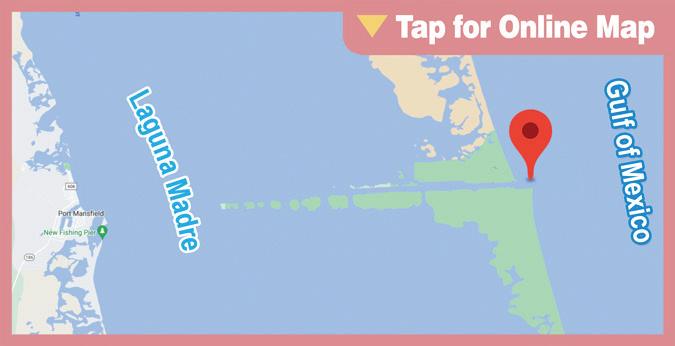
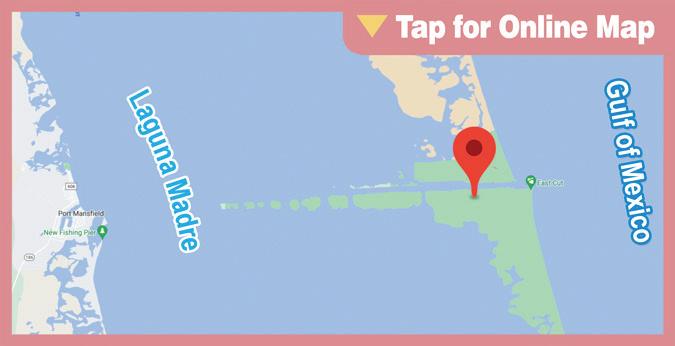
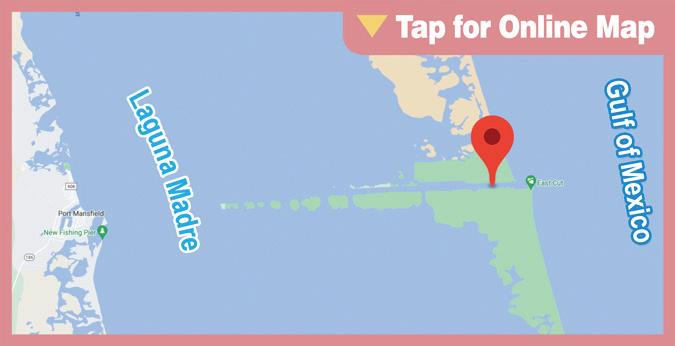
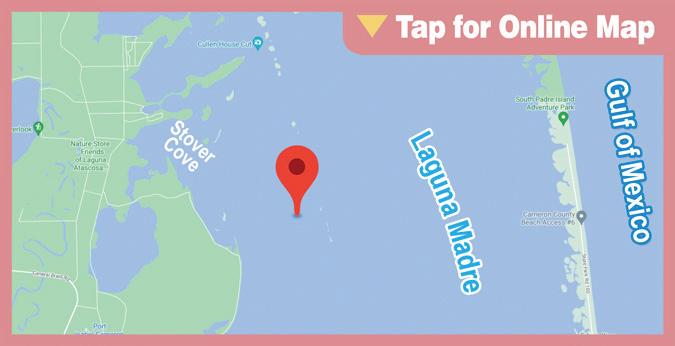
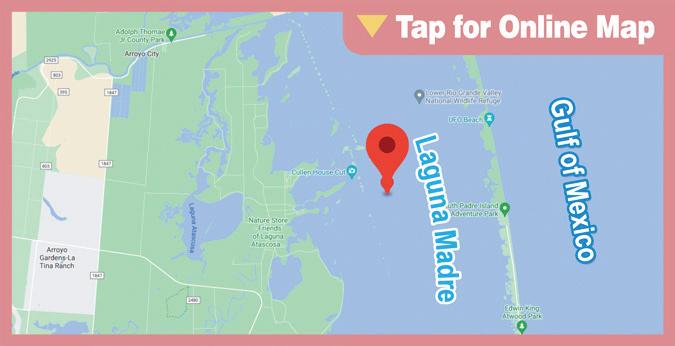
GPS: N 26 12.592, W 97 16.582 (26.2099, -97.2764)
SPECIES: Speckled Trout
BEST BAITS: K Wigglers and Gold Spoons
SOURCE: Texas Lakes & Bays Fishing Atlas Fishgame.com/fishandgamegear
TIPS: Wade fishing on the sand is productive with a red and white Kelley Wiggler. It draws a lot of attention.
LOCATION: Port Mansfield HOTSPOT: East Cut Sloughs
GPS: N 26 33.62, W 97 17.403 (26.5603, -97.2901)
SPECIES: Speckled Trout and Redfish

BEST BAITS: Live shrimp under a popping cork
SOURCE: Capt. George Strader 956-434-9971
SPECIES: Speckled Trout
BEST BAITS: Live shrimp under a popping cork
SOURCE: Capt. George Strader 956-434-9971
spicharterfishing.com

TIPS: Rig your popping cork with one ounce weight and a 4/0 J hook, then fish it about 10 inches off the bottom.
SPECIES: Speckled Trout

BEST BAITS: K Wigglers Soft Plastics
SOURCE: Texas Lakes & Bays Fishing Atlas Fishgame.com/fishandgamegear
TIPS: Fishing the sandy bottom along and anywhere around the East Cut should produce trout in November.
LOCATION: Port Mansfield HOTSPOT: North Jetty
GPS: N 26 33.93, W 97 16.303 (26.5655, -97.2717)
SPECIES: Redfish
BEST BAITS: K Wigglers and Gold Spoons
SOURCE: Texas Lakes & Bays Fishing Atlas Fishgame.com/fishandgamegear
TIPS: Besides Kelley Wiggler and gold spoons, cut bait freelined, or under a popping cork, works for red-
fish along the jetty.
LOCATION: Lower Laguna Madre
HOTSPOT: Bowie Park
GPS: N 26 11.541, W 97 10.327 (26.1924, -97.1721)

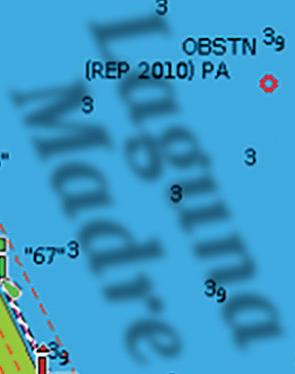
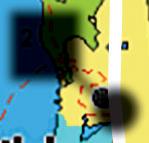
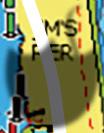


SPECIES: Pompano
BEST BAITS: Live shirmp, fresh shrimp.
SOURCE: Texas Lakes & Bays Fishing Atlas
Fishgame.com/fishandgamegear
TIPS: Fish two hook rigs with 1 to 2 ounce sinkers (spider weights are best if the surf is sloppy) in the first or second gut (the latter on an outgoing tide) to target all them.
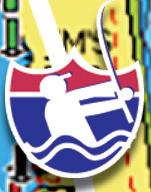
LOCATION: Lower Laguna Madre
HOTSPOT: Queen Isabela Causeway





GPS: N 26 4.97, W 97 12.06 (26.0828, -97.2010)
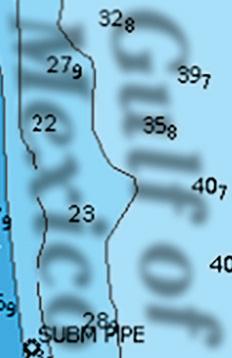

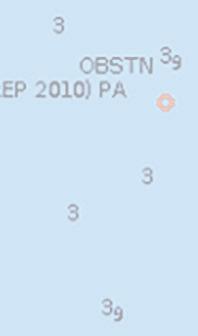
SPECIES: Black Drum
BEST BAITS: Live Shrimp, crab chunks
Source: Texas Lakes & Bays Fishing Atlas
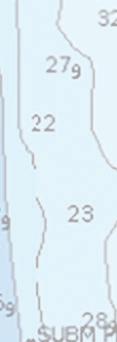
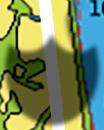
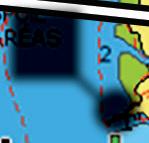
Fishgame.com/fishandgamegear
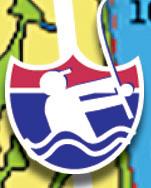
TIPS: Fishing the edges of the Intercoastal Waterway with either live shrimp, or fresh crab, shrimp, or sea lice on a dropper or Carolina Rig works.

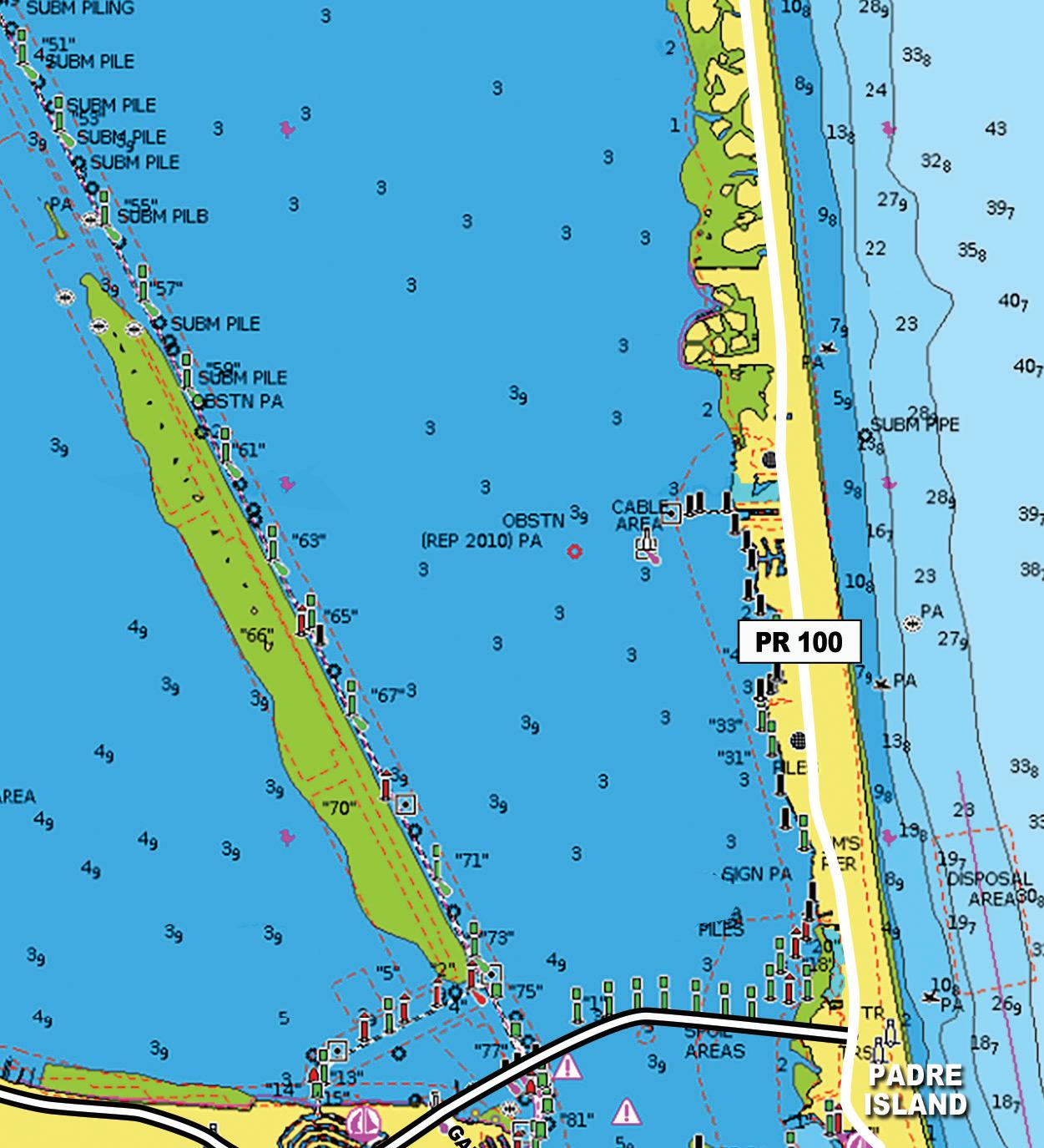

LOCATION: Lake Bob Sandlin
HOTSPOT: Bob Sandlin Dam



GPS: N 33 4.069, W 95 0.204 (33.0678, -95.0034)
LOCATION: Caddo Lake
HOTSPOT: Big Cypress Bayou Cuts and Bends
GPS: N 32 41.5559, W 96 2.292 (32.6926, -96.0382)
SOURCE: Richard Tatsch 936-661-7920 www.fishdudetx.com
TIPS: The hybrid stripers are in full swing now; They will be all around the lake on main lake points and humps. The use of electronics is a necessity! Find the schools of shad and you will find the hybrids. This time of year, they will range in the water column from 12 foot to 30 feet. Find the depth the bait are in and you will find the fish. Live shad will be the bait of choice, but the swim shad or shad colored crankbaits will work if you can control the depth.
LOCATION: Lake Cooper/Jim Chapman
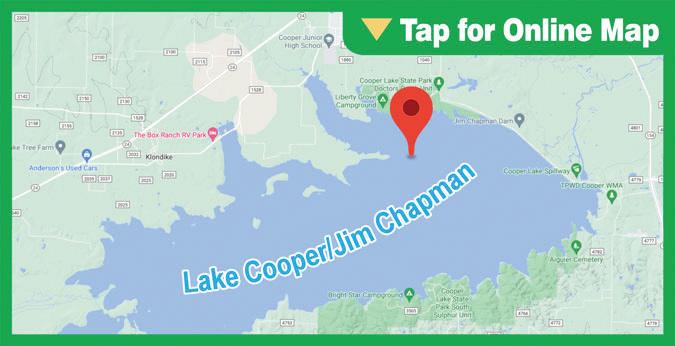
HOTSPOT: Pelican Point
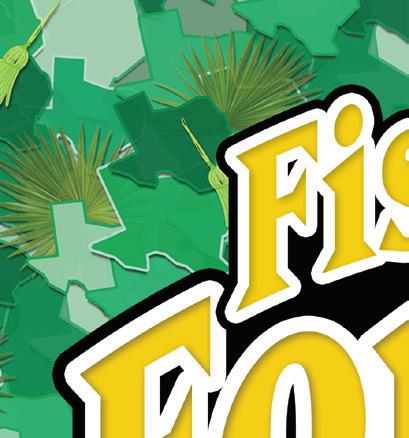
GPS: N 33 19.811, W 95 40.300 (33.3302, -95.6717)
SPECIES: Catfish
BEST BAITS: Liver, worms on C-rig, anchor, chum & tightline

SOURCE: Texas Lakes & Bays Fishing Atlas Fishgame.com/fishgamegear
TIPS: Liver, worms on Carolina rig, anchor, chum & tightline; morning, night
SPECIES: Largemouth Bass
BEST BAITS: Umbrella rigs, chatterbaits, crankbaits, topwaters

SOURCE: Caddo Lake Guide Service/Paul Keith 318-455-3437 www.caddolakefishing.com
TIPS: This late fall/early winter time of the year the bass are really feeding up. Shad is the main food source for them now so any white or shad colored lures like the ones listed above work great. Stay in the main channel and other creeks and concentrate on the cuts, intersections, and bends along the edges of the channel. Sometimes you might find them schooling on a nearby flat from the channels.
LOCATION: Lake Conroe
HOTSPOT: Main Lake

GPS: N 30 22.9799, W 95 34.9259 (30.3830, -95.5821)
SPECIES: Largemouth Bass
BEST BAITS: Topwaters, jigs
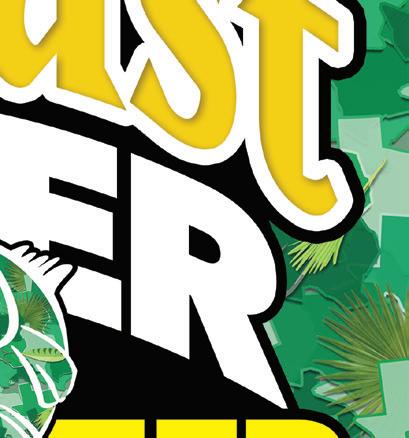
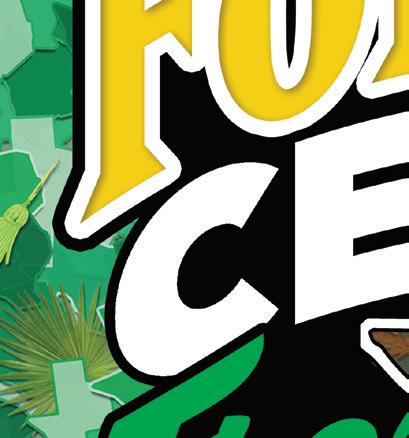

SOURCE: TPWD District Fisheries Office 903-593-5077
TIPS: Fish red/shad topwaters early & late. Pitch jigs into willows when topwater action slows.
LOCATION: Lake Fork
HOTSPOT: Deep Points, Humps and Creek Channel Bends
GPS: N 32 48.7319, W 95 36.504 (32.8122, -95.6084)
SPECIES: Hybrid Stripers
BEST BAITS: Live shad, Storm Swim shad
SPECIES: Largemouth Bass
BEST BAITS: When fish are on bottom: spoons, deep swim baits When fish are suspended: umbrella rigs. When fish are on surface schooling: Owner Flashy Swimmer with a Grandebass Air Tail Flash as a trailer in shad colors
SOURCE: Texas Lakes & Bays Fishing Atlas
Fishgame.com/fishandgamegear
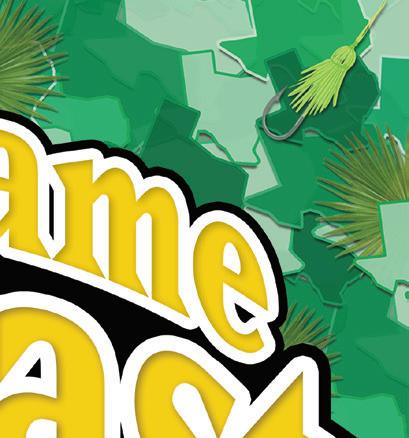

TIPS: The fish are feeding for winter, so the best water temperature is between 65 and 55 degrees. Best locations are deep points, humps, and creek channel bends. Best feed times are late in the afternoon.


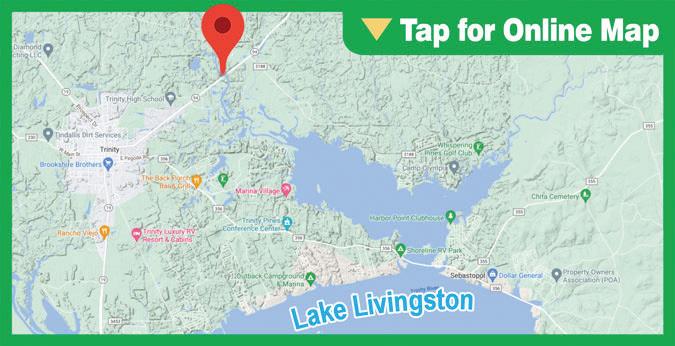
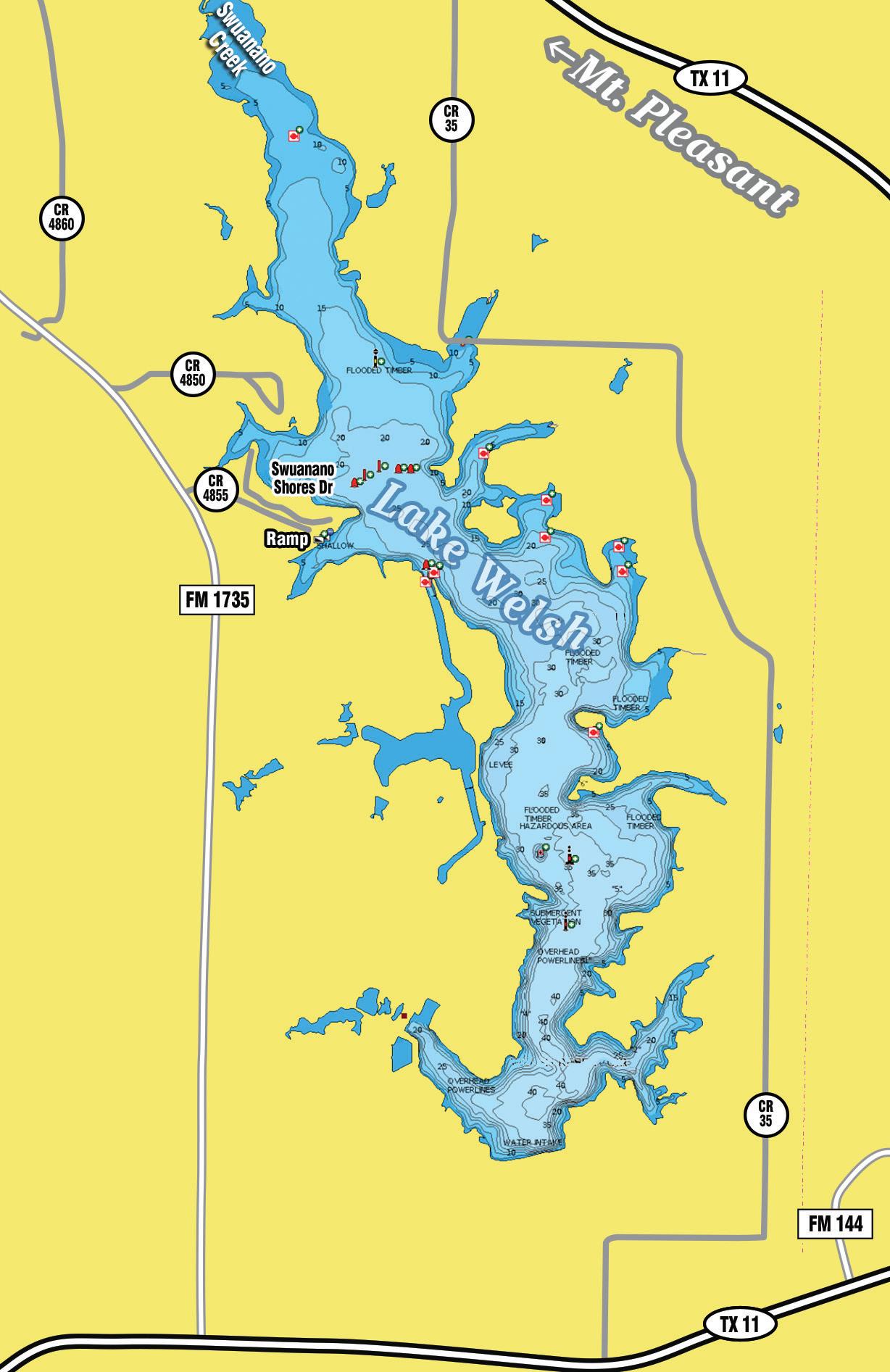
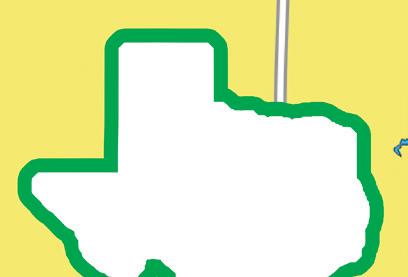



www.palmettoguideservice.com
TIPS: The major White Bass run up the Trinity should be starting now. The Trinity River produces some of the best white bass fishing in the world. Best time is following a warming trend after a 1 -2 inch local rain with the water getting up over 60 degrees. Go all the way up the creek until the water clears and fish the sandbars and points where they drop off into deeper holes. Fish slowly downstream until you find the fish.
LOCATION: Lake Livingston
HOTSPOT: Wyndell’s Hot Hole

GPS: N 30 45.1319, W 95 10.2959 (30.7522, -95.1716)
SPECIES: Largemouth Bass
BEST BAITS: Just about any artificial
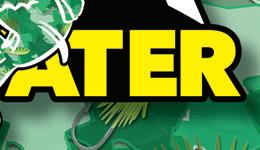
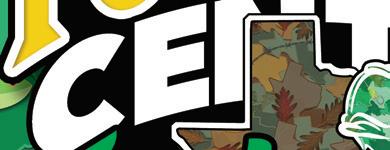
SOURCE: TPWD District Fisheries Office 409-698-9114
TIPS: Work the back brush, docks, hydrilla, stumps, etc. Avoid midday.
BEST BAITS: Minnows
SOURCE: Texas Lakes & Bays Fishing Atlas Fishgame.com/fishgamegear
TIPS: Fish the bridge area and creek channel with live minnows.
LOCATION: Lake Toledo Bend
HOTSPOT: Still Water to Bayou Seipe GPS: N 31 44.5248, W 93 49.764 (31.7421, -93.8294)
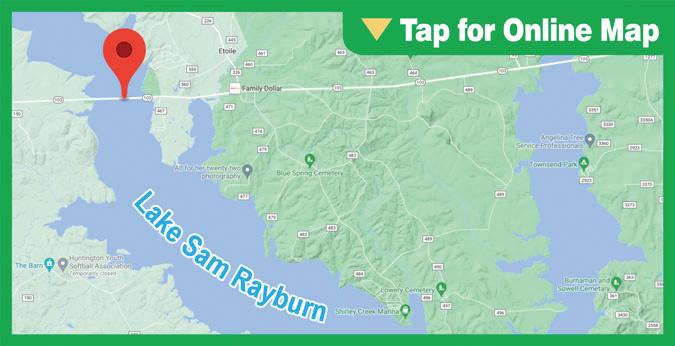
SPECIES: White Bass and Striped Bass

BEST BAITS: Tsunami Zombie Eye Slabs, live shad
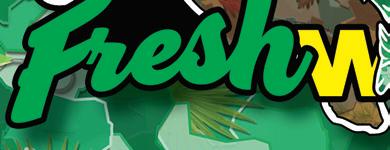

SOURCE: David S. Cox, Palmetto Guide Service 936-291-9602
www.palmettoguideservice.com
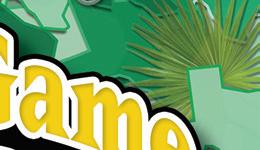

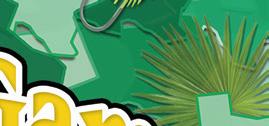


TIPS: Jig slabs off the bottom. Look for water depths 11-14 foot. Keep line tension tight as the slab falls. Be ready for strikes on falling bait.
LOCATION: Lake Murvaul
HOTSPOT: Docks
GPS: N 32 1.906, W 94 26.77 (32.0318, -94.4462)
LOCATION: Lake O the Pines
HOTSPOT: Johnson Creek

GPS: N 32 47.152, W 94 32.541 (32.7859, -94.5424)
BEST BAITS: Shiners, crappie jigs

SOURCE: Texas Lakes & Bays Fishing Atlas Fishgame.com/fishgamegear
TIPS: On the north end of the lake the crappie will start moving and bunching up along the ledges of the river channel. Use your electronics to locate the bait fish and natural cover or drop your own brush tops. As the water temperature falls the crappie will move deeper. Shiners or jigs will load up an ice chest of crappie.
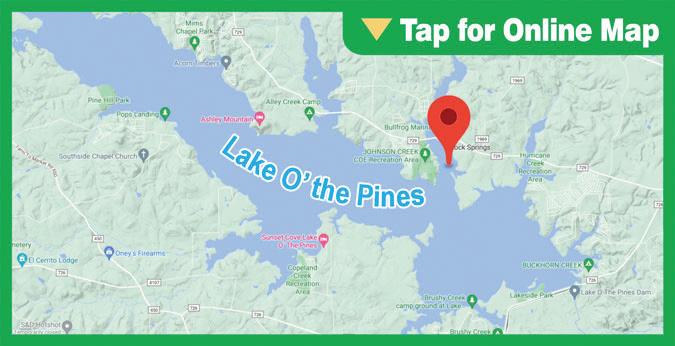
LOCATION: Lake Wright Patman HOTSPOT: The Hump GPS: N 33 18.342, W 94 10.6 (33.3057, -94.1767)
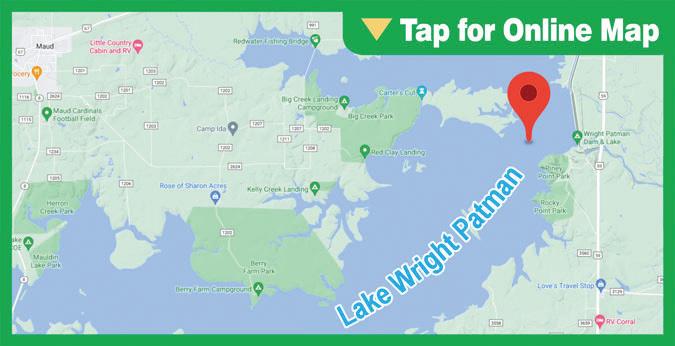
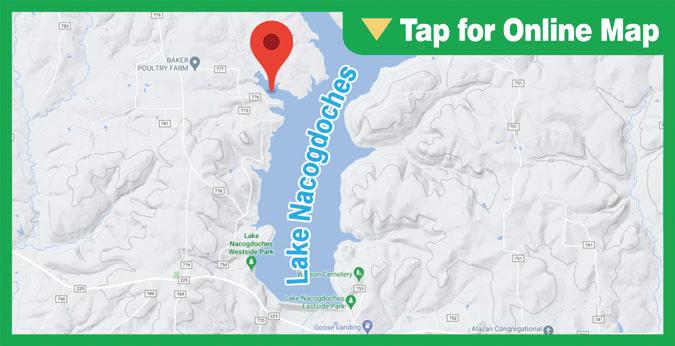

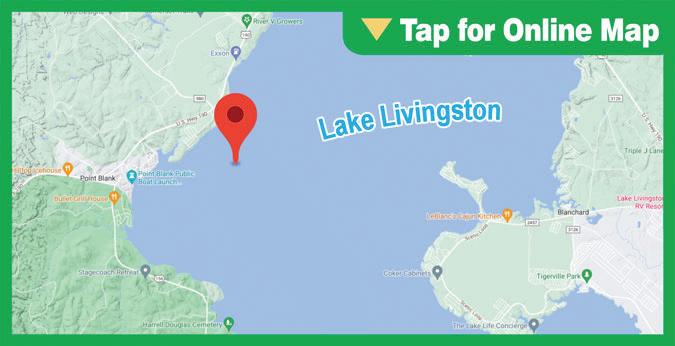
SPECIES: Largemouth Bass
BEST BAITS: Crankbaits, jigs

SOURCE: Texas Lakes & Bays Fishing Atlas Fishgame.com/fishgamegear
TIPS: Look for brush under docks, flip under; dawn, morning, dusk.
LOCATION: Lake Nacogdoches
HOTSPOT: IP Cove
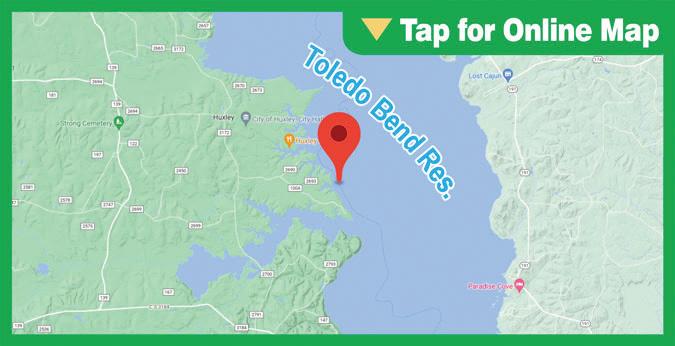
GPS: N 31 37.197, W 94 50.067 (31.6200, -94.8345)
SPECIES: Crappie
BEST BAITS: Jigs, minnows
SOURCE: TPWD District Fisheries Office 903-938-1007
TIPS: Fish black/blue jigs or minnows. Use your depth finder to locate the fish. Midday thru afternoon.
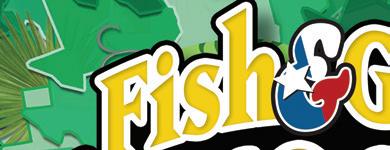
LOCATION: Lake Sam Rayburn
HOTSPOT: 103 Bridge GPS: N 31 22.380, W 94 28.274 (31.3730, -94.4712)
SPECIES: White Bass
BEST BAITS: Little George
SOURCE: TPWD District Fisheries Office 903-938-1007
TIPS: Fish a green Little George and work the top and edges of the hump. Dawn through dusk.
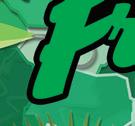
SPECIES: Crappie
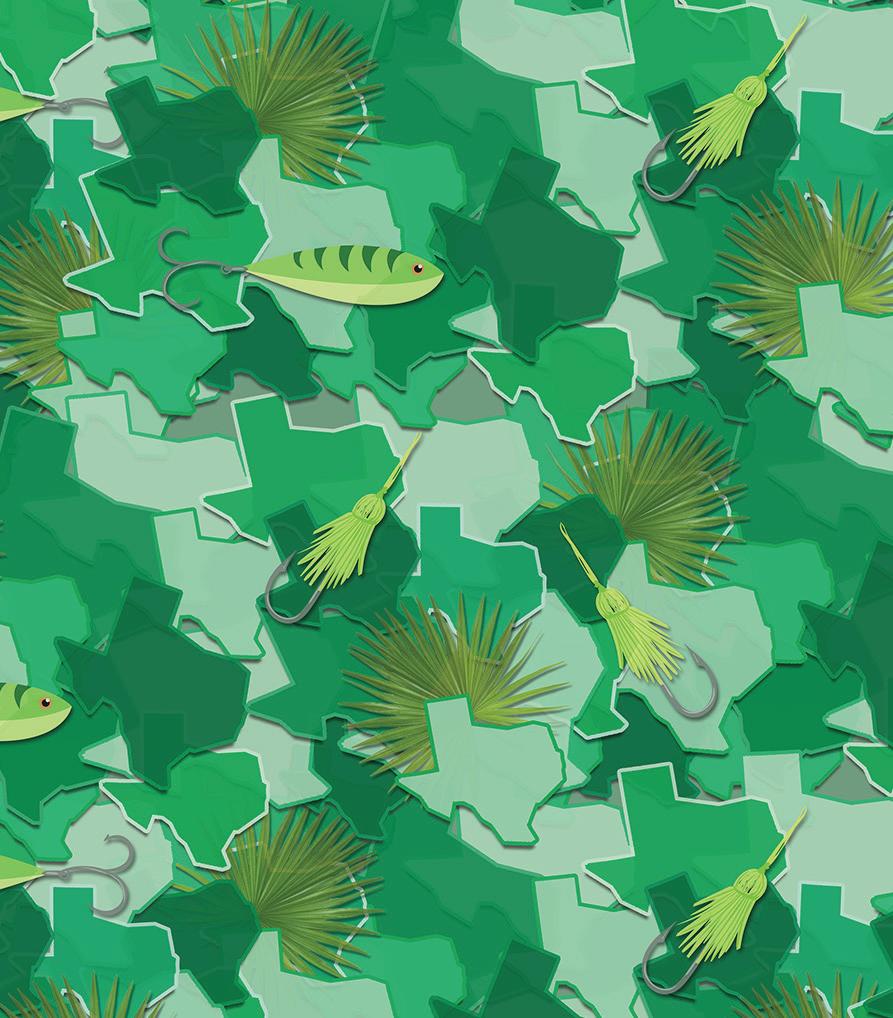

LOCATION: Lake Austin
HOTSPOT: Big View Drive
GPS: N 30 20.982, W 97 52.121 (30.3497, -97.8687)
SPECIES: Largemouth Bass
BEST BAITS: Crankbaits
SOURCE: Texas Lakes & Bays Fishing Atlas Fishgame.com/fishgamegear
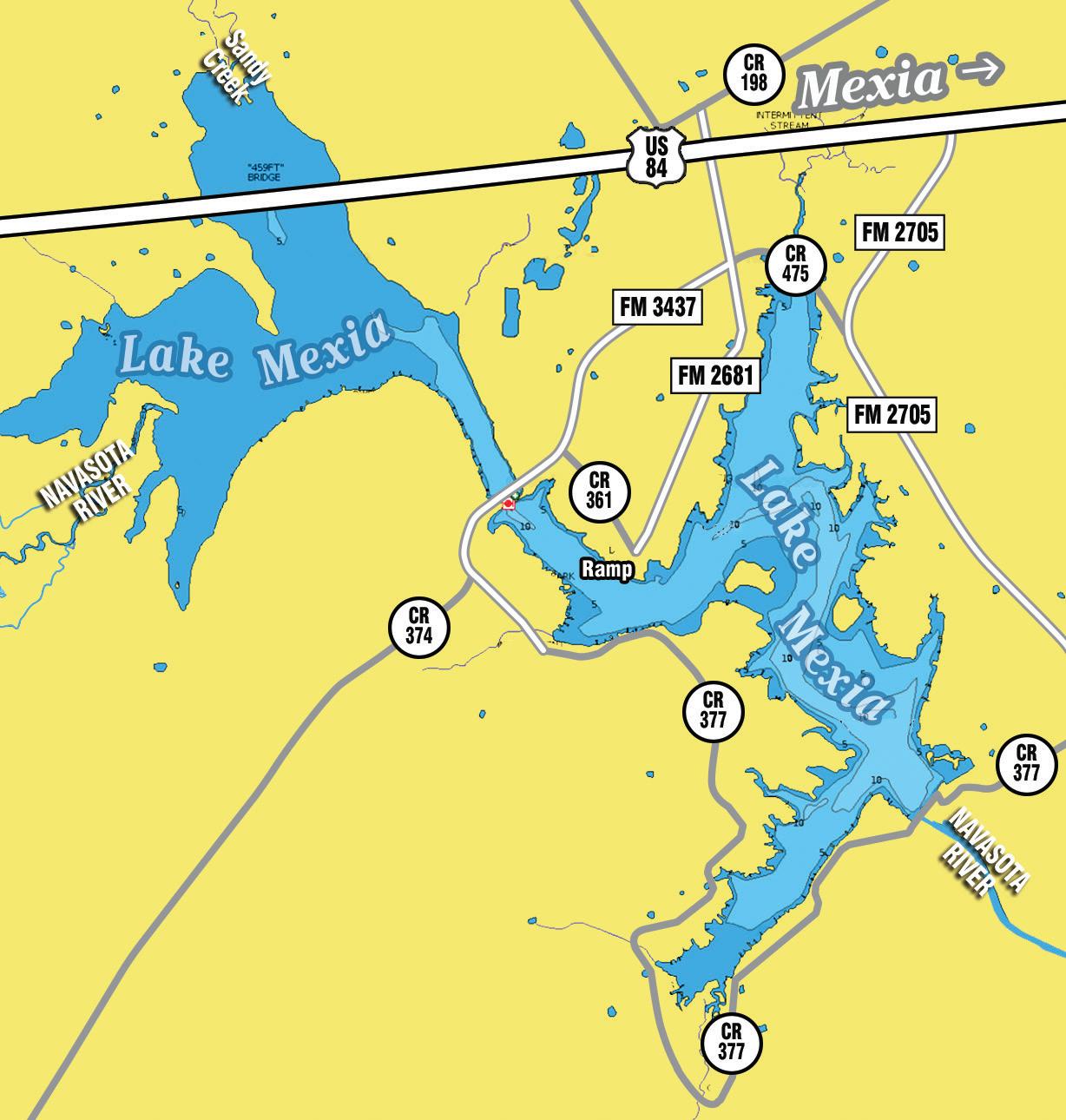
TIPS: RatLTrap, lipless crankbait; all day
LOCATION: Bachman Lake
HOTSPOT: Main Lake


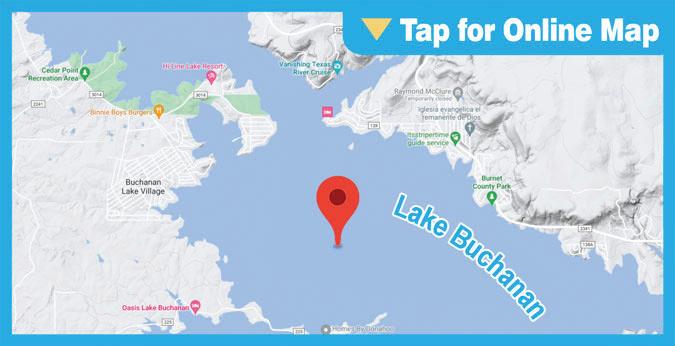


GPS: N 32 51.1859, W 96 52.014 (32.8531, -96.8669)
7 miles west of Mexia off US 84
LOCATION: On the Navasota River, seven miles west of the City of Mexia off US 84

SURFACE AREA: 1,048 acres MAXIMUM DEPTH: 20 feet IMPOUNDED: 1961
LAKE MEXIA IS A SHALLOW LAKE with turbid water clarity. It has excellent catfish action, and blue catfish were stocked in the lake this year.
whitebassfishingtexas.com

TIPS: For bass, throw spinnerbaits and Rat-L-Traps along the weed line. Crappie are under the bridge this time of year. Minnows and jigs are your best bet.
LOCATION: Lake Buchanan
HOTSPOT: Silver Creek and Paradise Point
GPS: N 30 50.5139, W 98 24.942 (30.8419, -98.4157)
Docks along the small lake’s shoreline provide excellent fishing for largemouth. Crappie can also be found in excellent numbers around the docks as well as bridge pilings and submerged brush.
Most of the reservoir’s productive habitat is located in the lower end of the lake
BEST BAITS: Large shiner, live perch, 1oz or 1/2 oz. silver or chartreuse slabs, Large Zara Spooks, Pencil Poppers or any other topwater lure that splashes.
SOURCE: Ken Milam 325-379-2051 www.striperfever.com.com
TIPS: The stripers will be on the upper end of the lake around the Silver Creek and Paradise Point area as well as around Shaw and Garret Islands. Watch for feeding seagulls. White bass will be in the river channel. Troll shad colored diving baits.
SPECIES: Largemouth Bass and Crappie
BEST BAITS: Bass: spinnerbaits and Rat-L-Traps | Crappie: minnows and jigs
SOURCE: Carey Thorn 469-528-0210
SPECIES: Striped, Hybrid & White Bass
LOCATION: Canyon Lake
HOTSPOT: Comal Park Area
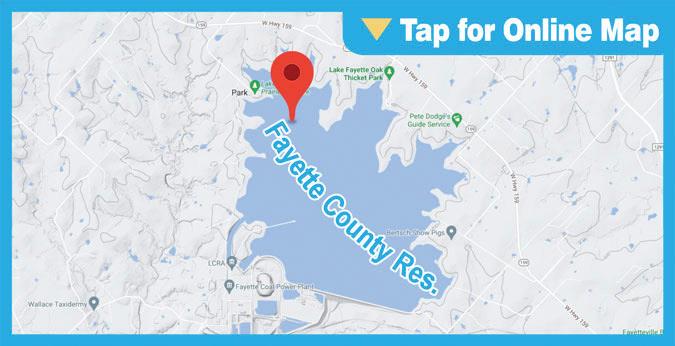

GPS: N 29 51.7079, W 98 14.28 (29.8618, -98.2380)
SPECIES: Largemouth Bass
BEST BAITS: Spinnerbaits, crankbaits, and soft plastics
SOURCE: Texas Lakes & Bays Fishing Atlas
Fishgame.com/fishgamegear

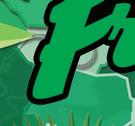
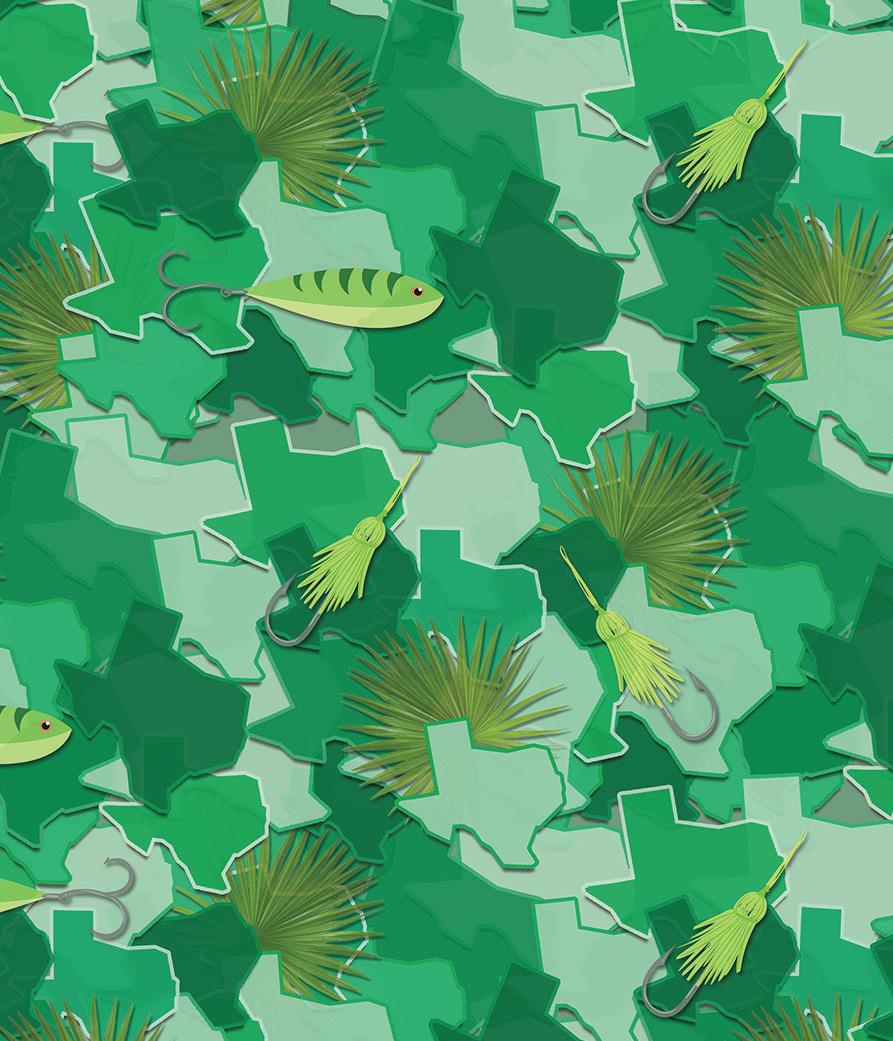
TIPS: Generally, just before a front arrives and as the front is pushing in, fish become more active and feed much more aggressively. This secondary point has deep and shallow water along with brush. The brush extends into the cove and along the bank.
LOCATION: Cedar Creek Lake
HOTSPOT: Main Lake
GPS: N 32 18.906, W 96 9.72 (32.3151, -96.1620)
LOCATION: Coleto Creek Lake
HOTSPOT: Main Lake
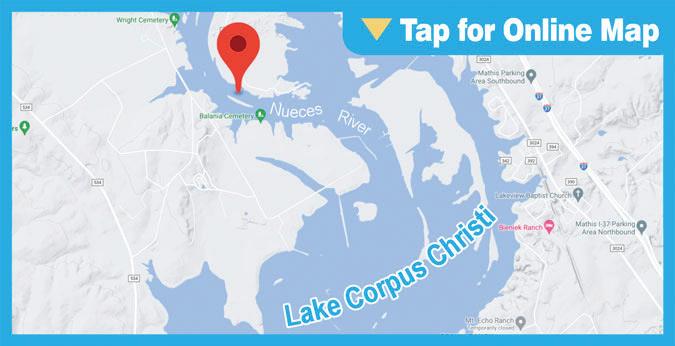
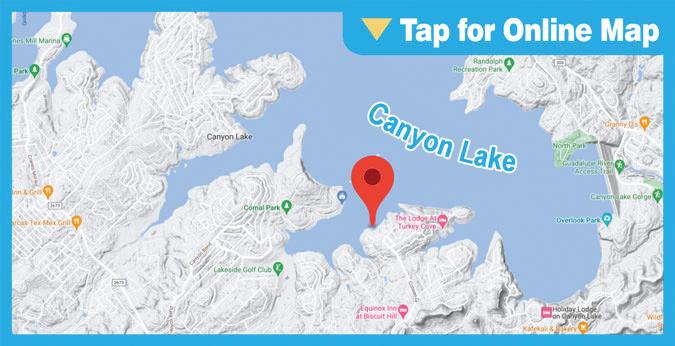
GPS: N 28 43.2959, W 97 11.7359 (28.7216, -97.1956)
TIPS: Live or cut shad, cheesebait, use bottom rigs.

LOCATION: Lake Eagle Mountain
HOTSPOT: River channel
GPS: N 32 54.236, W 97 29.695 (32.903938, -97.494912)
SPECIES: Blue Catfish
BEST BAITS: Fresh cut shad or other cut bait


SOURCE: Jason Barber 903-603-2047
www.kingscreekadventures.com
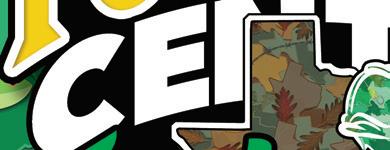




TIPS: Best technique this month is drift fishing for catfish. Fish long stretches in deep water throughout the lake. Fresh cut shad or rough fish is the best bait. Just cover lots of water in various depths from 20’ to 40’ deep. Use big tackle for big fish!
SPECIES: Largemouth Bass
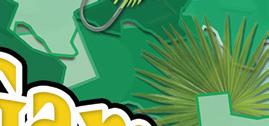

BEST BAITS: Spinnerbaits, Zoom pearl white flukes

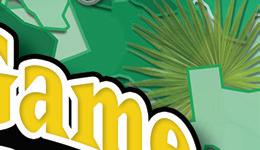
SOURCE: Texas Lakes & Bays Fishing Atlas Fishgame.com/fishgamegear
TIPS: November is when the holidays begin, the weather starts cooling and the lakes are not as busy. The lake is quiet the weather is comfortable, and the fishing is great. The big hogs move up shallower sometimes you can catch them all day shallow. Spinnerbaits are the fish locators. When the fishing gets slower during late morning, Slow your baits down. The rule of thumb when fishing this time of year is to slow your bait down. Usually, fish are more aggressive in the early morning and then they lay back later in the day. If you watch the fry carefully, they are moving slow also. Fast baits don’t look natural. When it’s windy, get more aggressive. Focus on back of creeks early and move out during the latter morning.
LOCATION: Lake Corpus Christi
HOTSPOT: River Channel

GPS: N 28 11.96, W 97 56.433 (28.1993, -97.9406)
SPECIES: catfish
BEST BAITS: Cut bait
SOURCE: Kolby Kuhn, Final Cast Guide Service 817-243-5858
kolbymkuhn@gmail.com

TIPS: Fish the edge of Pelican Island where the river channel meets the drop off. Early in December anchor up and fish cut bait on the bottom near the top of the slope. As the water gets cooler later in the month, fish the bottom of the river channel near the drop off.

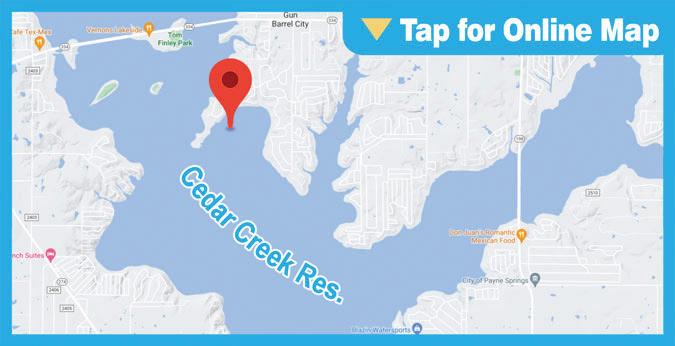
LOCATION: Fayette County HOTSPOT: Cedar Creek Bridge Pilings GPS: N 29 56.448, W 96 44.562 (29.9408, -96.7427)
SPECIES: Catfish
BEST BAITS: Live minnow, perch
SOURCE: Texas Lakes & Bays Fishing Atlas Fishgame.com/fishgamegear
SPECIES: Catfish
BEST BAITS: CJ’s Punch Bait SOURCE: Weldon Kirk 979-229-3103 www.fishtales-guideservice.com
TIPS: Water is about 40’ deep. Throw a buoy and chum close to the buoy. Anchor up or use a trolling motor to stay over chum. Fish tight line straight down.
LOCATION: Granger Lake HOTSPOT: Open Lake Flats
GPS: N 30 42.216, W 97 21.324 (30.7036, -97.3554)

Aquilla
Arlington
Athens 29,503
Austin
Bardwell
Belton 435,225
Benbrook
Buchanan 822,207
Canyon 378,781
Cedar
644,686
Coleto Creek 31,040
Corpus Christi 256,062
Eagle Mountain 179,880
Georgetown 36,823
Gibbons
25,721
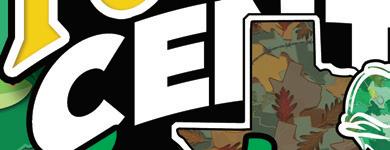
Granger 51,822
Grapevine 163,064
Halbert 6,033
Hubert H
Inks 13,729
Joe Pool 175,800
Lavon 406,388
Lewisville 563,228
Limestone 203,780
Lyndon B
112,778
Marble Falls 7,597
Martin 75,726
Medina 254,823
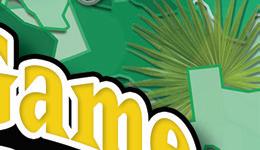
Mountain Creek 22,850
Navarro Mills 49,827
New Terrell City 8,583
Ray Hubbard 439,559
Ray Roberts 788,167
Richland-Chamb.
Somerville 150,293
Stillhouse Hollow 227,771
Tawakoni 871,685
Texana 158,975
Texoma 1,243,801
Travis 1,098,044
Tyler 72,073
Waco 189,418
Waxahachie 10,780



Weatherford 17,812
Whitney 553,344
Worth 24,419
SPECIES: Blue Catfish
BEST BAITS: Shad, cut bait

SOURCE: Tommy Tidwell 512-365-7761 www.gotcrappie.com
TIPS: Now is a good time to catch blue catfish on jug lines fished all over the main lake. Some places to start would be windy sides of the lake. Shad are blown into these areas and thus concentrate the hungry
blues. Use #11/0 Mustad circle hooks with no more than two hooks on each jug line.
LOCATION: Lake Joe Pool

HOTSPOT: Hump Point w Brushpile GPS: N 32 35.871, W 97 00.781 (32.5979, -97.0130)
LOCATION: Lake Lewisville HOTSPOT: Dam Area
GPS: N 33 4.211, W 96 58.132 (33.0702, -96.9689)
SPECIES: Largemouth
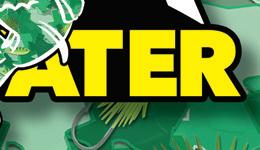
BEST BAITS: Red bugs, topwater SOURCE: Carey Thorn 469-528-0210
whitebassfishingtexas.com
TIPS: Fish midday with Carolina rigged red bug, topwaters along the point, Texas rig on the brush pile.
LOCATION: Lake Lavon
HOTSPOT: Main Lake GPS: N 33 3.3479, W 96 30.438 (33.0558, -96.5073)


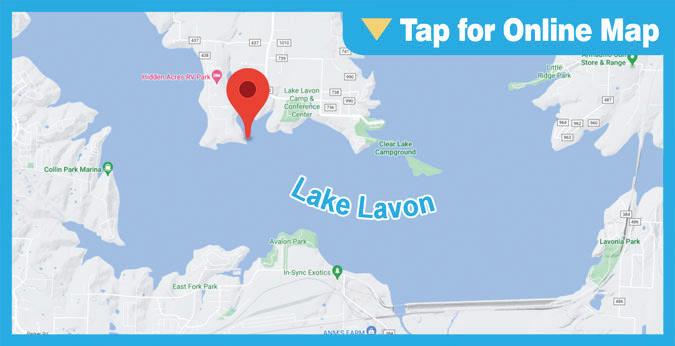
SPECIES: Hybrid Striped Bass

BEST BAITS: Live shad, drift fish

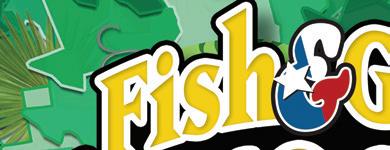
SOURCE: Texas Lakes & Bays Fishing Atlas Fishgame.com/fishandgamegear
TIPS: Live shad, drift fish; all day.
LOCATION: Lake Limestone
HOTSPOT: Dooley Creek




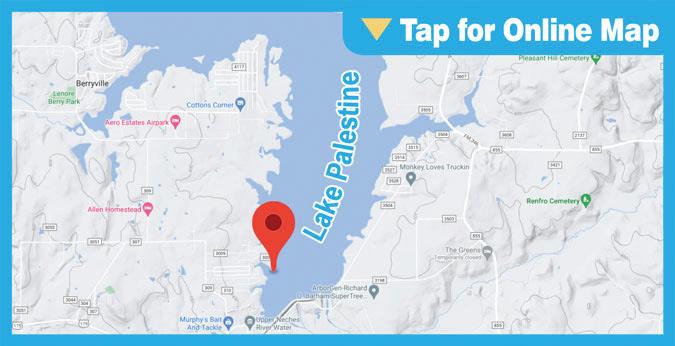
GPS: N 31 25.374, W 96 22.61 (31.4229, -96.3768)
SPECIES: Largemouth Bass
BEST BAITS: 1-3 ft diving crankbaits, soft plastics
SOURCE: Carey Thorn 469-528-0210
whitebassfishingtexas.com
TIPS: Fish 1-3 foot divers early in the morning and then soft plastics when the sun is up.
SPECIES: Largemouth Bass
BEST BAITS: If pondweed or cottontail is present, use worms, buzzbaits.
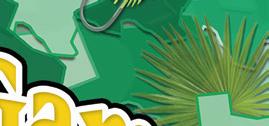
SOURCE: Texas Lakes & Bays Fishing Atlas Fishgame.com/fishgamegear

TIPS: If pondweed or cottontail is present, use worms, buzzbaits.; dawn thru dusk.
LOCATION: Lake Palestine
HOTSPOT: River Channel
GPS: N 32 3.666, W 95 26.4479 (32.0611, -95.4408)
SPECIES:
BEST
1/4 oz. Big Eye Jigs in black/blue
SOURCE: Ricky Vandergriff 903-561-7299 or 903-530-2201 www.rickysguideservice.com TIPS: Bass fishing has been good in the river channel.
the stumps
in 4-6 feet of water.
along the
your lure slow for

LOCATION: Lake Ray Hubbard
HOTSPOT: I-30 East Bridge
GPS: N 32 53.285, W 96 29.398 (32.8881, -96.4900)
SPECIES: Crappie
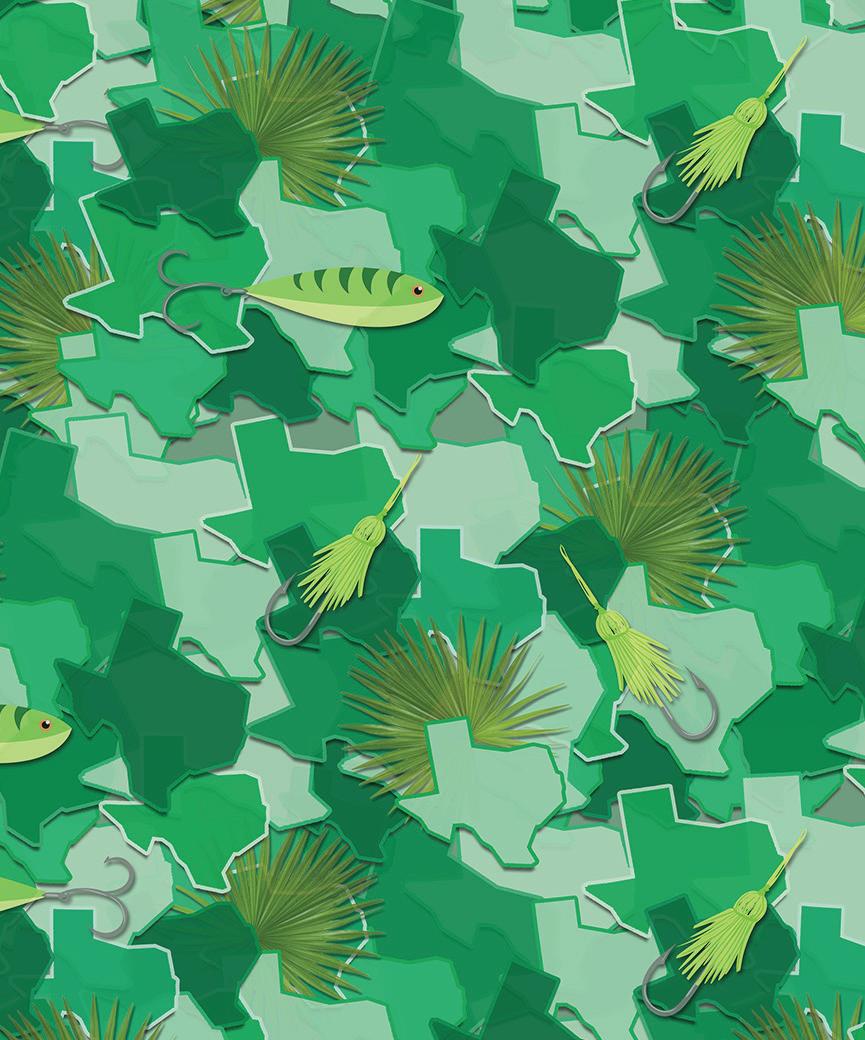
BEST BAITS: Black jigs or live minnows, work bridge pylons
SOURCE: Texas Lakes & Bays Fishing Atlas Fishgame.com/fishgamegear
TIPS: Black jigs or live minnows, work bridge pylons; morning-midday
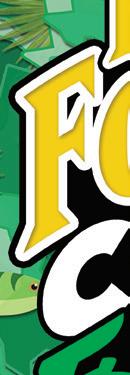
LOCATION: Richland Chambers Lake
HOTSPOT: Windsock Point




GPS: N 31 56.586, W 96 7.452 (31.9431, -96.1242)
SOURCE: Weldon Kirk 979-229-3103
www.fishtales-guideservice.com
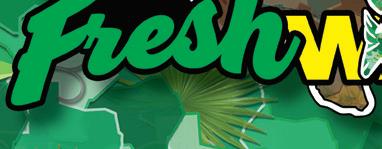
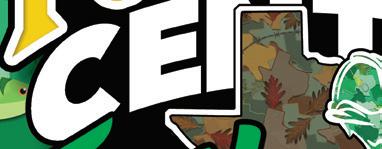
TIPS: Fish off shore a in 6’ of water to keep from hanging up on stubble that died during 2016 floods. Tight line toward the shore. Chum close to the boat.
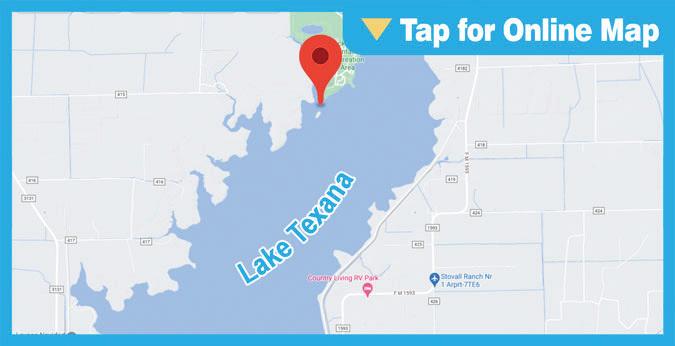
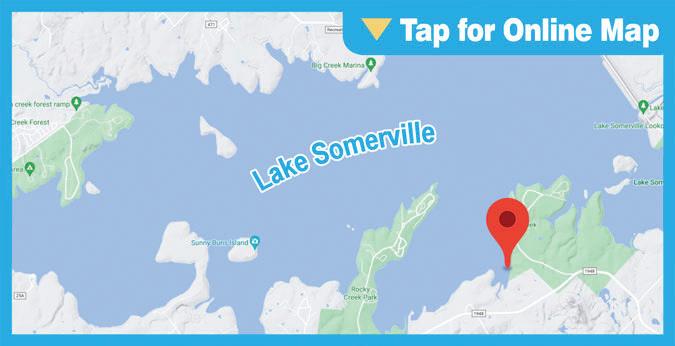
LOCATION: Lake Tawakoni
HOTSPOT: Holiday Humps

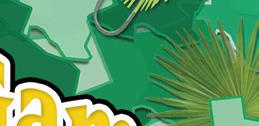
GPS: N 32 48.945, W 95 56.459 (32.8158, -95.9410)
SPECIES: Hybrid Stripers & White Bass

BEST BAITS: White Bass: 1 oz. Silver Glitter RSR Shad Slabs (www.rsrlures.com) & 1/4 oz. Blue Chrome Rat-L-Traps Hybrids: 2 oz. Chartreuse Slab
SOURCE: Royce Simmons 903-389-4117 www.gonefishin.biz

TIPS: If it’s a really cold November, bait and fish may be suspended in 40’ plus water. If it’s a warm fall, watch for the gulls and pelicans feeding on shad off the surface. Concentrate on the sides of Windsock Point in depths from 20’-30’. Bounce the Slab off the bottom and when the strike occurs HOLD ON! It might be a BIG Ol’ hybrid! If surfacing action occurs, bring out the Rat-l-Traps.
LOCATION: Lake Somerville
HOTSPOT: Yegua Park West Shoreline
GPS: N 30 17.76, W 96 32.784 (30.2960, -96.5464)
SPECIES: White Bass
BEST BAITS: Chartreuse sassy shad, slabs, fish hump top and edges


SOURCE: Texas Lakes & Bays Fishing Atlas Fishgame.com/fishgamegear
TIPS: Chartreuse sassy shad, slabs, fish hump top and edges; morning and afternoon.
LOCATION: Lake Texana
HOTSPOT: Brackenridge
GPS: N 28 56.053, W 96 32.64 (28.9342, -96.5440)
SPECIES: Catfish
BEST BAITS: CJ’s Monster Punch Bait
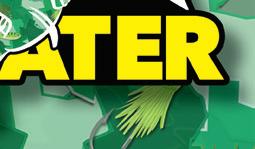


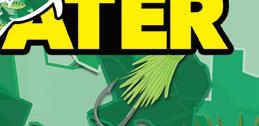
SPECIES: White Bass
BEST BAITS: Fish jigging spoons or crankbaits
SOURCE: Texas Lakes & Bays Fishing Atlas Fishgame.com/fishgamegear
TIPS: Fish jigging spoons or crankbaits; all day.

LOCATION: Lake Texoma
HOTSPOT: Five Creeks

GPS: N 33 54.8339, W 96 42.3959 (33.9139, -96.7066)
LOCATION: Lake Waco
HOTSPOT: Hog Creek
GPS: N 31 30.793, W 97 15.396 (31.5132, -97.2566)
LOCATION: Lake Whitney
HOTSPOT: Big Rocky Creek GPS: N 31 52.794, W 97 23.682 (31.8799, -97.3947)
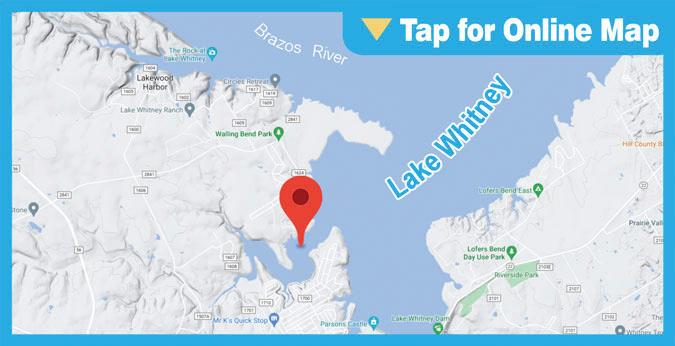
SPECIES: Striped Bass
BEST BAITS: Sassy Shad jigs, live shad
SOURCE: Bill Carey 903-786-4477
www.striperexpress.com
TIPS: The stripers are running in large schools. Pay close attention to the seagulls as they will locate the stripers ambushing large bait balls. The favorite artificial are 4-inch Sassy Shad on a 1-ounce jig head. The best colors are white glow and chartreuse fleck. Live shad fishing is also a great way to catch stripers.
SPECIES: Catfish
BEST BAITS: Fish the bottom
SOURCE: Texas Lakes & Bays Fishing Atlas Fishgame.com/fishgamegear

TIPS: Fish the bottom; morning, dusk thru night
SPECIES: Striped Bass
BEST BAITS: Cut bait and live shad
SOURCE: Randy Routh 817-822-5539
www.teamredneck.net
TIPS: Cast out 30 feet behind boat and turn trolling motor on medium speed and drag baits behind boat in the mouth of the creek and hump just out from creek. Stripers have baits pushed up in the mouth of Big Rocky gorging on them.


LOCATION: Fort Phantom Hill Res.
HOTSPOT: Main Body
GPS: N 32 34.8359, W 99 41.202 (32.5806, -99.6867)
SOURCE: Michael W. Acosta, Unfair Advantage Charters 254-396-4855
TIPS: Slow troll using your trolling motor with your bait in 20 to 25 feet of water near channel ledges. Look for birds to point you to active fish. Patterns are changing as the water cools. Fish are actively feeding before the winter season. Passing cool fronts continue to dominate the weather pattern.

LOCATION: Lake Granbury
HOTSPOT: Blue Water Shores
GPS: N 32 23.014, W 97 42.550 (32.383567, -97.709167)
SOURCE: Glenn Chancellor, TPWD Abilene 325-692-0921
TIPS: December is a great time to hit the Hubbard Creek arm of Hubbard Creek Lake for crappie! Launch at Peeler Park and start fishing up creek working the large sections of standing timber. Throw small swim shad at standing timber lines and work larger piles with your favorite crappie jig combo.
LOCATION: Lake Possum Kingdom
HOTSPOT: Oil Well Slough
GPS: N 32 55.322, W 98 27.857 (32.922033, -98.464283)
SPECIES: White Crappie
BEST BAITS: Jigs

SOURCE: TPWD District Fisheries Office 325-692-0921
TIPS: Fort Phantom Hill has seen a boost in its crappie population since catching water in 2015 and 2016. In December, crappie can be fished off the bottom with 1/8-14 oz. jigs. This same location has produced great crappie catches throughout the year.
LOCATION: Lake Granbury
HOTSPOT: Lower End Pump Station
GPS: N 32 23.014, W 97 42.550 (32.383567, -97.709167)
SPECIES: Striped bass
BEST BAITS: White flukes and bass assassins on a 3/4 jig head.
SOURCE: Michael W. Acosta, Unfair Advantage Charters
254-396-4855
TIPS: Jigs worked off the bottom in 20 to 30 feet of water where baitfish are located. Look for hovering birds and tip your bait with chartreuse dye. Bring your binoculars.

LOCATION: Hubbard Creek Res.
HOTSPOT: Hubbard Creek Arm GPS: N 32 46.122, W 99 04.364 (32.768692, -99.072731)
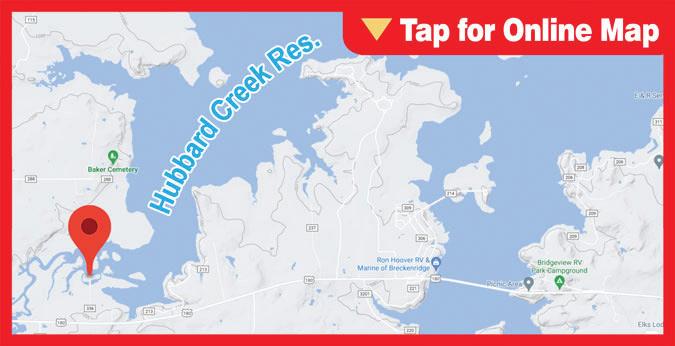
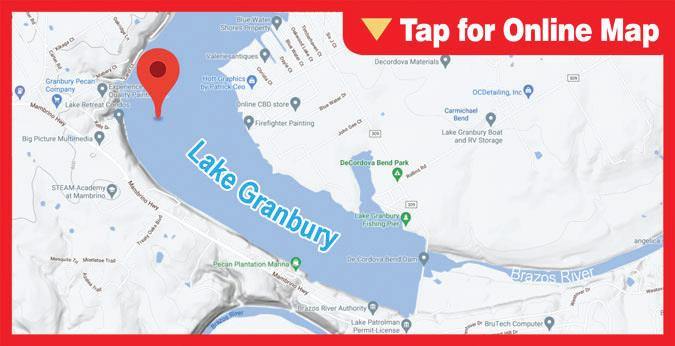

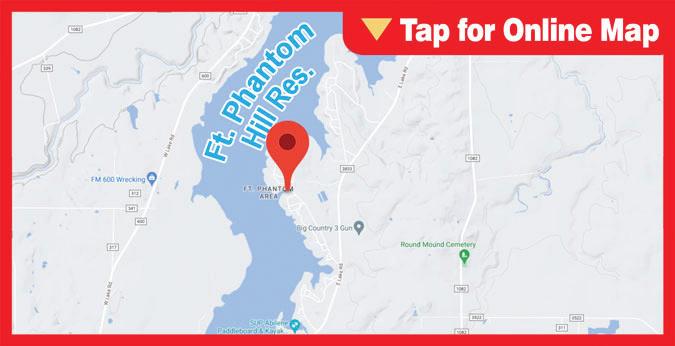
SPECIES: Striped bass
BEST BAITS: Slabs, jigs
SOURCE: Dean Heffner 940-329-0036
Fav7734@gmail.com
TIPS: Pay attention to the cold fronts. Stick to natural colors and add some yellow or chartreuse when it’s cloudy. You can still catch some fish trolling, but this is the time to be slabbing. Look for fish on the 20-foot breakline and keep in contact with the bottom—unless the fish are up and active. Then, make long casts under the birds and hop one or two retrieves back to the boat and pause right before you pull it out of the water. Half and one-ounce jigs with Mister Twister curly tails are still deadly and are great to flatline or vertical jig.



LOCATION: Lake Possum Kingdom
HOTSPOT: Tree Island GPS: N 32 56.337, W 98 25.987 (32.93895, -98.433117)




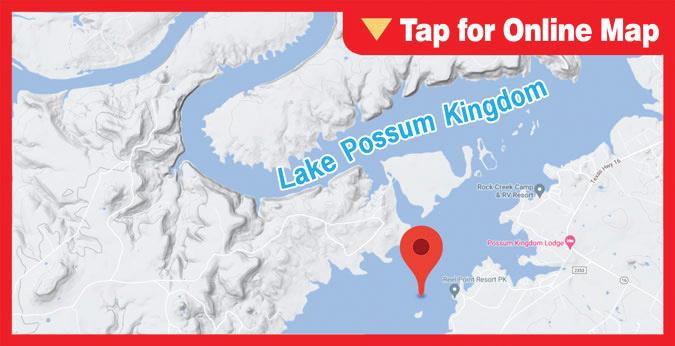
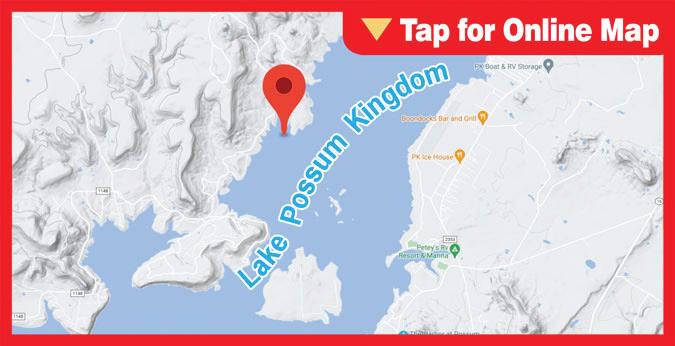
SPECIES: Striped bass
BEST BAITS: Swimbaits, live shad




SPECIES: Crappie
BEST BAITS: Shad soft plastics, crappie jigs
SPECIES: Striped bass

BEST BAITS: Slabs, jigs

SOURCE: Dean Heffner 940-329-0036
Fav7734@gmail.com
TIPS: Try a technique we call “thumpin’.” You can just thump the bottom of your boat with a rod butt, or check out Bobo’s Thumper (bobosthumper.com). It’s

Abilene
Alan
Amistad 1,840,849
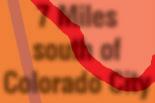
Amon G Carter 19,266
Arrowhead 230,359
Brady Creek 28,808

Bridgeport 372,183
Brownwood 130,868
Champion Creek 41,580
Cherokee 40,094
Cisco 29,003
Coleman 38,075
Colorado City 30,758
E V Spence 517,272
Elephant Butte 1,985,900
Falcon 1,551,007 247,063
Fort Phantom Hill 70,030 46,774
Graham 45,288 36,534
Granbury 132,949 113,950

Greenbelt 59,968 7,579
Hords Creek 8,109 2,549
Hubbard Creek 313,298 219,963
J B Thomas 199,931 53,362
Kemp 245,307 130,995
Kickapoo 86,345 52,028
Leon 27,762 17,328
Lost Creek 11,950 10,672

Mackenzie
Meredith 500,000
Millers
Mineral
Nasworthy
Natural
Nocona
N.
O
O


an electronic thumping box that does the trick for

This technique works all year, but especially in winter. Stick to the 20- or 30-foot breaklines and, once you find a fish, stick to that depth for a few minutes. Usually, more fish will show up. Slow down and let your graph find the fish. If you find them under birds, remember to shut off the big motor and sneak up on them.
LOCATION:
HOTSPOT:
GPS: N 32 25.852,
(32.430865, -100.302350)
SPECIES:
BEST BAITS:
SOURCE: Lance Benson, TPWD Abilene 325-692-0921
TIPS: Lake Sweetwater in
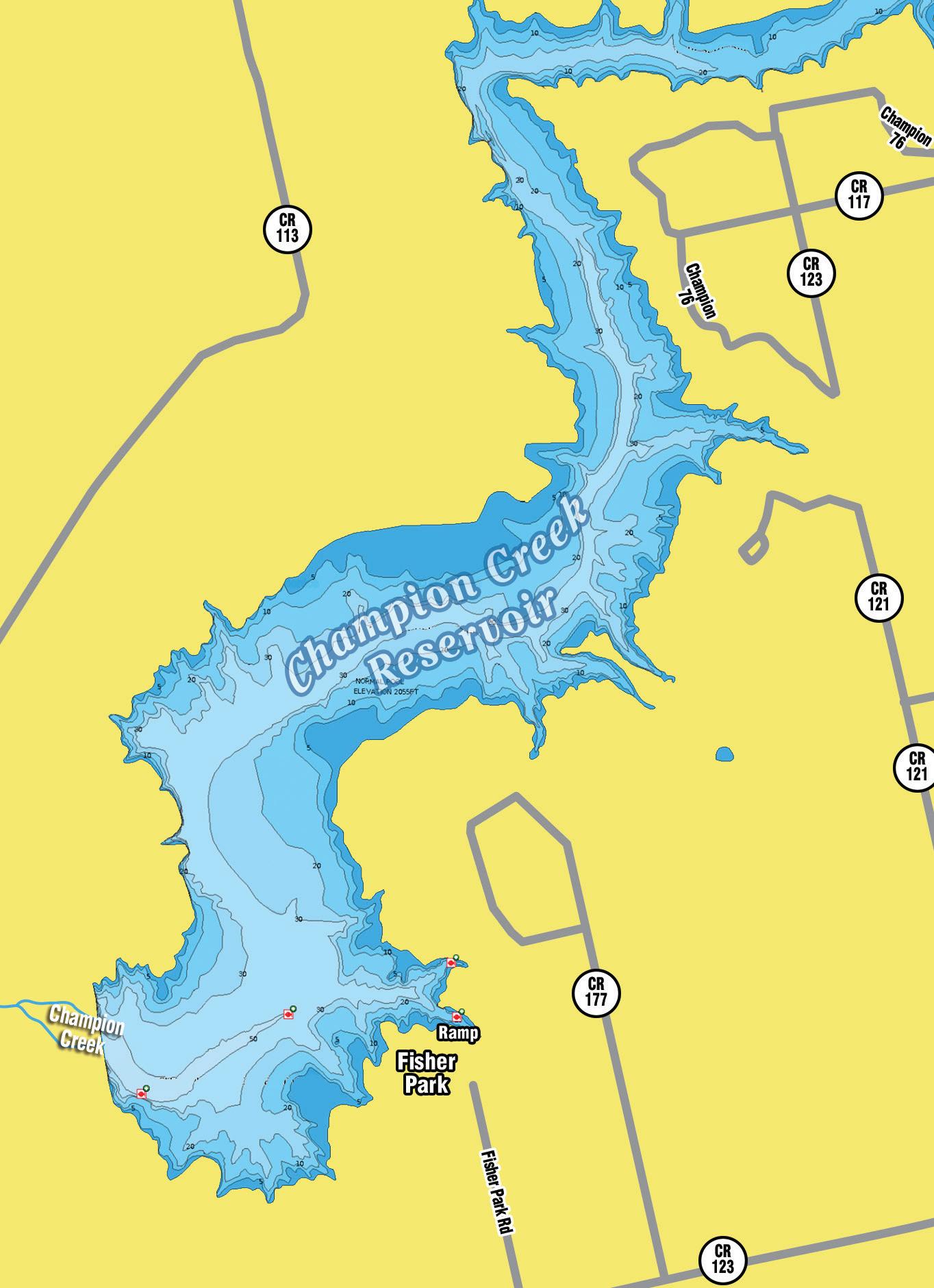

is a small impoundment
for
Bitter Creek
in
can
The following pages contain TIDE and SOLUNAR predictions for our Base Point, Galveston Channel (N 29.317, W 94.88)
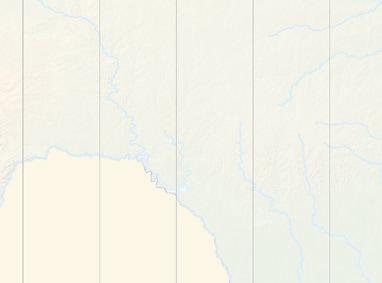
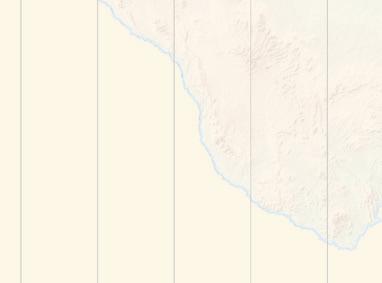






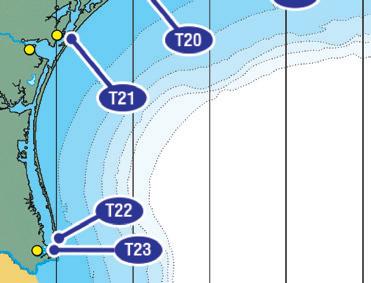

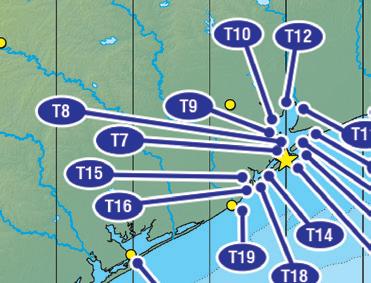
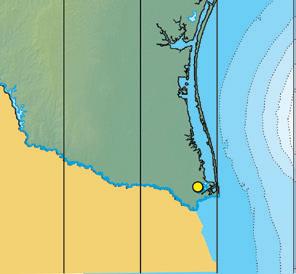
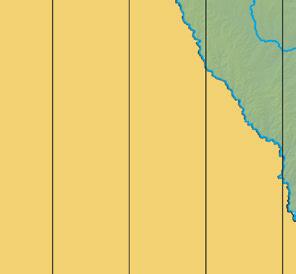
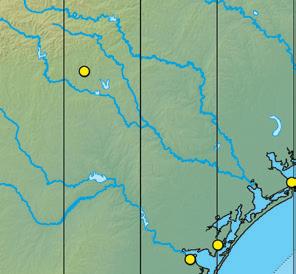
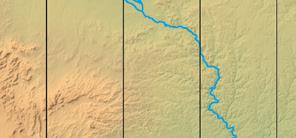

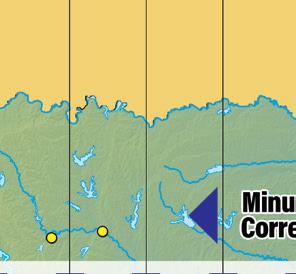
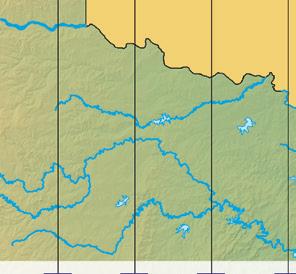
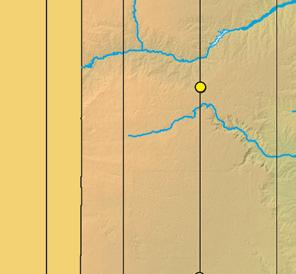
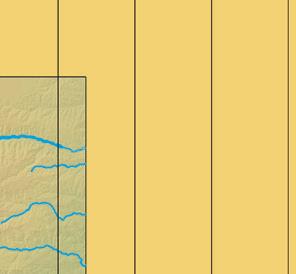
Tidal


and daily phases of the moon have varying degrees of influence on many fish and game species.
AM & PM MINOR phases occur when the moon rises and sets. These phases last 1 to 2 hours.
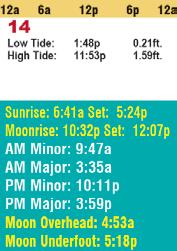




AM & PM MAJOR phases occur when the moon reaches its highest point overhead as well as when it is “underfoot” or at its highest point on the exact opposite side of the earth from your positoin (or literally under your feet). Most days have two Major Feeding Phases, each lasting about 2 hours.
PEAK TIMES: Our Forecast Calendar uses both Tide and SoLunar projections to predict the best fishing times and days. Generally, if a SoLunar Period (Major/Minor) falls within an hour of sunrise or sunset, fishing conditions should be better. On certain days where Tidal Activity is stronger, the best fishing times may fall ouside the normal SoLunar range. While tides are not a direct factor in FRESHWATER FISHING, SoLunar Activity still accounts for increased feeding activity in freshwater species. It is also a prime factor in the movement and feeding habits of game species.


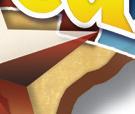


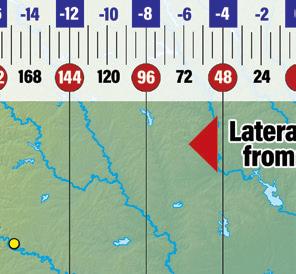
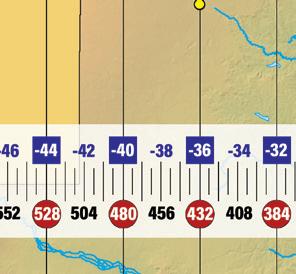






















SOLUNAR ACTIVITY is shown in the Green Boxes on the Calendar pages. Moon Overhead and Underfoot times are given in the SoLunar Box and illustrated on the






Graph.





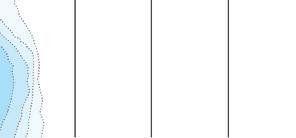


Use the SOLUNAR ADJUSTMENT SCALE on the map below to adjust times for points East and West of our Base Point at Galveston Channel.
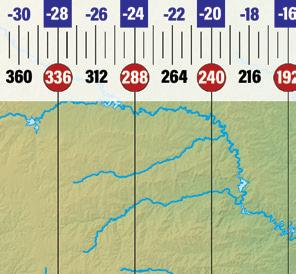
2:49p
PM Major: 9:00p
Moon Overhead: 10:35p
Moon Underfoot: 10:11a
Sunrise: 6:42a Set: 5:24p
Moonrise: 11:29p Set: 12:45p
AM Minor: 10:38a
AM Major: 4:26a
PM Minor: 11:01p
PM Major: 4:49p
Moon Overhead: 5:41a
Underfoot: 6:04p
Sunrise: 6:43a Set: 5:23p
Moonrise: None Set: 1:19p
AM Minor: 11:25a
AM Major: 5:13a
PM Minor: 11:47p
PM Major: 5:36p
Moon Overhead: 6:27a
6:49p
Sunrise: 6:43a Set: 5:23p
Moonrise: 12:25a Set: 1:50p
AM Minor: -----
AM Major: 5:57a
PM Minor: 12:08p
PM Major: 6:19p
Moon Overhead: 7:11a
Moon Underfoot: 7:33p
Sunrise: 6:44a Set: 5:23p
1:21a Set: 2:19p
AM Minor: 12:27a
AM Major: 6:37a
Minor: 12:48p
1:05a
7:15a
1:26p
7:37p
Sunrise: 6:46a Set: 5:22p
Moonrise: 3:15a Set: 3:18p
AM Minor: 1:42a
AM Major: 7:53a
PM Minor: 2:04p
PM Major: 8:15p
8:36a
8:58p
Moon Overhead: 9:20a
Underfoot: 9:43p
Sunrise: 6:48a Set: 5:21p
Moonrise: 5:20a Set: 4:27p
AM Minor: 3:05a
AM Major: 9:17a
PM Minor: 3:30p
PM Major: 9:43p
Moon Overhead: 10:57a
Underfoot: 11:23p
Sunrise: 6:48a Set: 5:21p
Moonrise: 6:28a Set: 5:10p
AM Minor: 3:54a
AM Major: 10:08a
PM Minor: 4:23p
PM Major: 10:37p
Moon Overhead: 11:52a
Moon Underfoot: None

Sunrise: 6:49a Set: 5:21p
Moonrise: 7:39a Set: 6:01p
AM Minor: 4:52a
AM Major: 11:07a
PM Minor: 5:22p
PM Major: 11:38p
Moon Overhead: 12:52p Moon Underfoot: 12:21a
6:50a
8:50a
5:56a
Sunrise: 6:51a Set: 5:20p
Sunrise: 6:52a Set: 5:20p
Moonrise: 10:55a Set: 9:16p
AM Minor: 8:17a
AM Major: 2:01a
PM Minor: 8:48p
PM Major: 2:32p
Moon Overhead: 4:03p
Moon Underfoot: 3:32a
Sunrise: 6:53a Set: 5:20p
Moonrise: 12:27p Set: 11:35p
AM Minor: 10:26a
AM
Sunrise: 6:54a Set: 5:20p
Moonrise: 1:04p Set: None
AM Minor: 11:21a
4:12a
10:54p
4:40p
5:58p
5:31a
AM Major: 5:08a
PM Minor: 11:46p
PM Major: 5:33p
Moon Overhead: 6:48p
Moon Underfoot: 6:24a
Sunrise: 6:55a Set: 5:20p
1:36p Set: 12:39a
AM Minor: -----


AM Major: 5:57a
PM Minor: 12:08p
PM Major: 6:20p
Moon Overhead: 7:35p
Moon Underfoot: 7:12a
Sunrise: 6:59a Set: 5:20p
4:17p Set: 5:36a
AM Minor: 3:08a
AM Major: 9:20a
Minor: 3:32p
PM Major: 9:44p
Sunrise: 6:59a Set: 5:20p
Moonrise: 4:58p Set: 6:35a
AM Minor: 3:54a
AM Major: 10:07a
PM Minor: 4:19p
PM Major: 10:32p
11:24p
10:59a
Moon Overhead: None
Moon Underfoot: 11:49a
Sunrise: 7:00a Set: 5:20p Moonrise: 5:44p Set: 7:33a
AM Minor: 4:44a
AM Major: 10:57a
PM Minor: 5:10p
PM Major: 11:23p
Moon Overhead: 12:14a
Underfoot: 12:40p
6:56a
2:37p
1:08a
7:19a
1:30p
7:41p
Sunrise: 6:57a Set: 5:20p
2:39a
9:03p
8:41a
3:08p Set: 3:37a
AM Minor: 1:46a
AM Major: 7:57a
PM Minor: 2:08p
PM Major: 8:20p
Moon Overhead: 9:48p
Moon Underfoot: 9:26a
Sunrise: 7:02a Set: 5:20p
Moonrise: 8:23p Set: 10:04a
AM Minor: 7:27a
AM Major: 1:15a
PM Minor: 7:52p
PM Major: 1:39p
Moon Overhead: 2:47a
Moon Underfoot: 3:12p








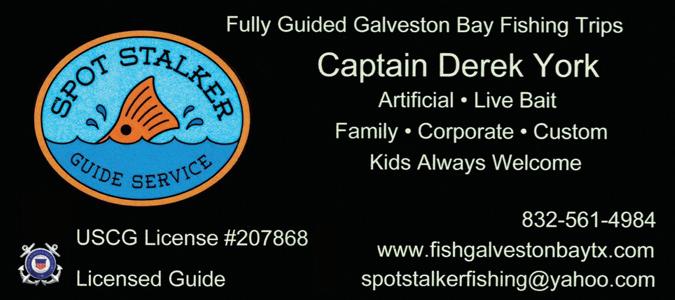


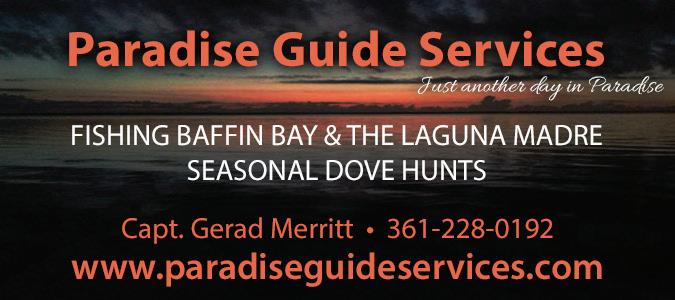







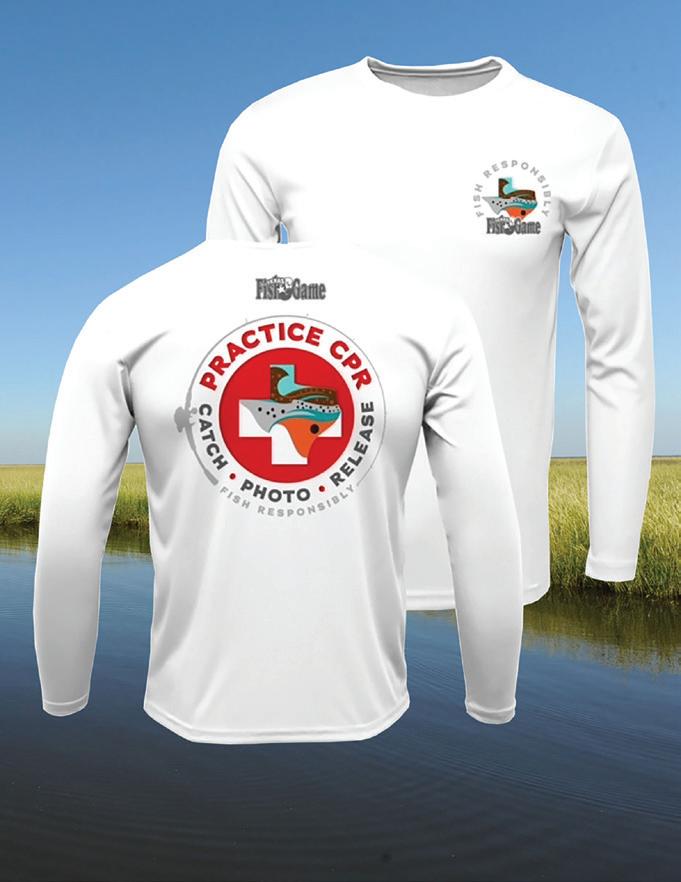

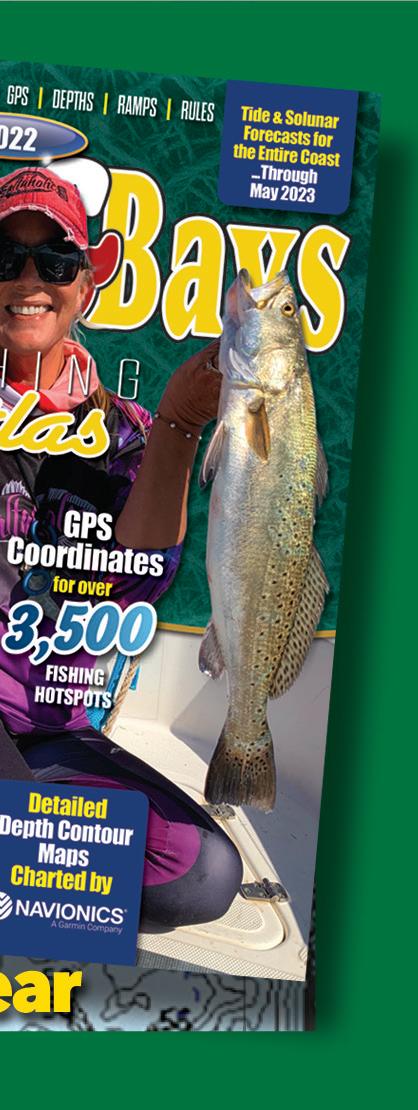

months on the Upper Coast? Blue cat sh are very salt tolerant and will move into bays when the water temperatures cool. Frank Moore, is an avid winter angler who pursues these big, brackish blues every year in the Sabine Lake area.
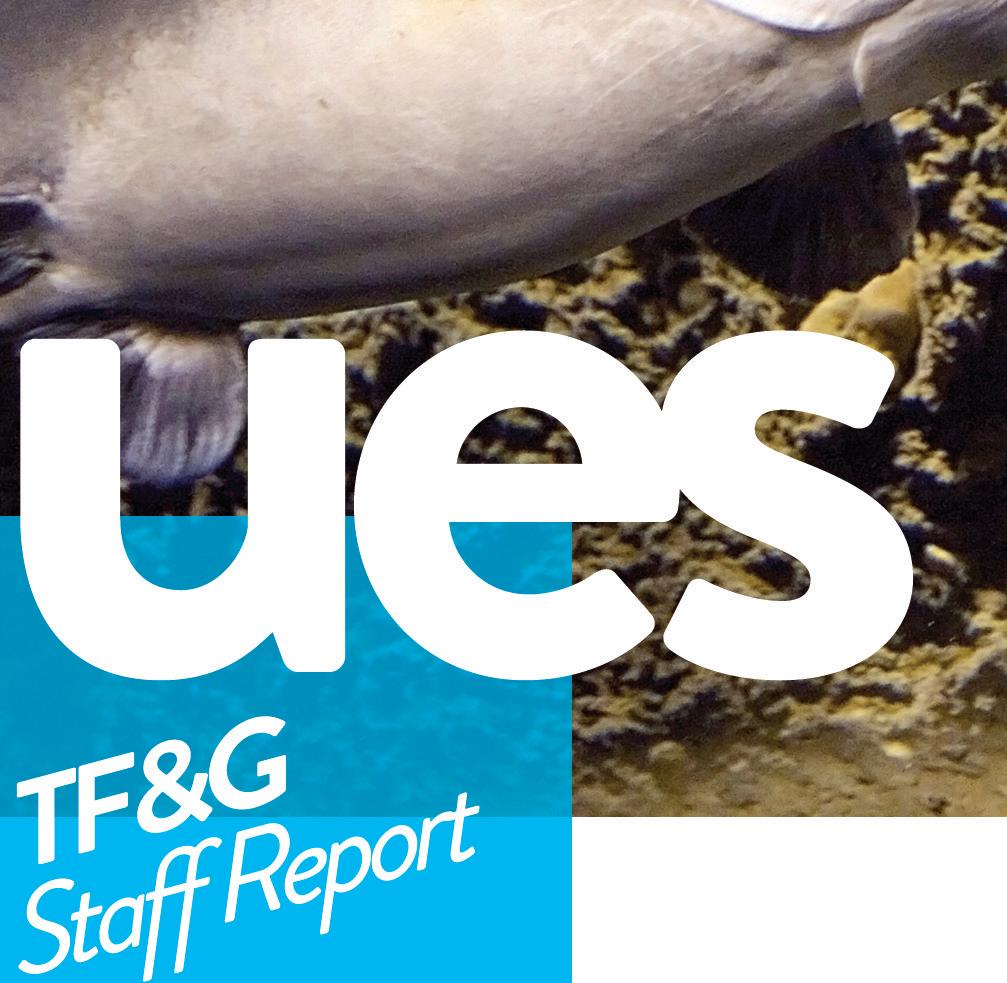
“My favorite spot to get them are the deep, wide bends in some of the bayous. ere tends to be a lot of mussel shells in some of these spots, which blues feed on and there are quite a few crabs, which the blues and red sh feed on as well. If we nd blues in these areas, the reds are always close by,” Moore said.
He shes small chunks of cut mullet on a Carolina (Fish Finder) rig and targets outgoing tides. “ ese sh will move up tight to the shorelines to feed on high tides. When it starts to trickle out, you can really get on a good bite. It is very common to catch sh up to 15 pounds, but most of them are in the ve to eight-pound range.”
Another spot he targets is along the edge of drop-o s in the Intracoastal. “ ere are lots of big blues and reds in the ship channel during the winter. On warm a ernoons, when you have a high tide, the dark mud heats up and the sh move onto there. Any time from an hour or so before peak high tide until an hour or so a er it starts falling is a good time,” Moore said.
During late fall cold fronts, large bayous on the edge of marshes can be excellent places to intercept reds and blue cat sh. Look for the sh to feed heavily on the eddies that form in these spots. Blue cat sh, while primarily a scavenger, will feed on live prey. ese eddies where the smaller baitsh are o en stacked up, provide an easy location to feed. Reds of course can be thick in these areas and usually dominate early in the fall, but as winter gets closer, blue cat sh


In addition, those kinds of hooks actually
“Use a good, wide-gaped or circle hook because there can be a lot of small reds in there, and you don’t want to deep hook any. In addition, those kinds of hooks actually help you catch more sh because they take the guesswork out. When you get a strike, do not set the hook. Just pick up the rod, li sternly and start reeling in,” Moore said.
Trinity Bay and the Old and Lost River area are great spots to nd blues beginning in November, but the best shing is in December through February.

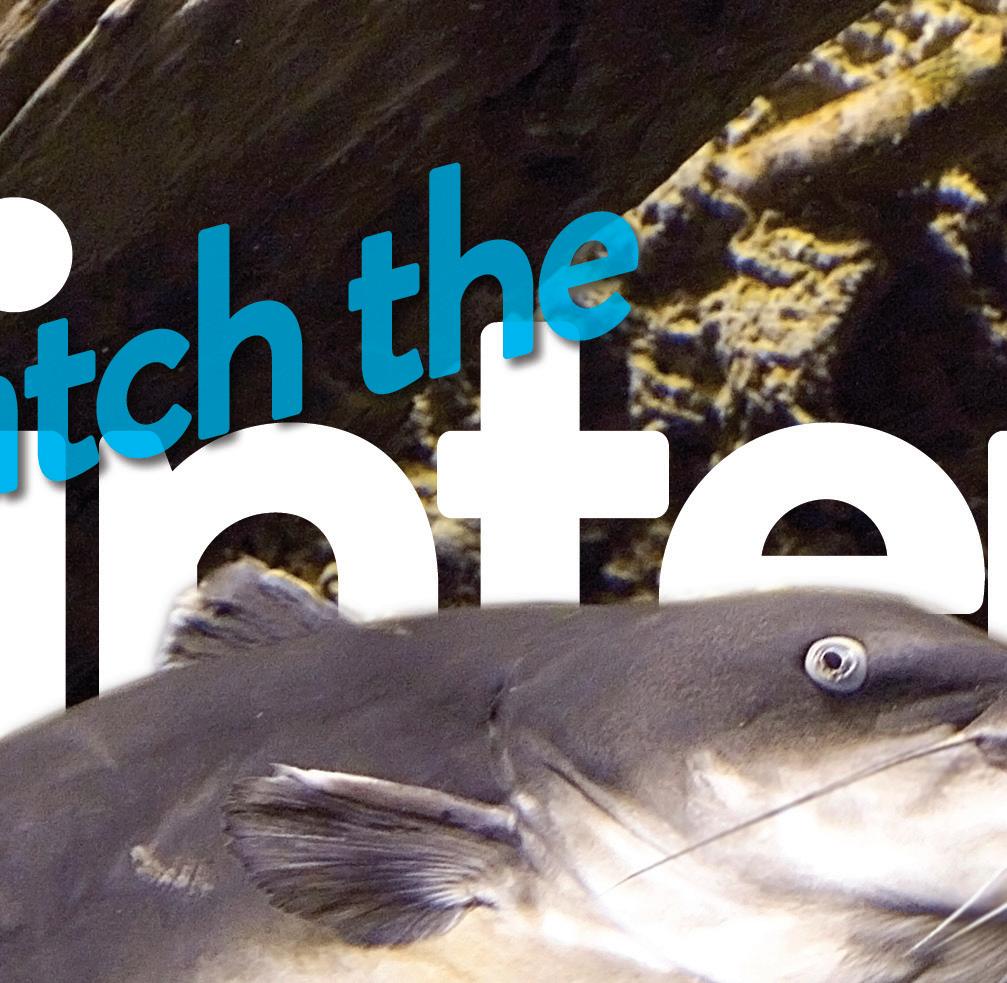
e blue cat sh record for Galveston Bay was 16.66 pounds caught by angler Ryan McKewen in 2005. Sabine Lake’s blue cat record is a whopping 42.78-pound sh caught by Bobby Hutchison also in 2005.
Just to show that when fresh water inundates bays, you never know what might be swimming there, Sabine Lake also has a record for athead cat sh.
It weighed 50.15 pounds and was caught in 2016.
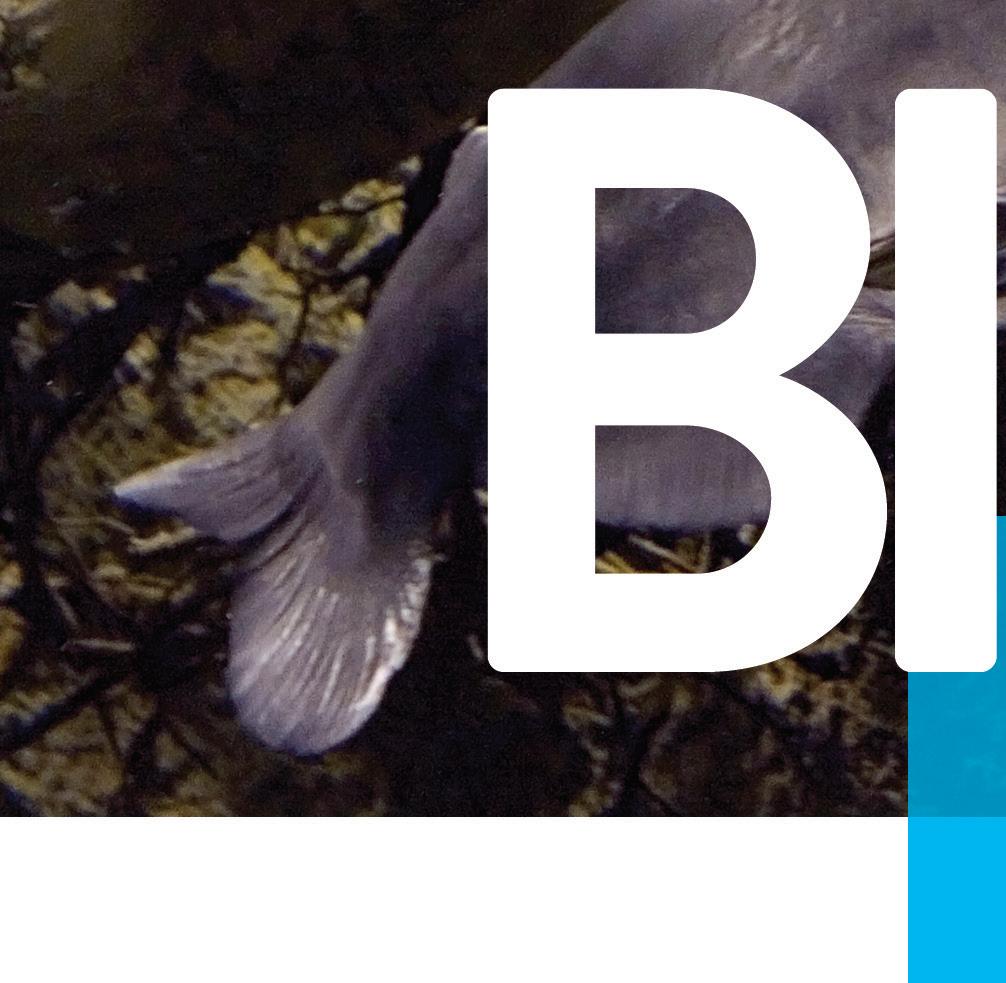
Dnd red sh in the fall and winter
Another spot he targets is along the edge
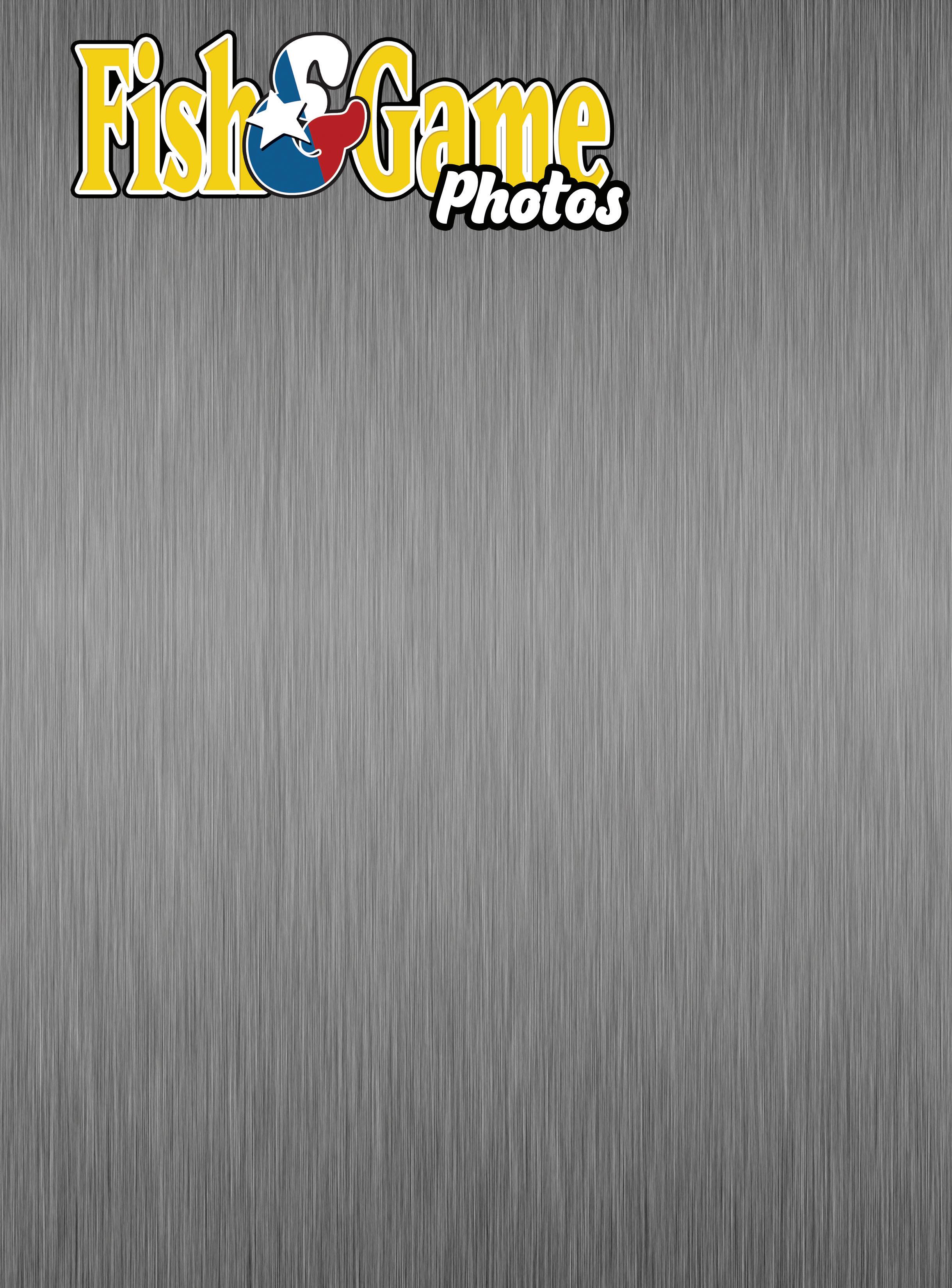


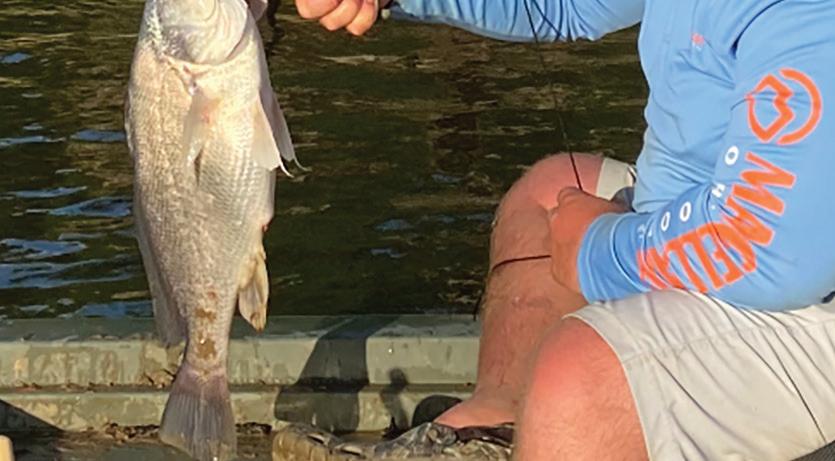


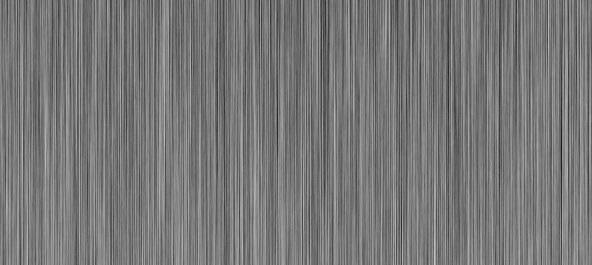

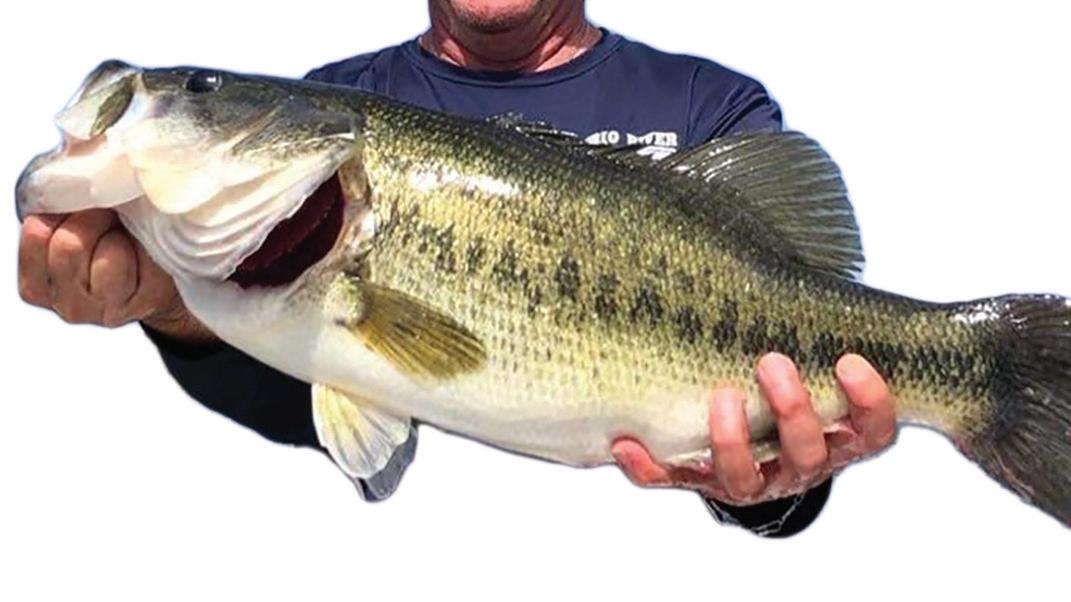
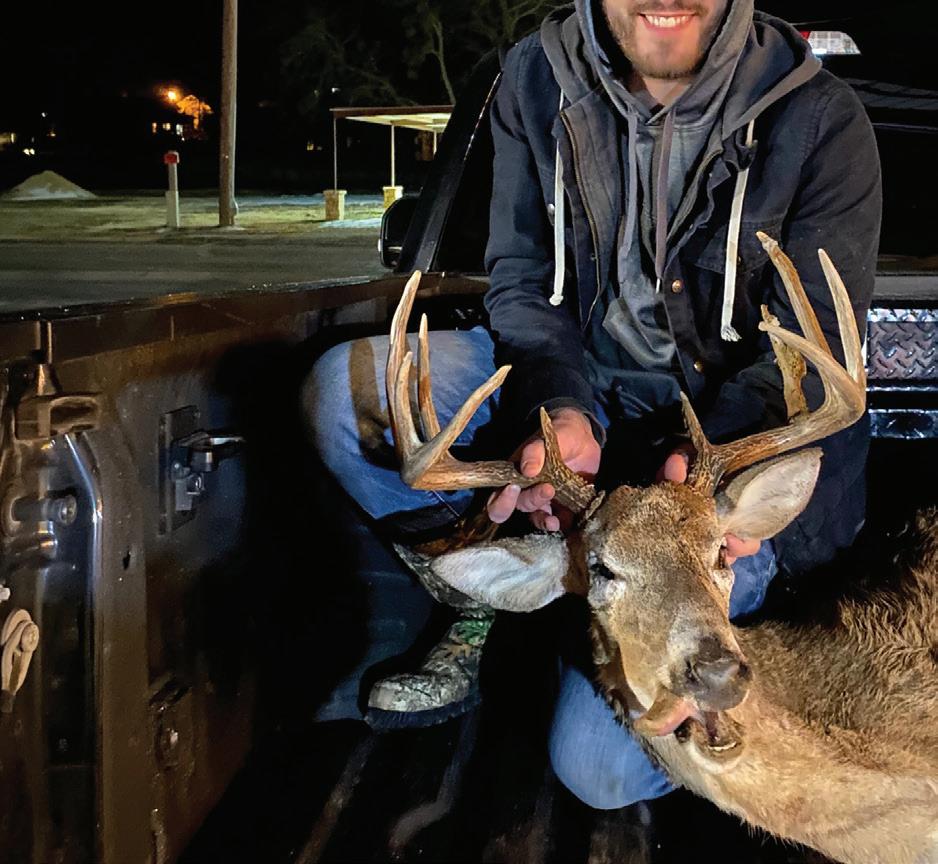

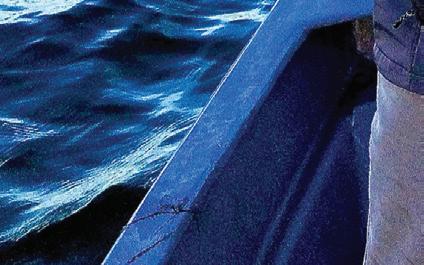


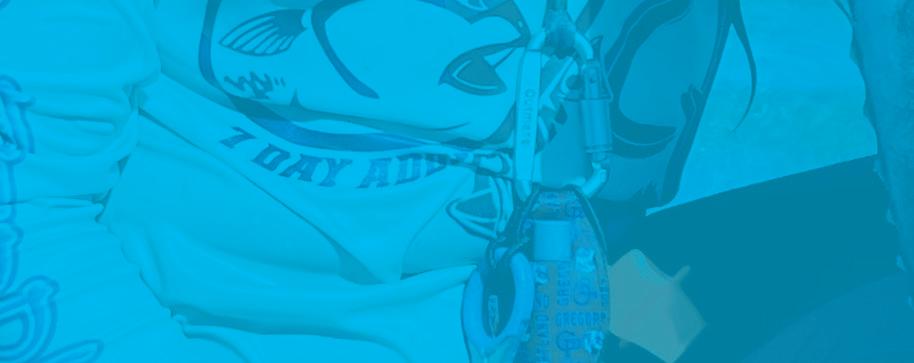






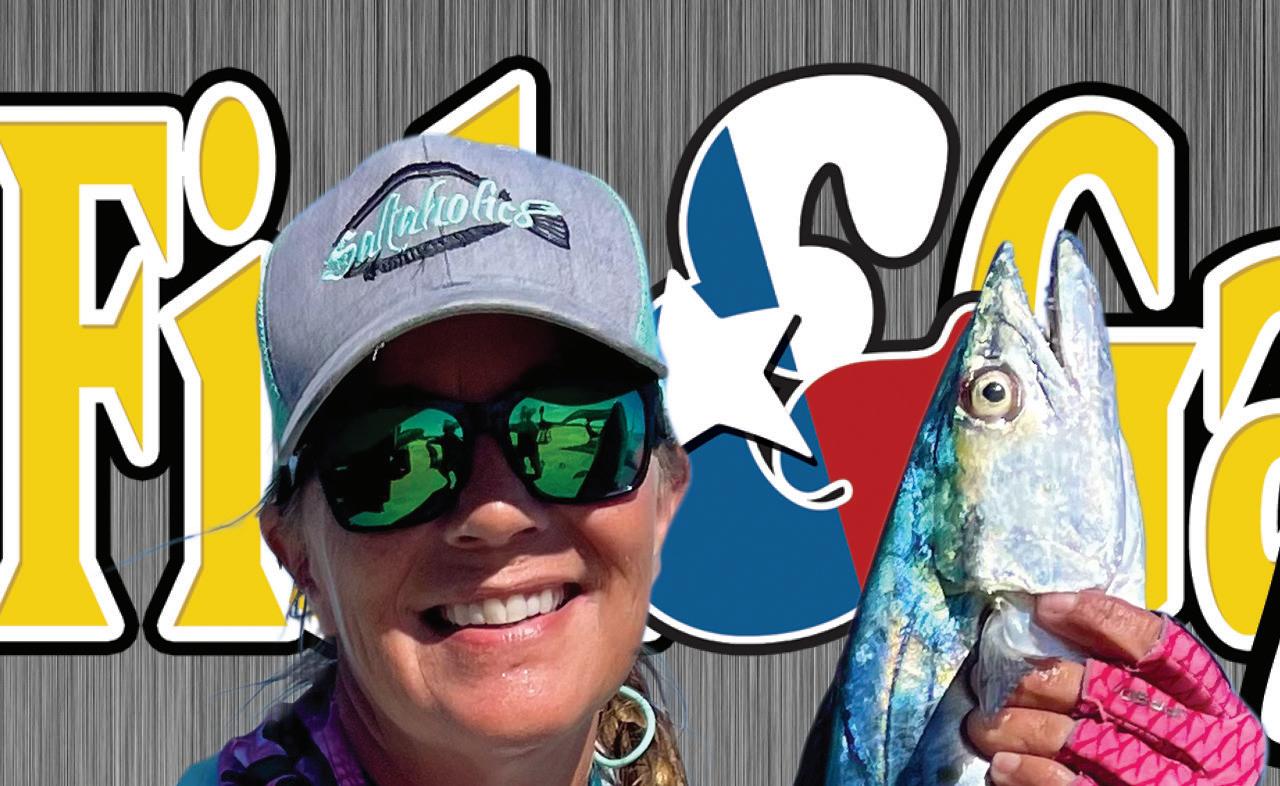




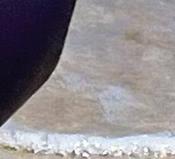

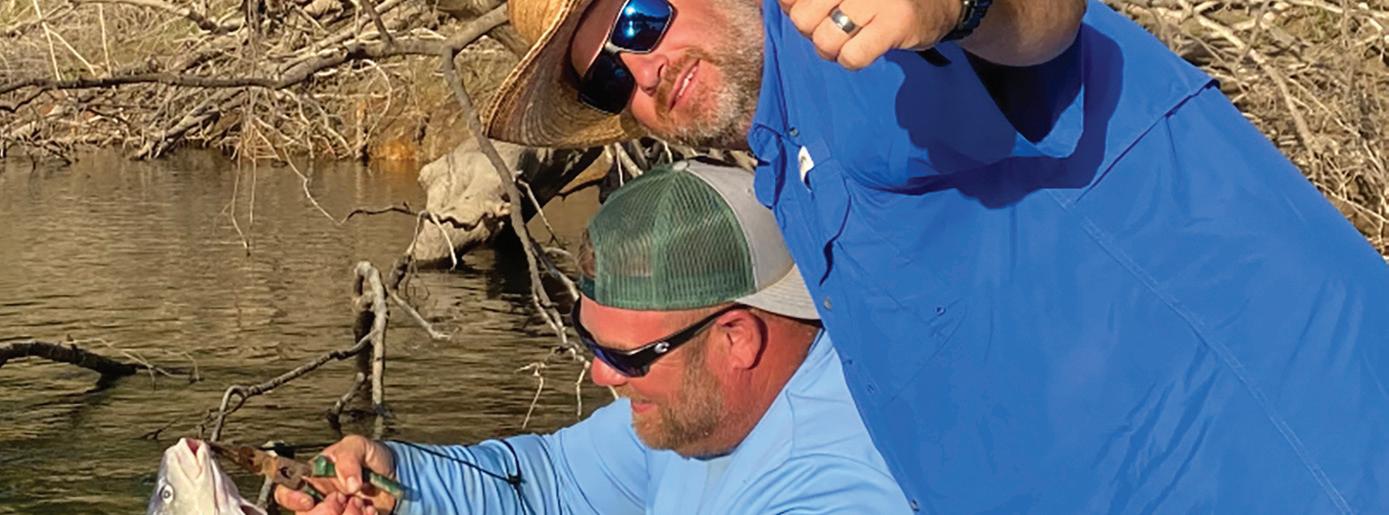







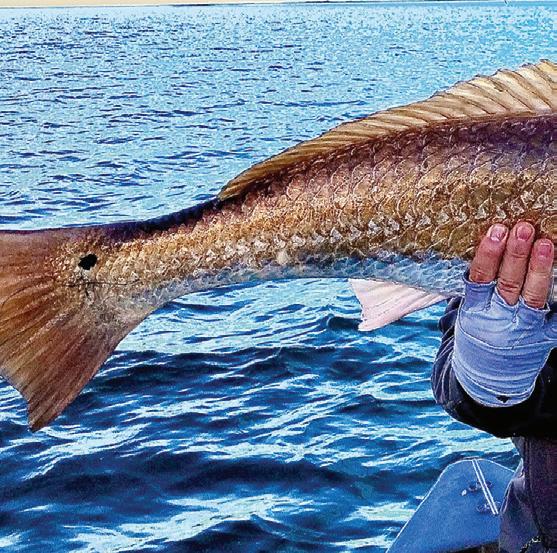
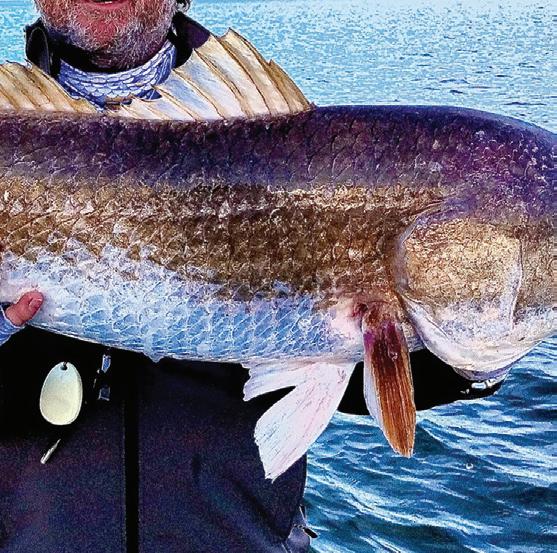


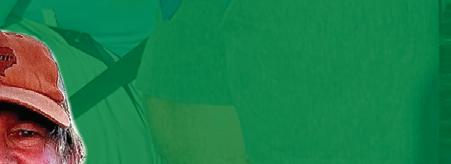

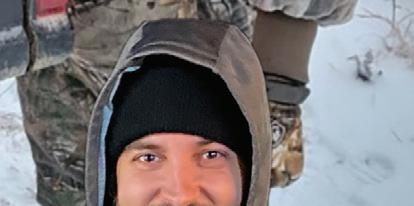
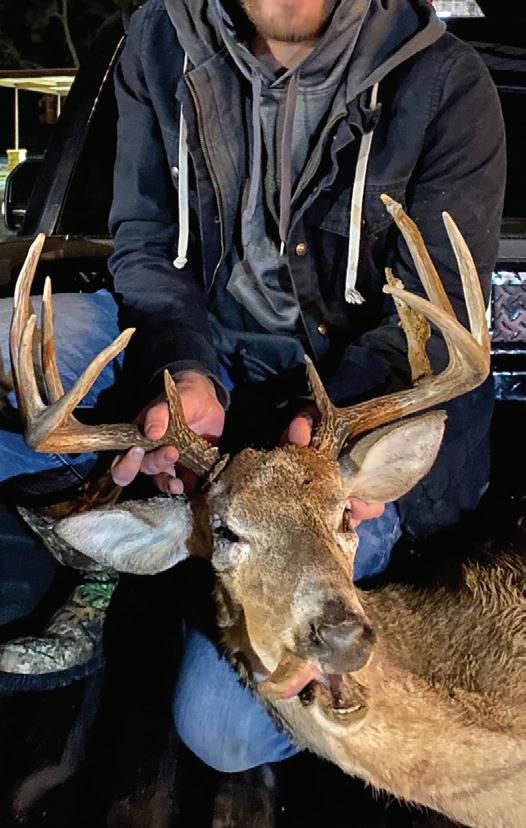














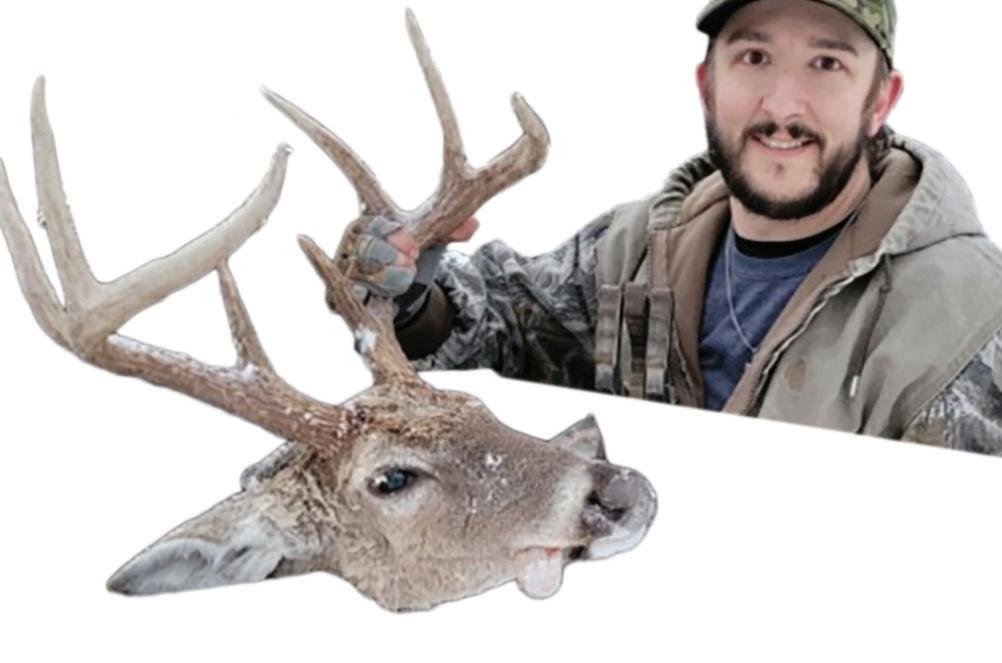

hogs run along a fence line about two hundred yards away. e Hamlin lease is pre y wide open in places, and the pasture full of mesquite is easy to see through.
Wrong Willie was pacing me, following a pig trail about forty yards o to my le . e entire pasture was crisscrossed with trails and dry wallows where the hogs had buried up for several years.
By the time I saw that bunch of pigs, we’d already seen more than a hundred, and we hadn’t been there but a couple of hours. Most were too far to shoot, and some heard us when we arrived and scattered through the tree line that wrapped the lease.
Willie’d been ickering in and out of the mesquites, so when he stepped into the open, I waved to get his a ention. Cradling the AR in the crook of his arm, he followed still another trail to where I was standing.

I jerked a thumb to the north. “Did you see that bunch of pigs?”
“ at’s called a sounder.”
Sigh.
“We don’t have time for this discussion. I want to shoot them instead of talk about ’em, but a mixed group of hogs is called a passel, so I just saw a passel of hogs.”
“Sounder.”





























“It was half-grown hogs and some halfgrown pigs. I could have called it a dri or a drove, depending on how many of each there was, but I didn’t count ’em. Would you like that be er, because that’s what you call younger pigs.”
“A group of young pigs is a li er.”
“ ere was a li er following one mama, but the point is that…”
“Did you know a group of boars is called a singular? at’s funny. I wonder why several is singular.”
“ e point is that I want to walk over there and shoot some of them.”
“We’ll get a passel of ’em with this AR.” Willie pa ed his ri e.

I ignored his li le lame joke. “Anyway, I know what they’re called, but it sounds odd to say sounder. I’ve never heard anybody say that aloud. Let’s go get one of those big ones.”
“You’re the writer. Use the right words.”
gang. I wonder if those old bu alo hunters used that term. Oh, get this. I’d forgo en that a bunch of crows is also called a murder. A murder of crows.”
“I’m thinking about murder right now. Shhhh.”
“And then there’s a parliament of owls.”
I couldn’t help it. “ ose are the titles to books by Patrick Buchanan.” I remembered the author from when I was a kid. “ ose were great mysteries.”
“More than one fox is a skulk, and get this, several hippopotami…

…he emphasized the word to make it sound funny…
“More of a writer than a speaker. I get what you’re saying, like a group of crows is also sometimes called a congress, which is
what you’re saying, like a group of crows is
…is called a bloat.” Willie cackled like a lunatic. “Big hippopotamuses is a bloat. Get





lunatic. “Big hippopotamuses is a bloat. Get it?”
funny in its own right, because most politi-

cians just caw and complain, but I just saw a big…sounder…of hogs run that way. ey disappeared into those thick shin oaks.”
I glanced over and Willie was staring at his cell phone. We get a pre y good signal out there, and he looked up with a grin. “Get this. A group of apes is called a shrewdness. I didn’t know that.”
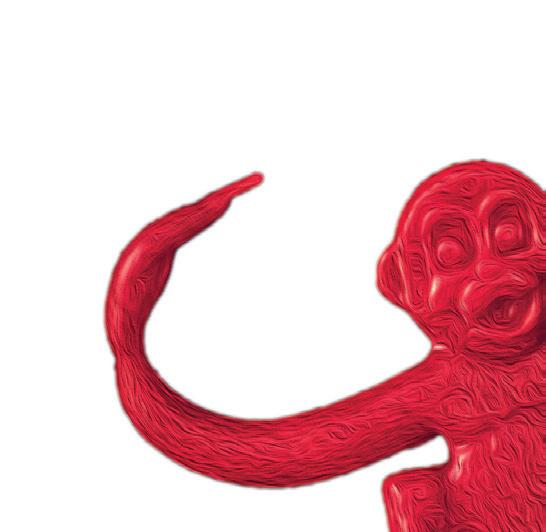
“Let’s go get ‘em.”
“ ere aren’t any apes around here.”
“ e hogs. Here’s what I’ll do. See that rise? I’ll walk around the le side. e hogs in there will smell me like the last time, and when they come running out, you can get a few shots. en, I’ll get the ones that are farther away with my ri e.”
I led the way and Willie followed, still talking. “ is is cool. A group of bu alo is a

I whispered, though his laugh probably woke up Rip Van Winkle. “I’m going around now. Get ready to shoot.”
I whispered, though his laugh probably
“And a wonder where a labor of moles came from. And then there’s…” e pigs winded me and charged out of the shoulder-high oaks. From where I stood, I couldn’t see them, but I heard Willie yelp and a second later his ri e opened up, ring as fast as he could pull the trigger.
of the shoulder-high oaks. From where I see
I walked around to see him picking up his phone from the dirt. “Did you get any?”
I walked around to see him picking up his
“I wasn’t ready. ey surprised me.”
I sighed. “ is feels like I’m hunting with Delbert P. Axelrod. You’re about as loud as a pandemonium of parrots and I’m feeling like an unkindness of ravens enough that I’m about to knock a knot of toads on your head.”
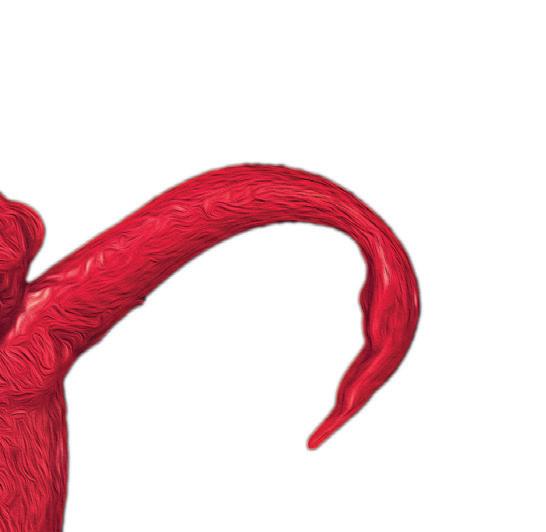
He glanced up from the screen. “How’d you know what all those were called?”
“I’m a writer, remember. Now, put that phone in your pocket and let’s go a er that other dri of pigs I just saw over there. Hunting with you these days is like hunting with a barrel of monkeys.”
 Email Reavis Wortham at ContactUs@fishgame.com
Email Reavis Wortham at ContactUs@fishgame.com

